This website was last updated on Sunday, February 8, 2026, at 19:32h CET
SELECTION OF WORKS
(2014 – 2026)
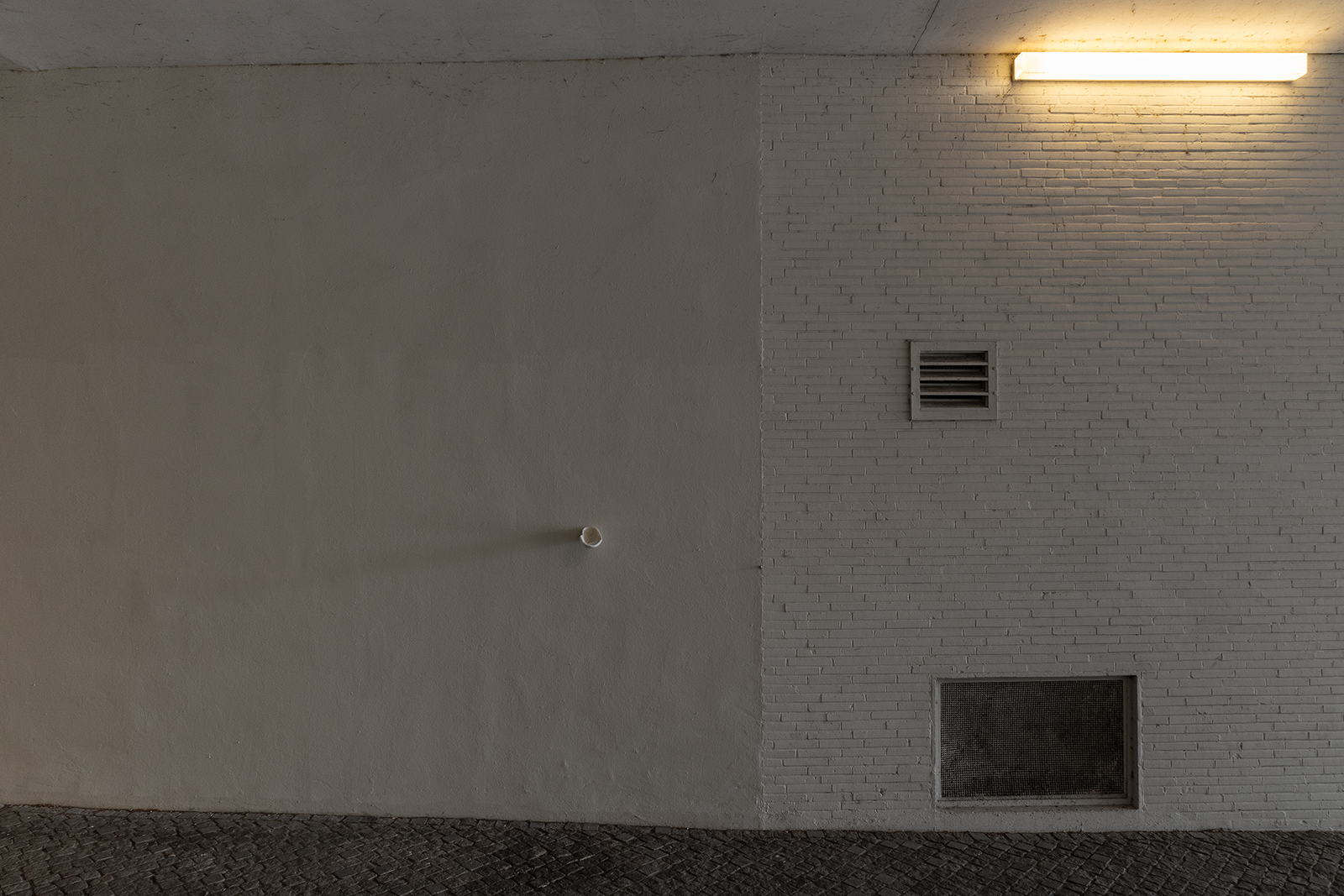
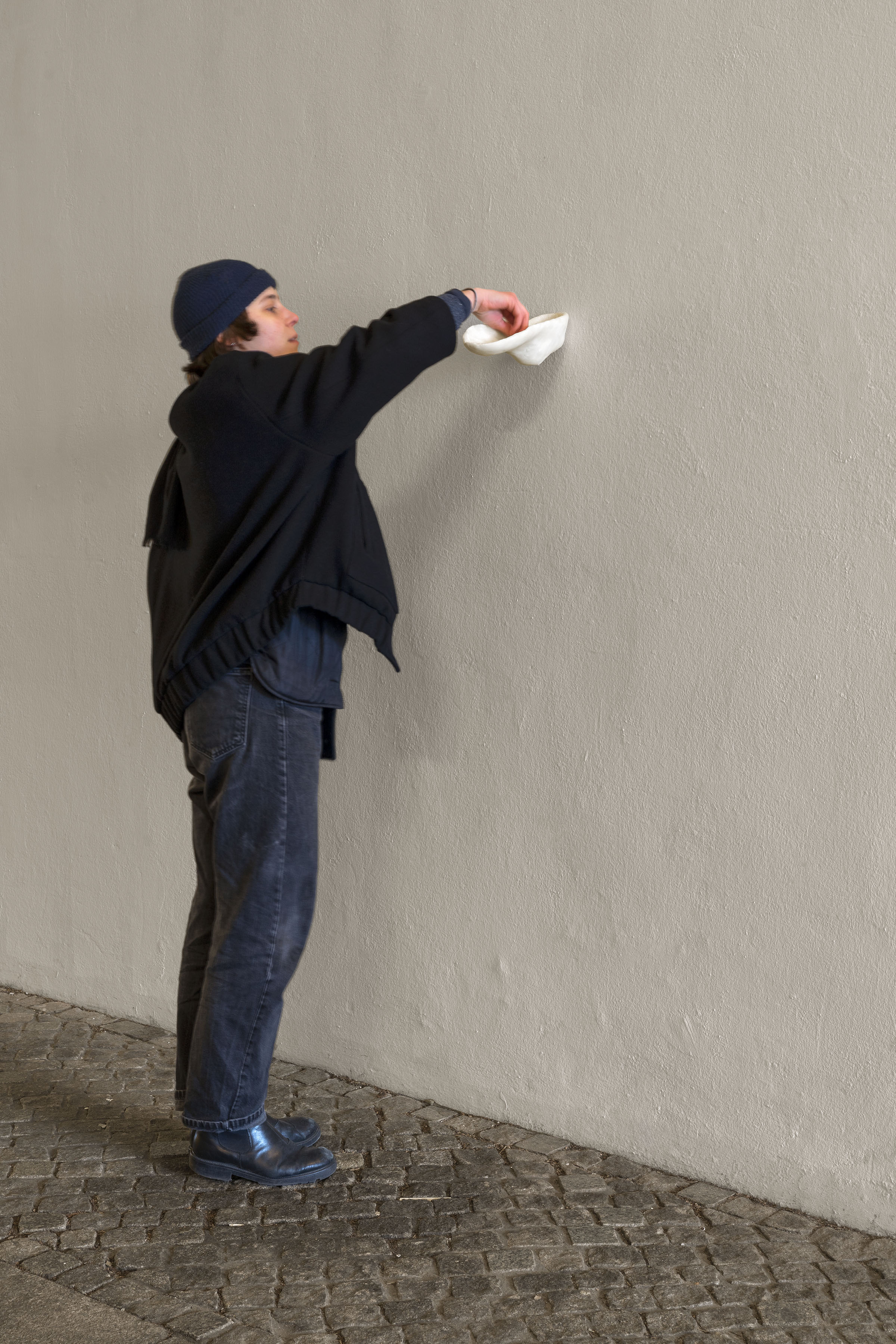
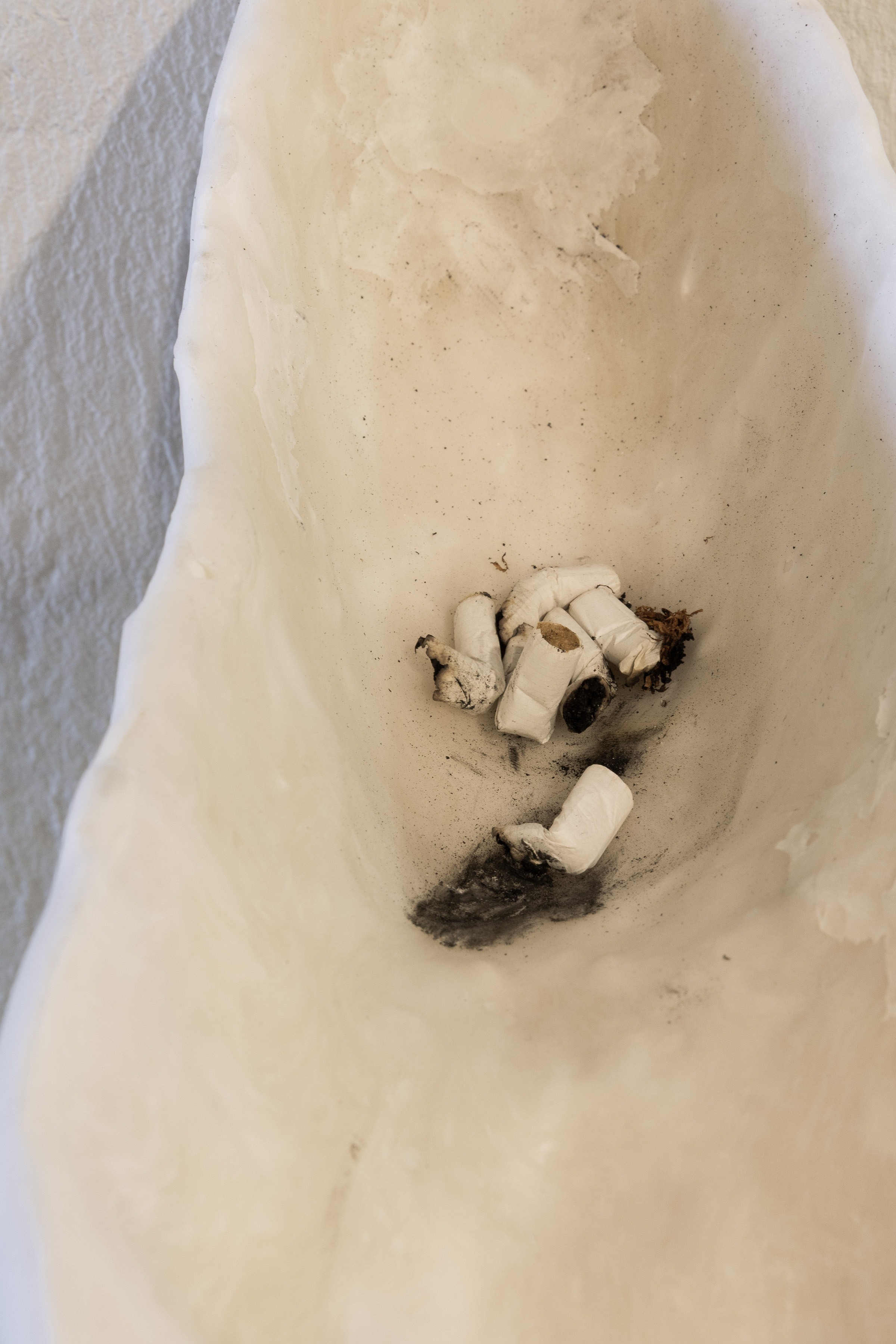
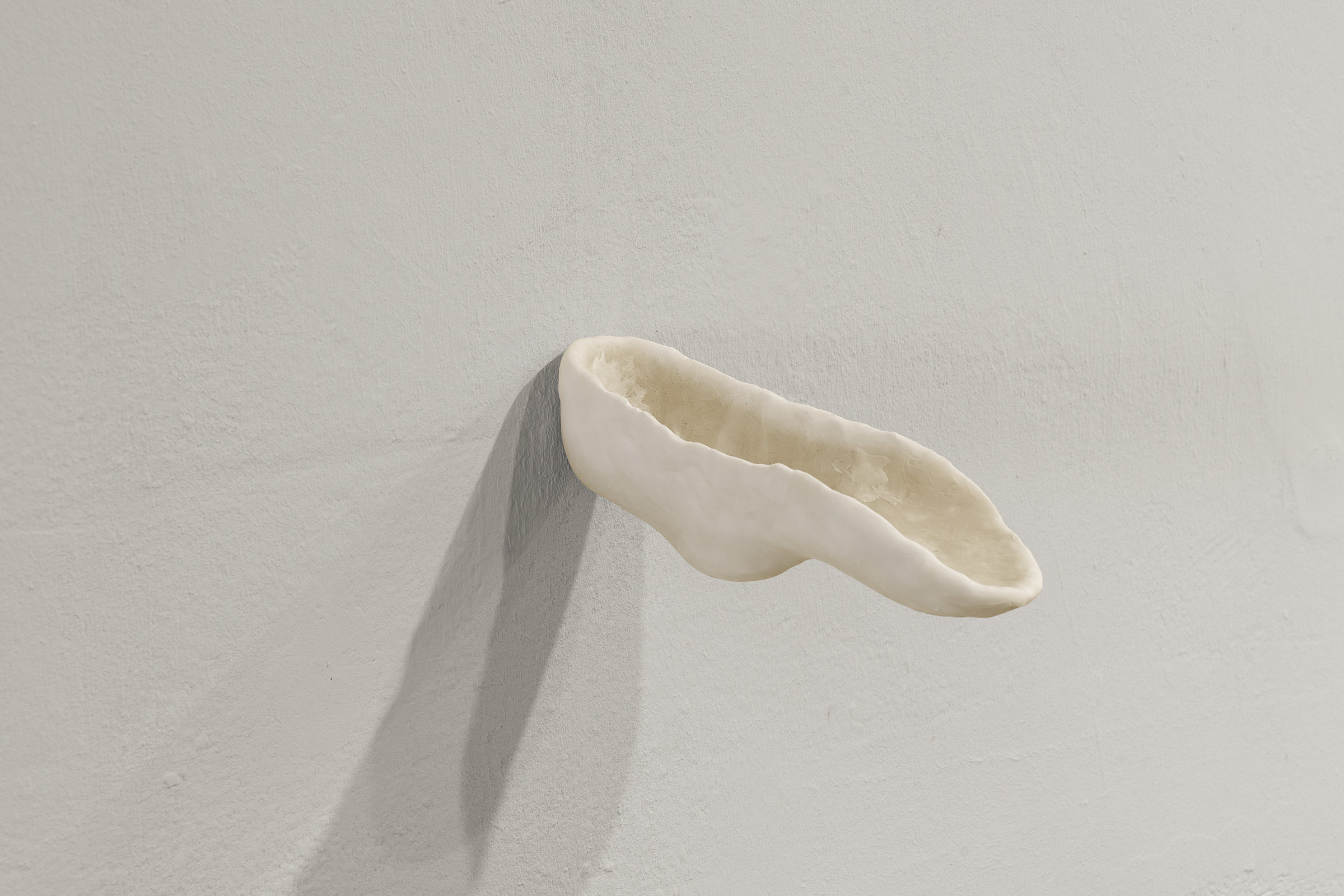
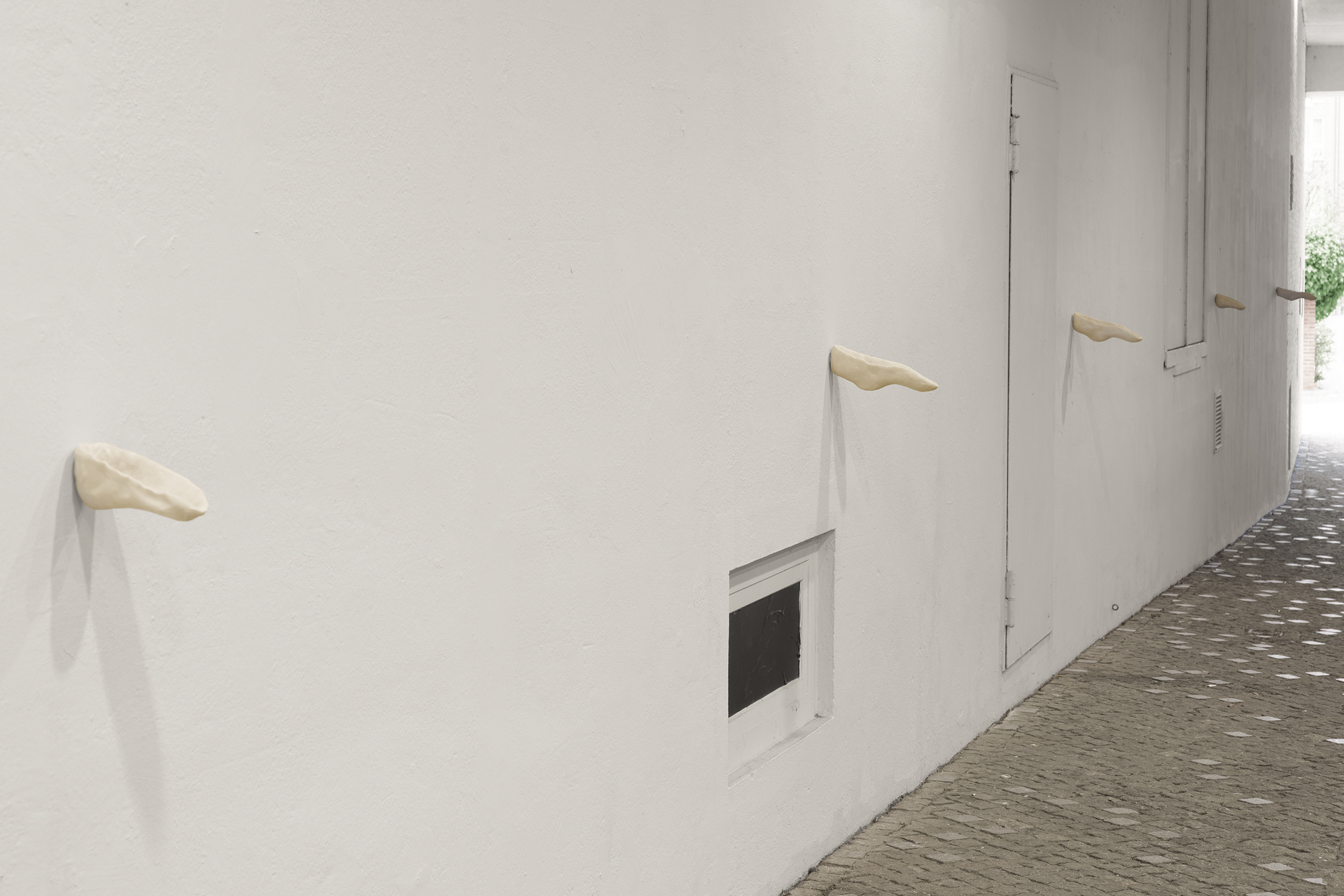
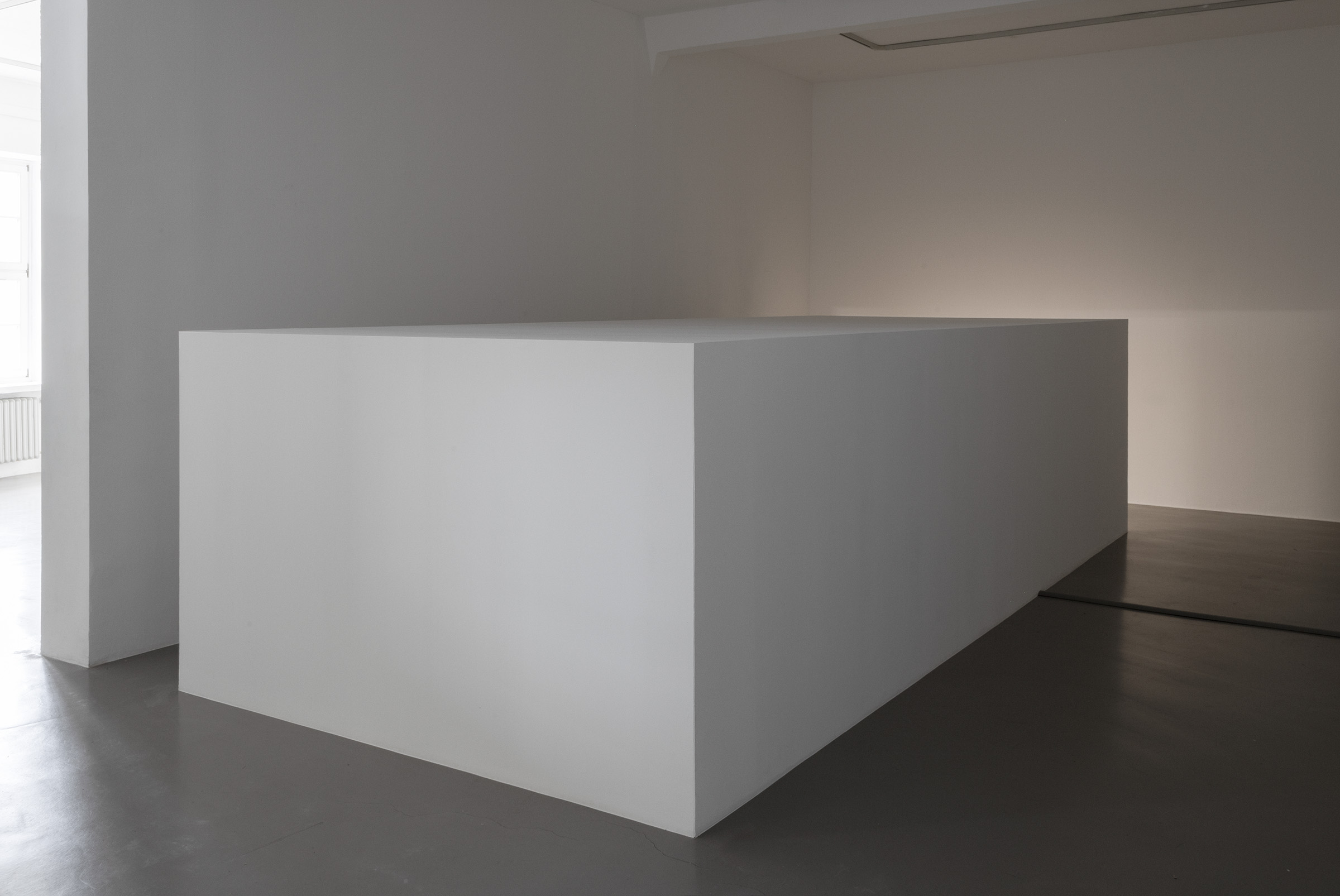
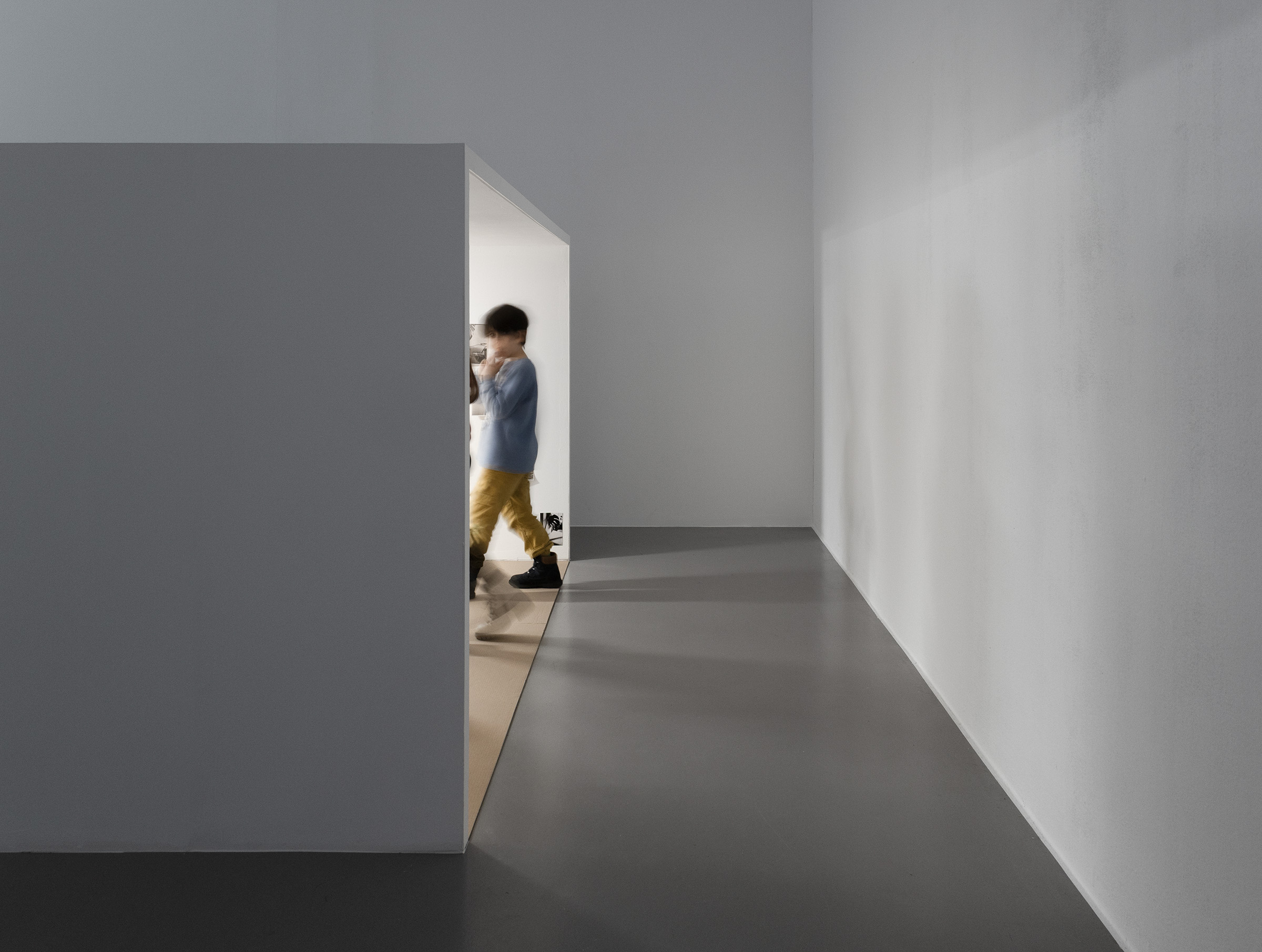
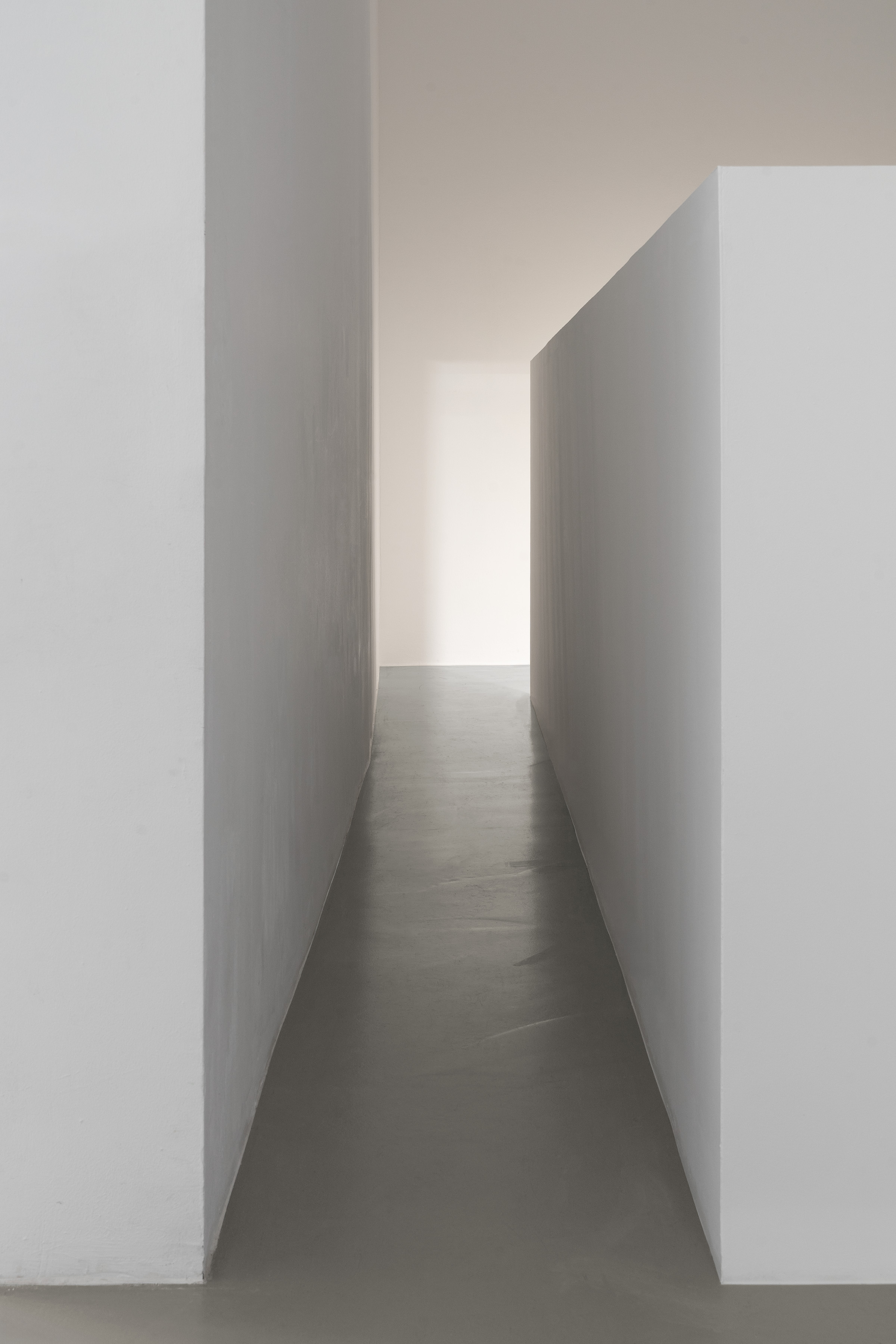
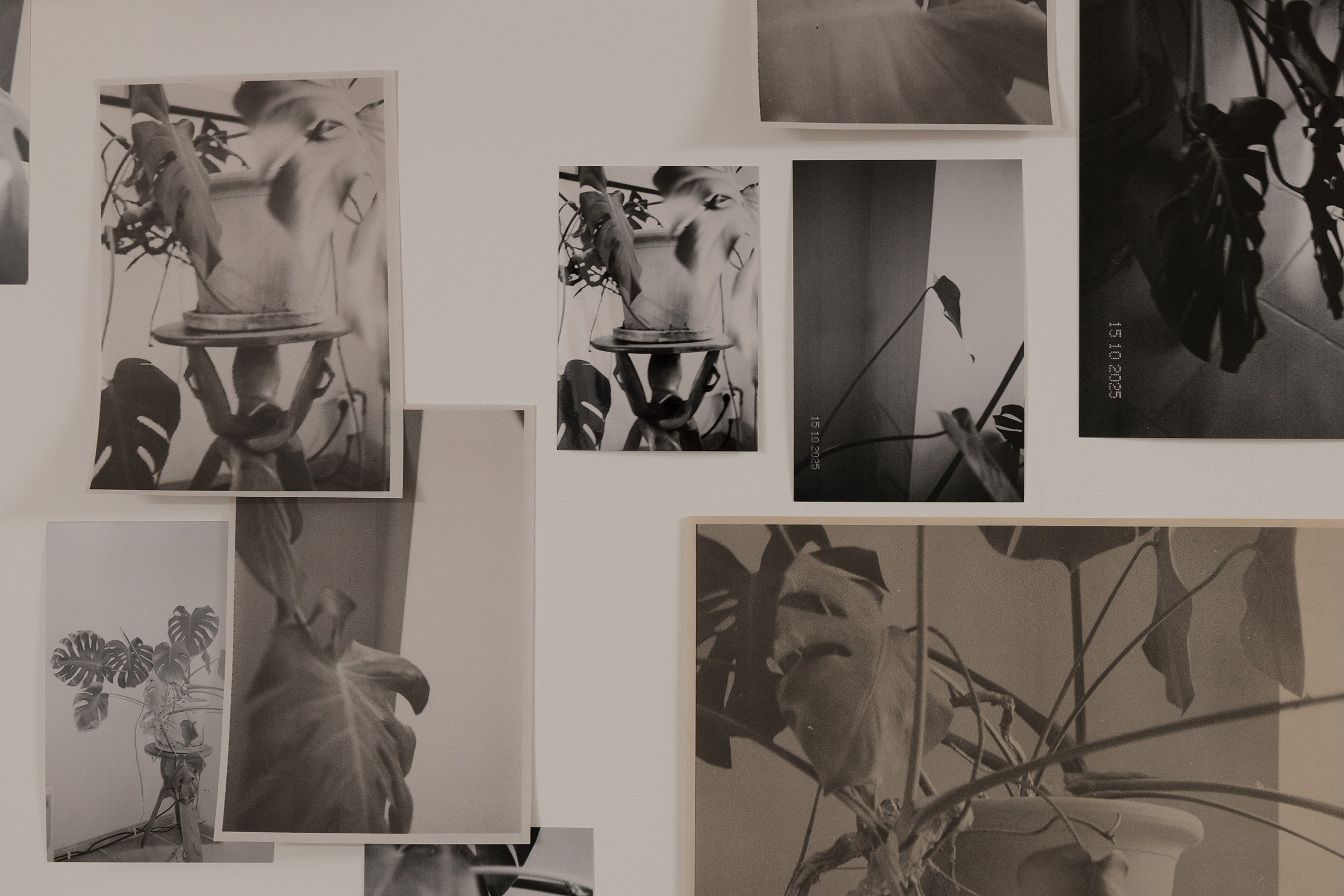
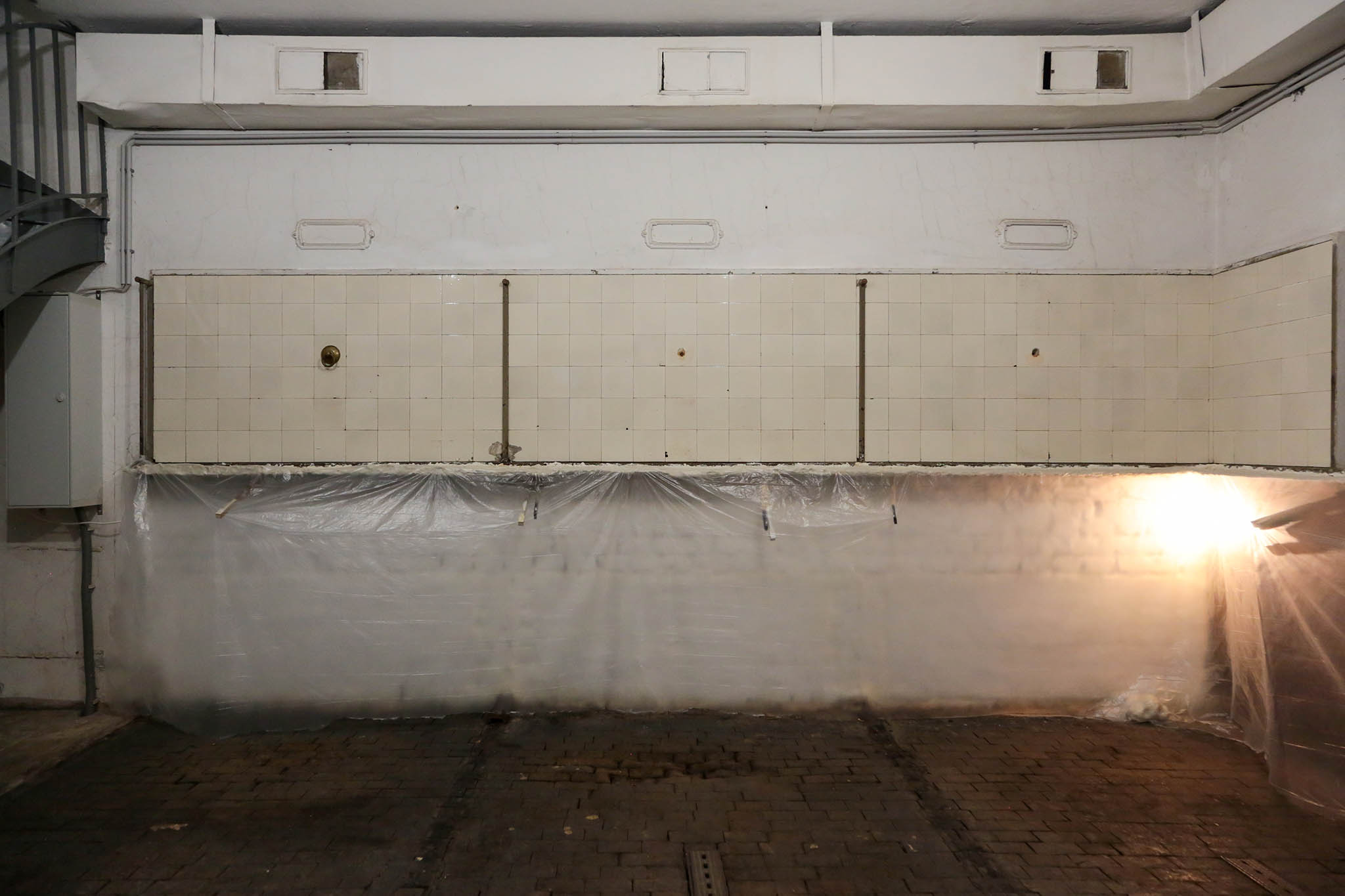
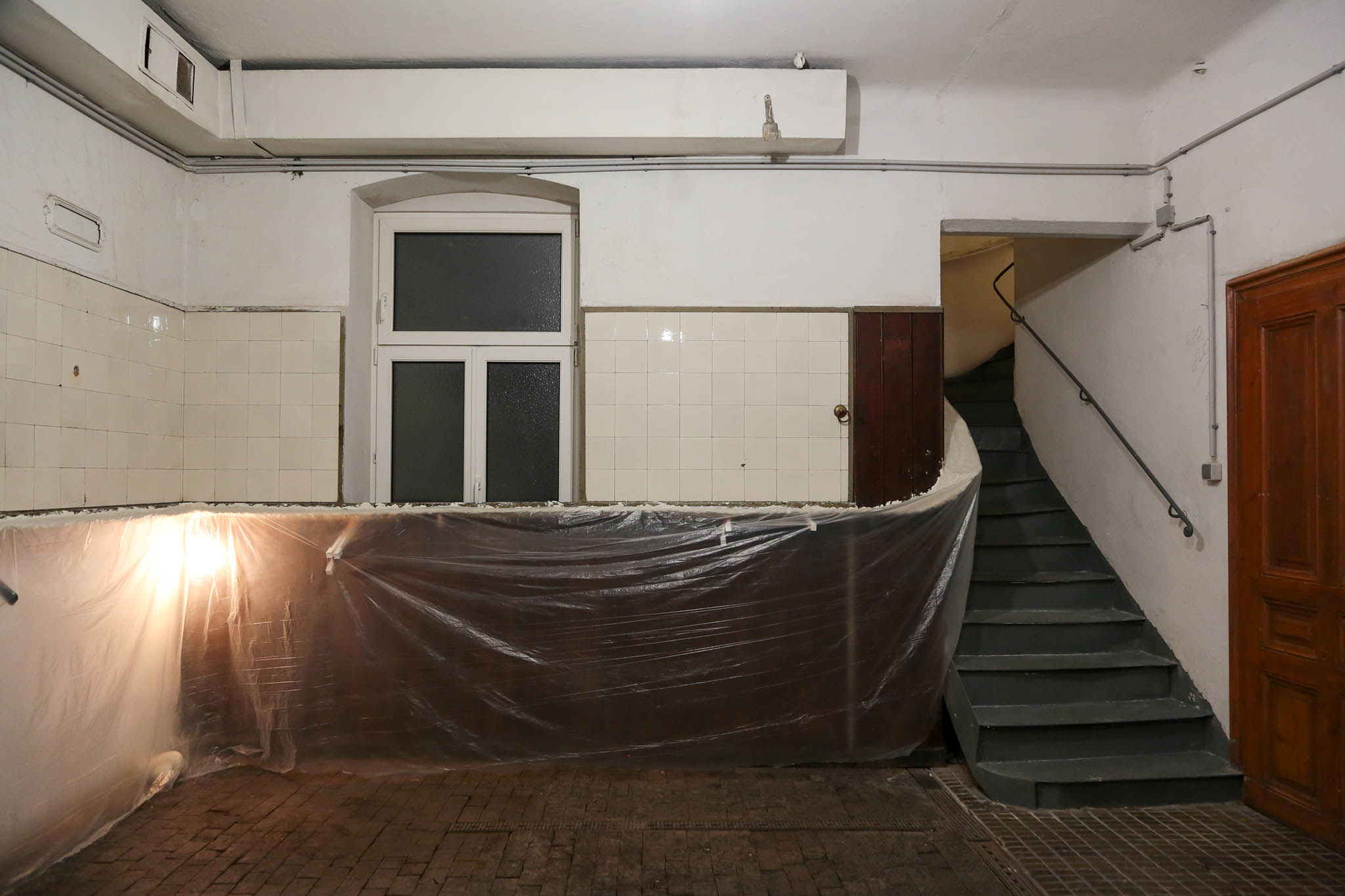

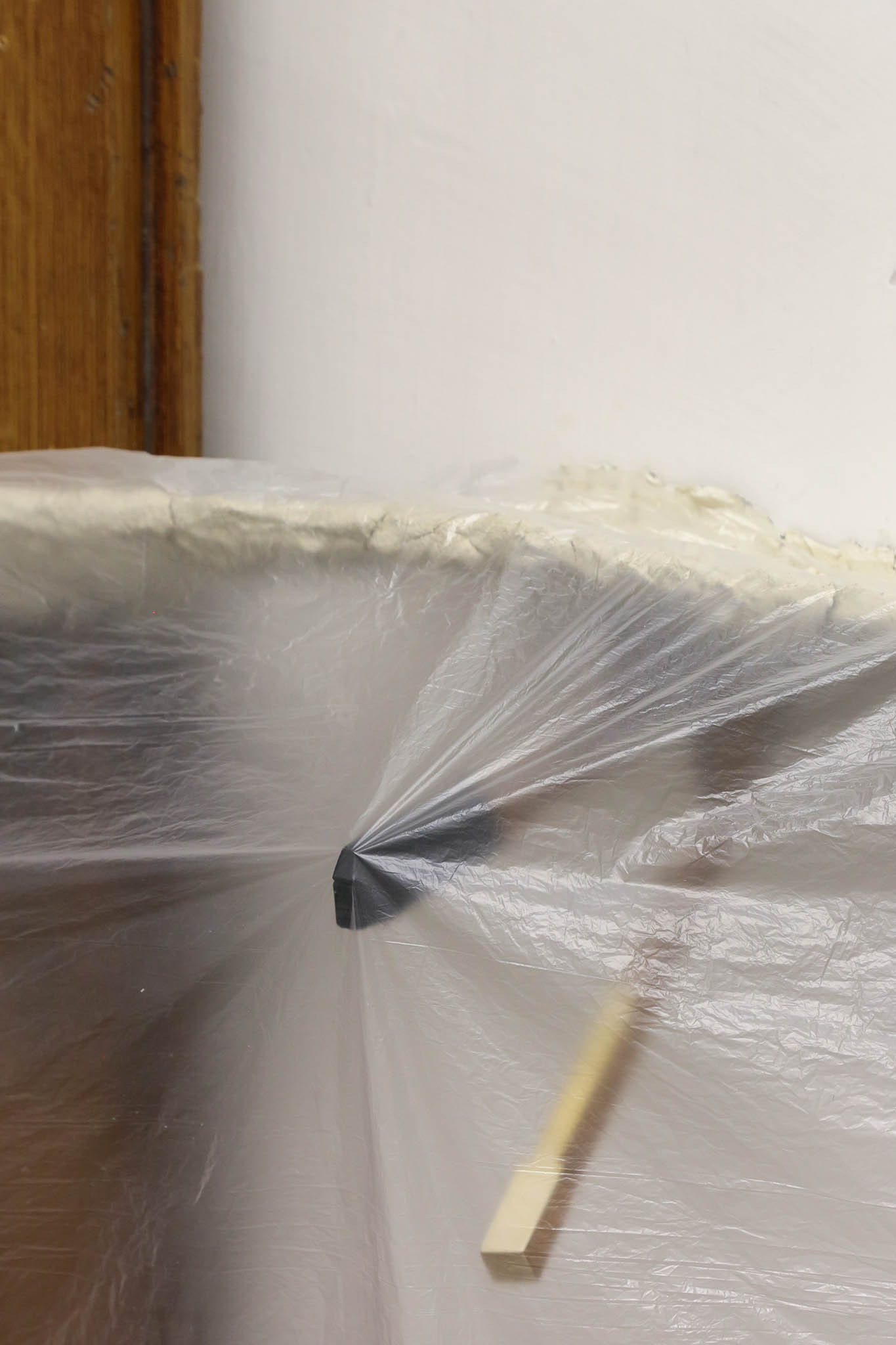
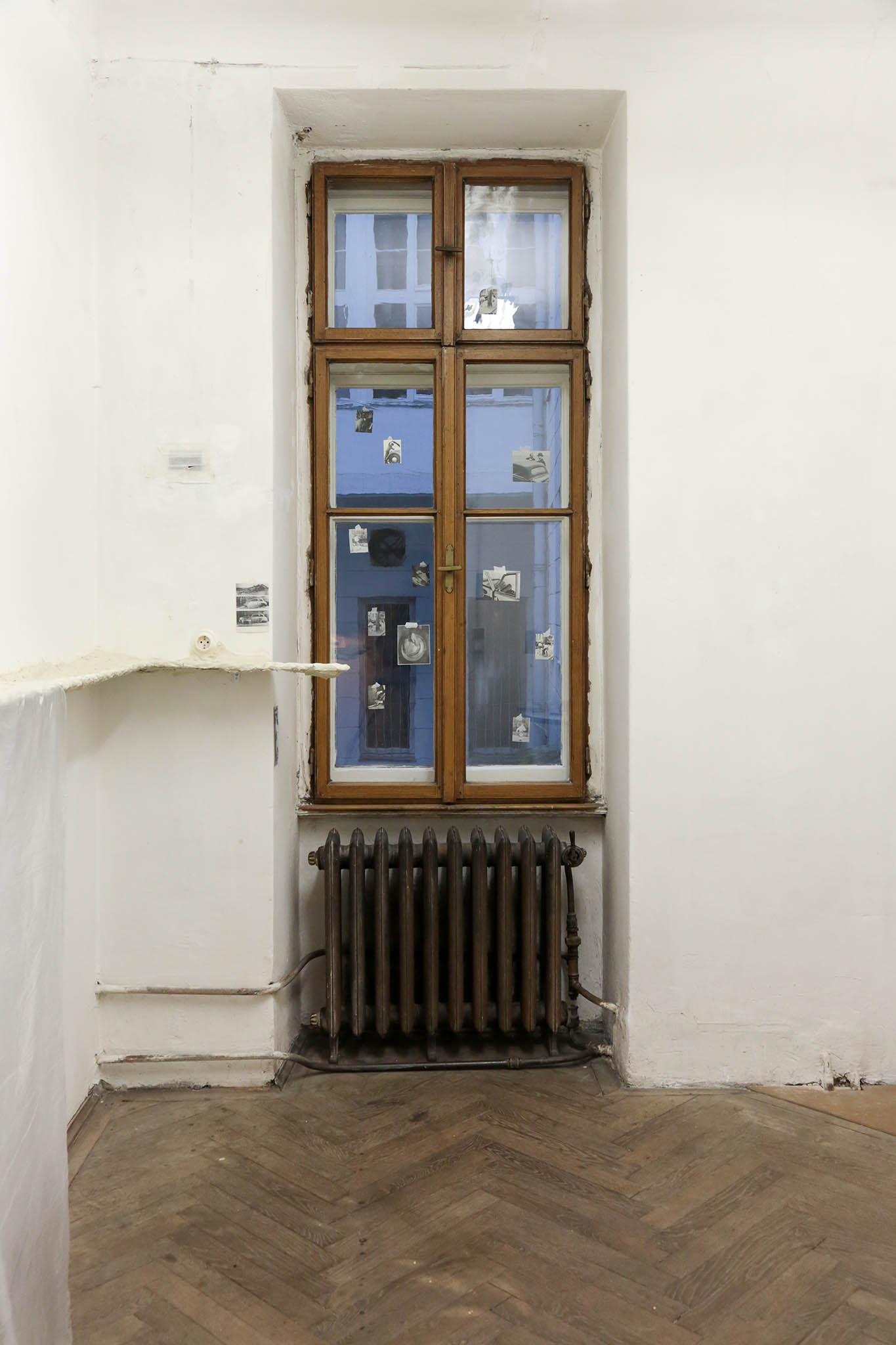


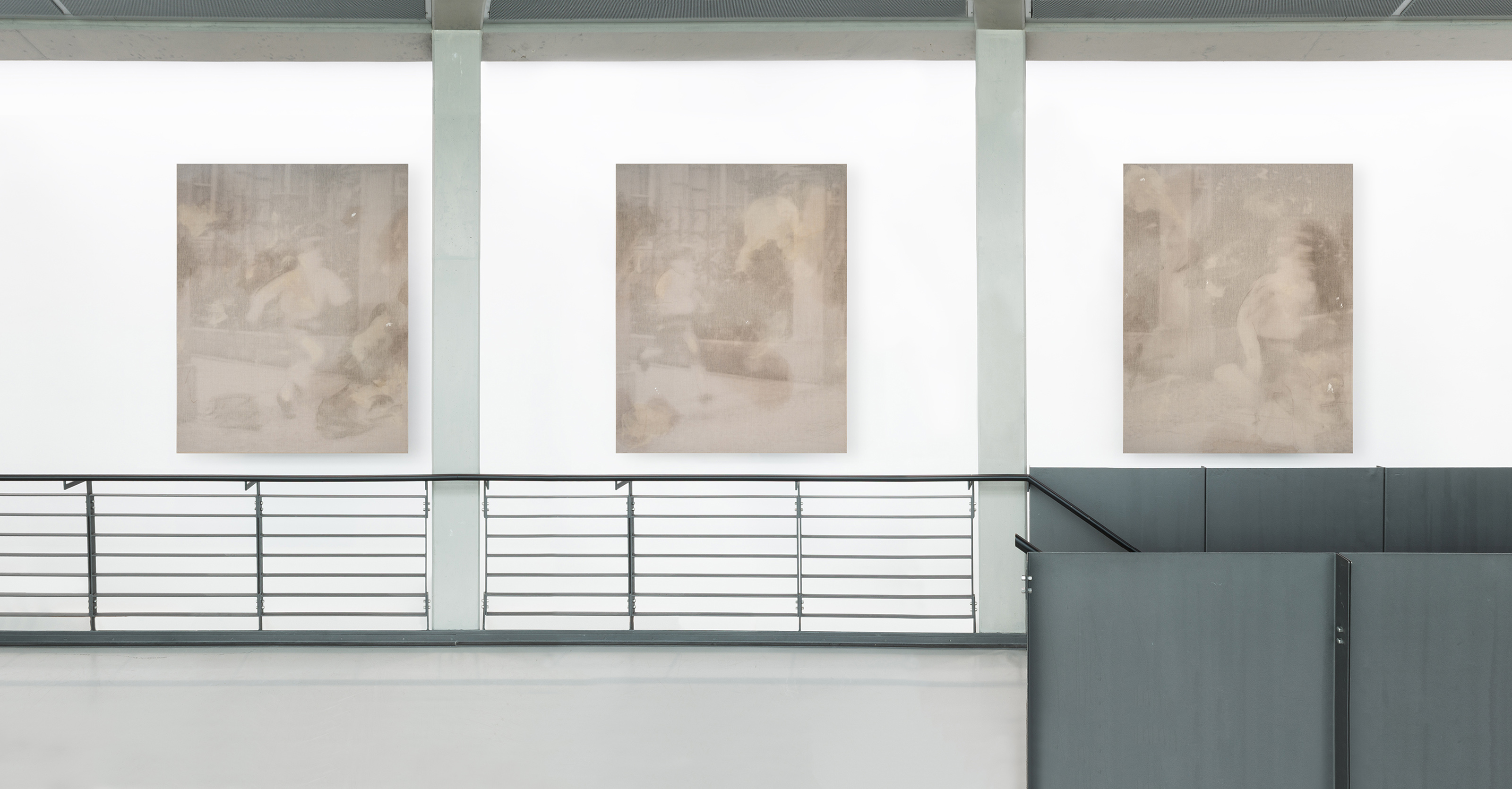
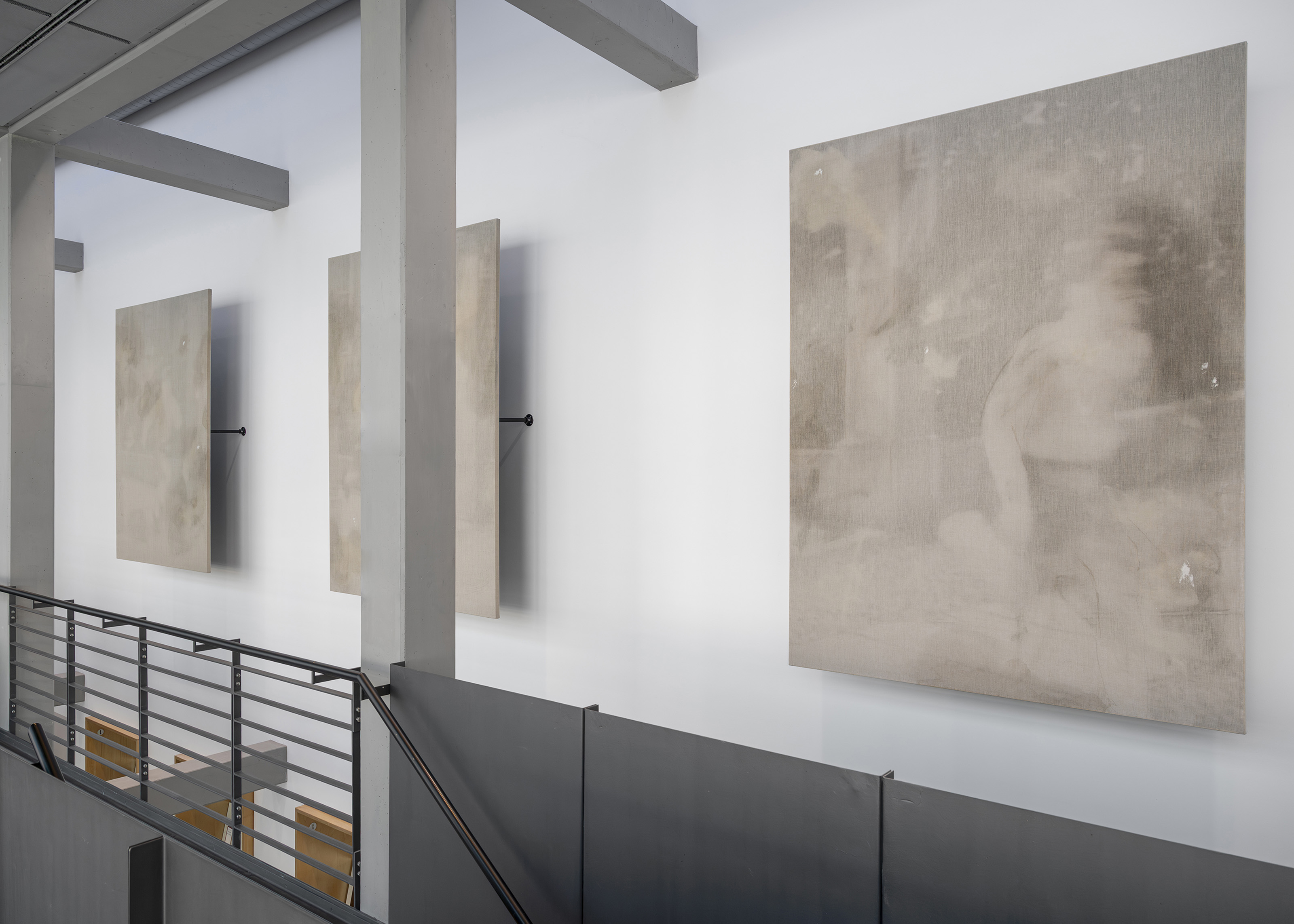
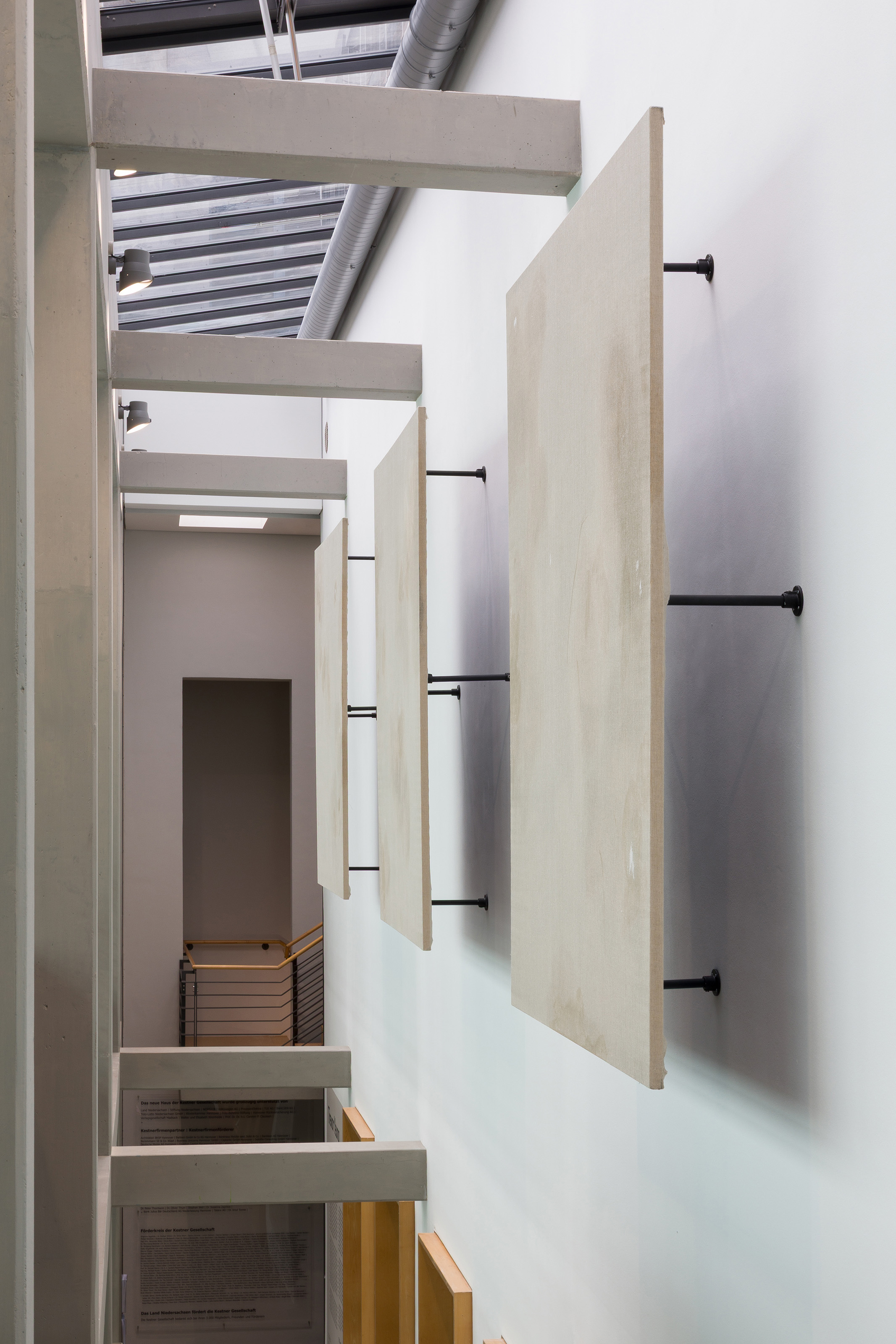
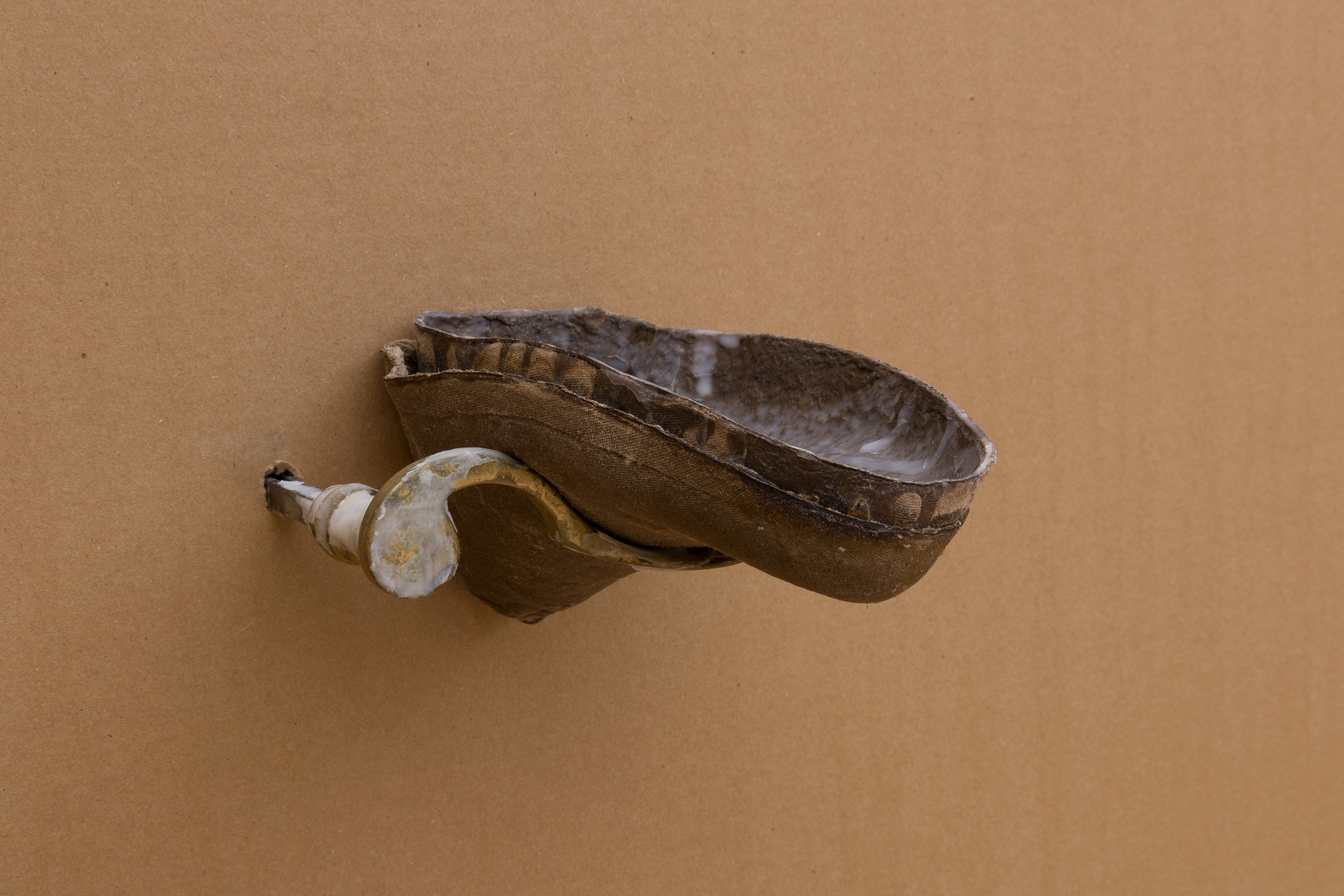
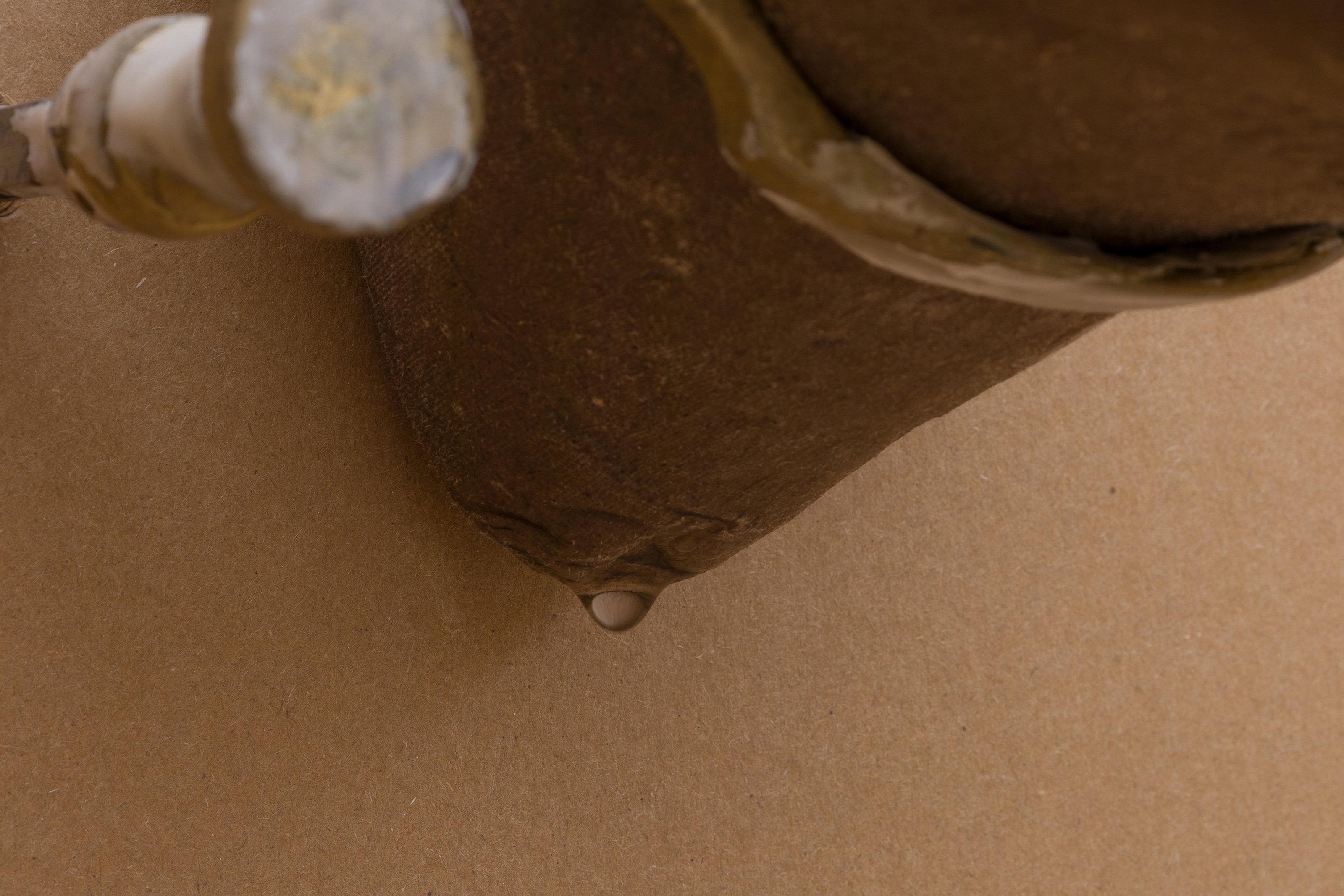
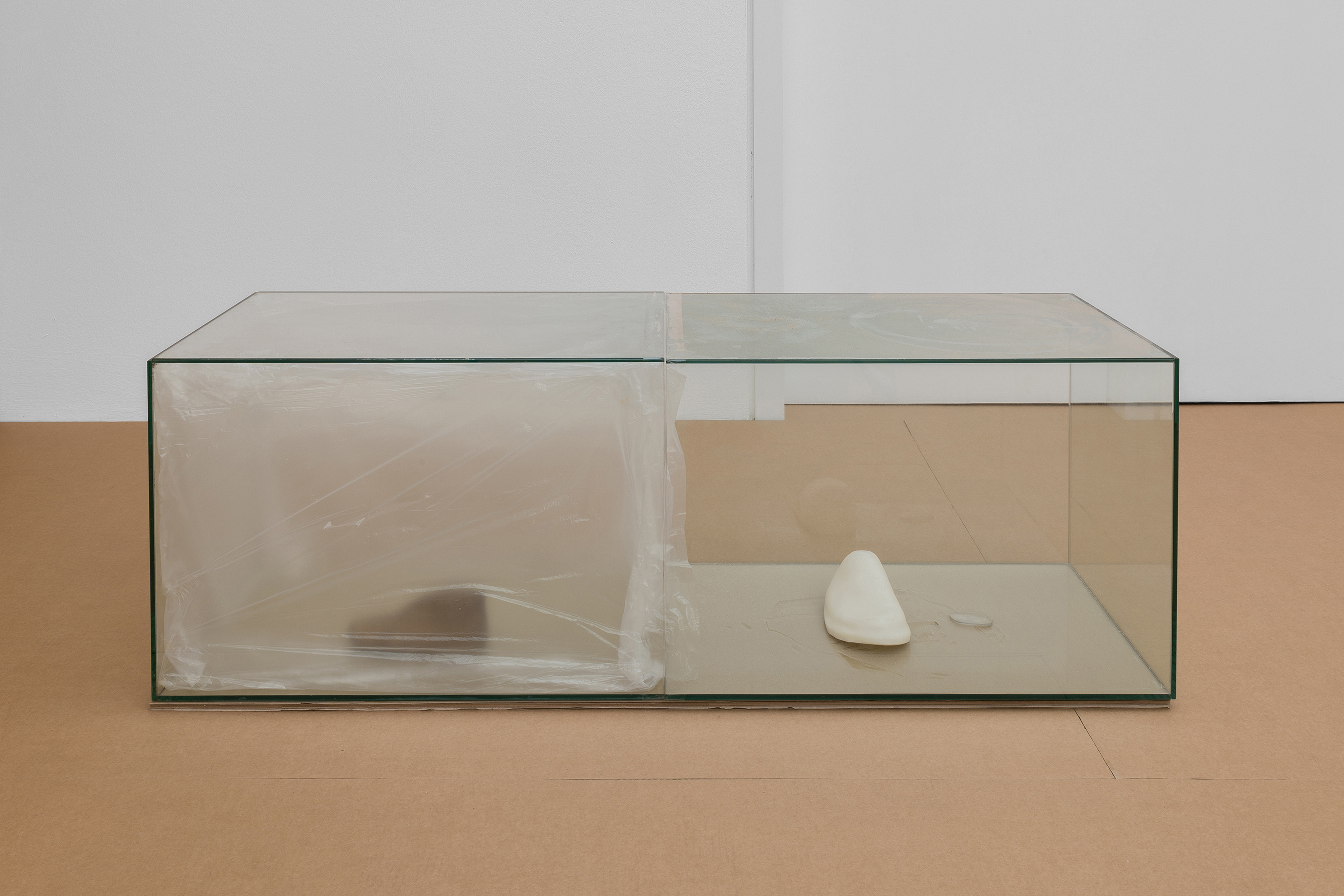
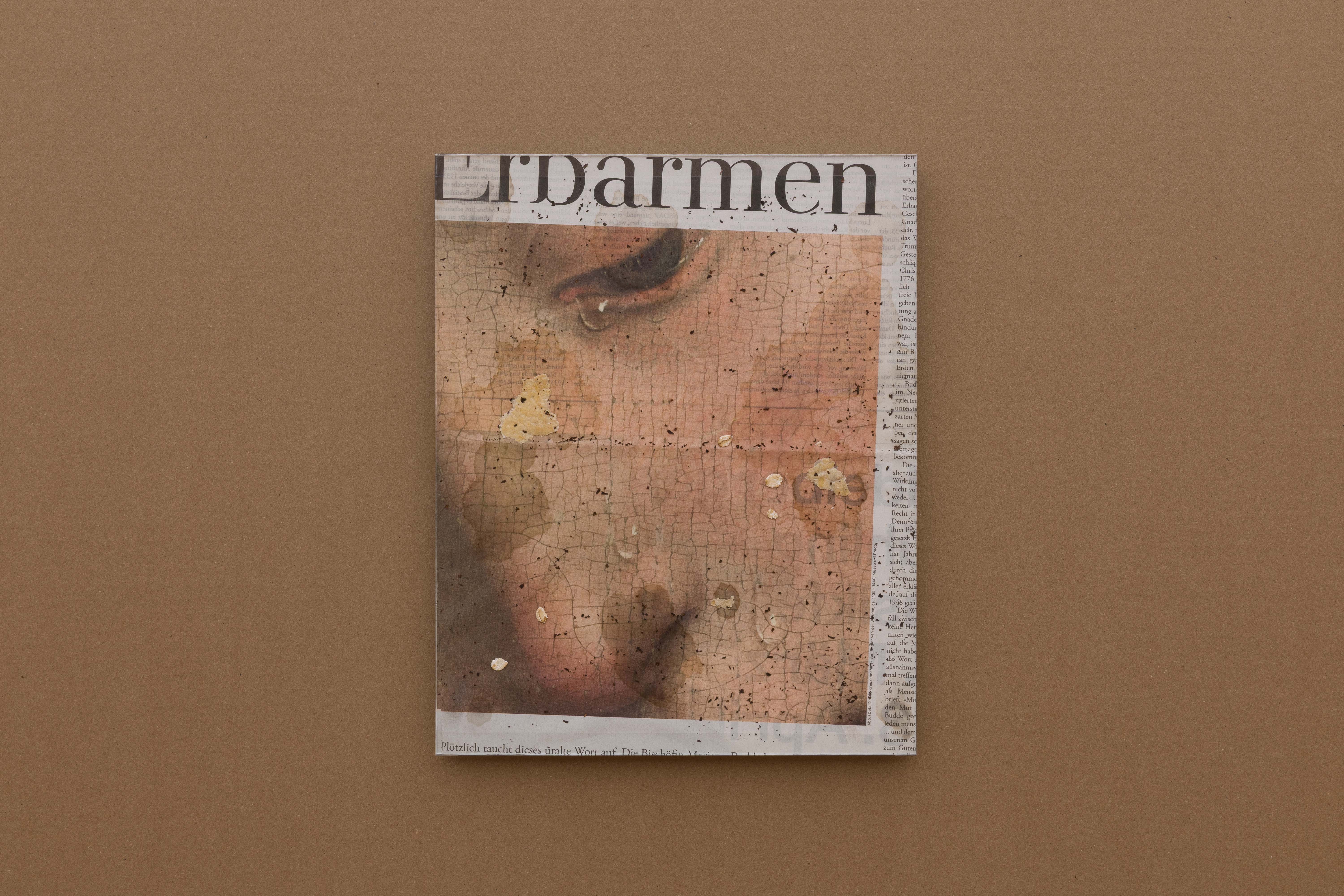
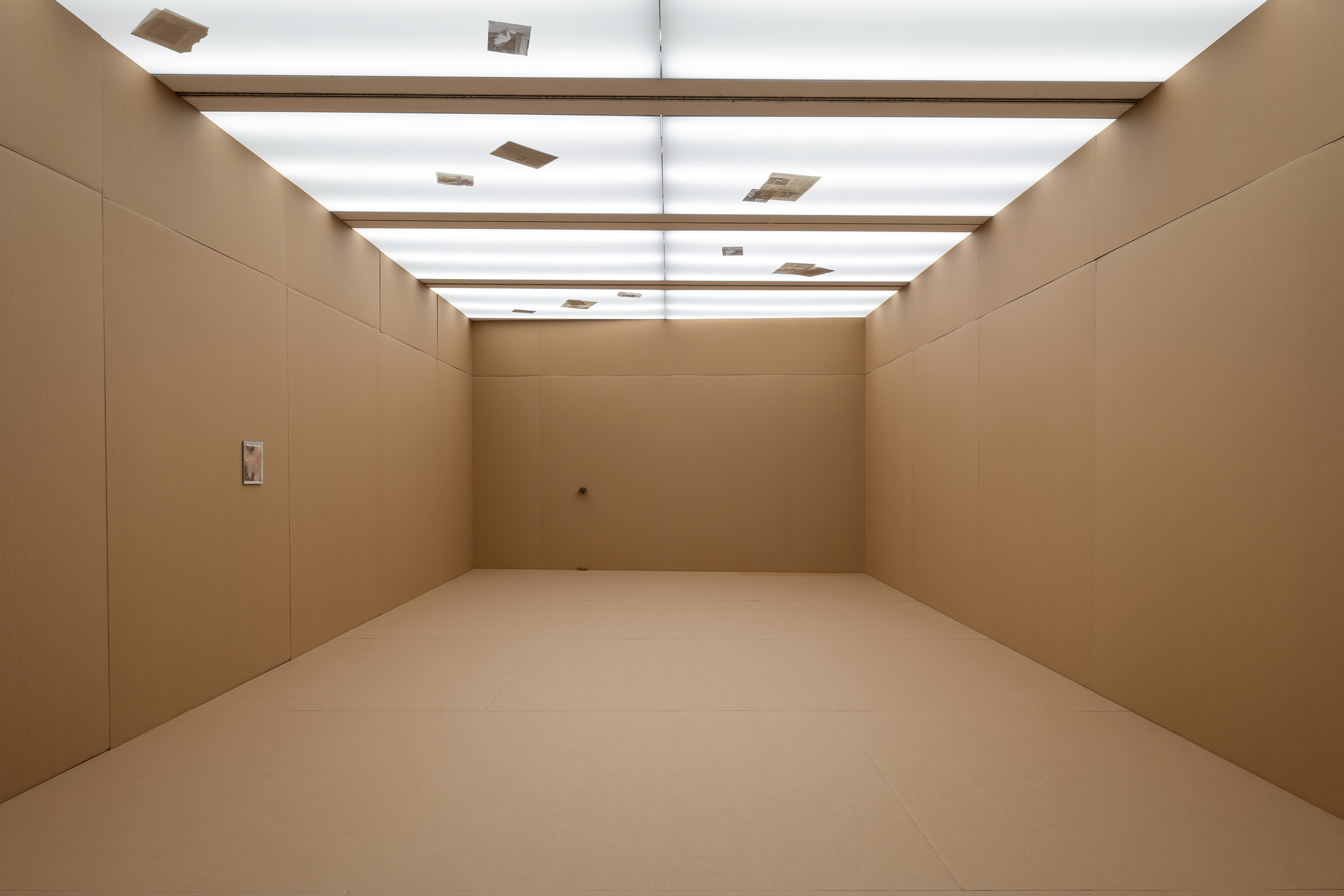
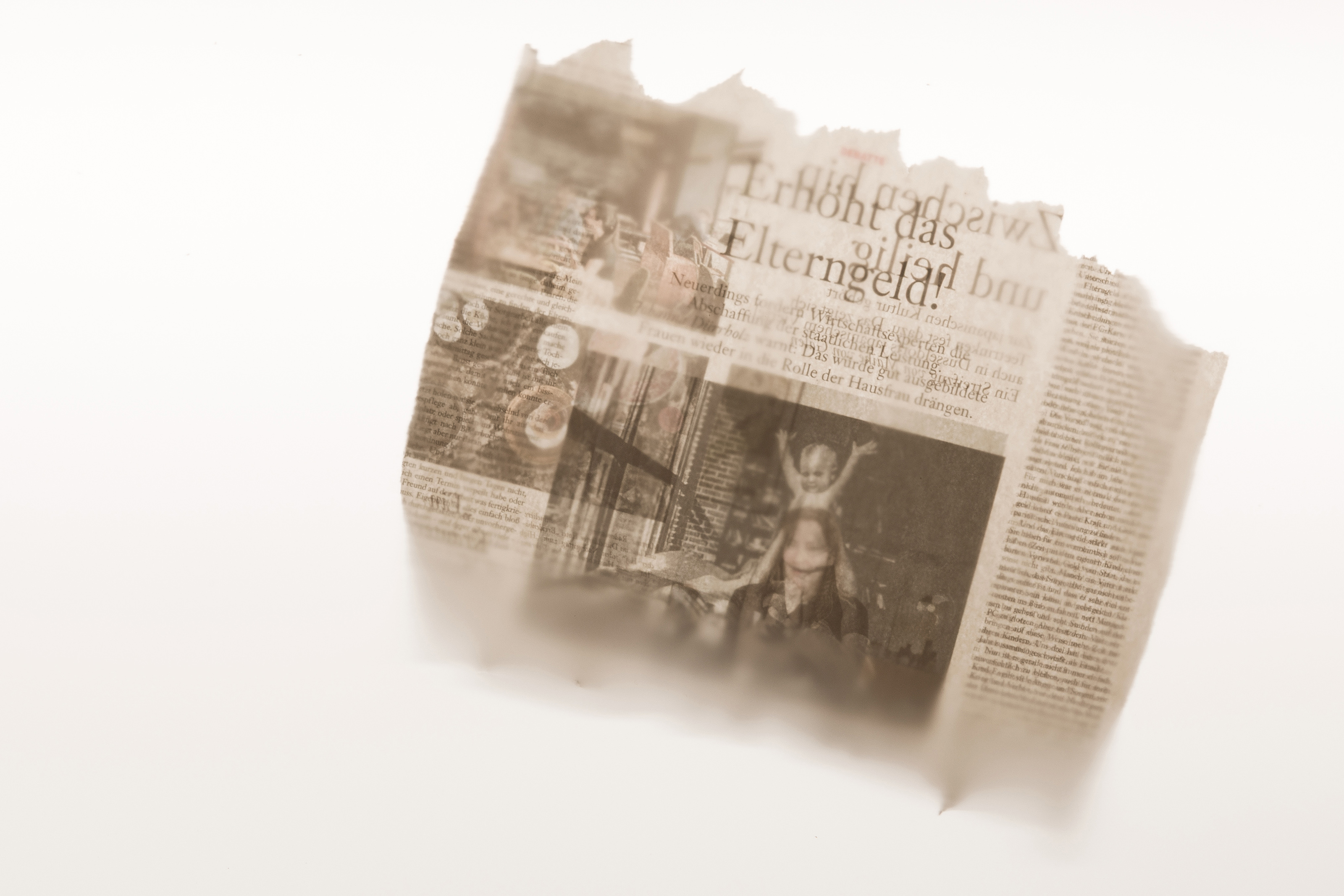
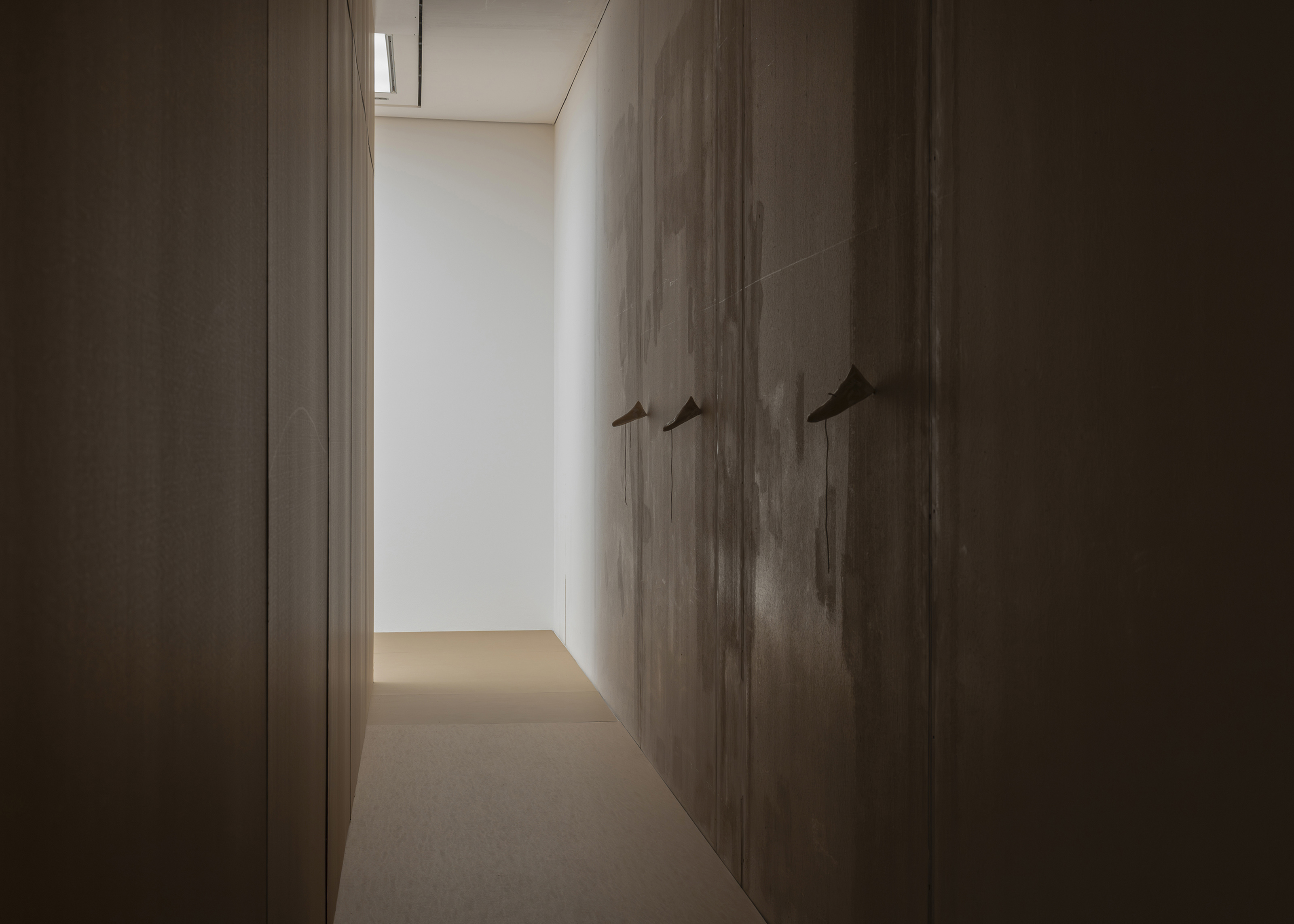
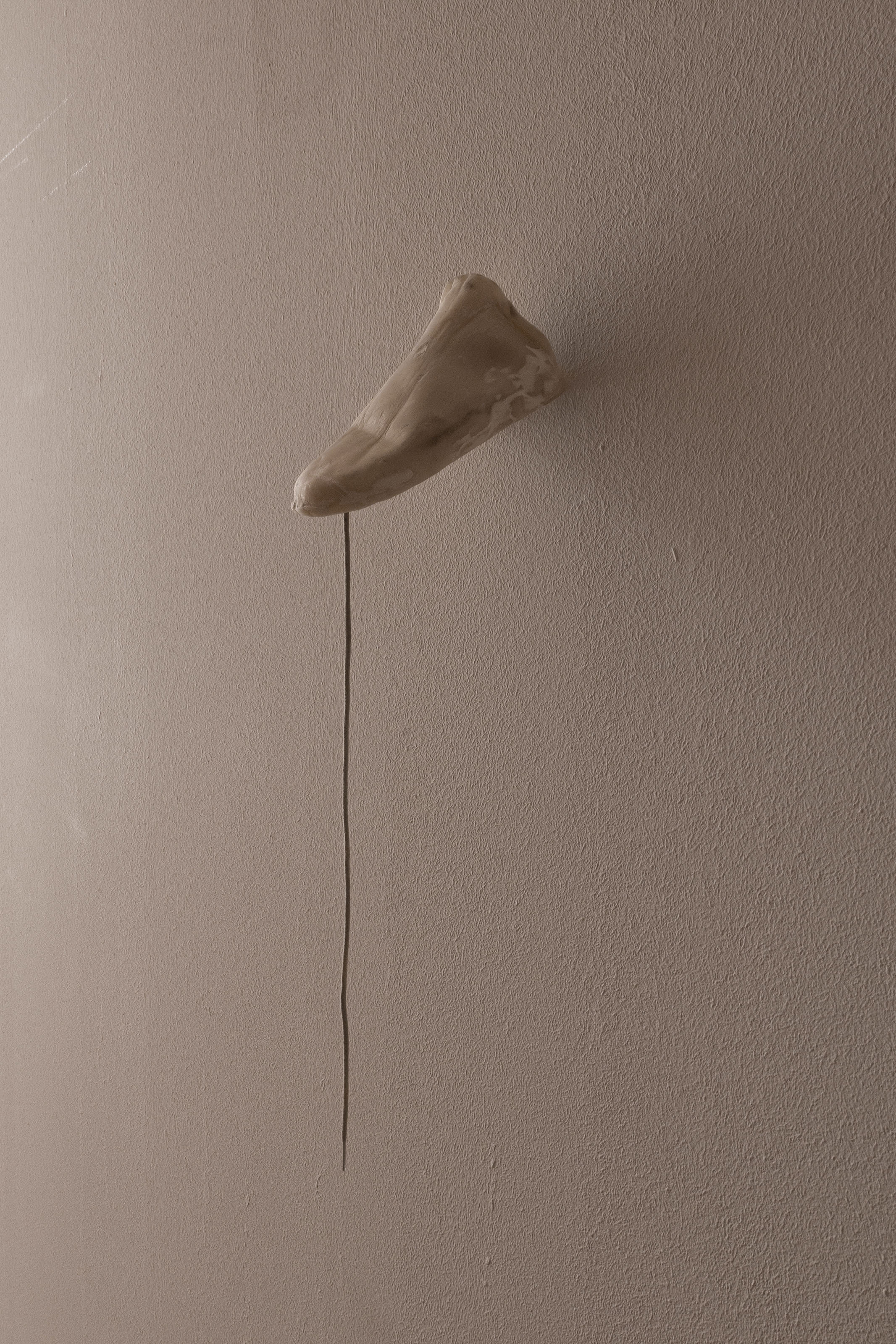
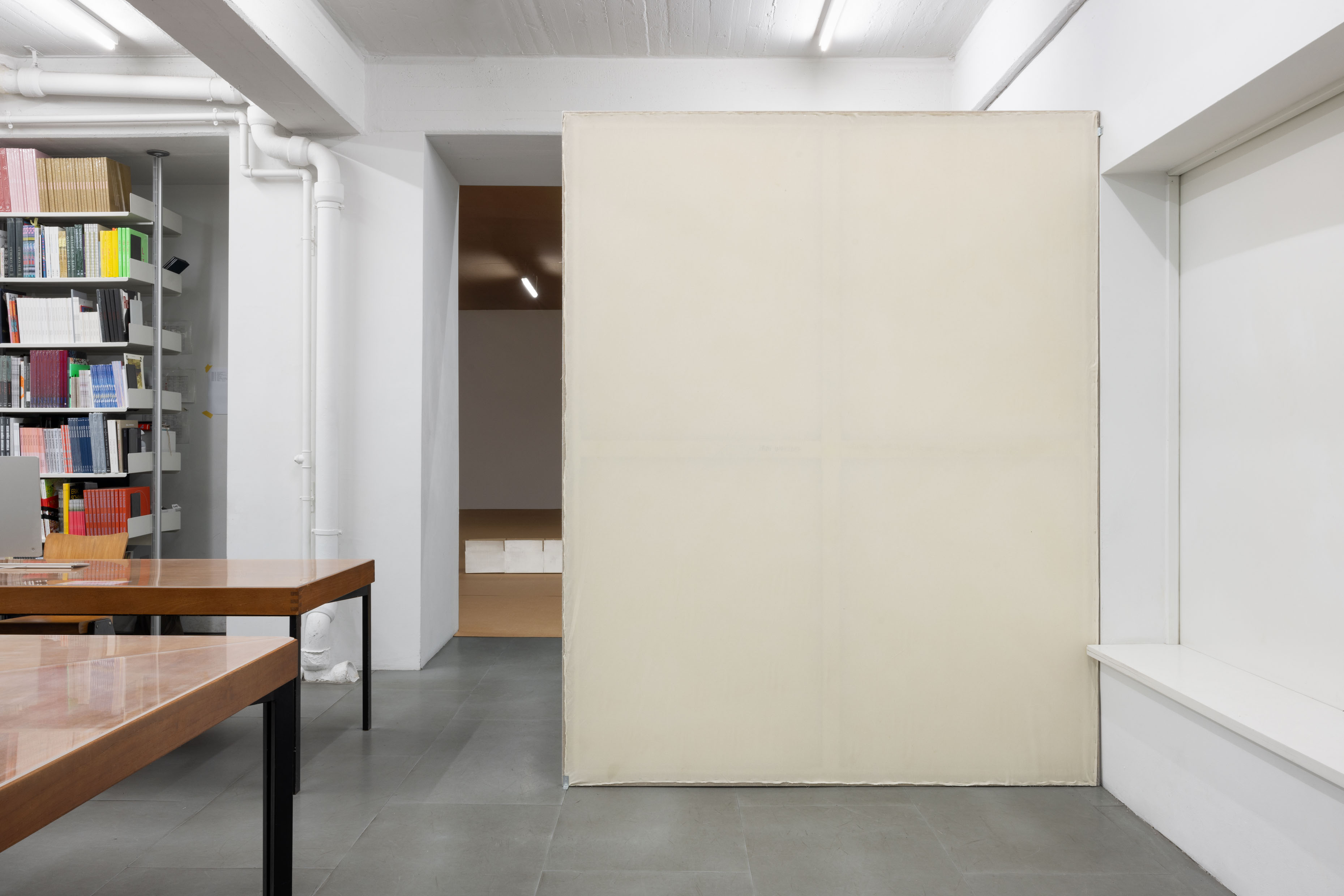
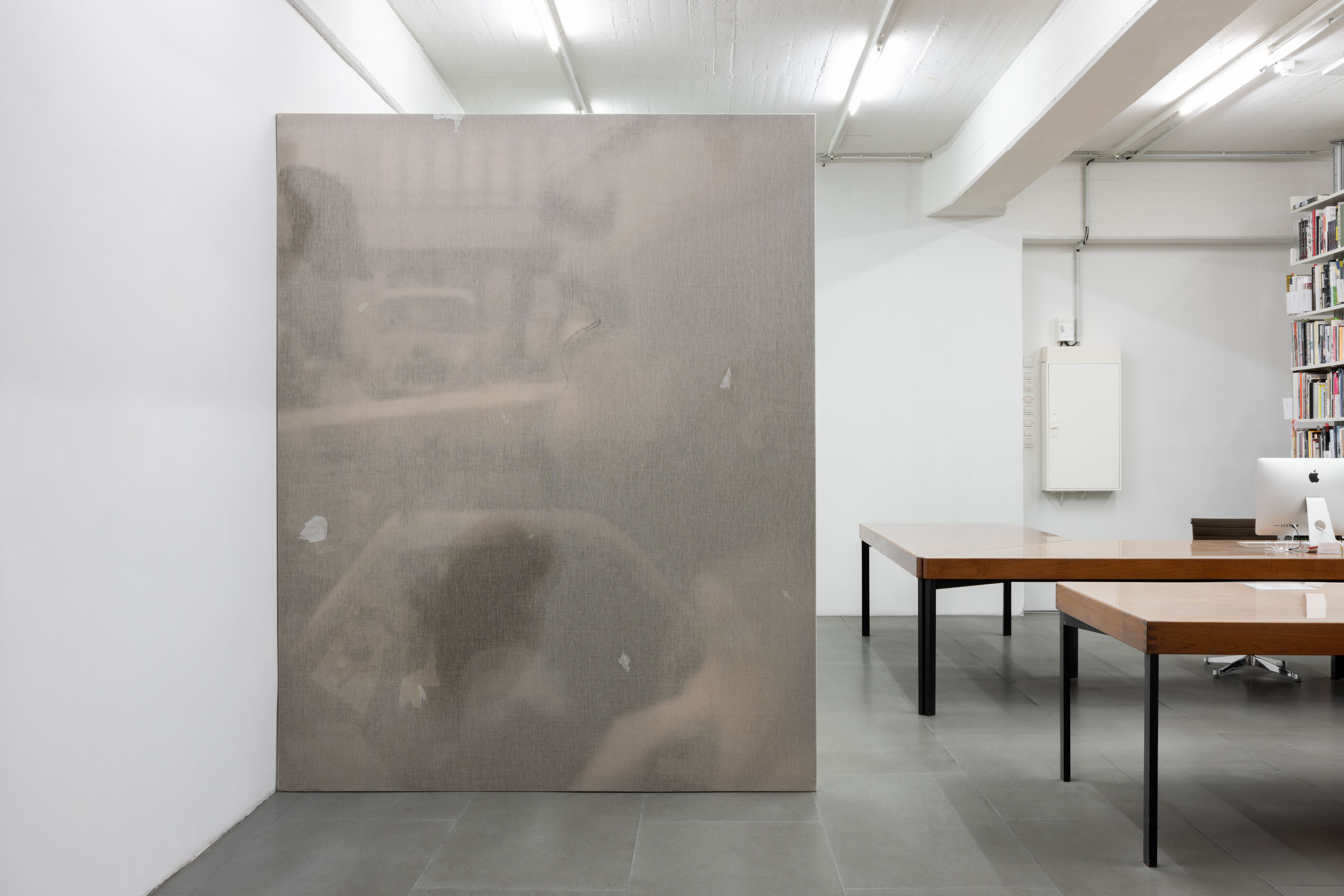
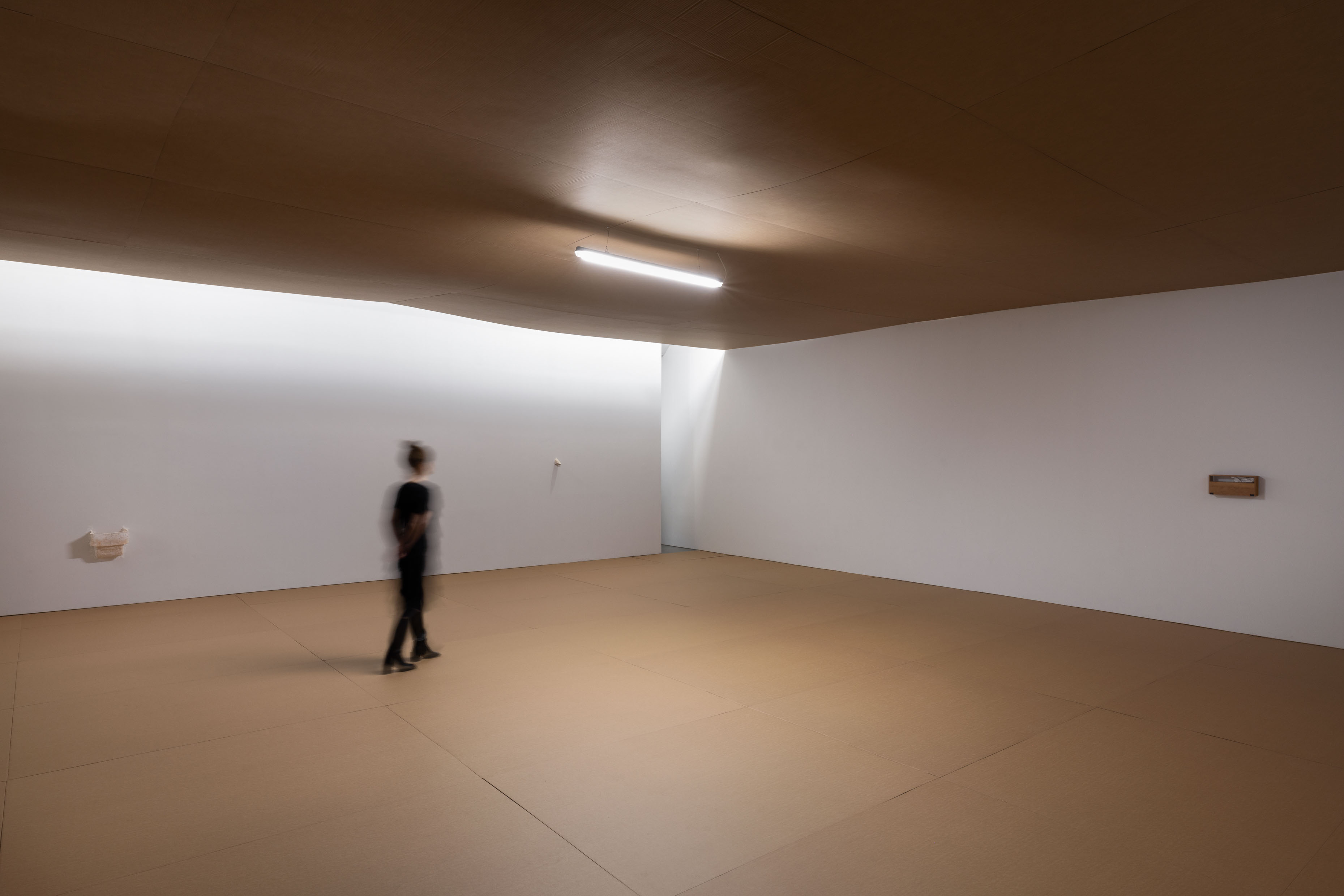

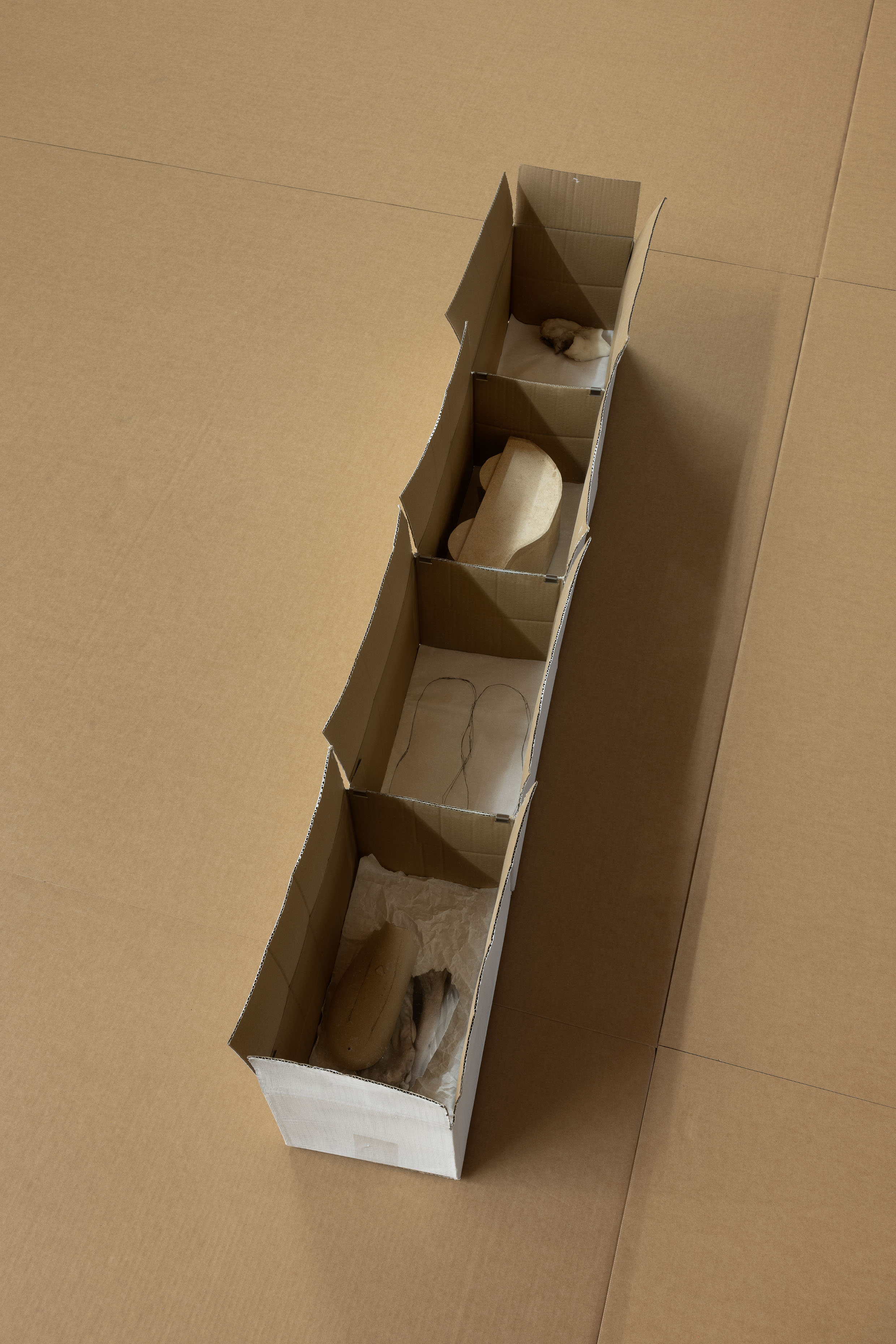
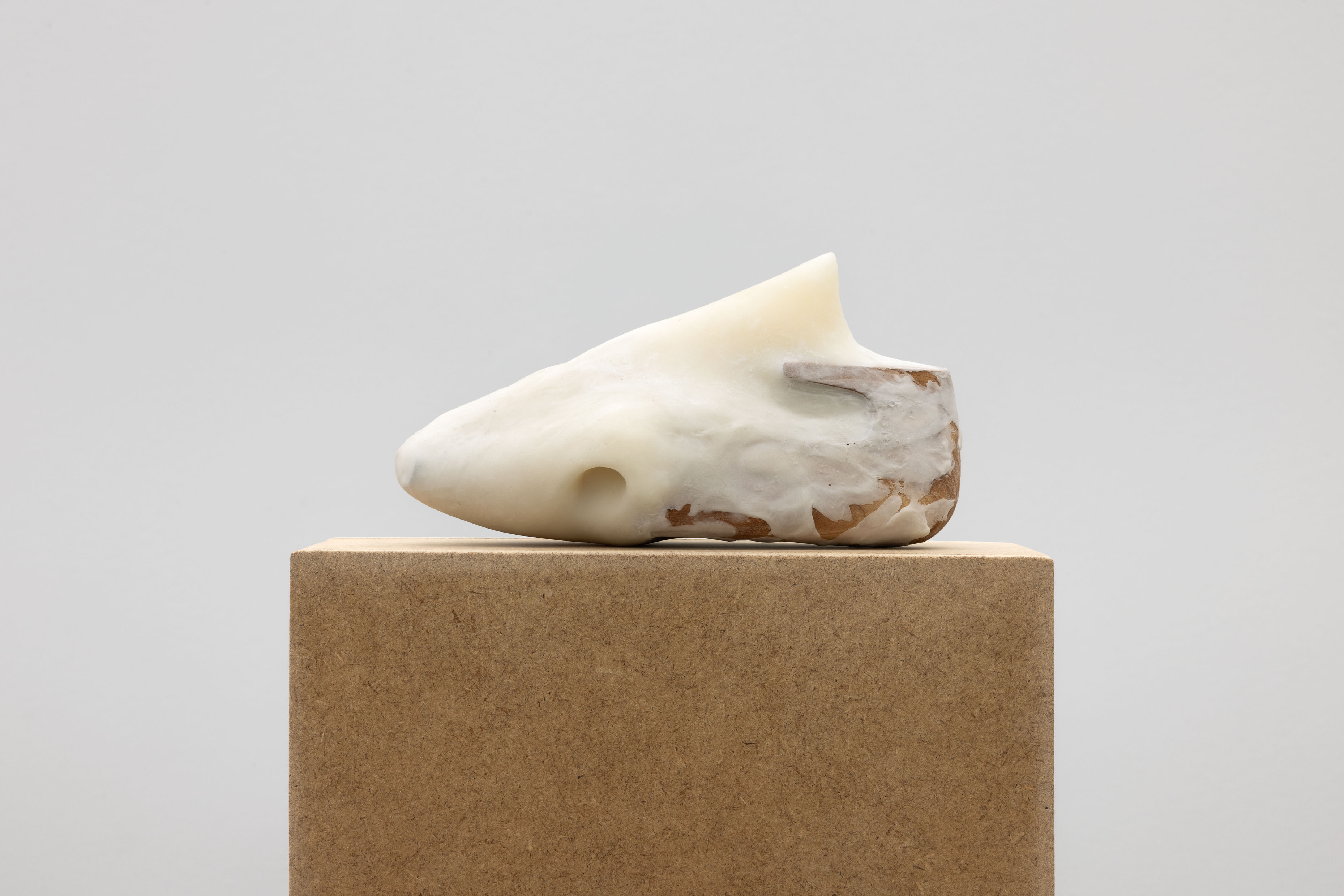
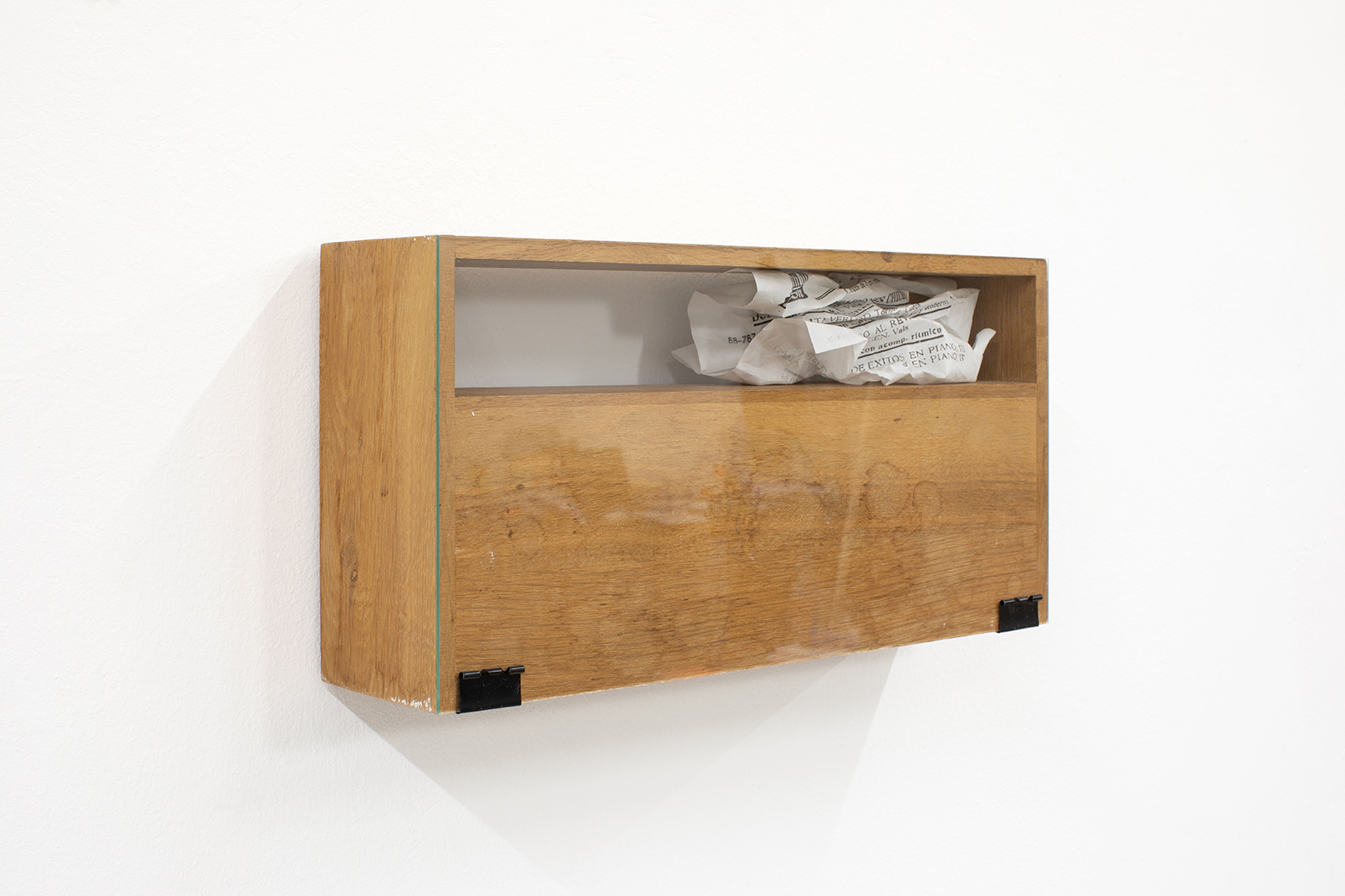
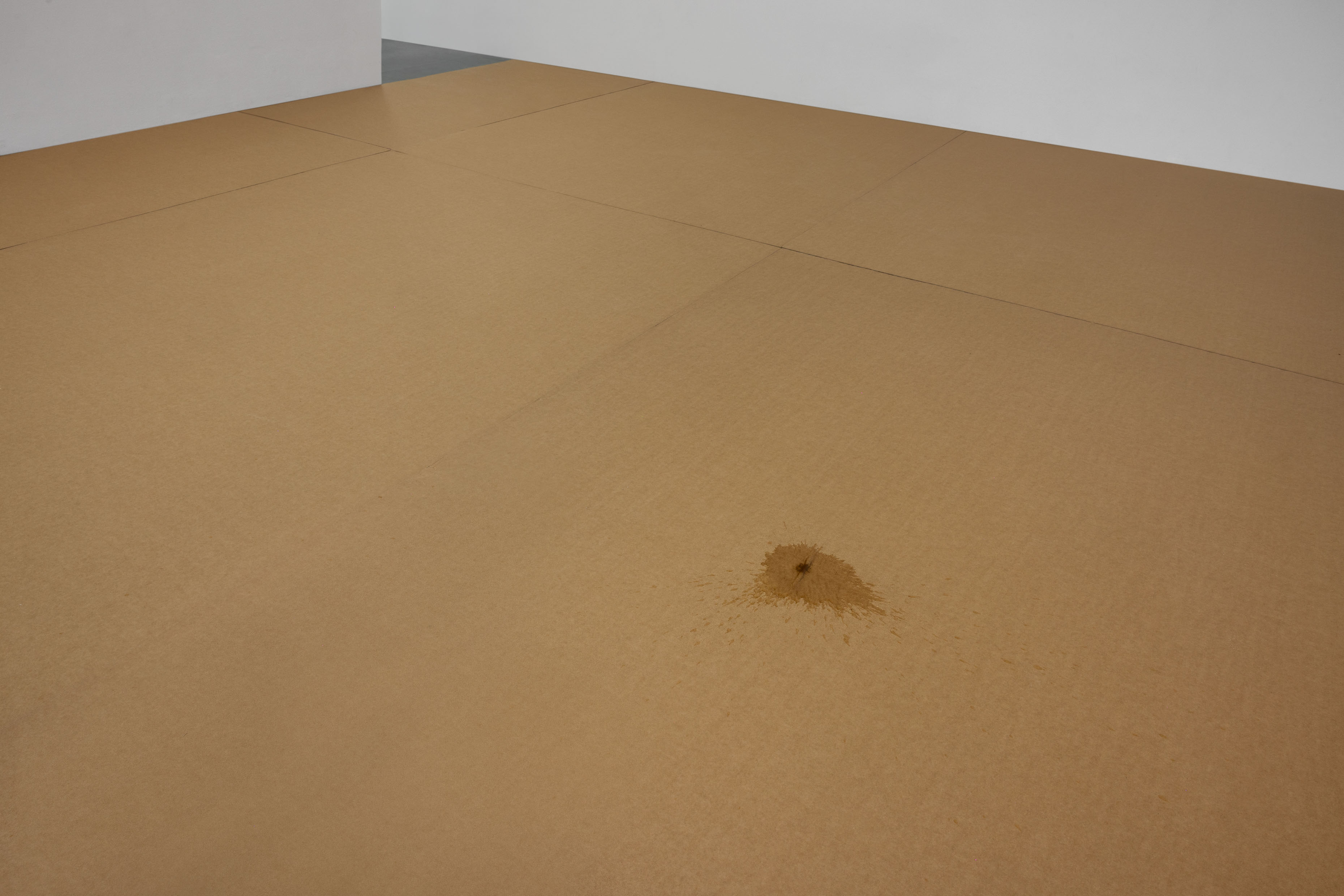
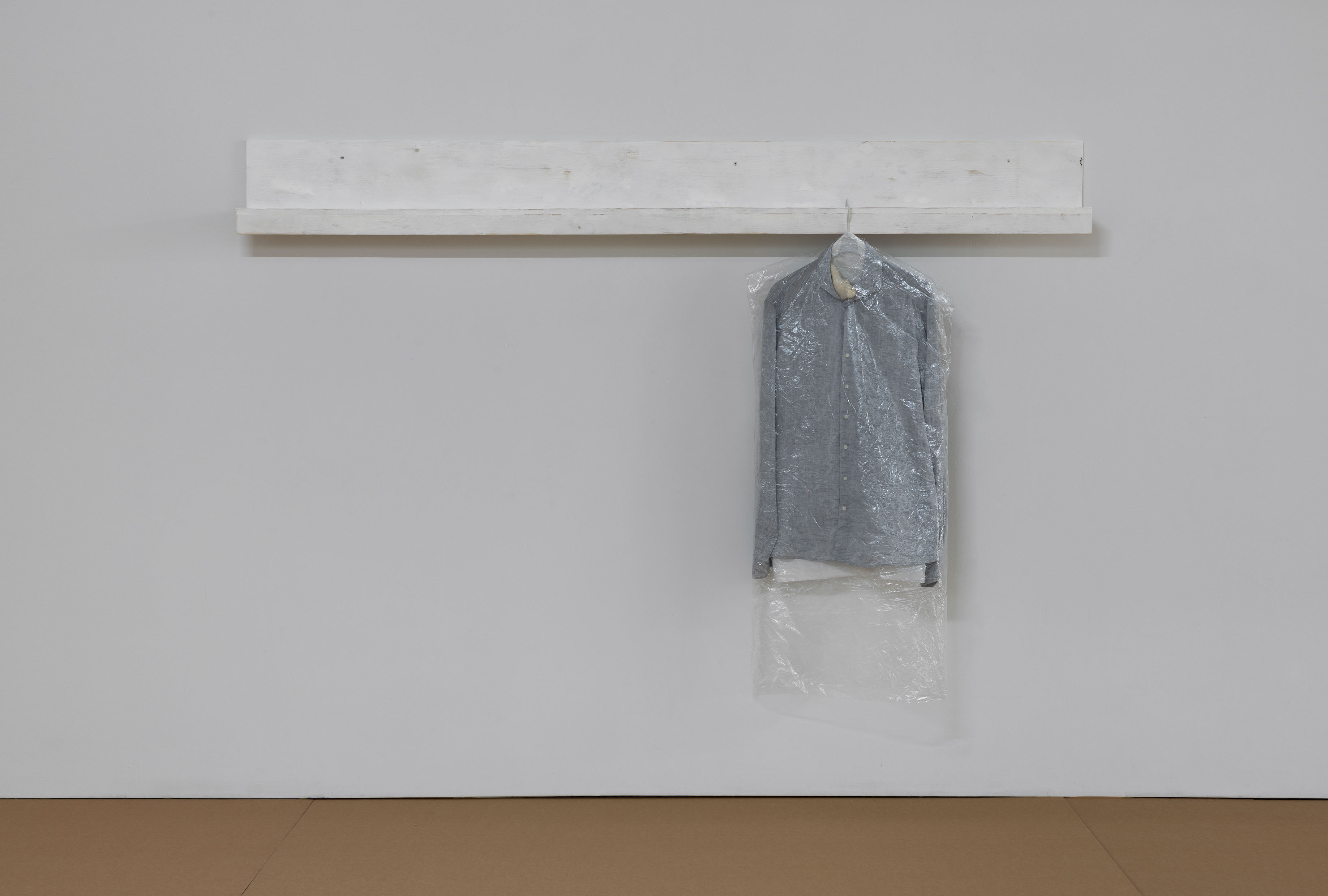
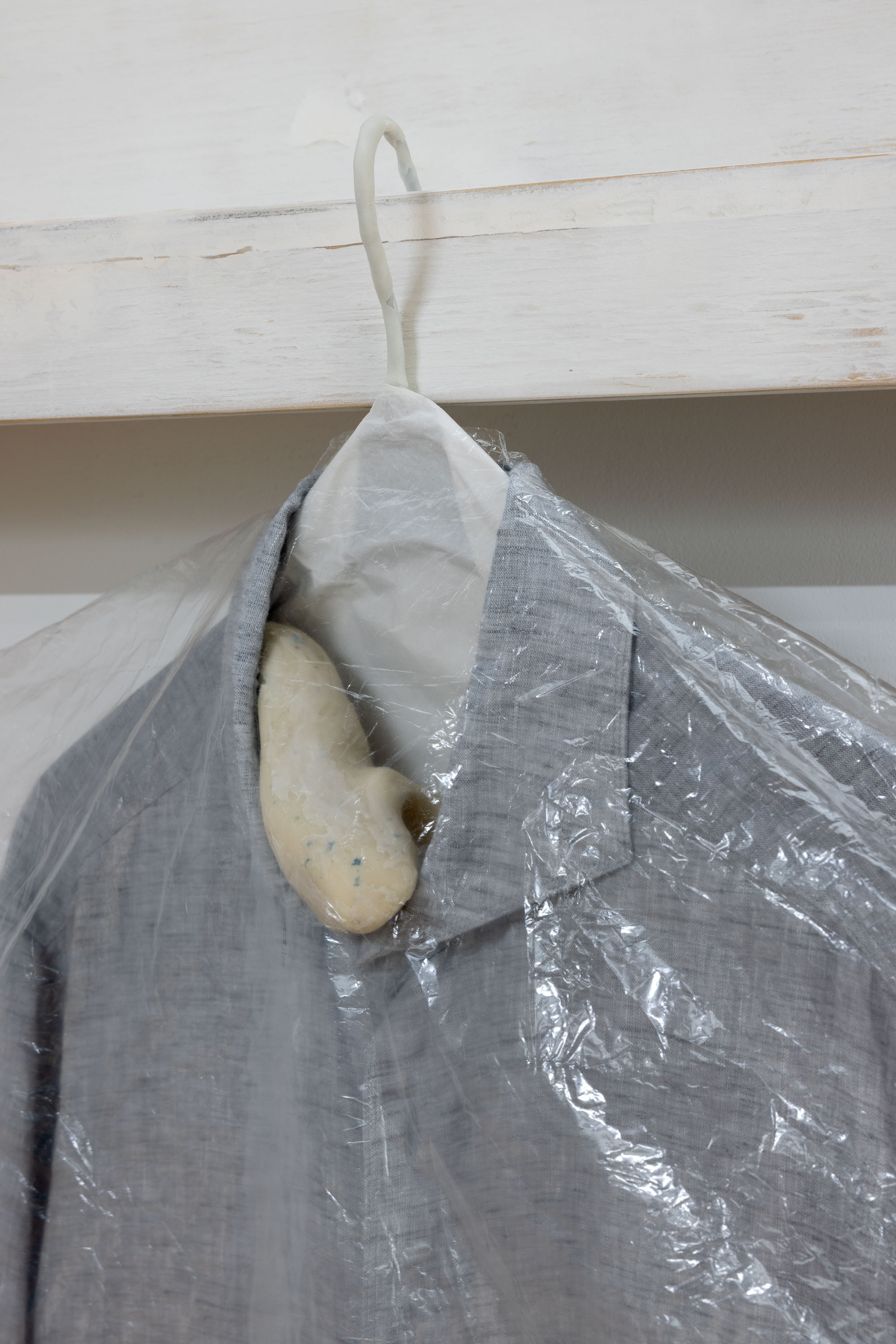
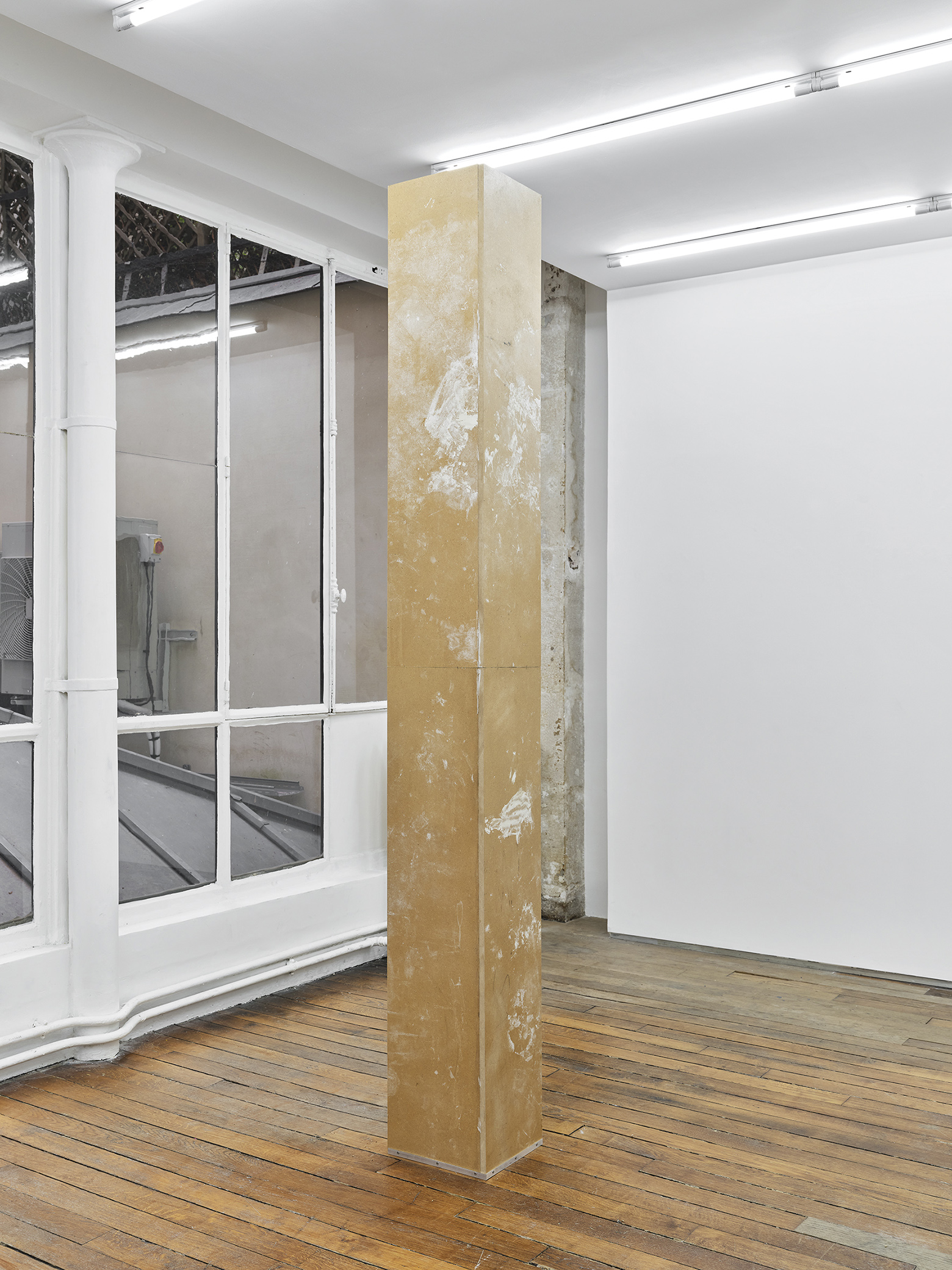
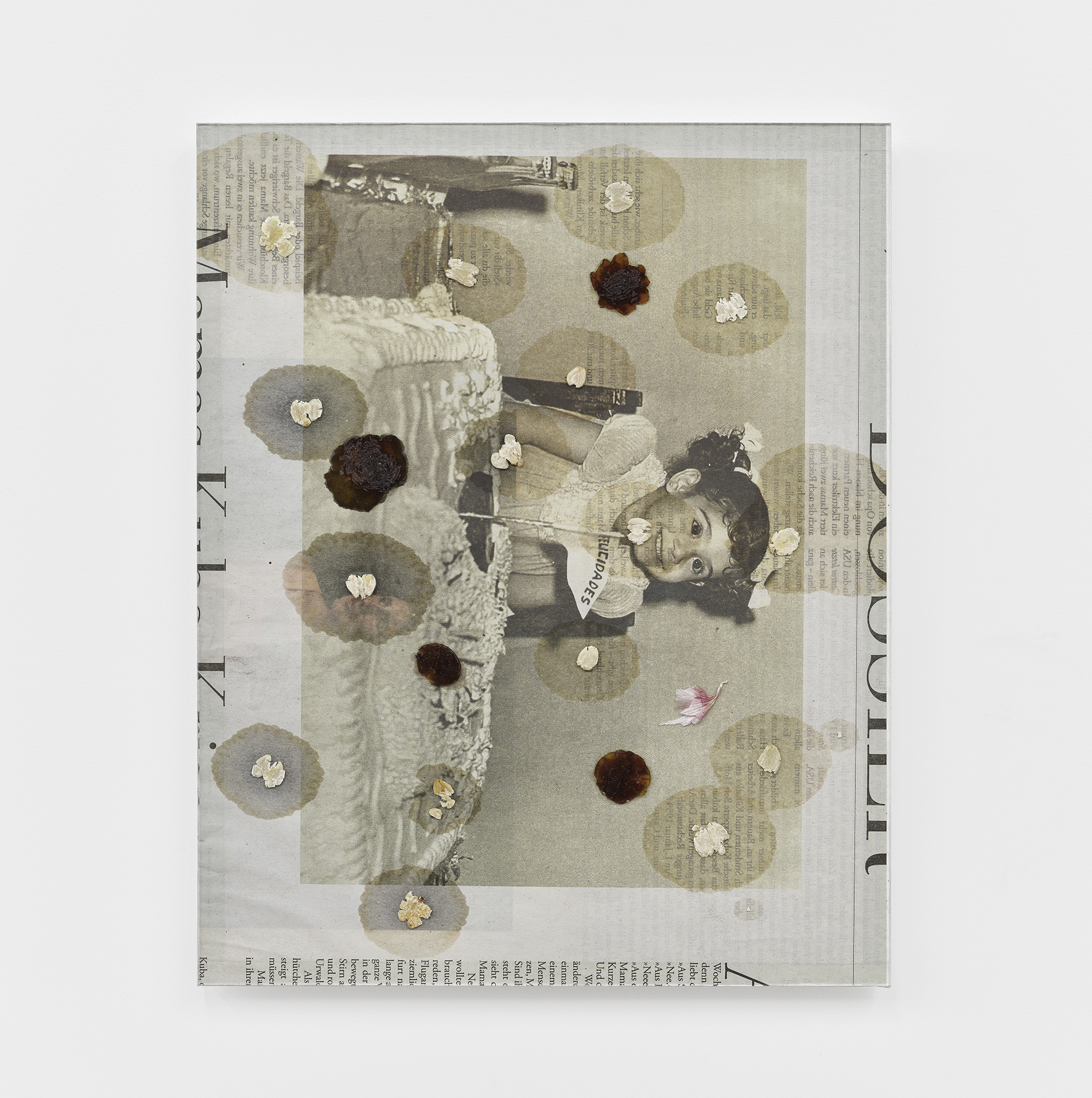
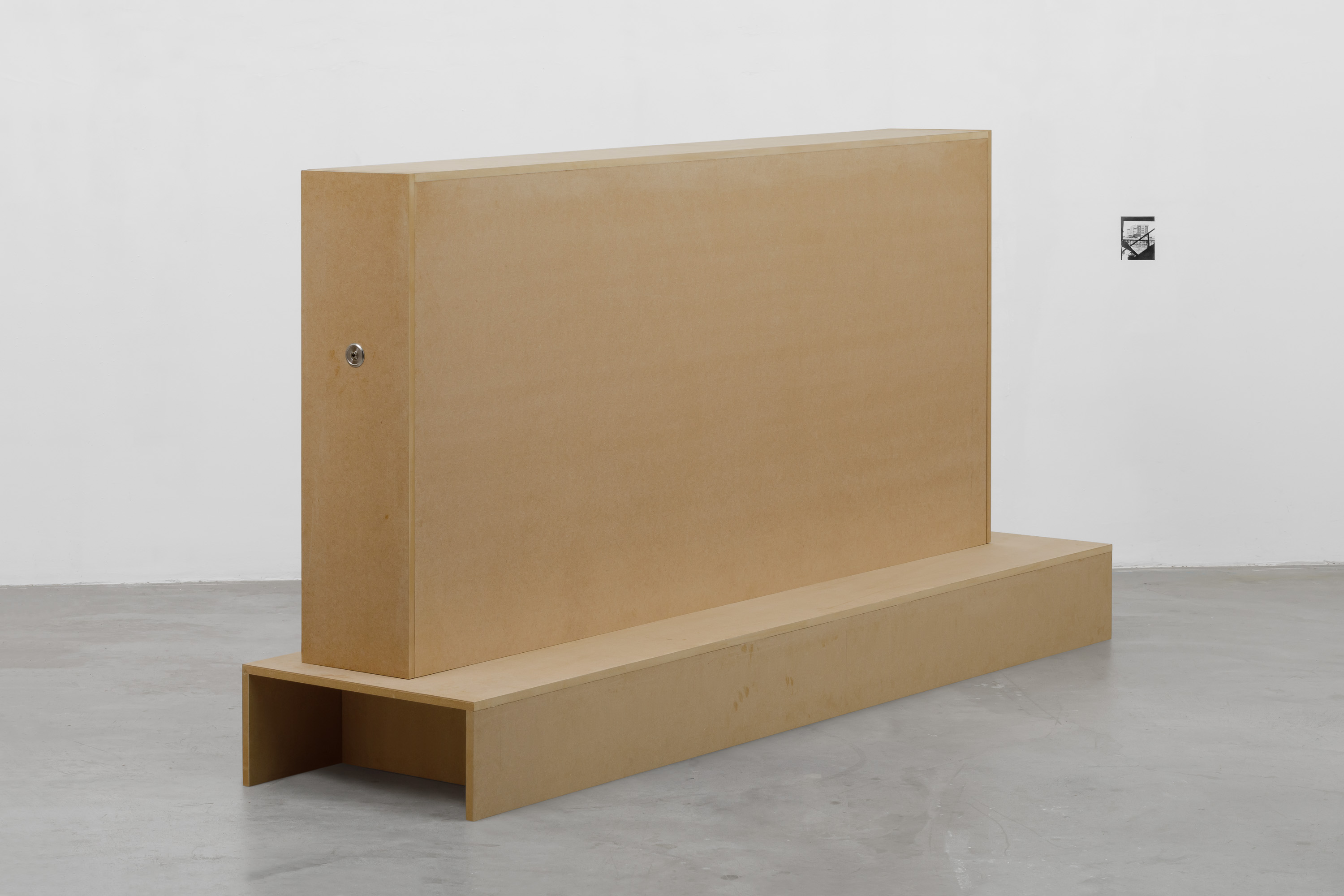
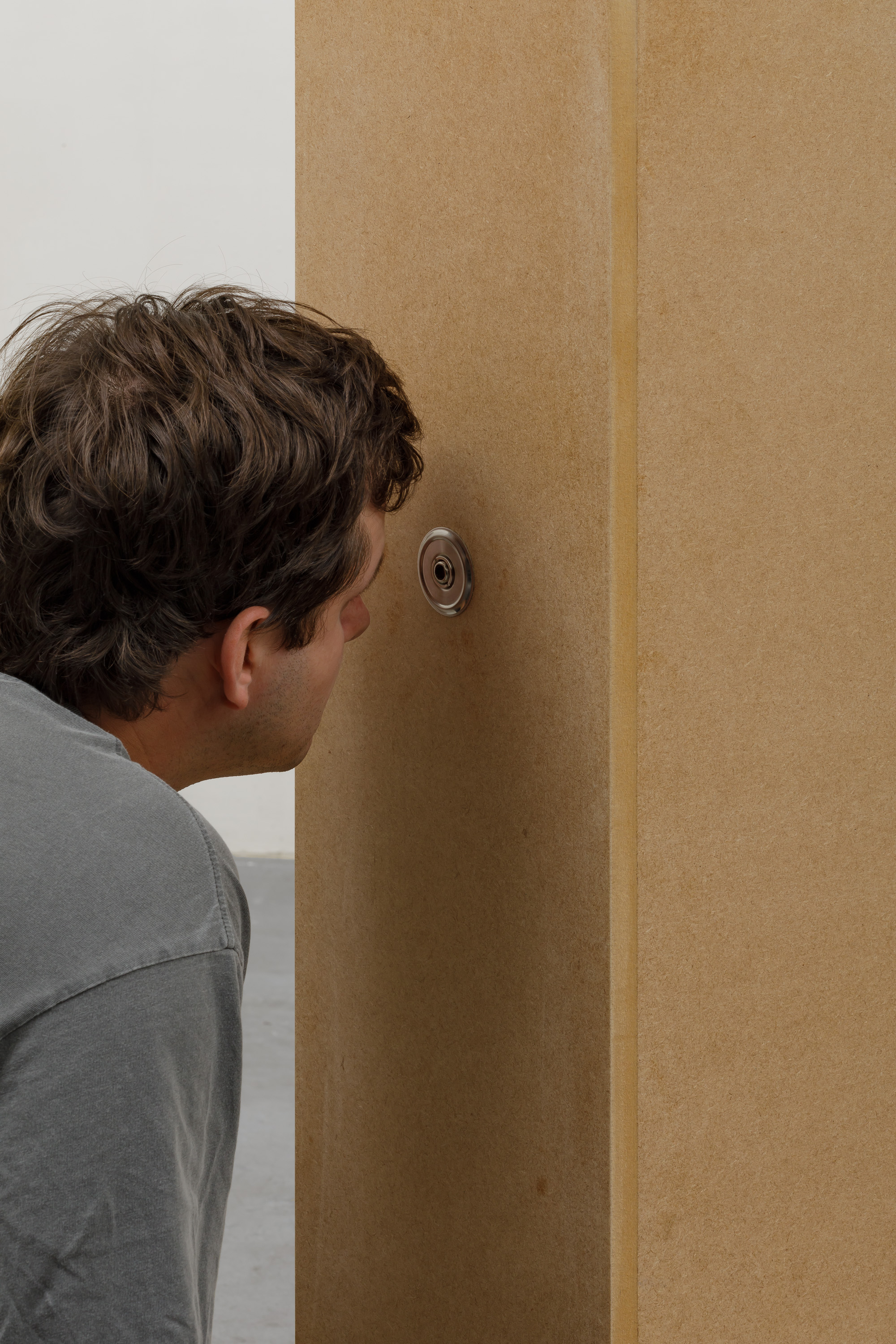
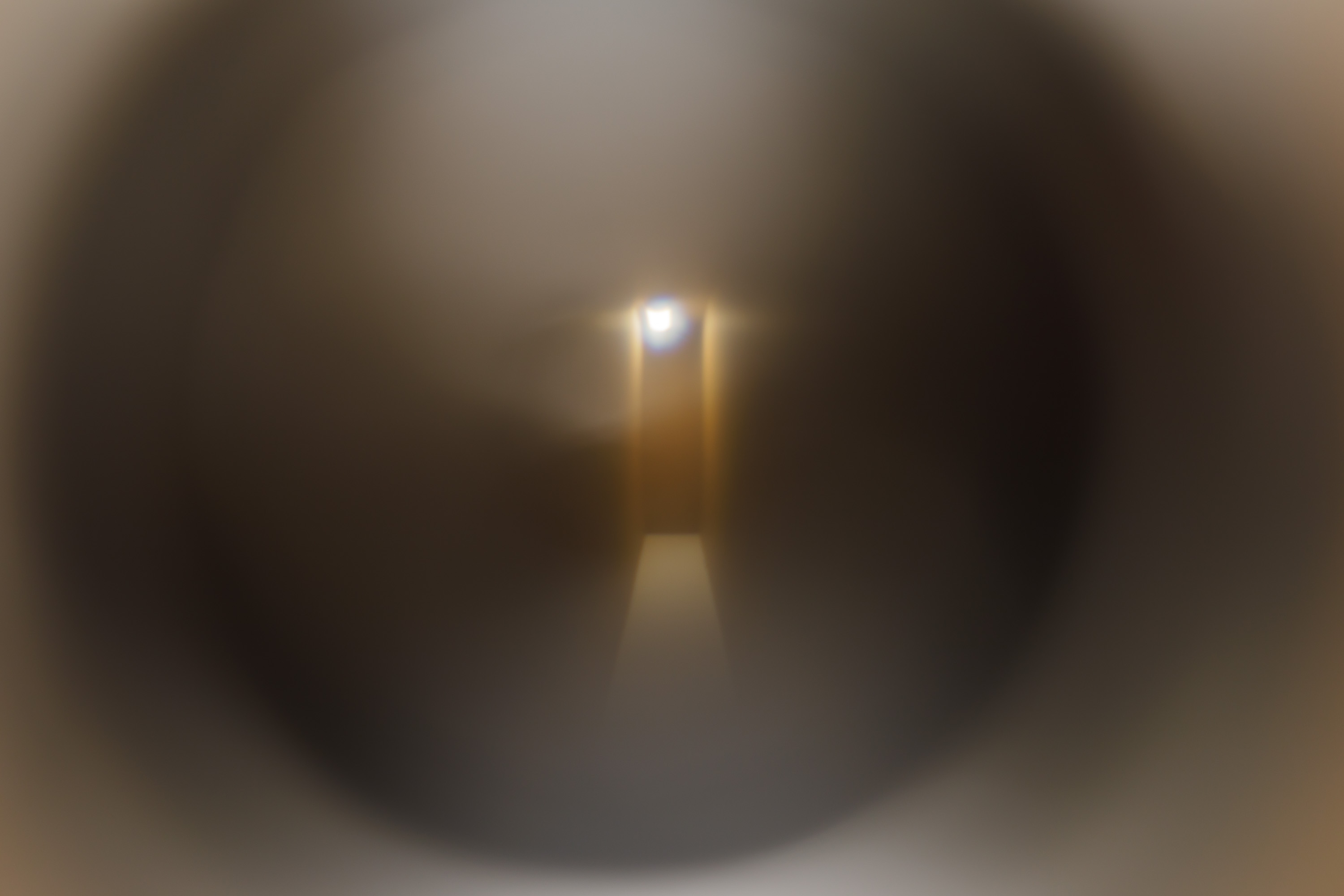
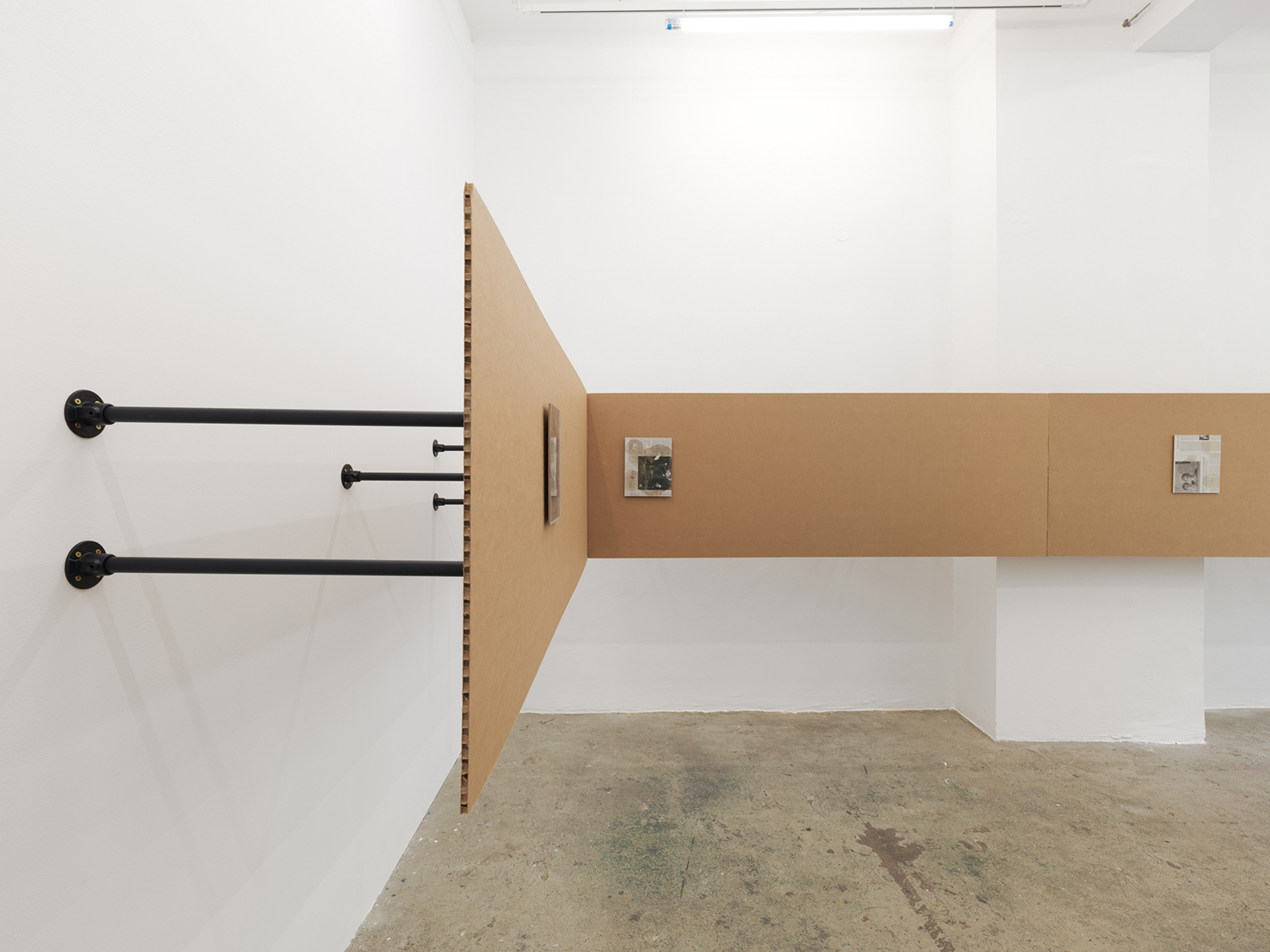
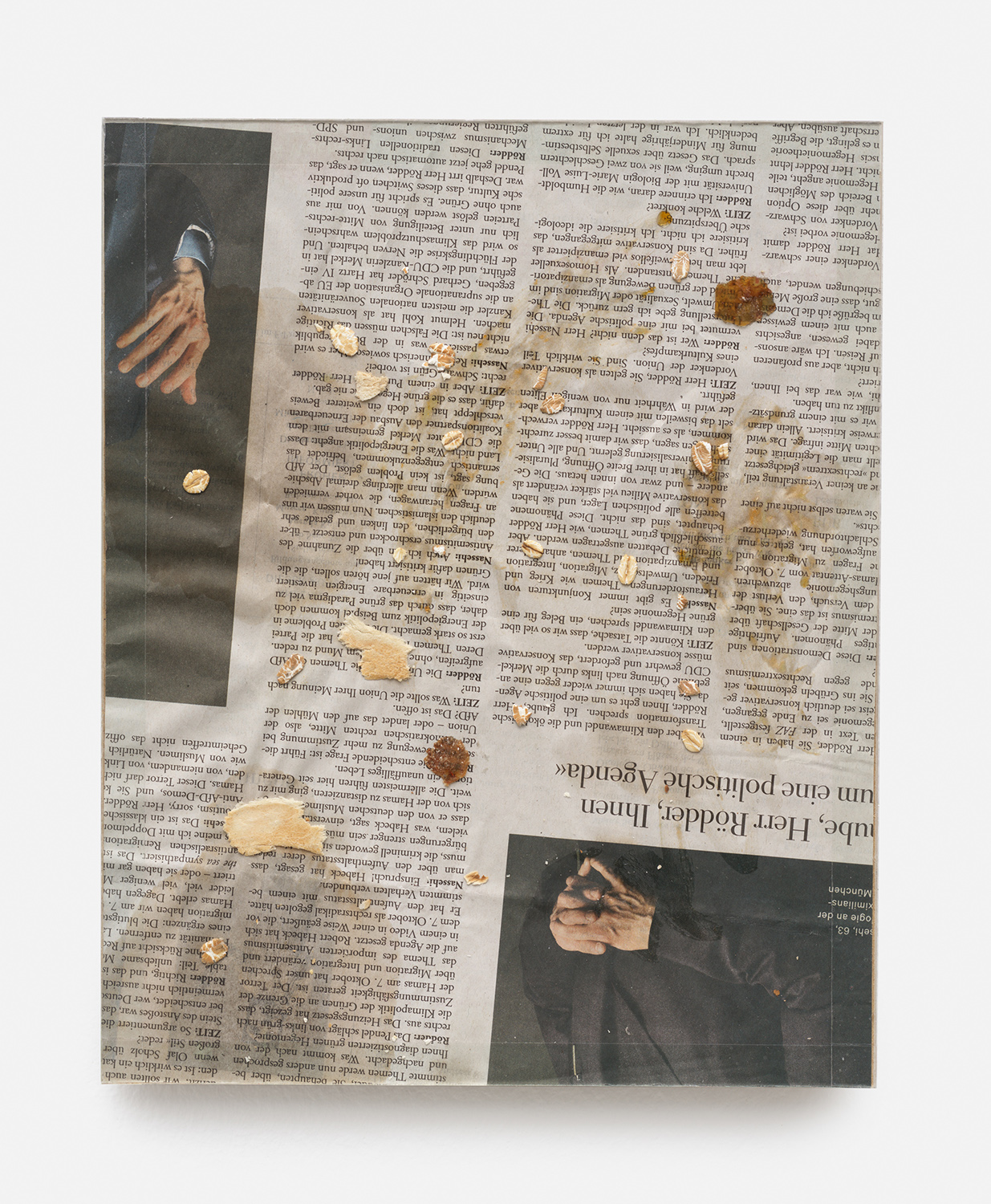
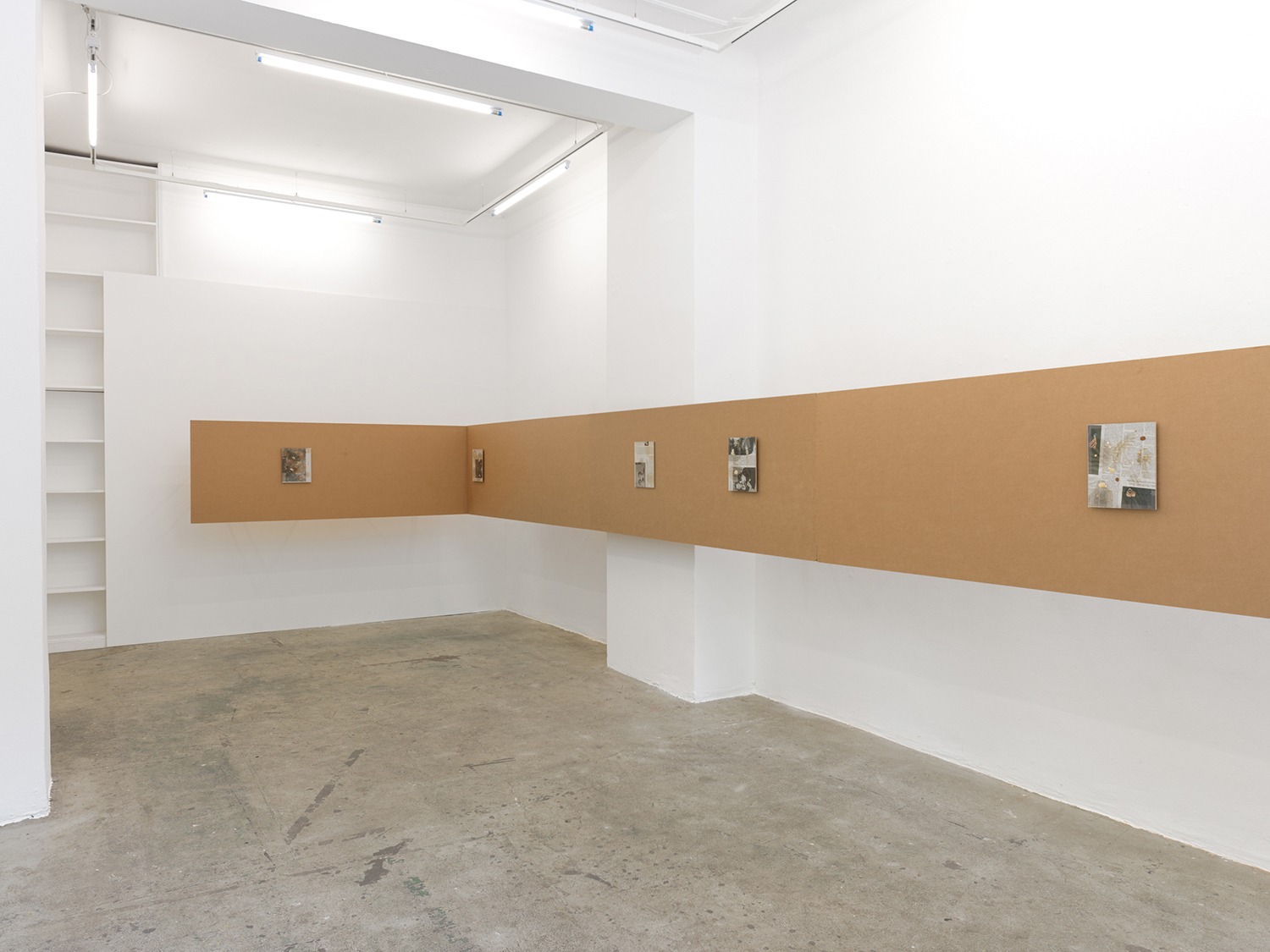
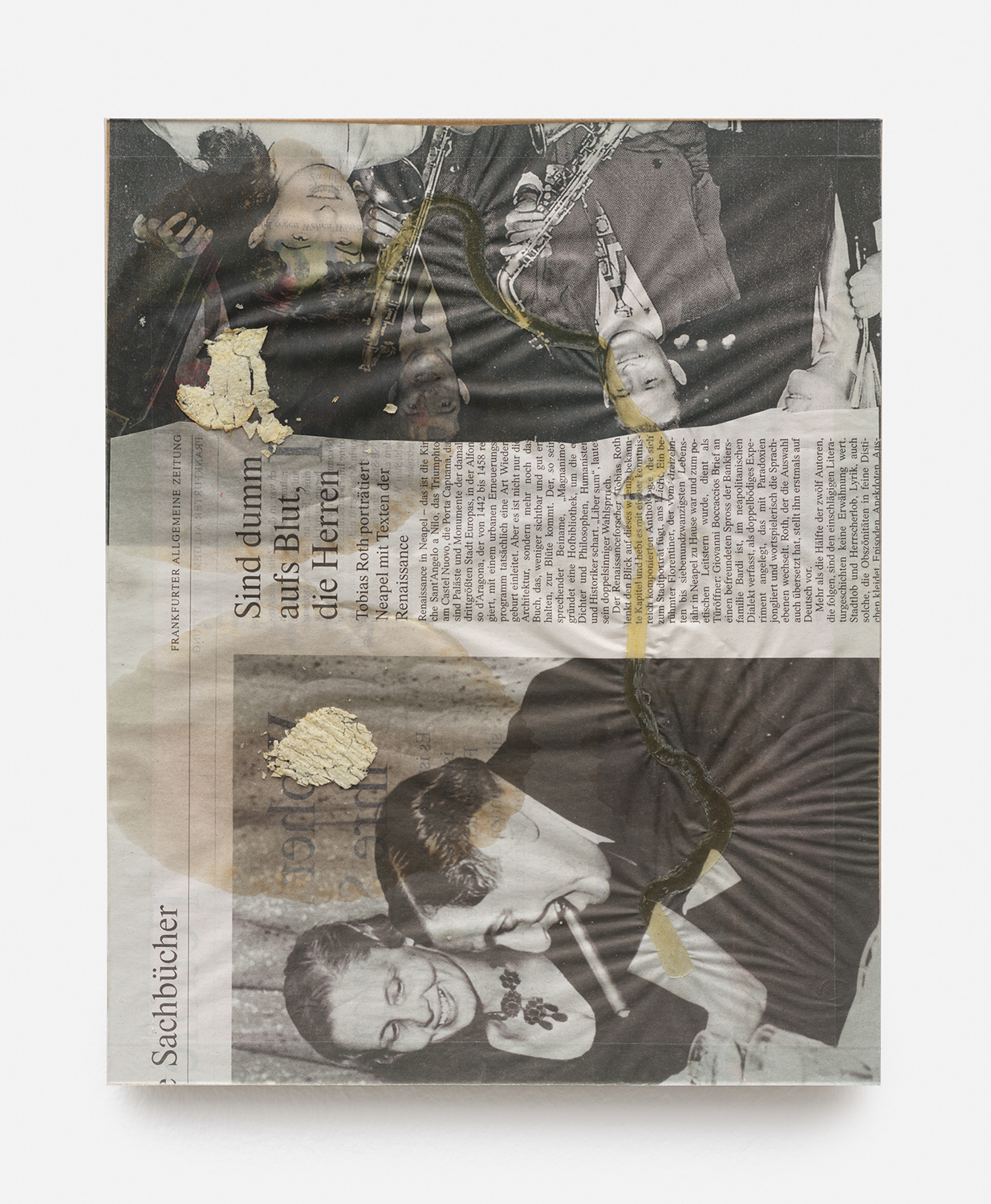



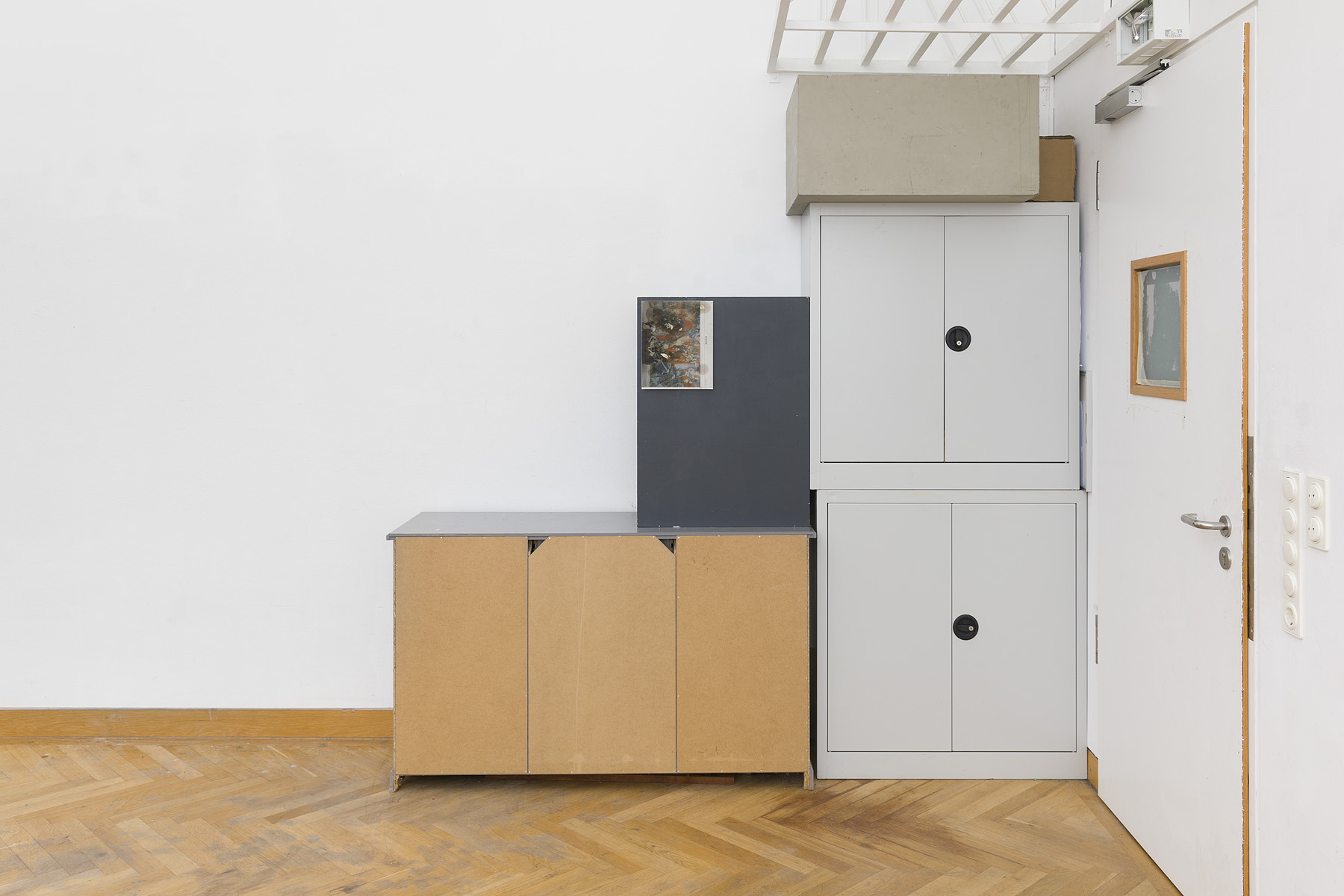
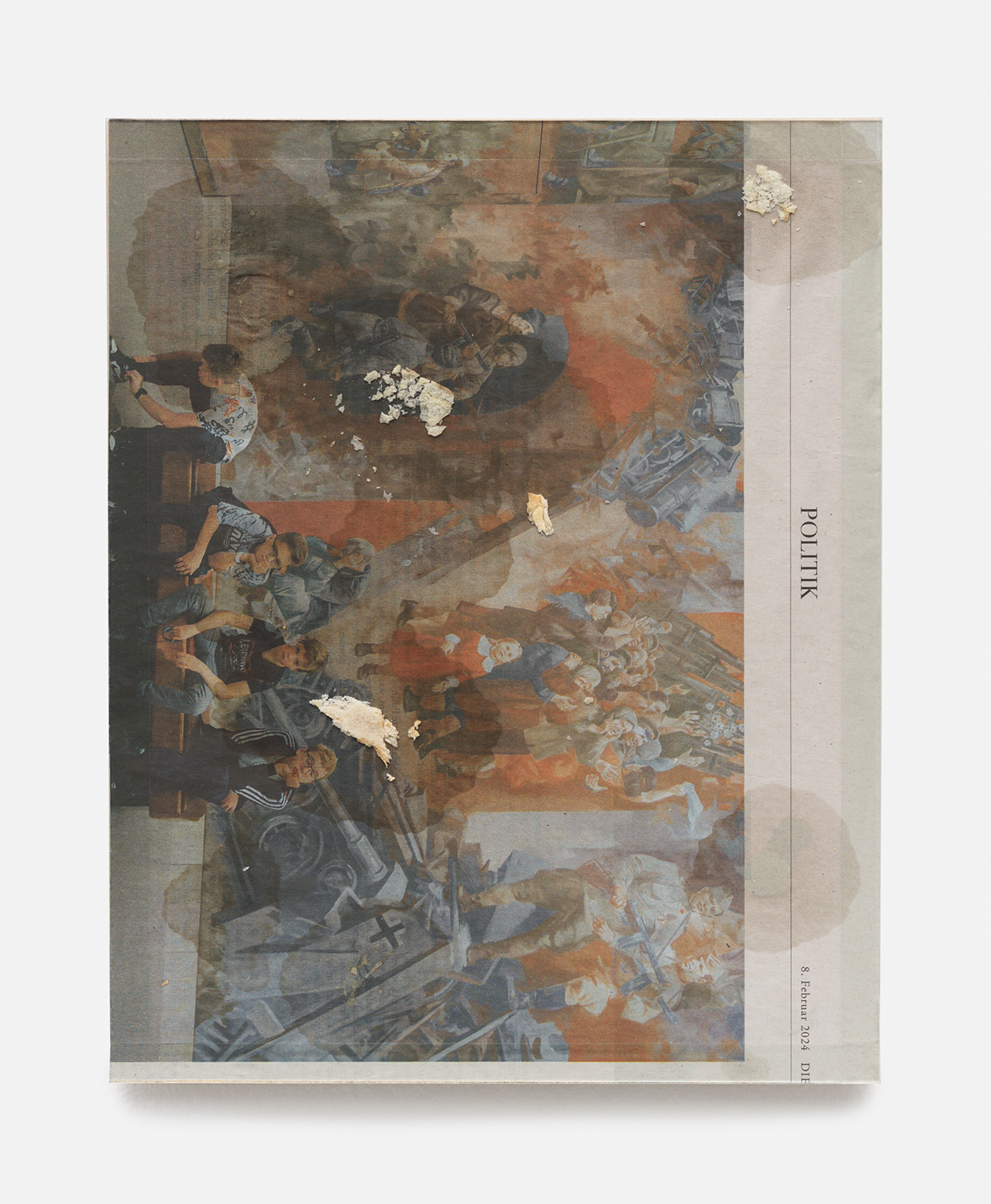
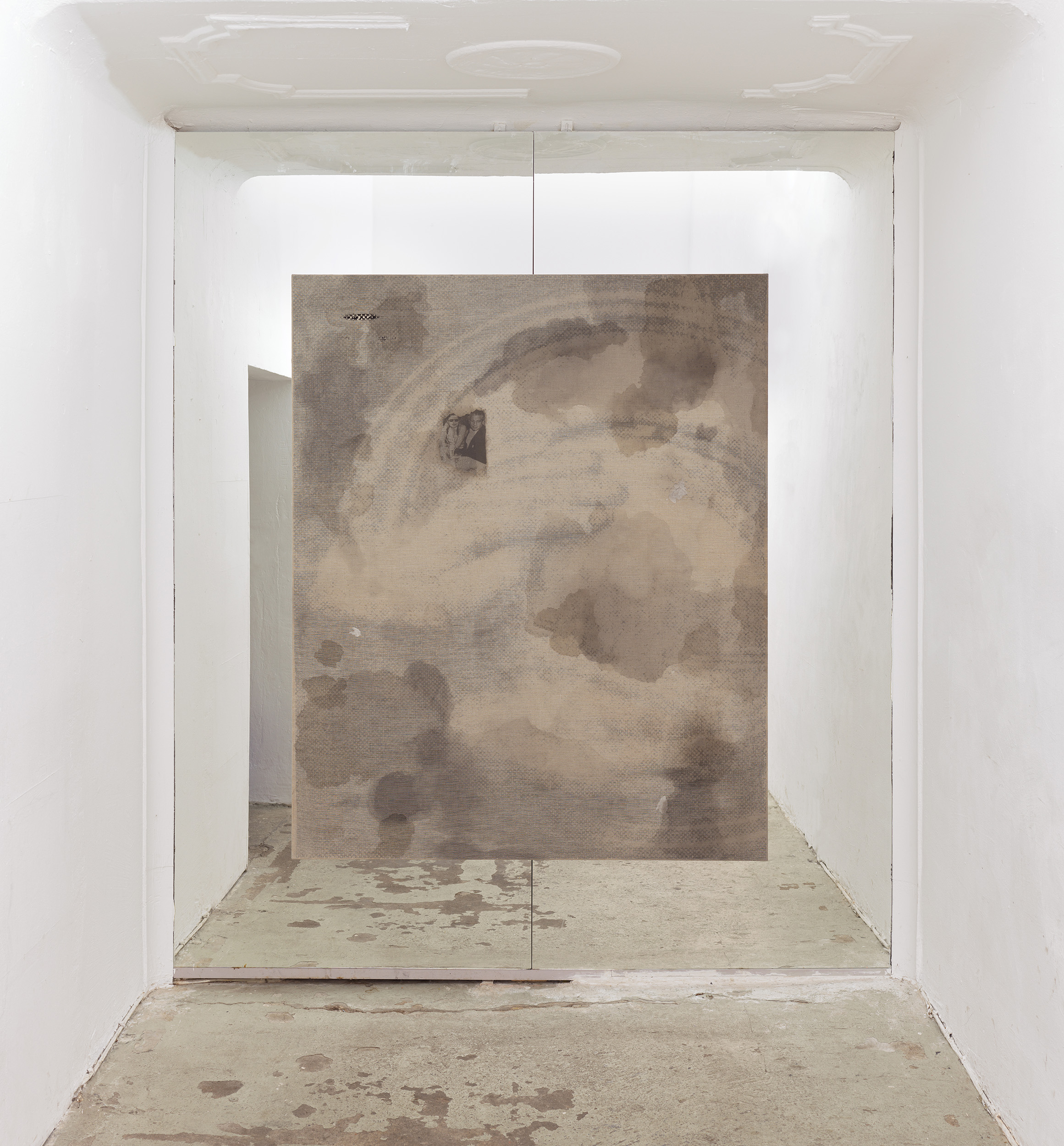
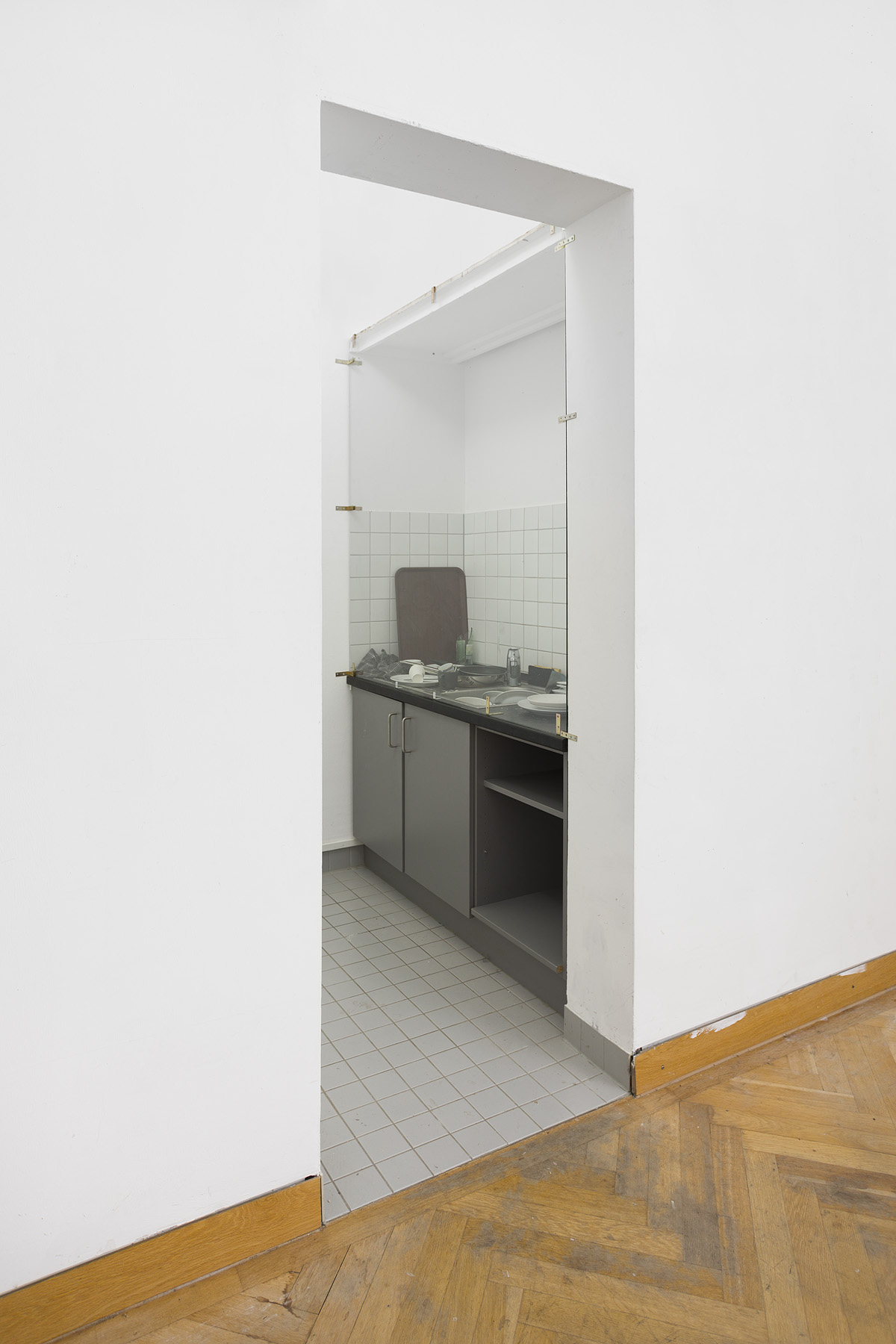
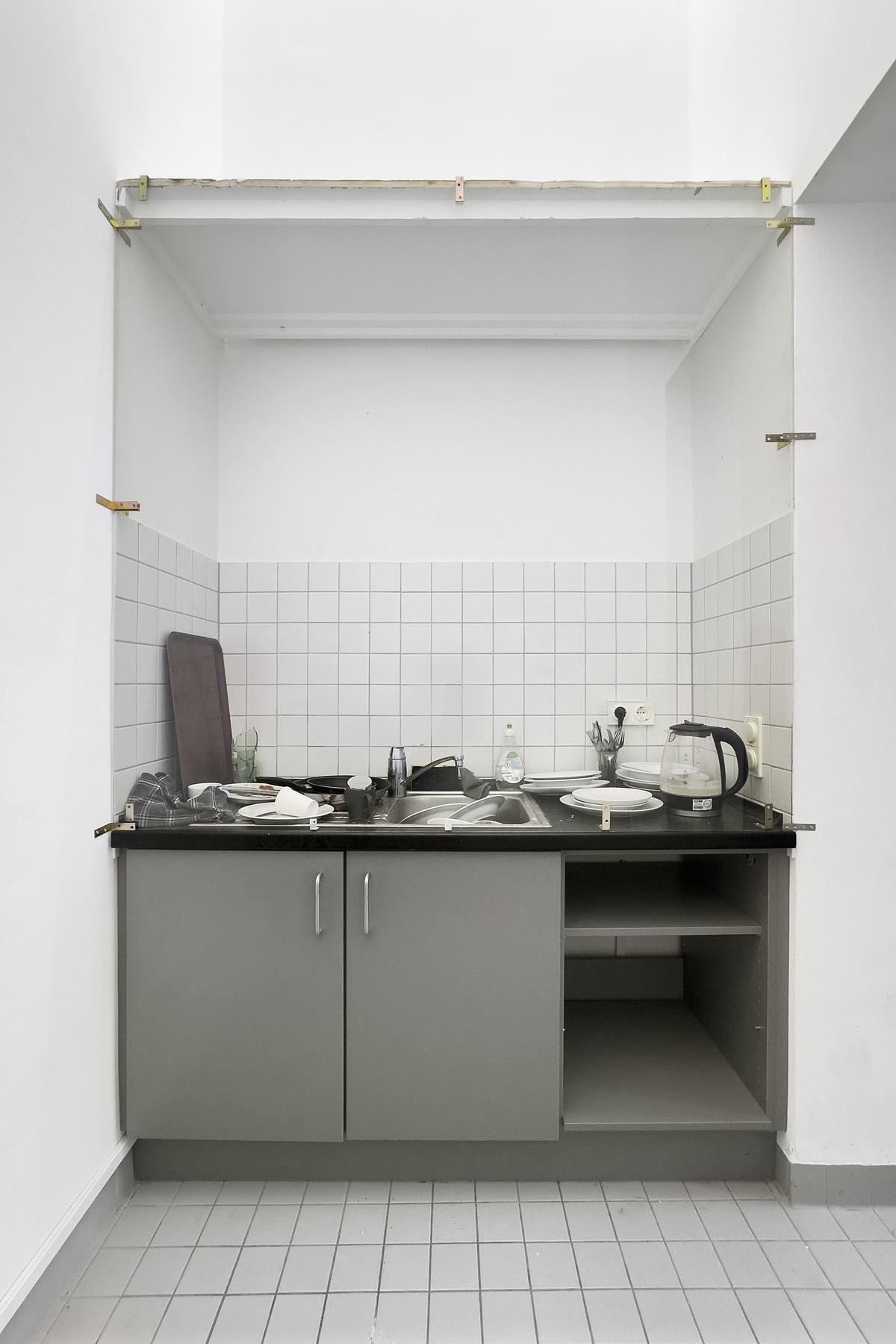
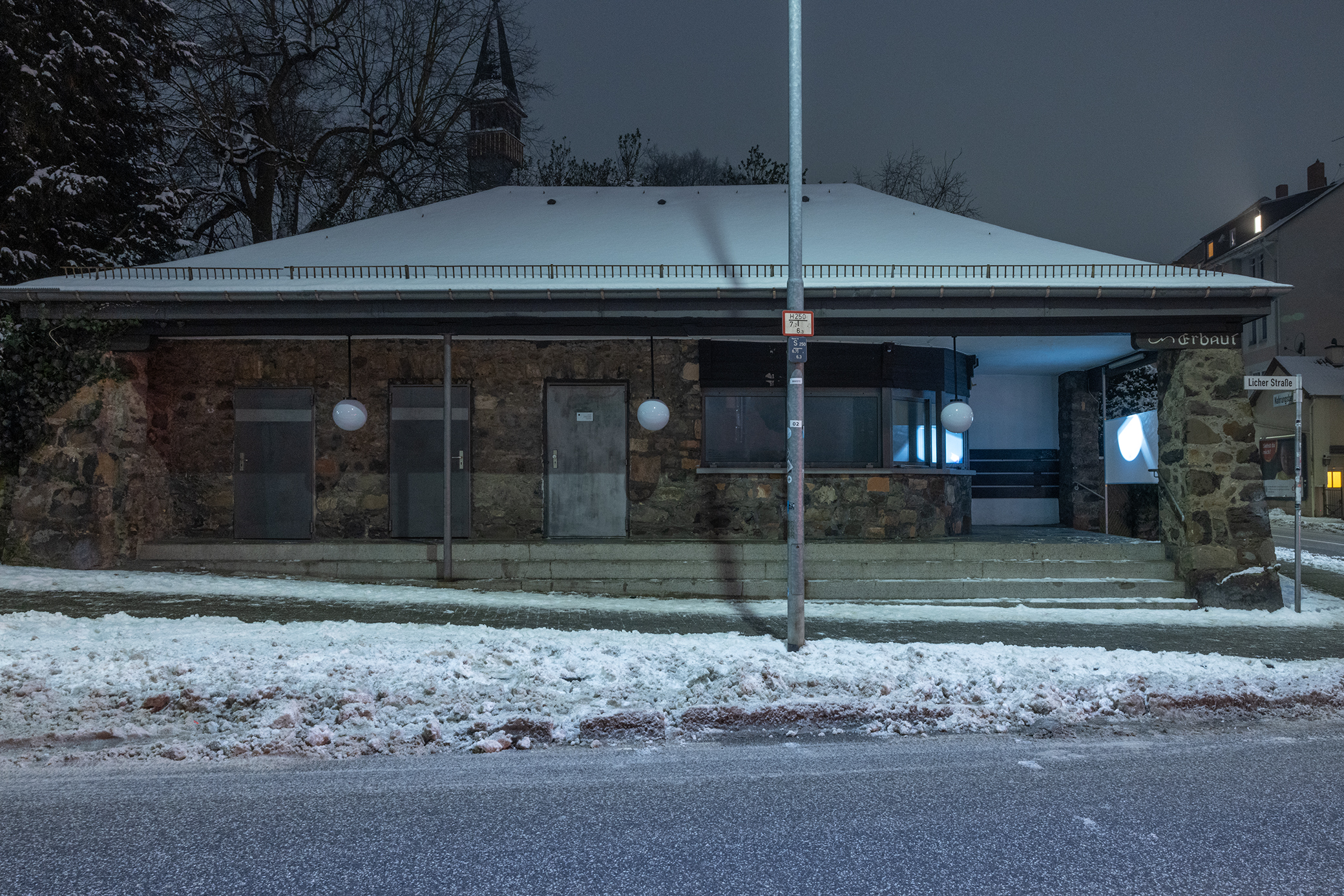
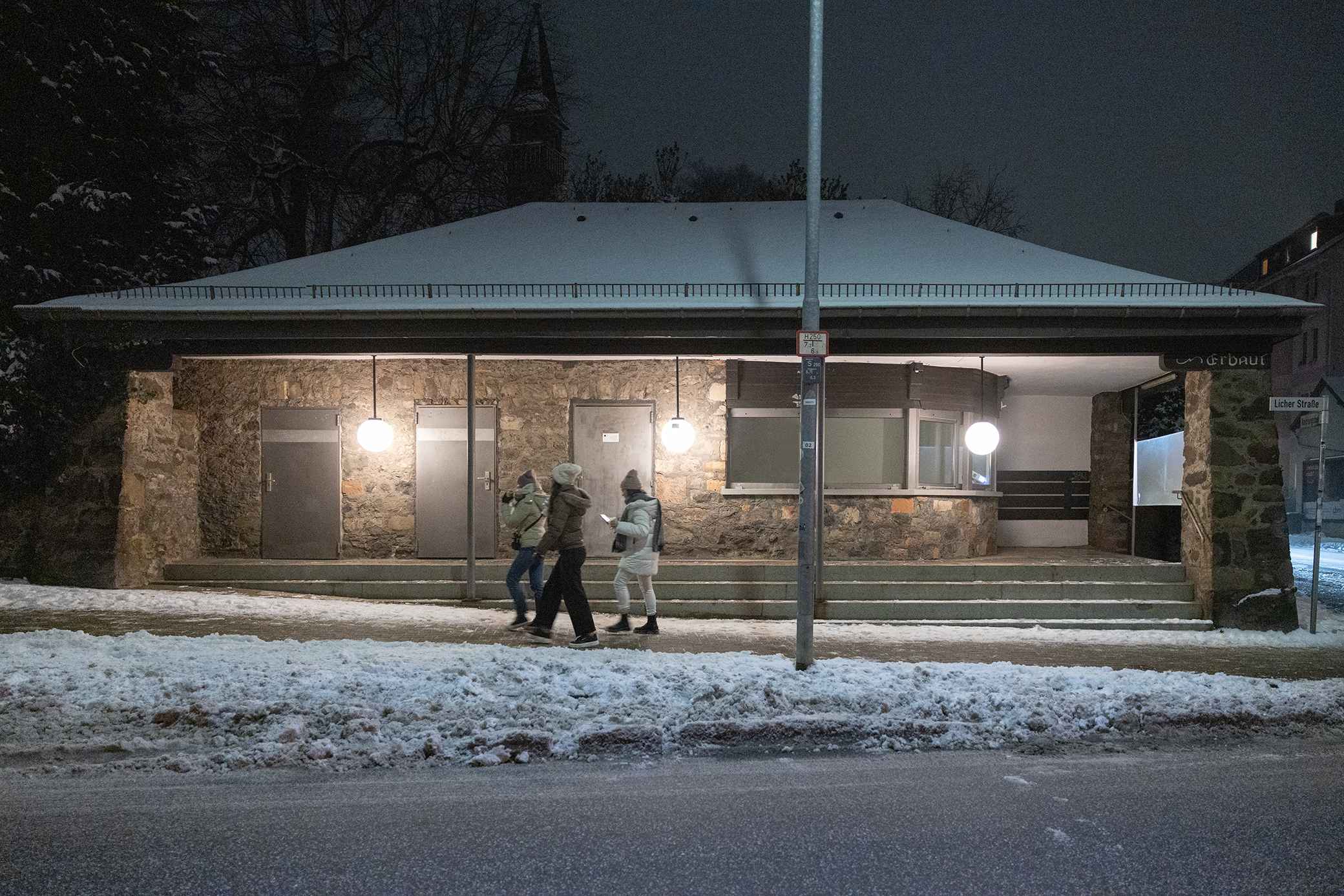
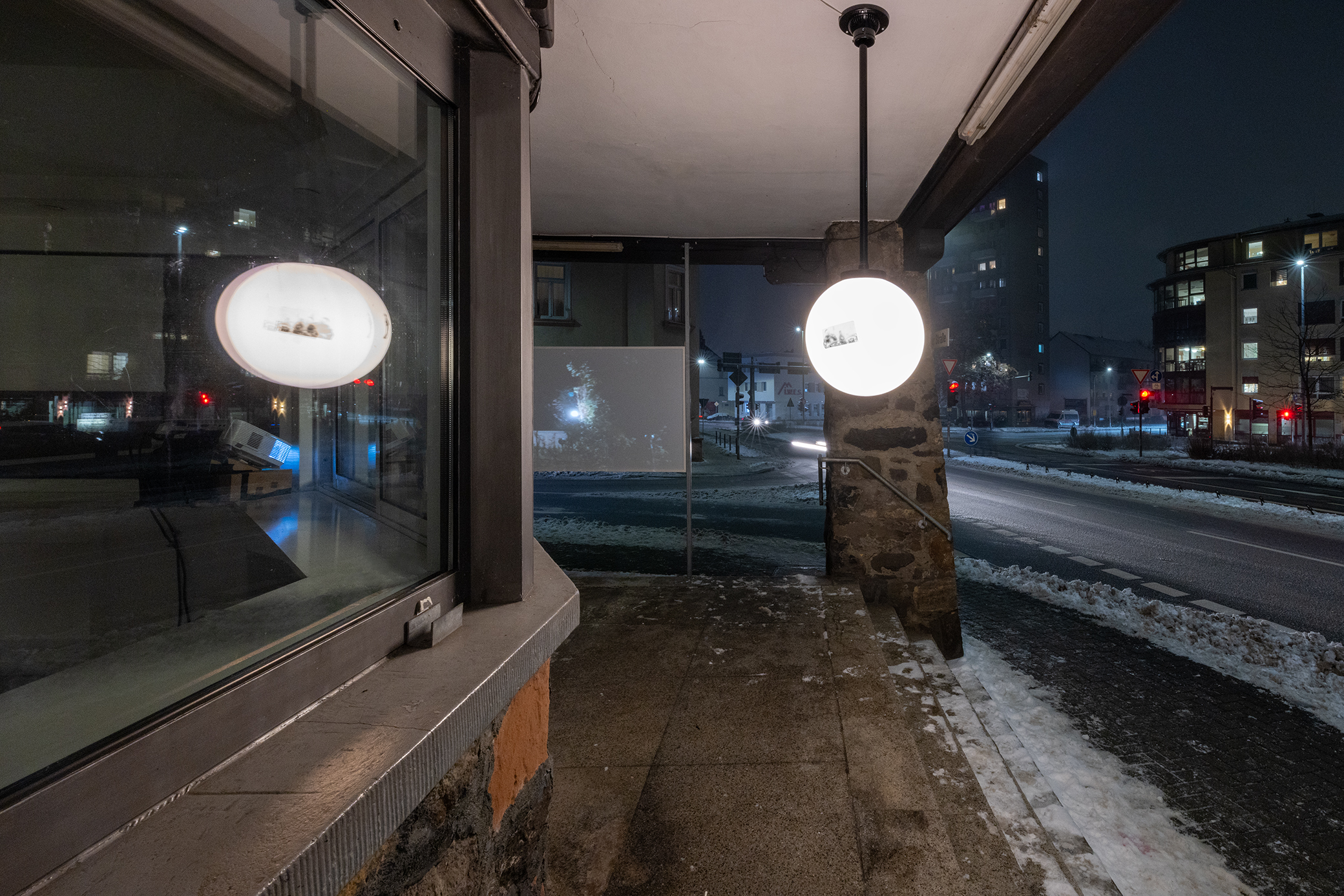
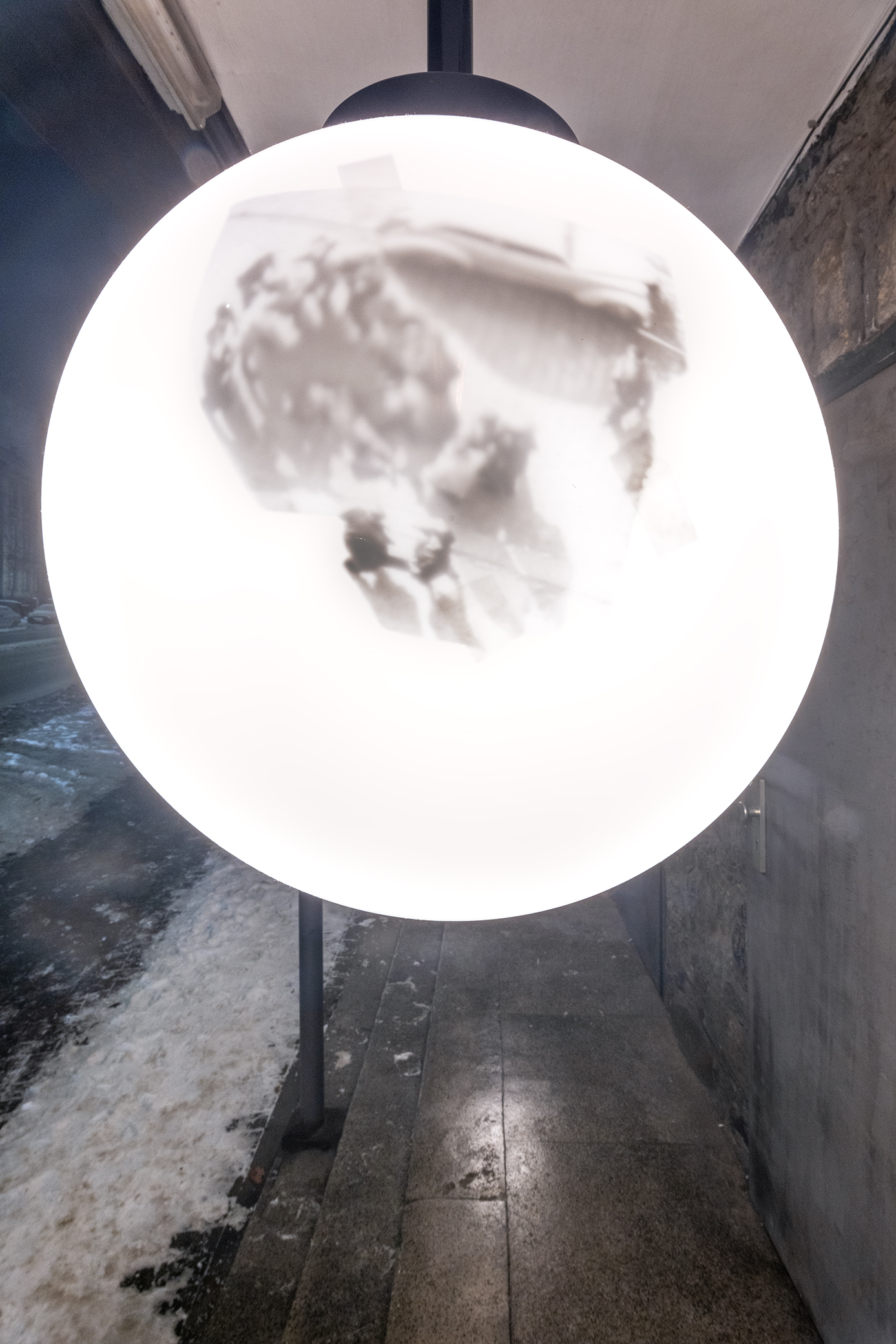
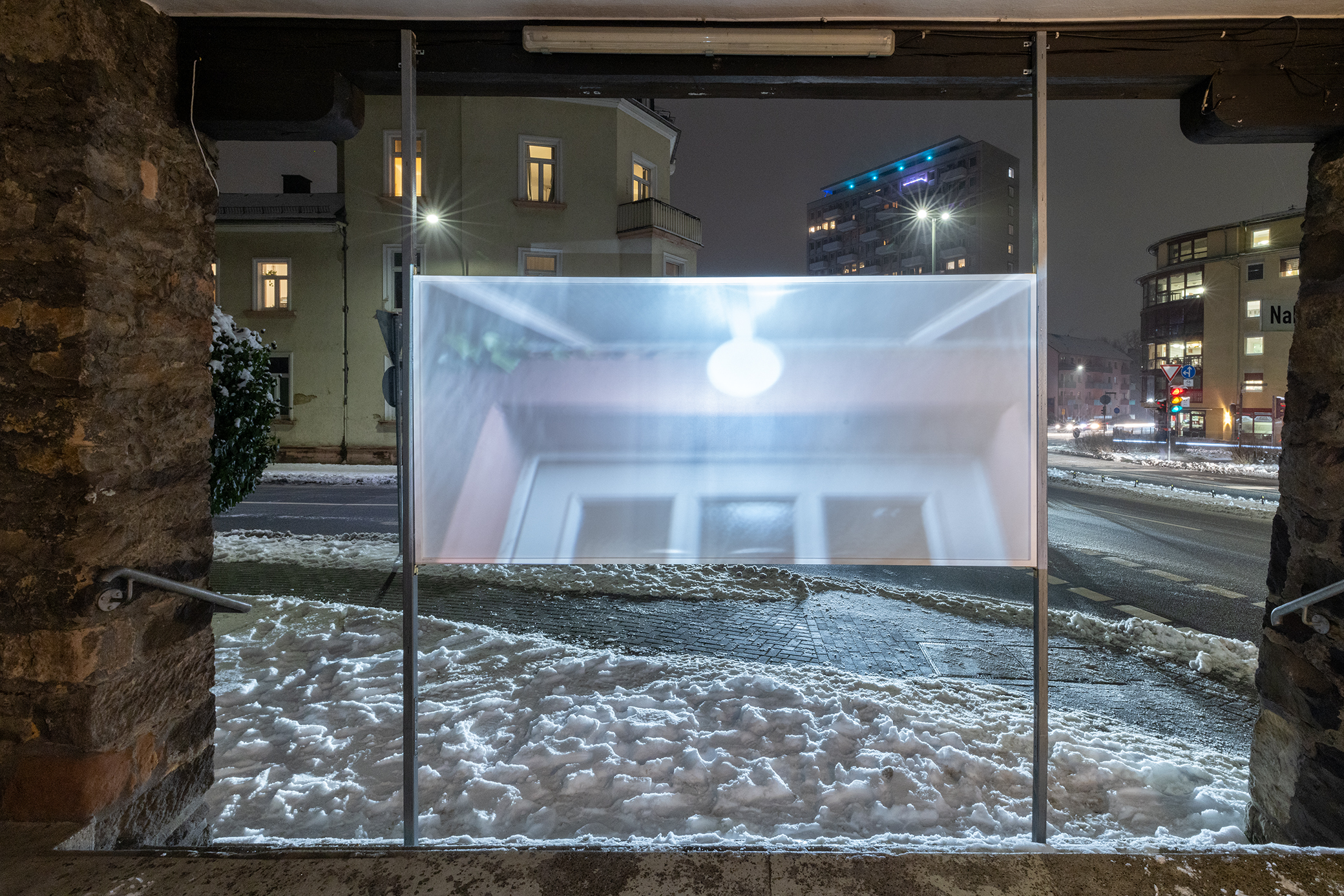
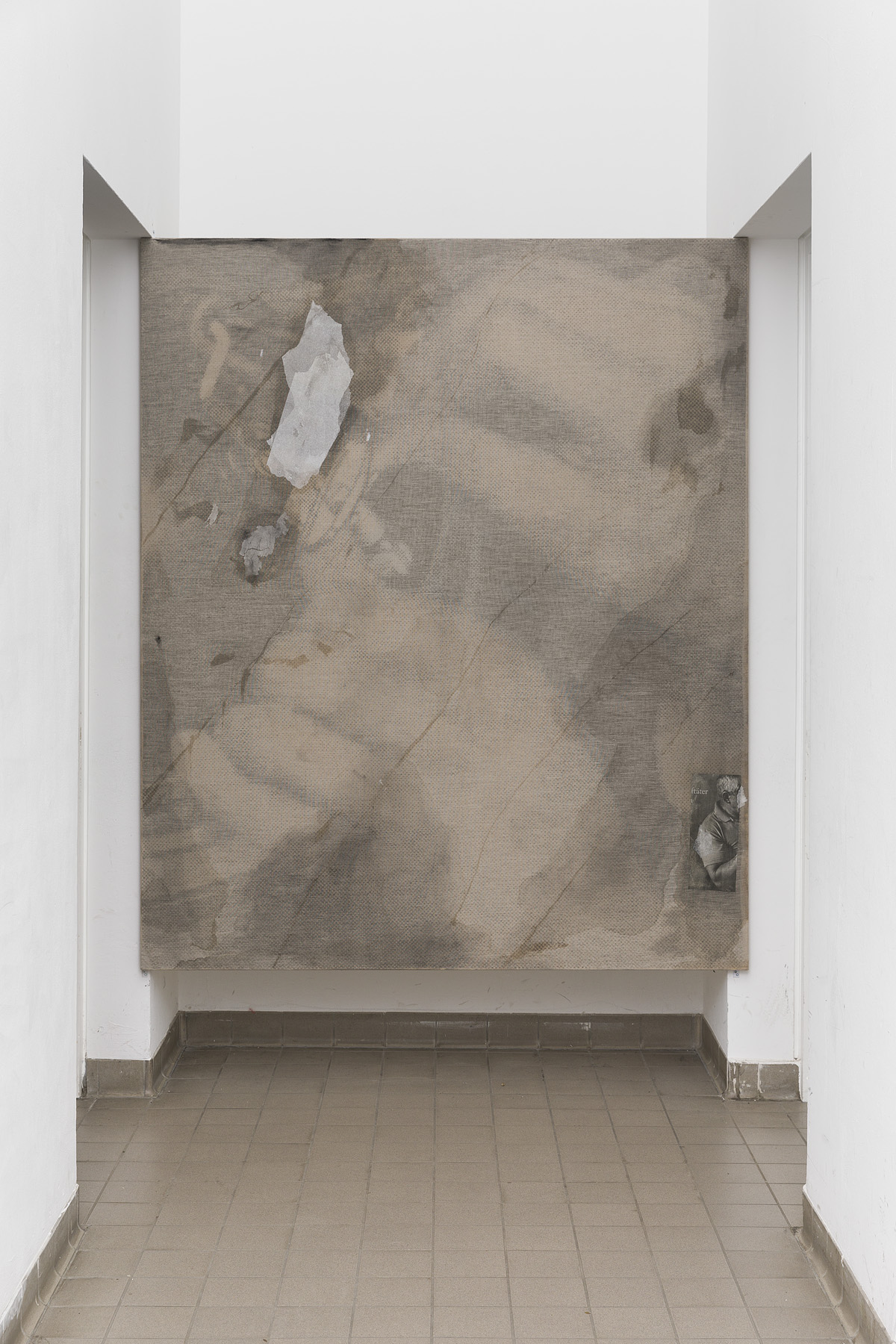
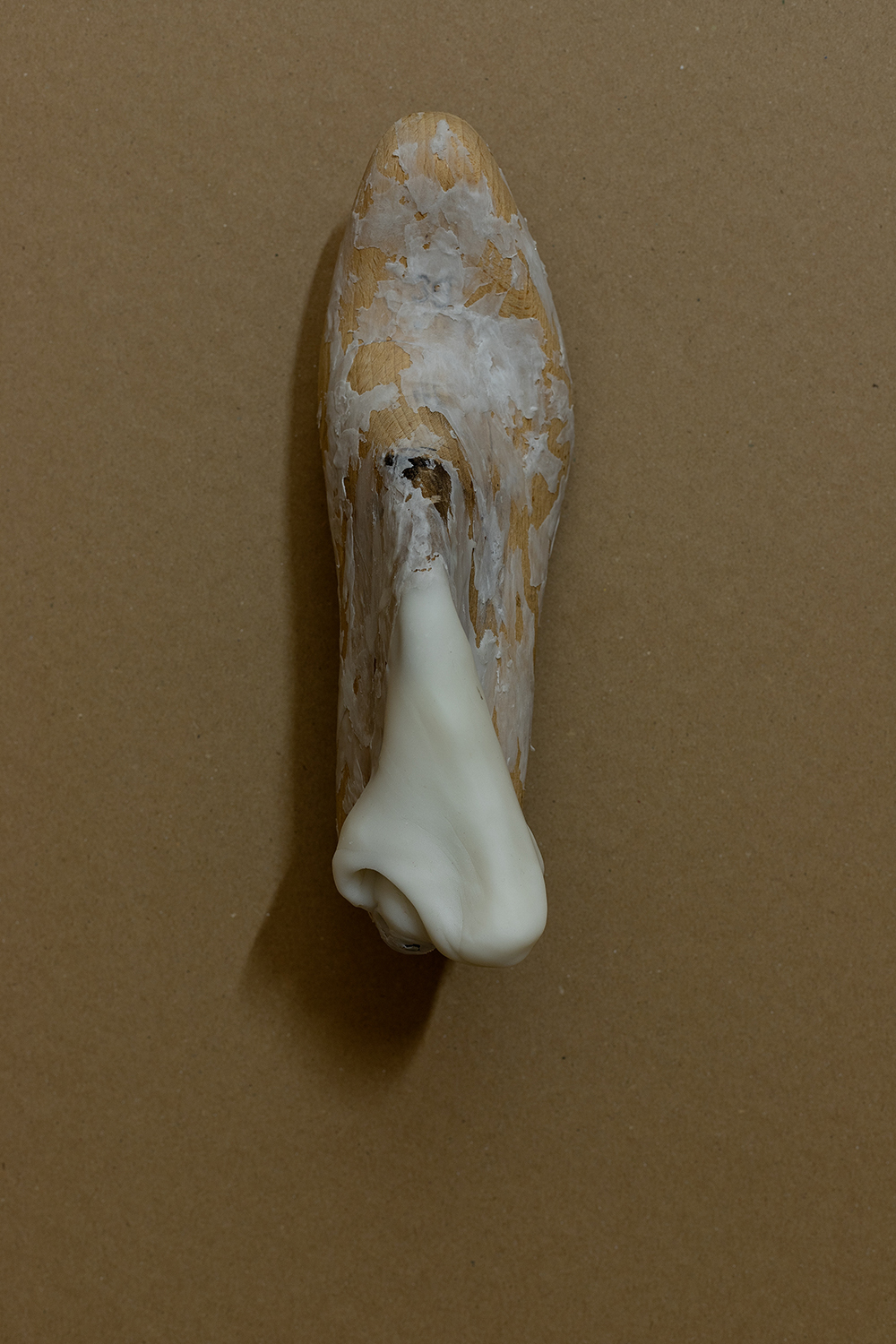
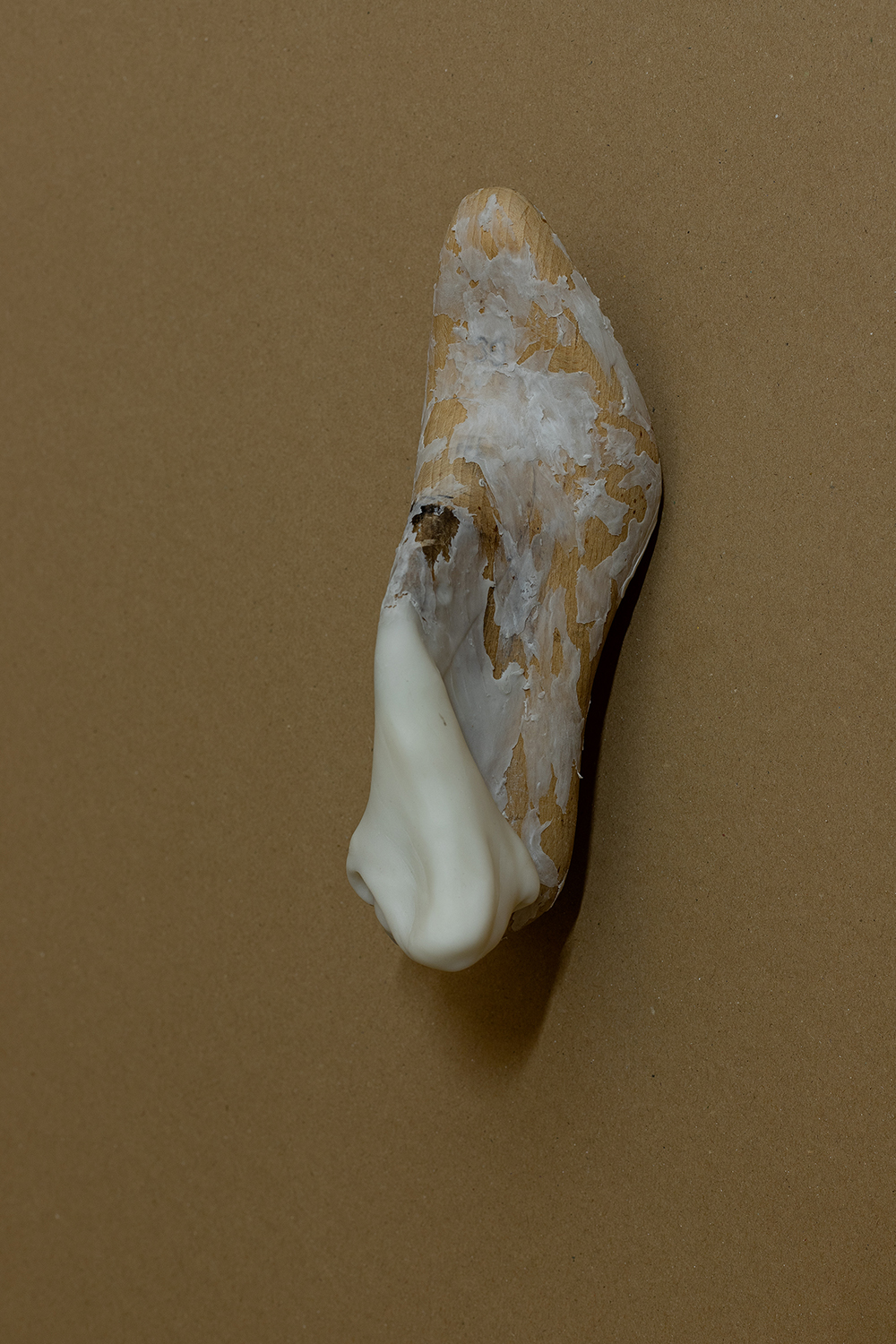
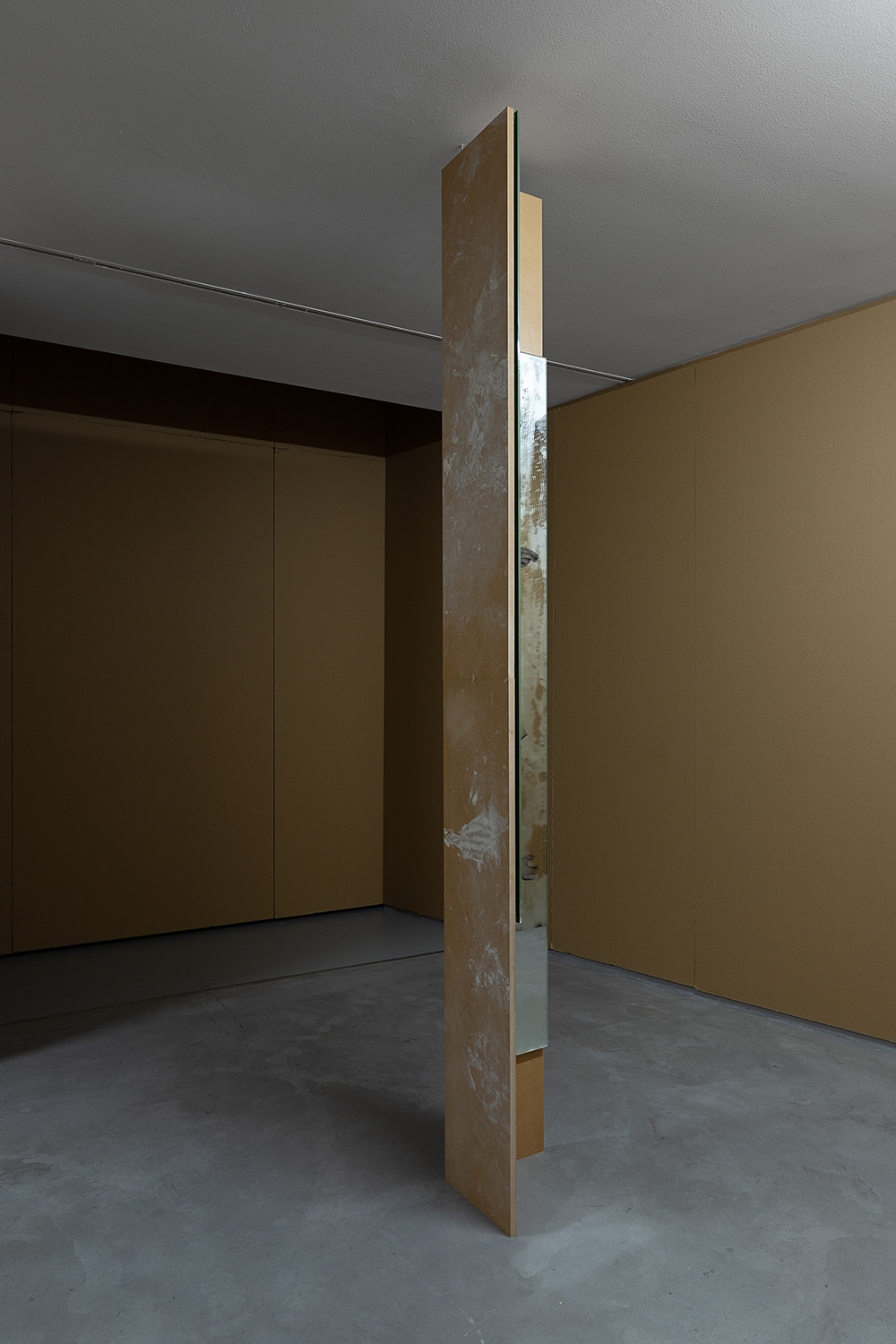

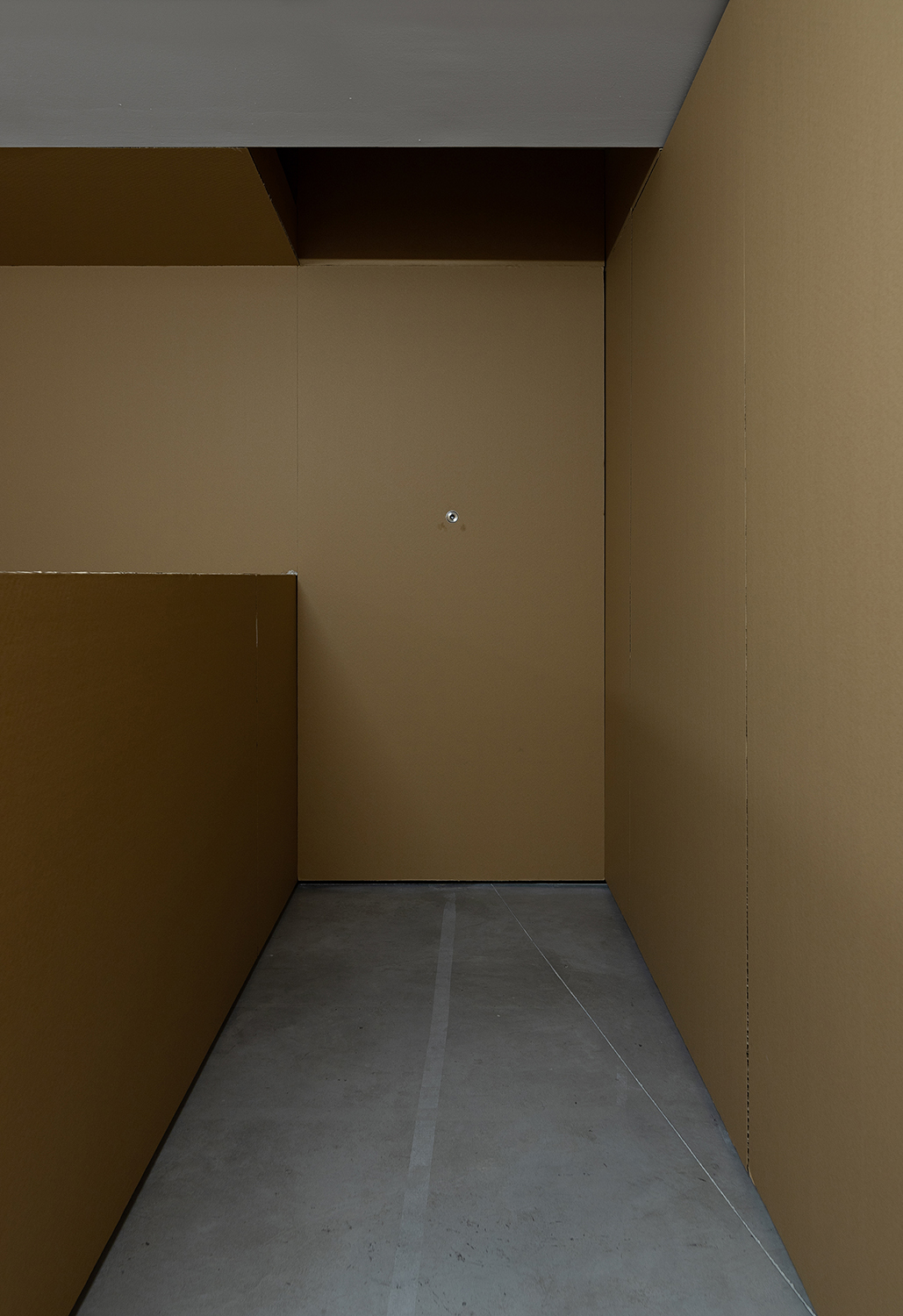
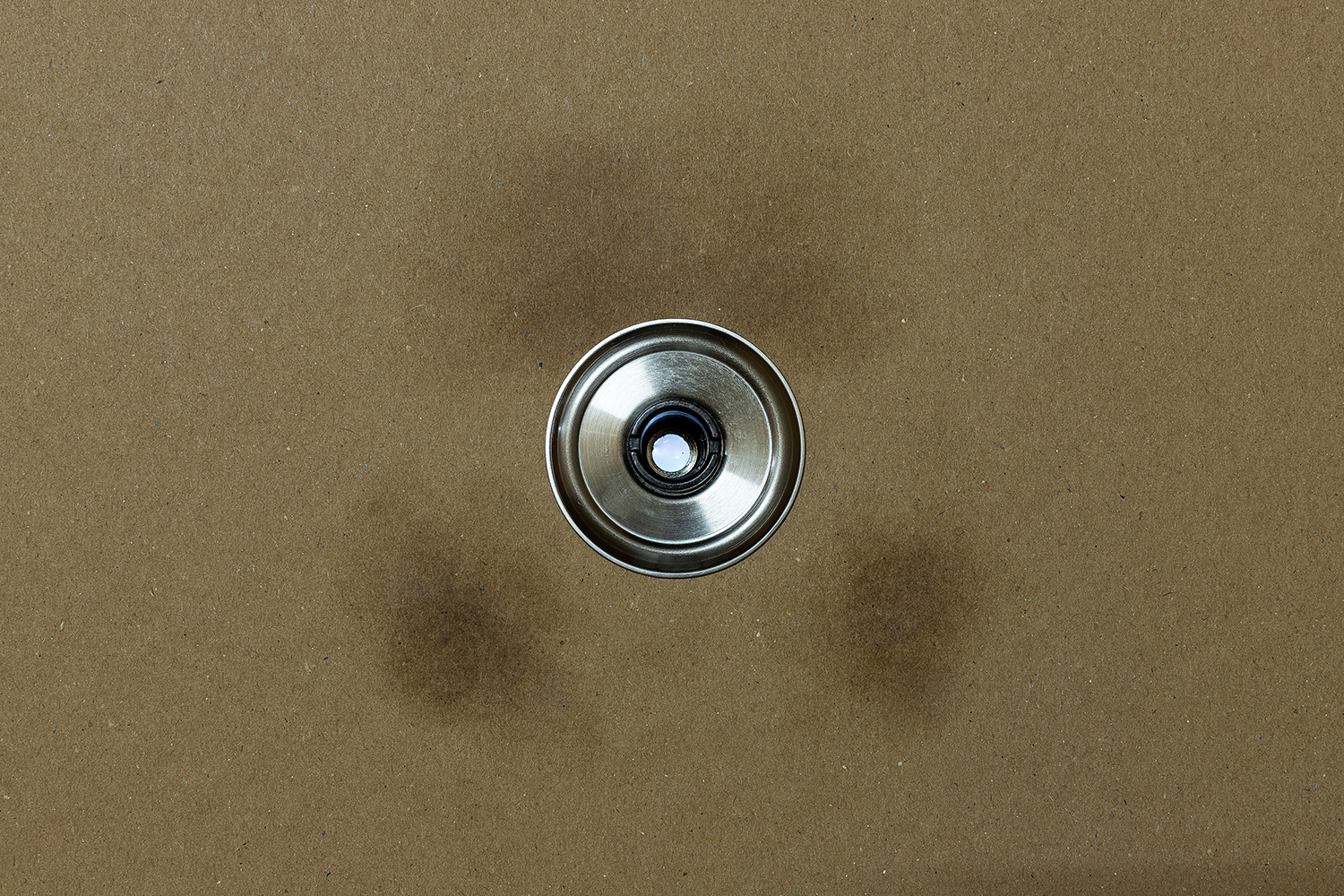
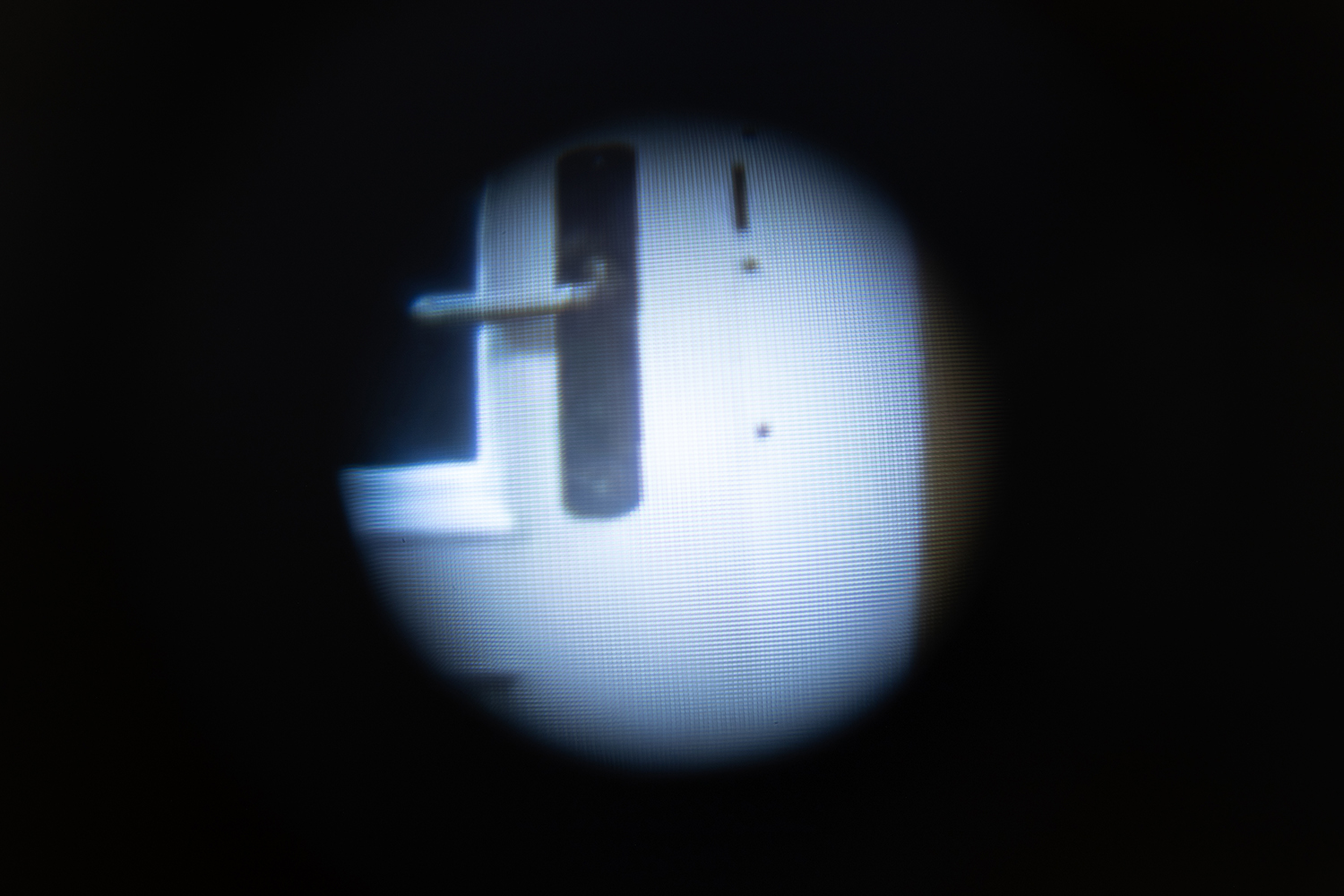
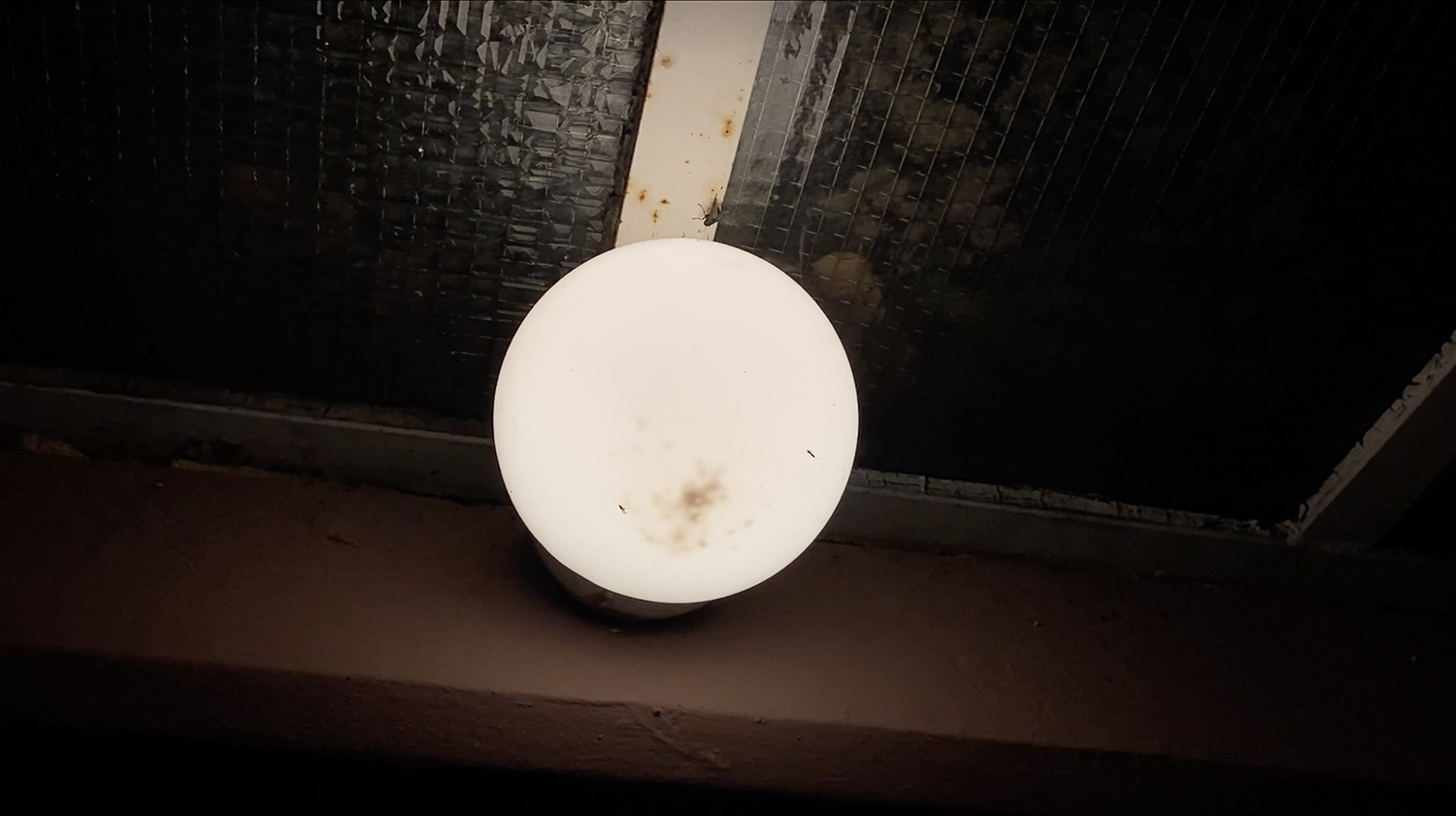
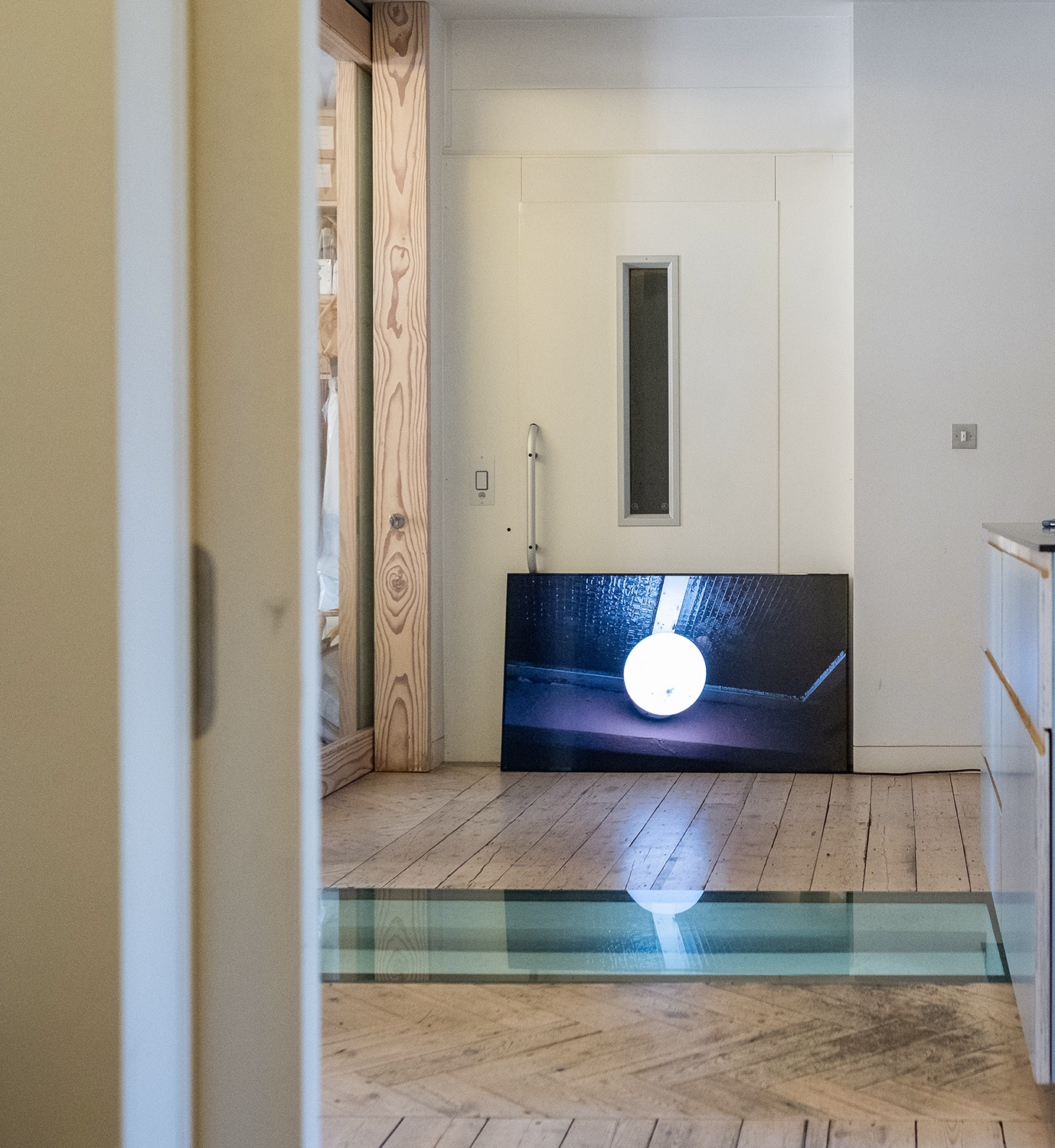
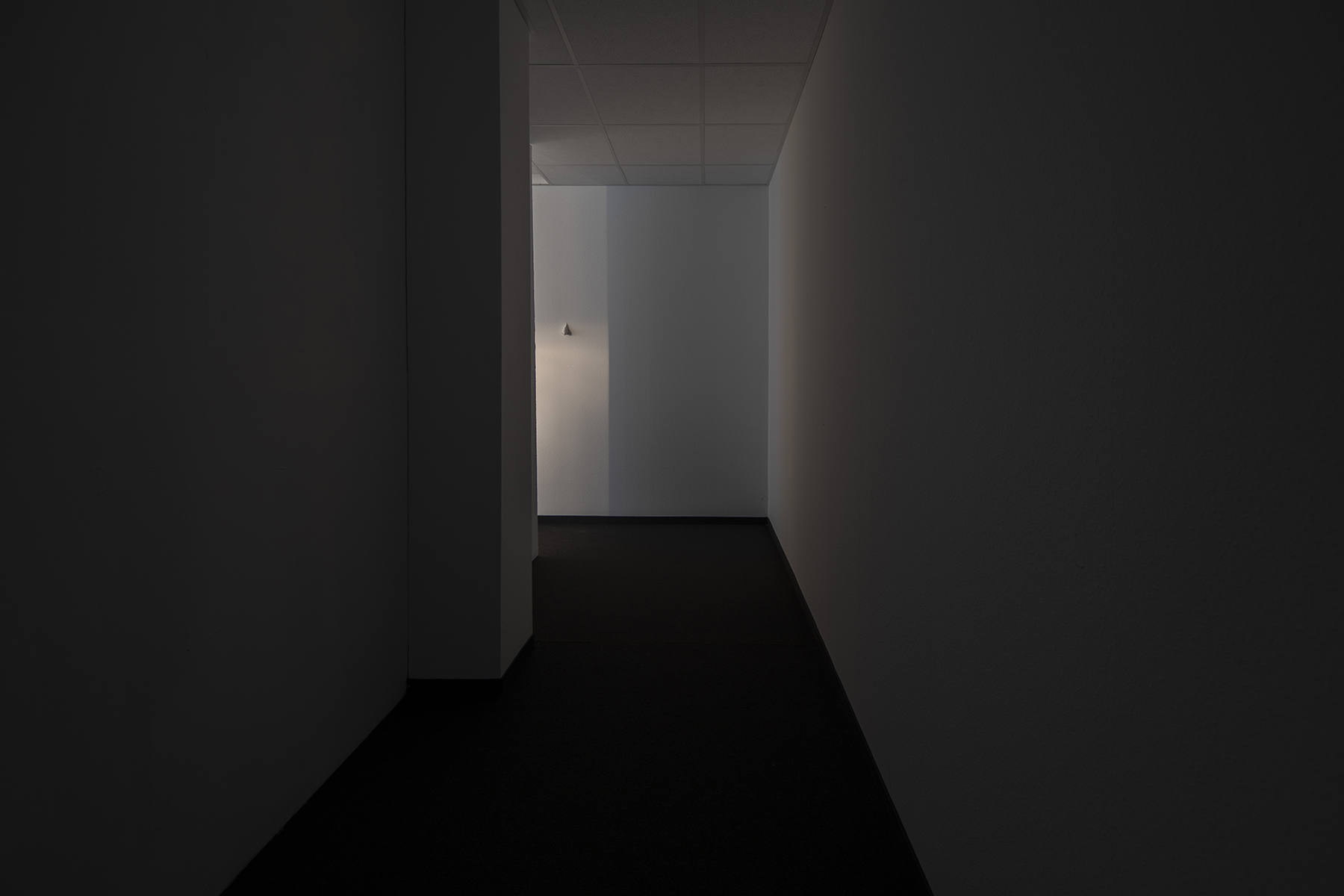
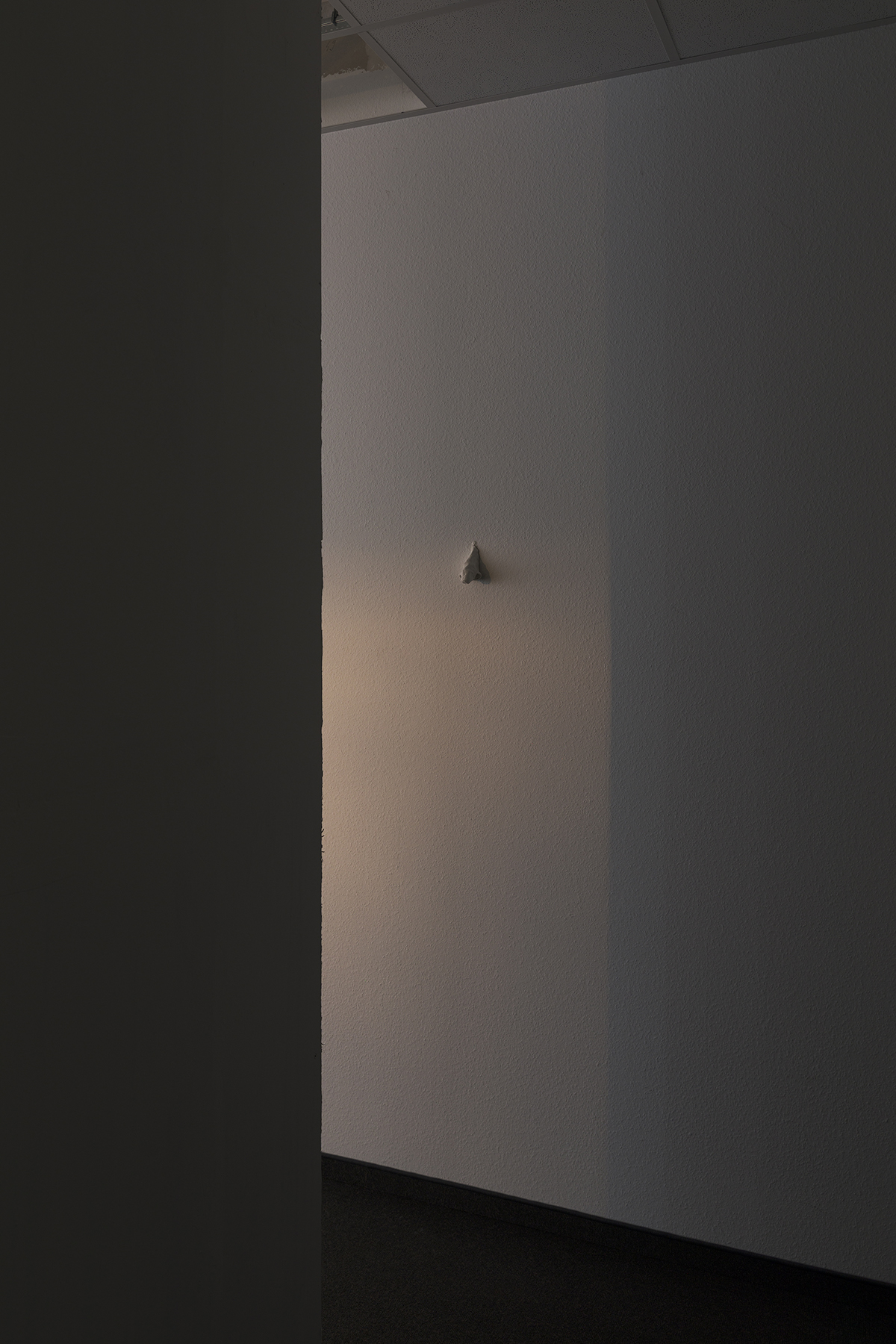
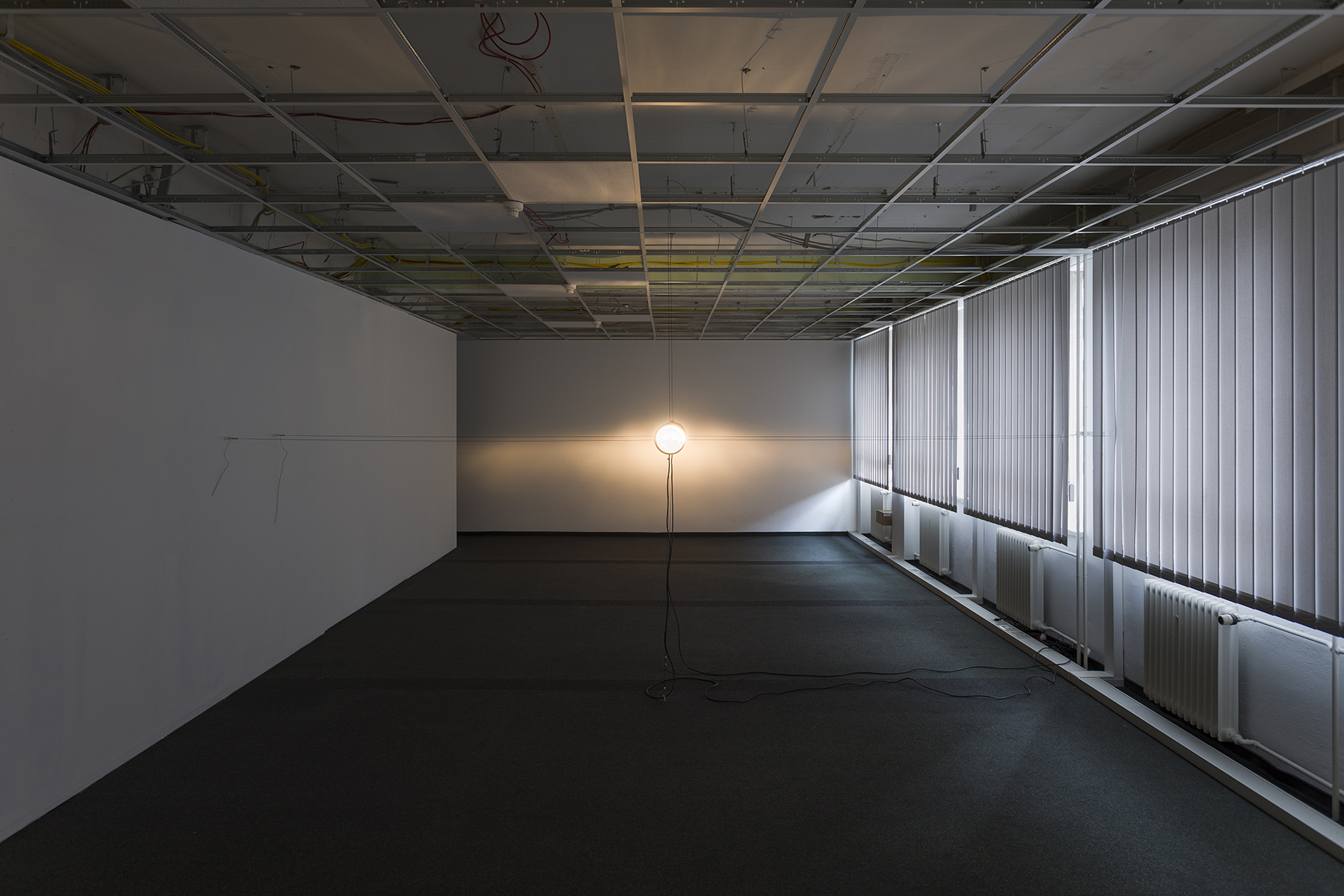
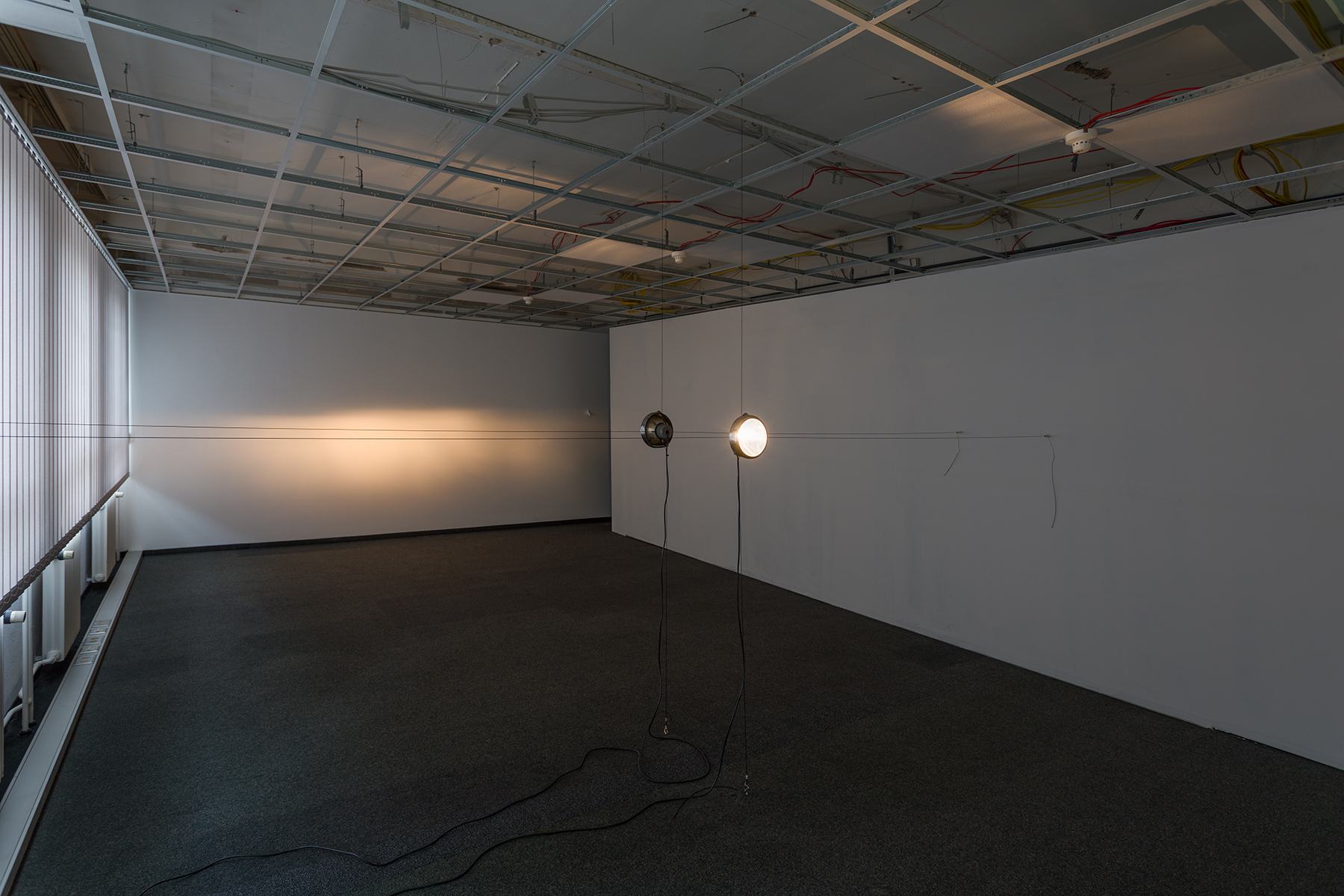
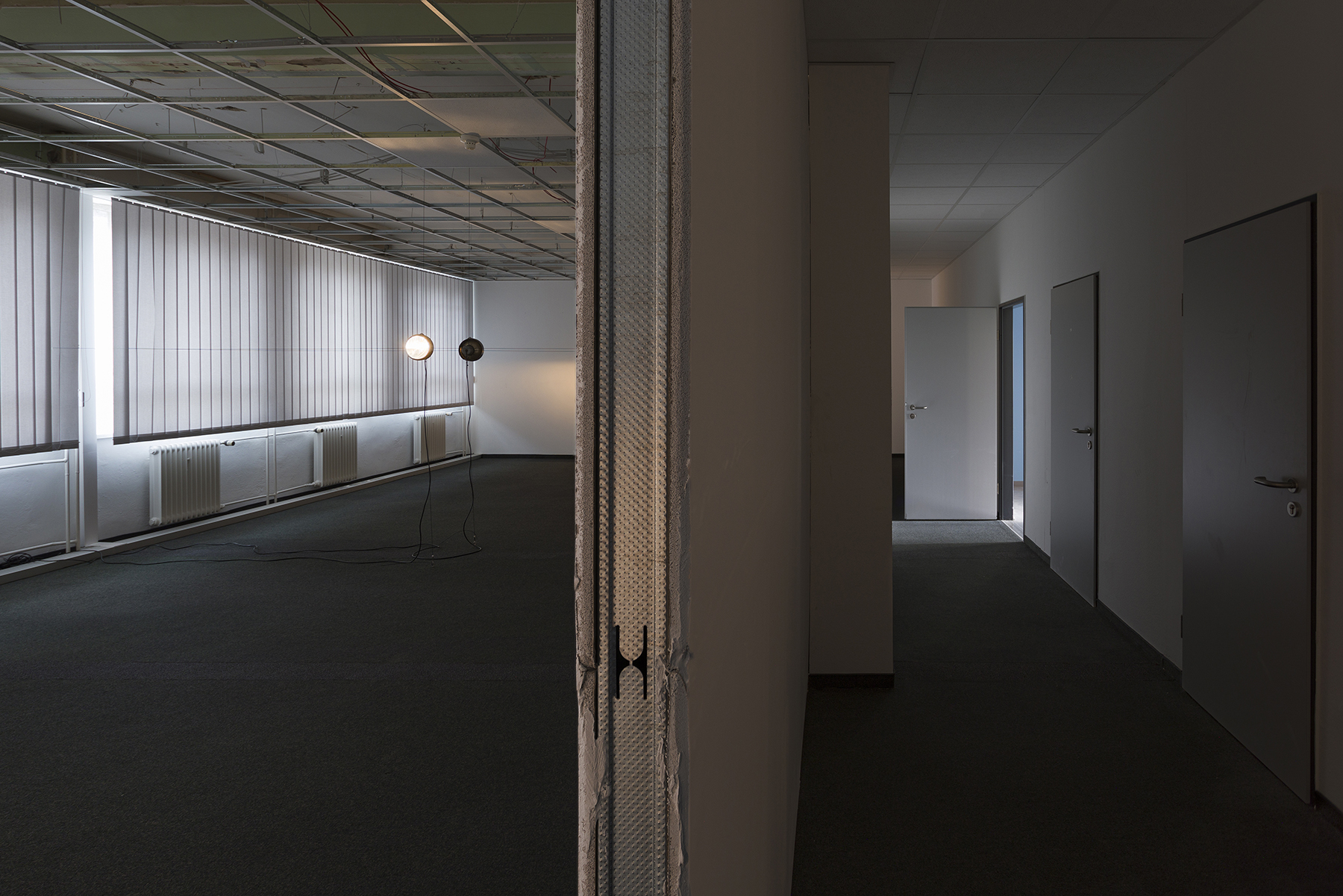
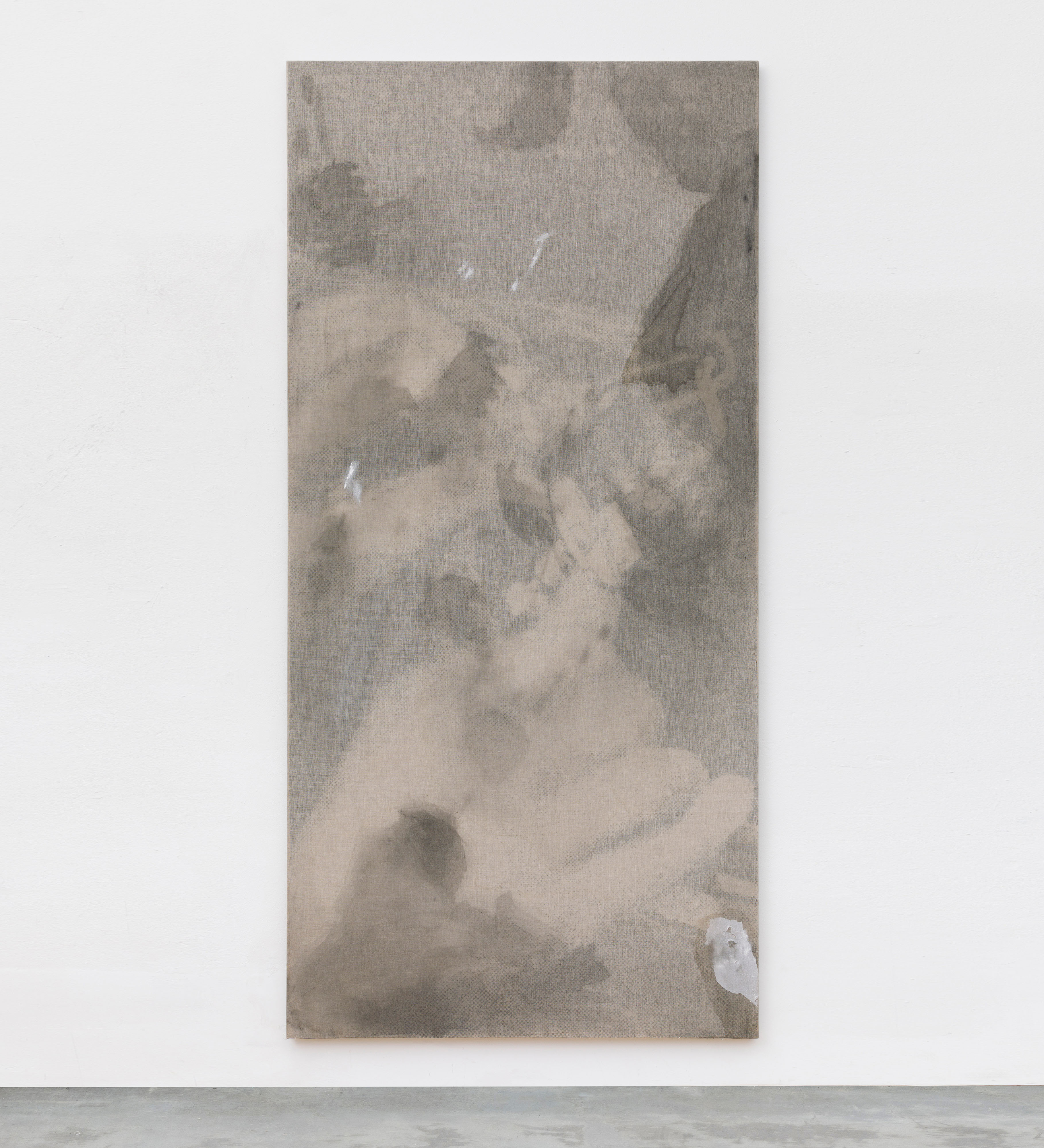
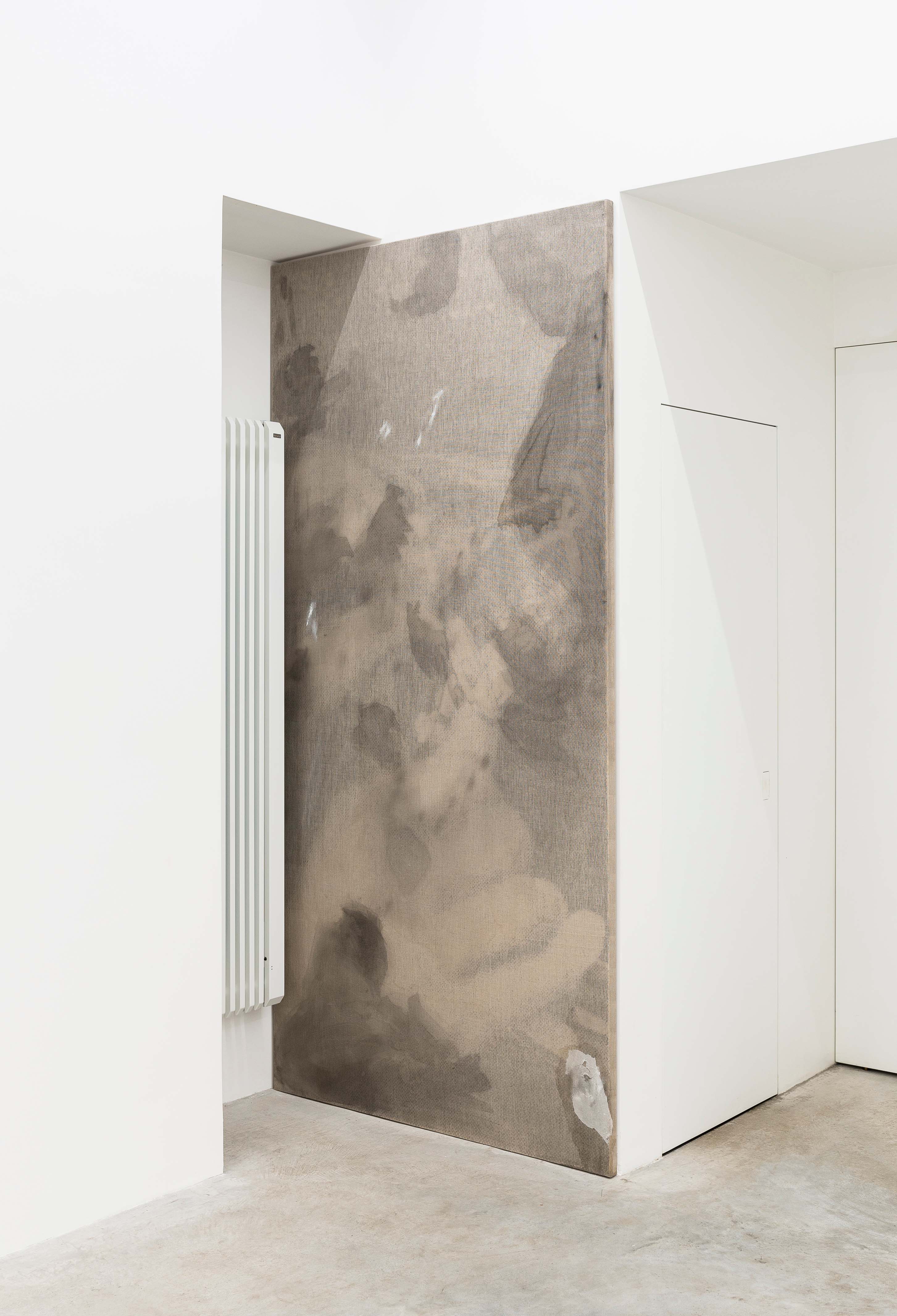
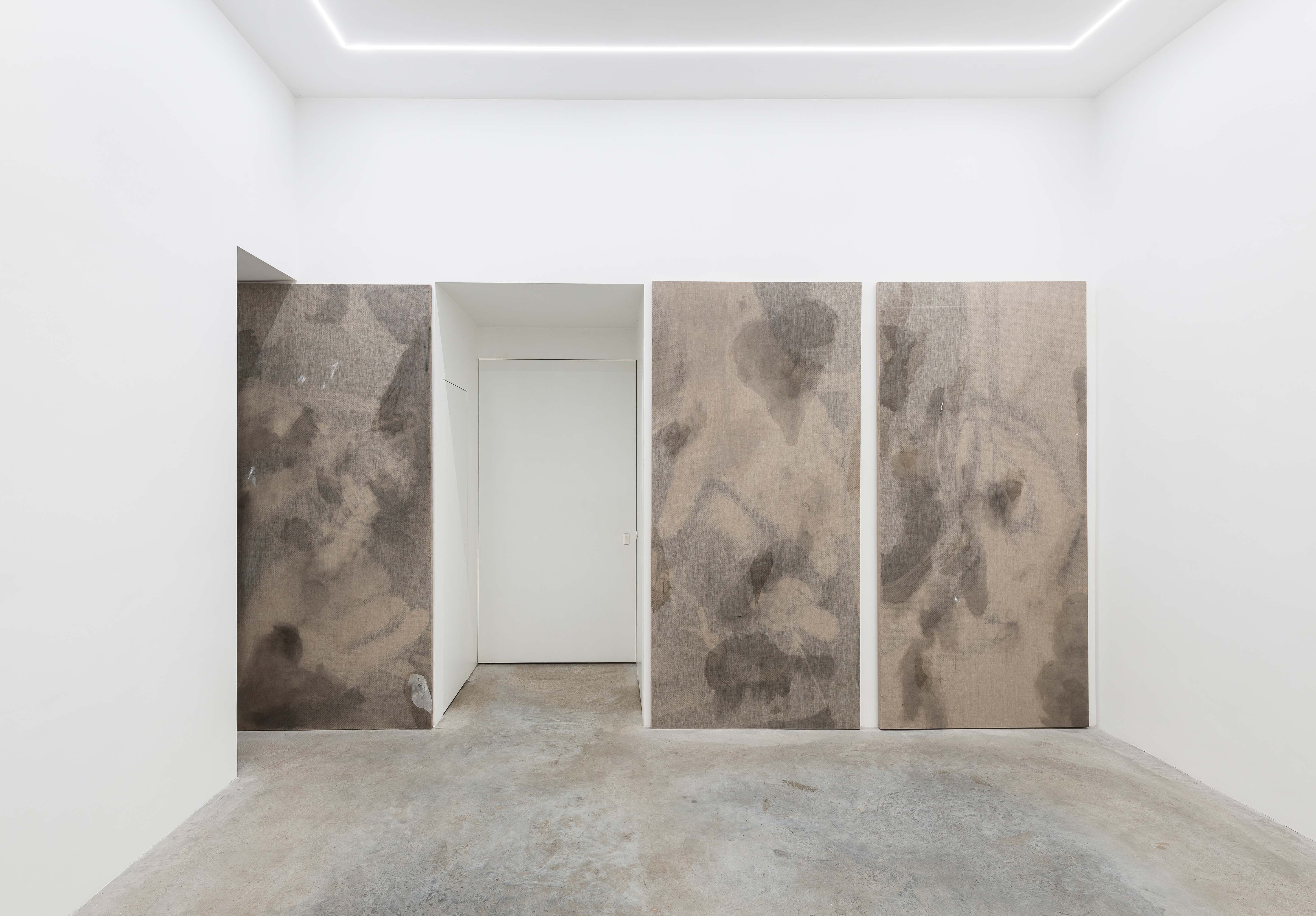
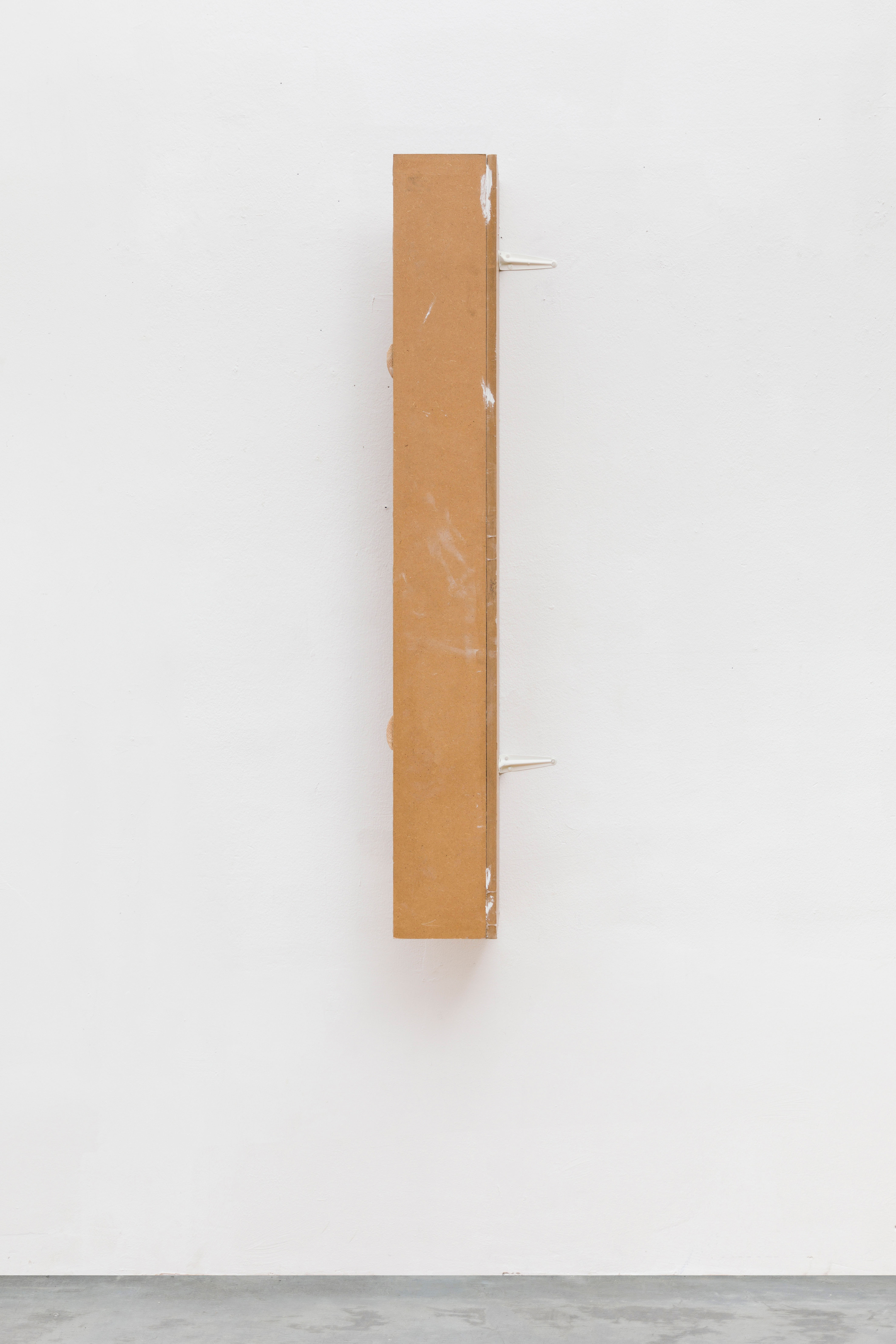
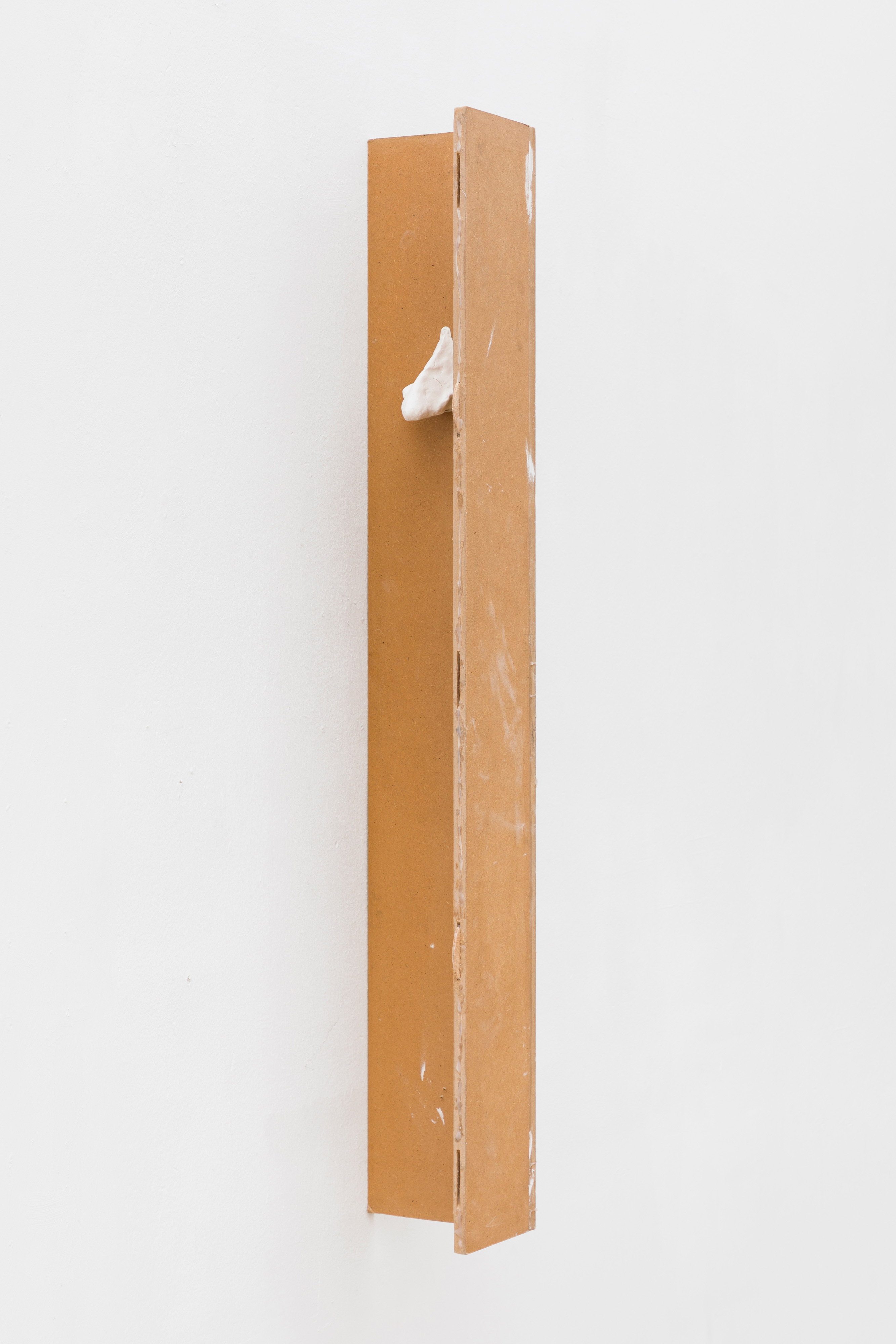
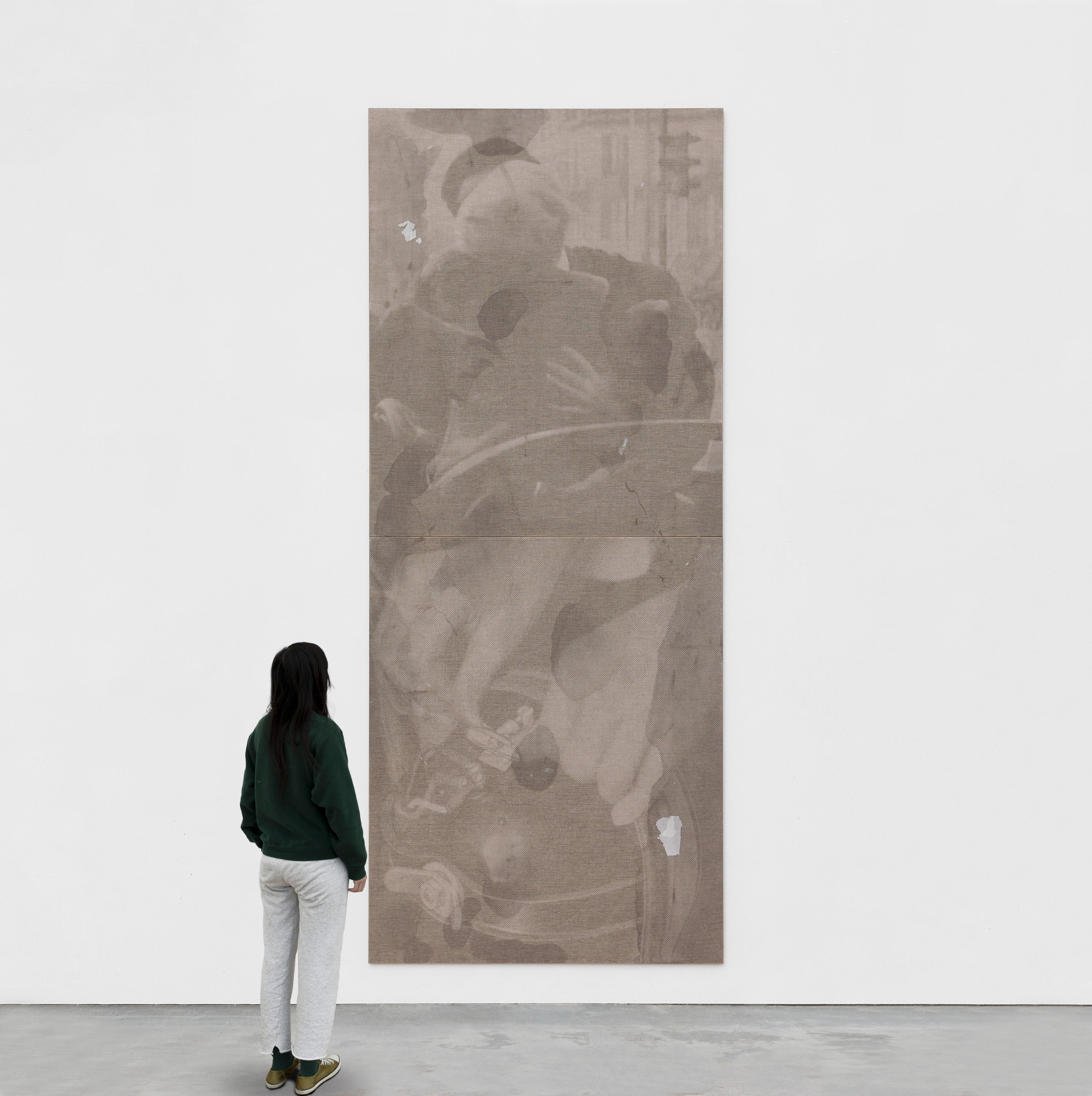
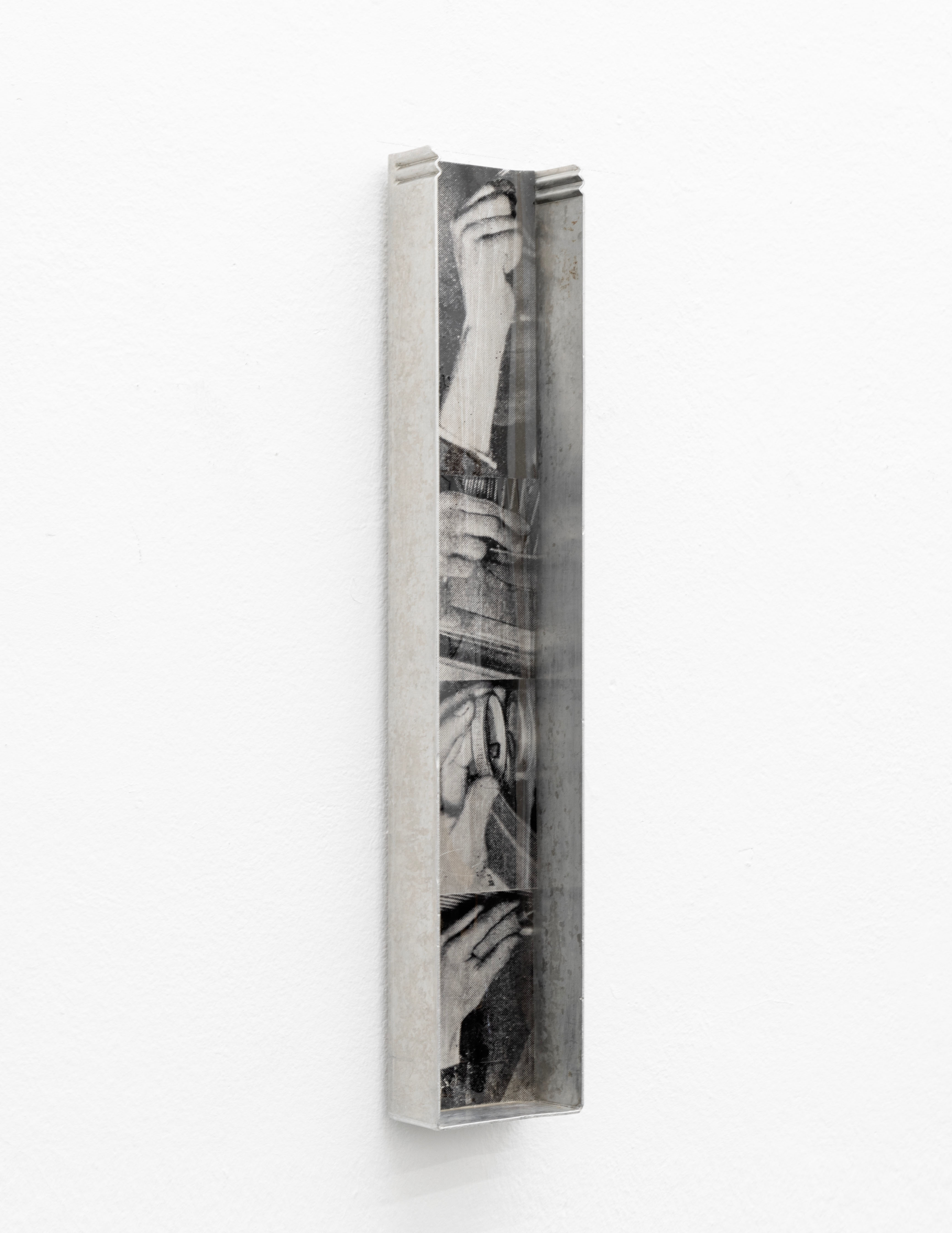
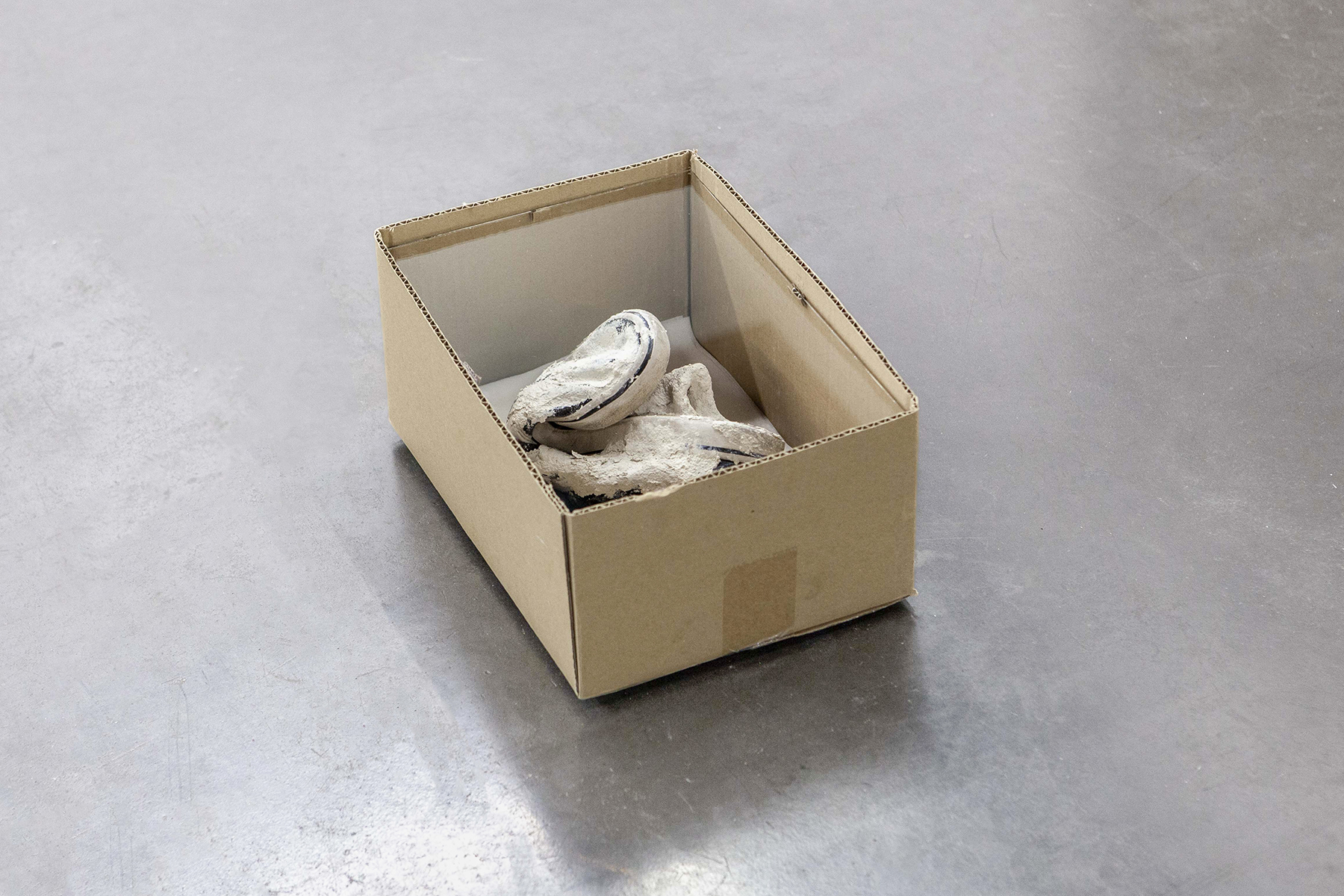
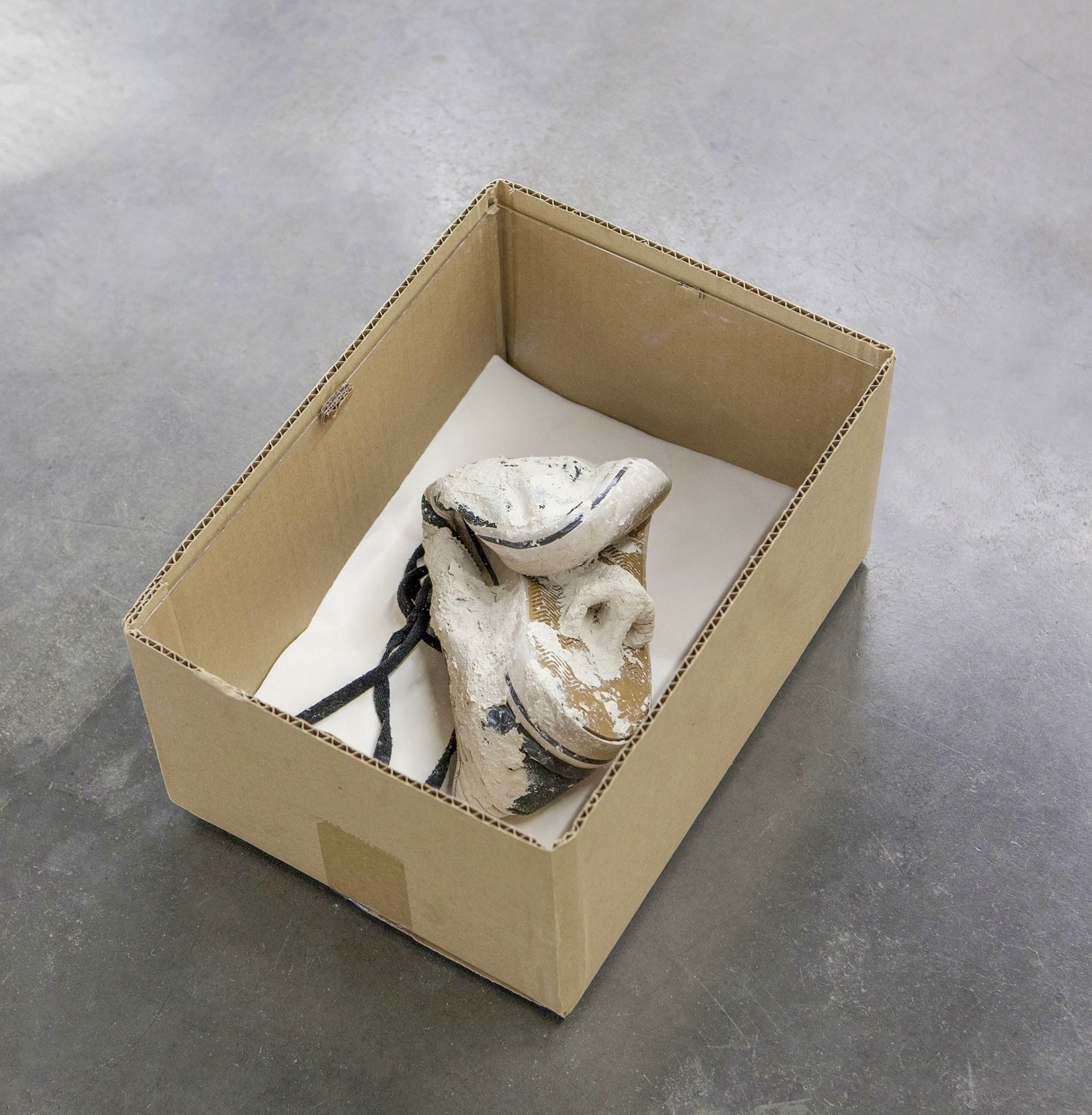
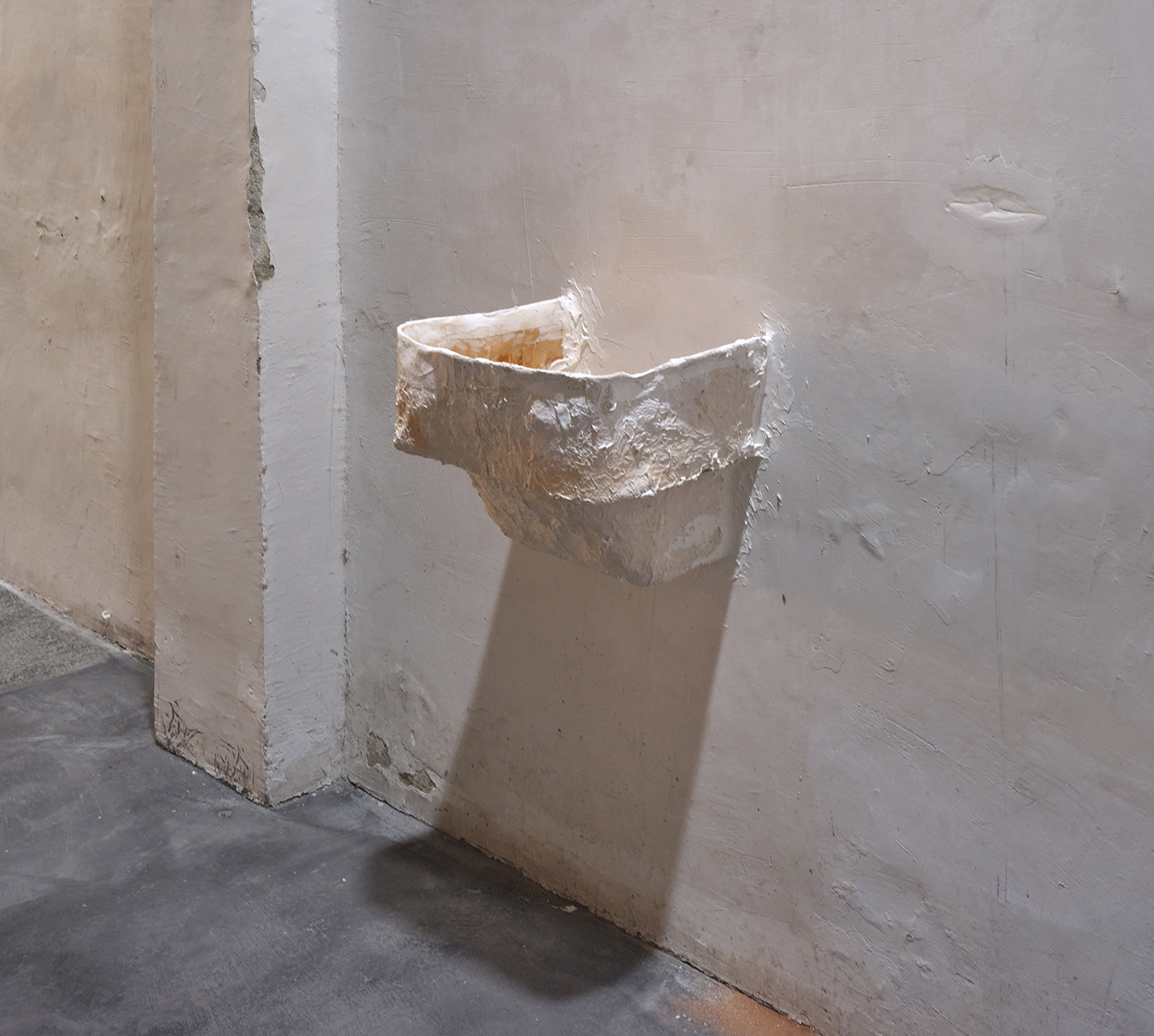
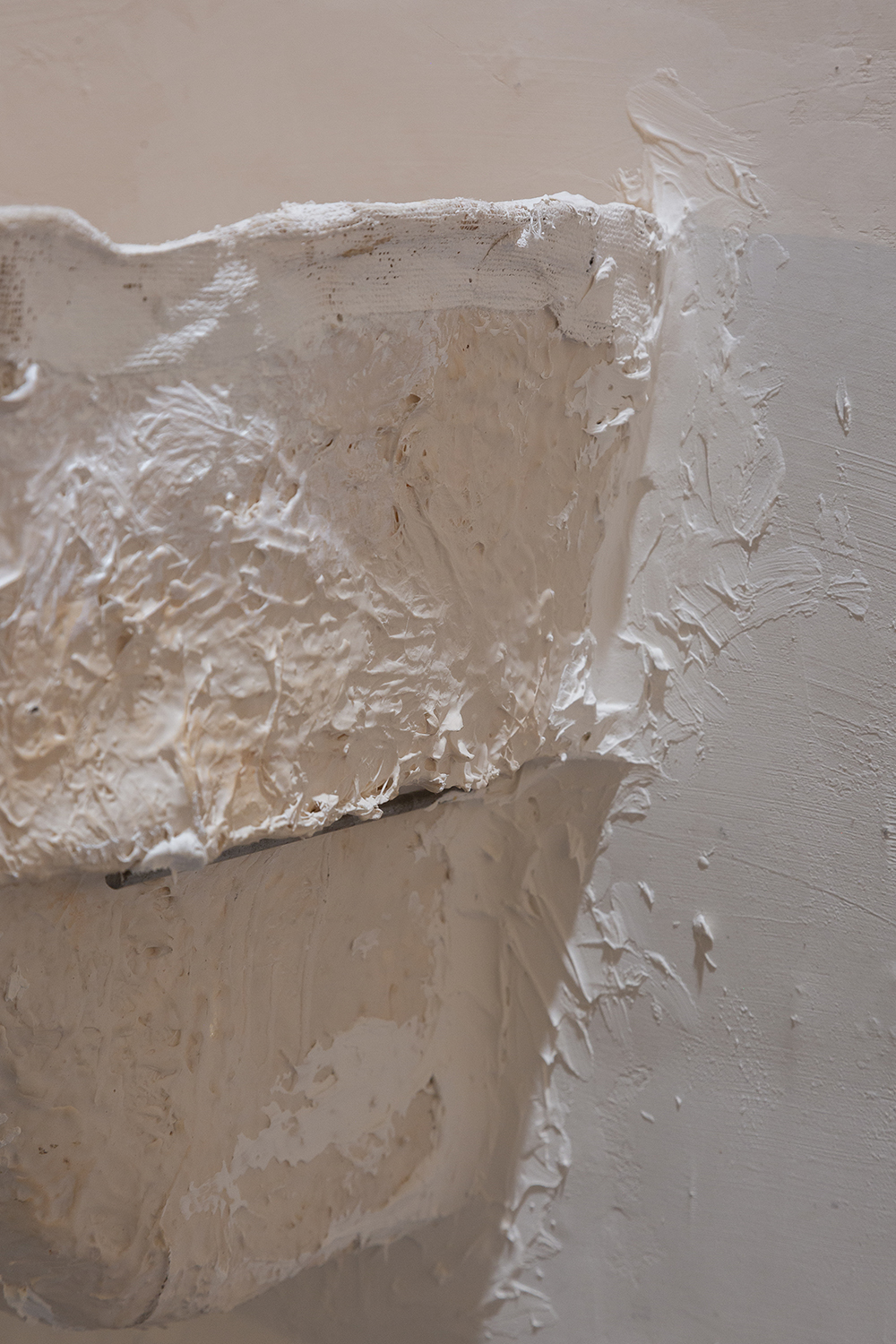
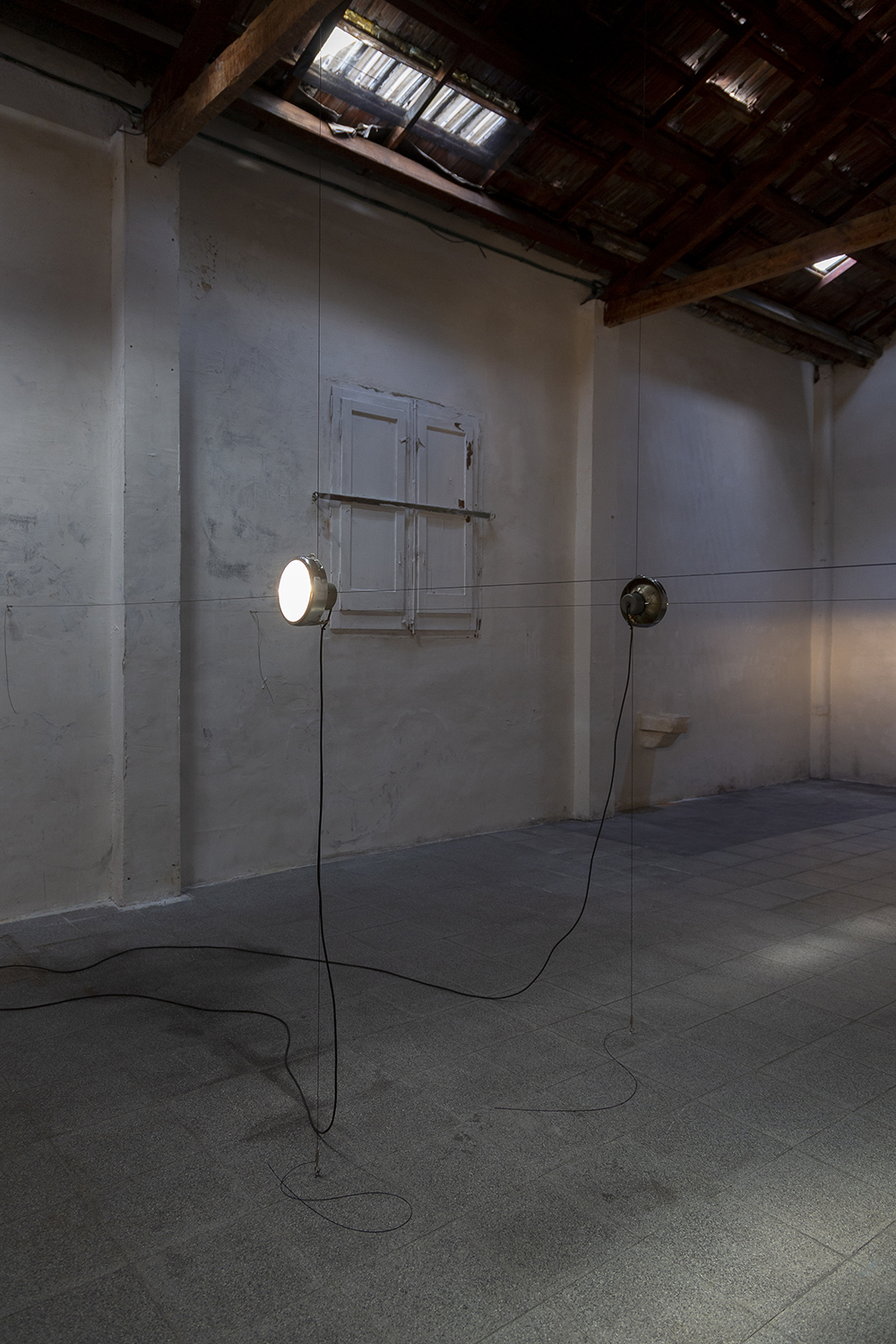
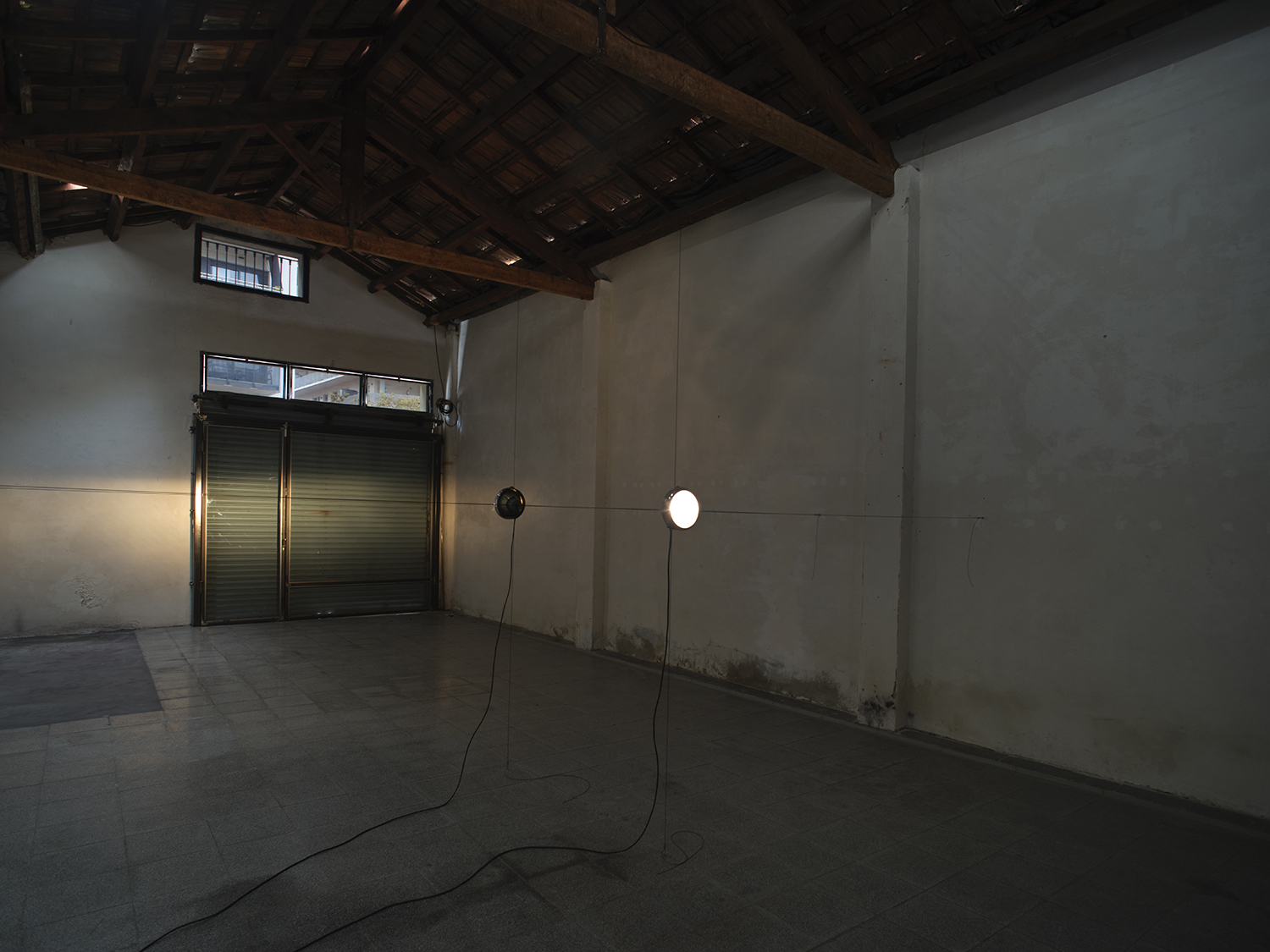
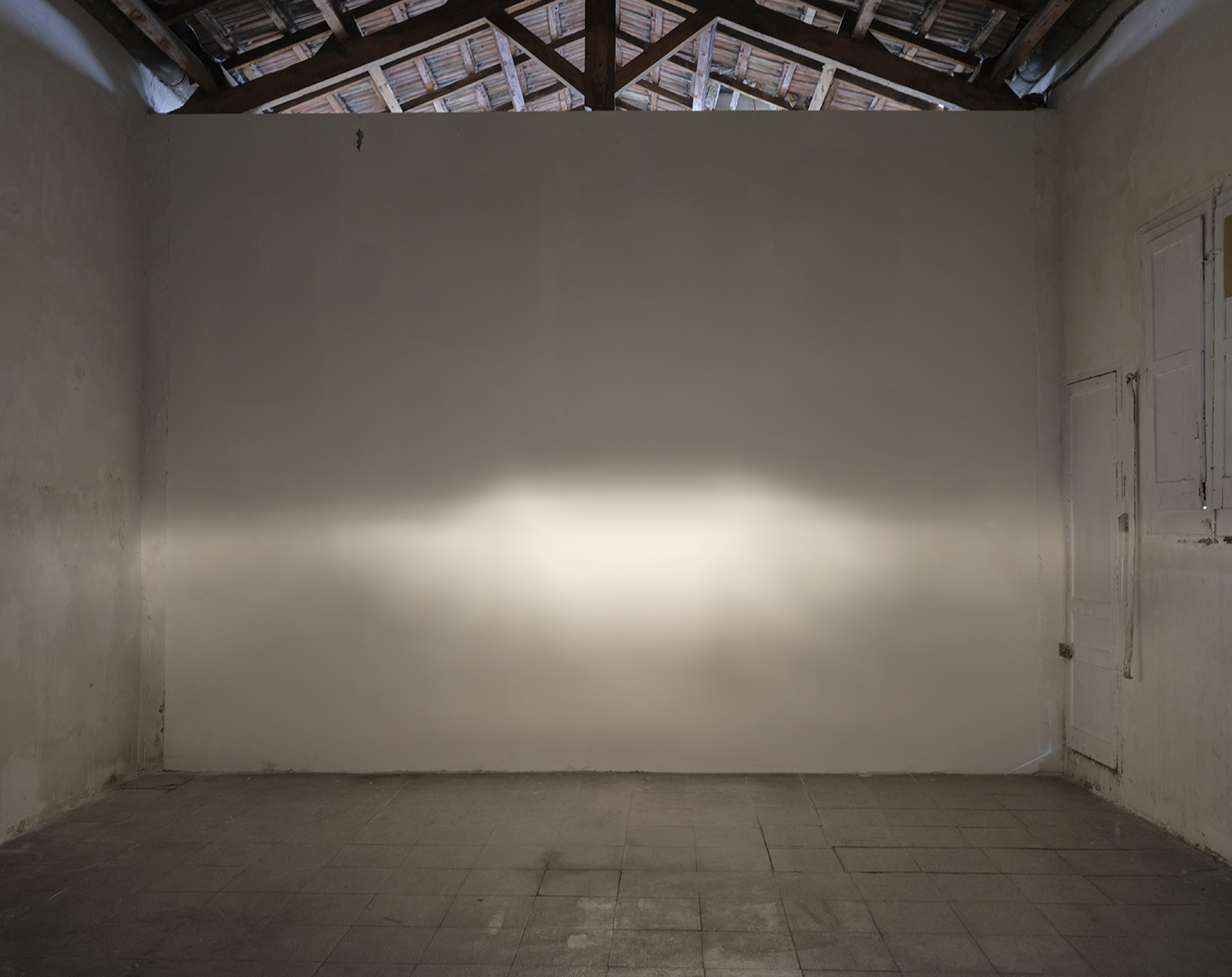
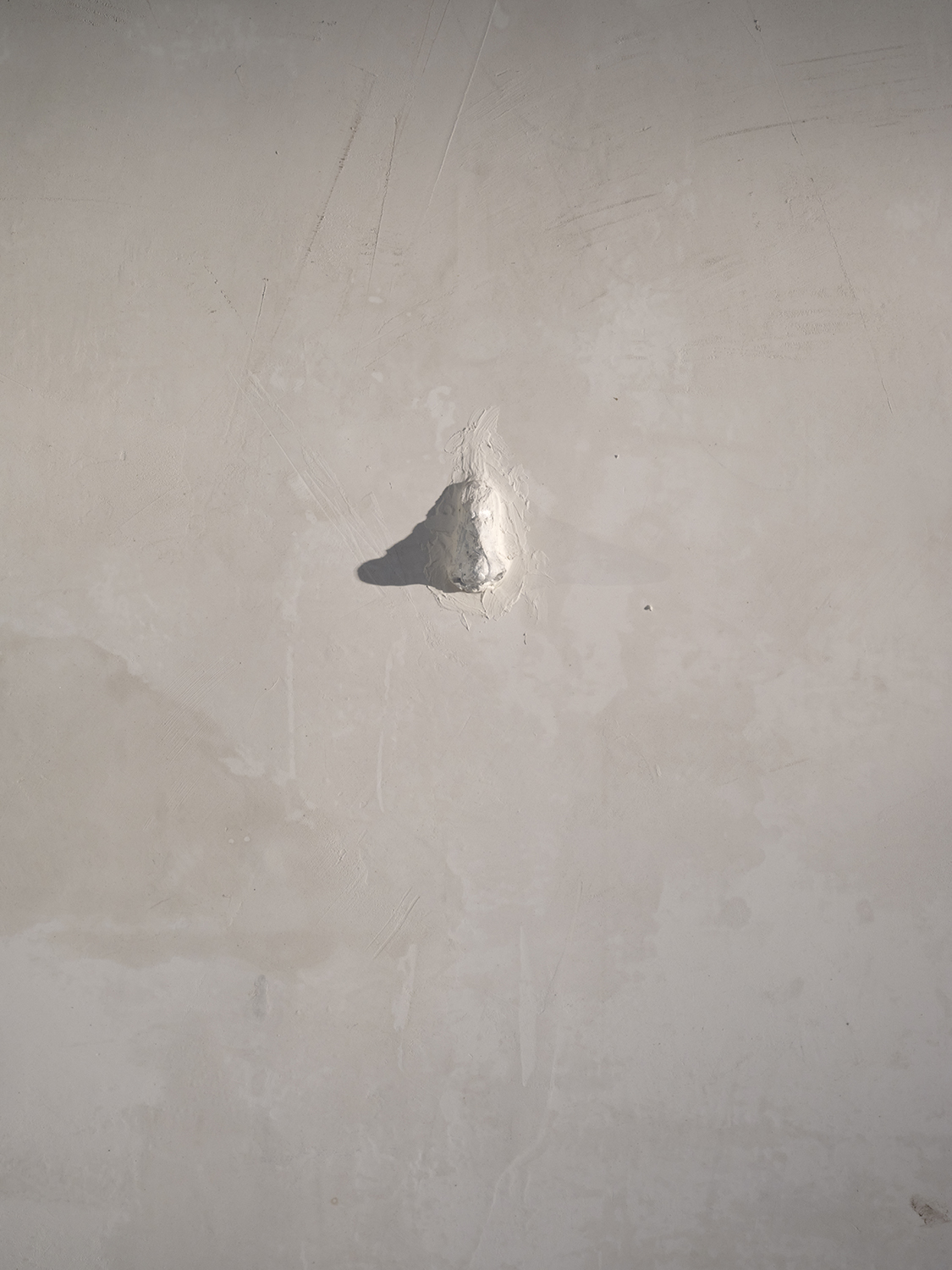
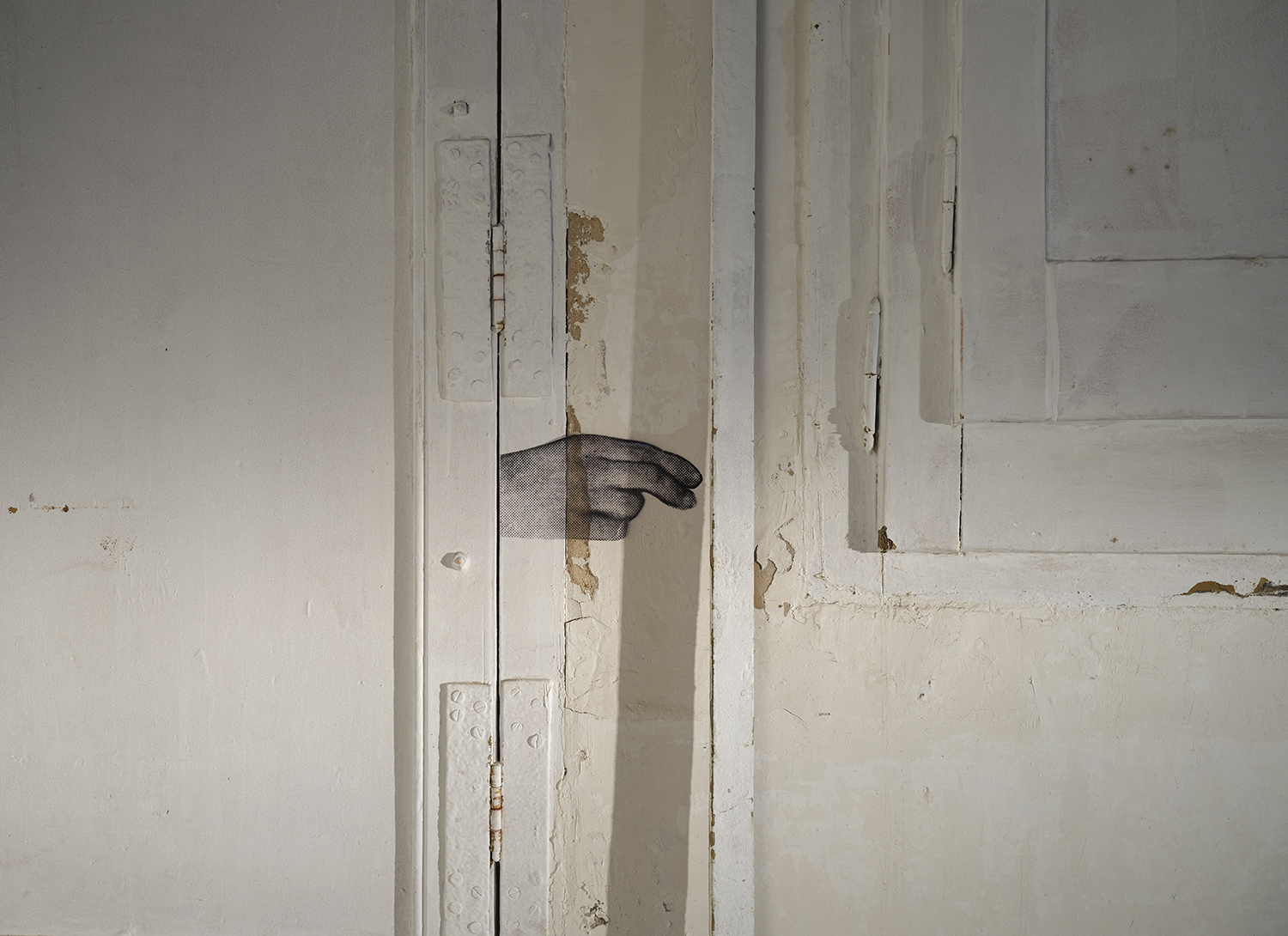
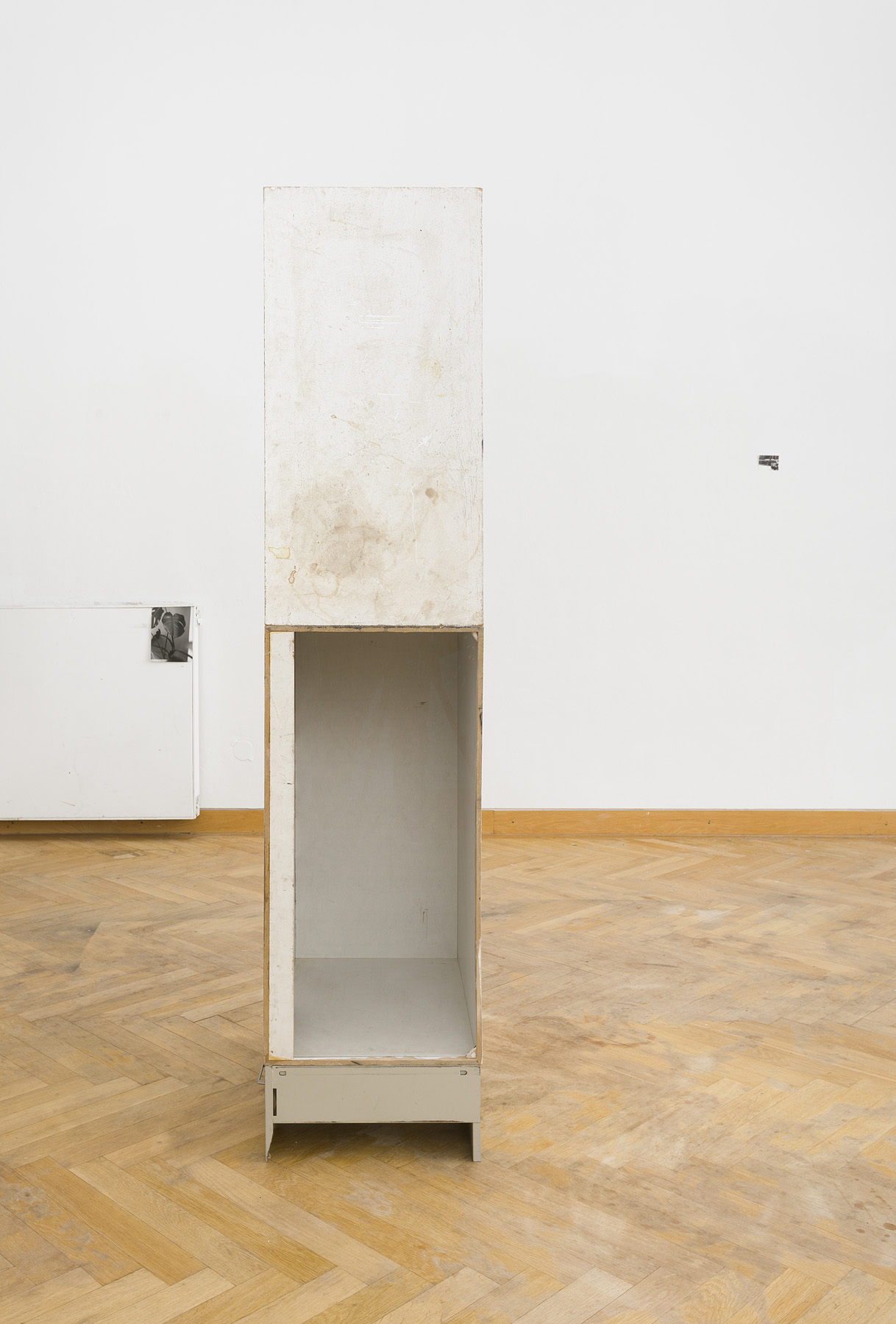
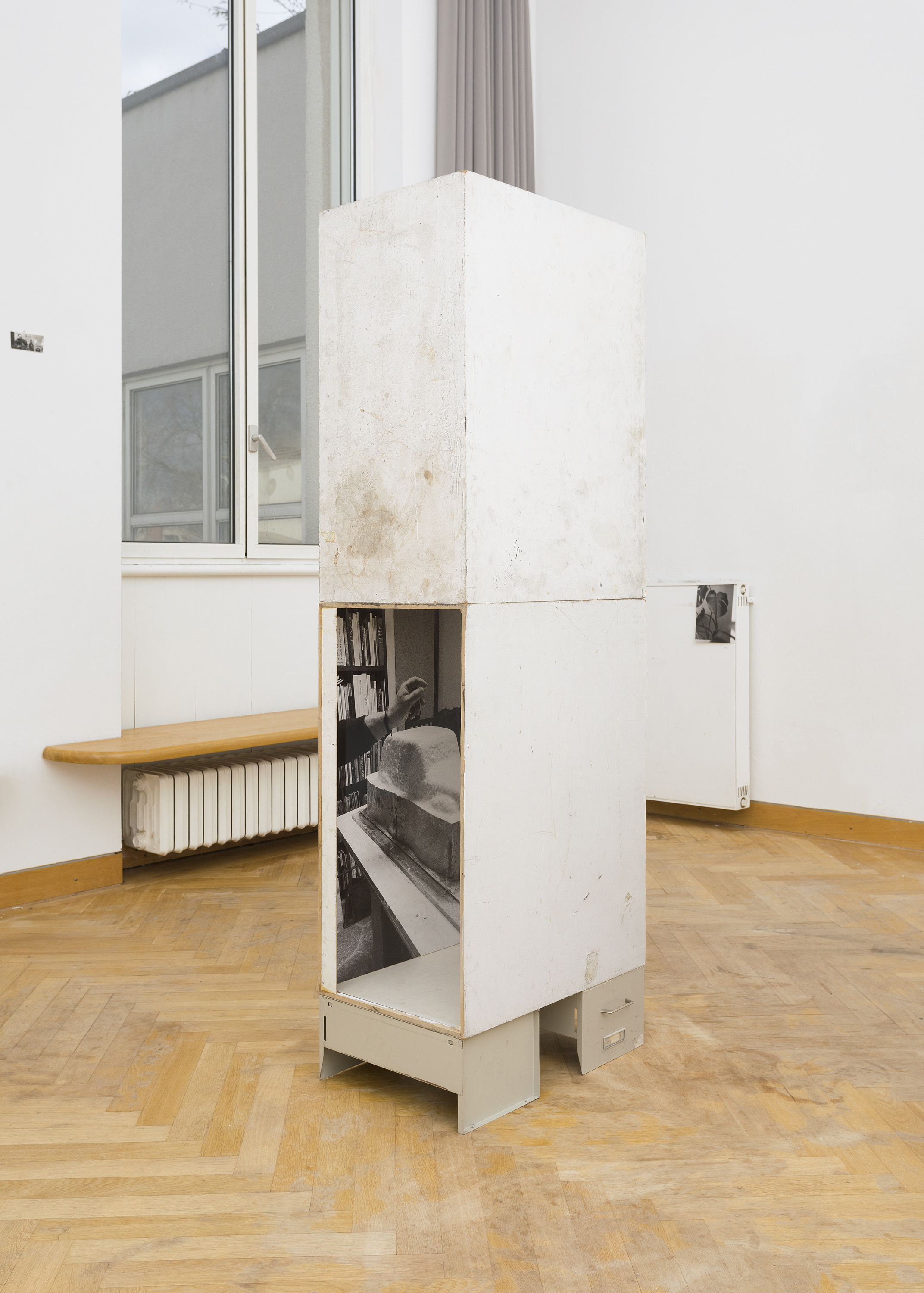
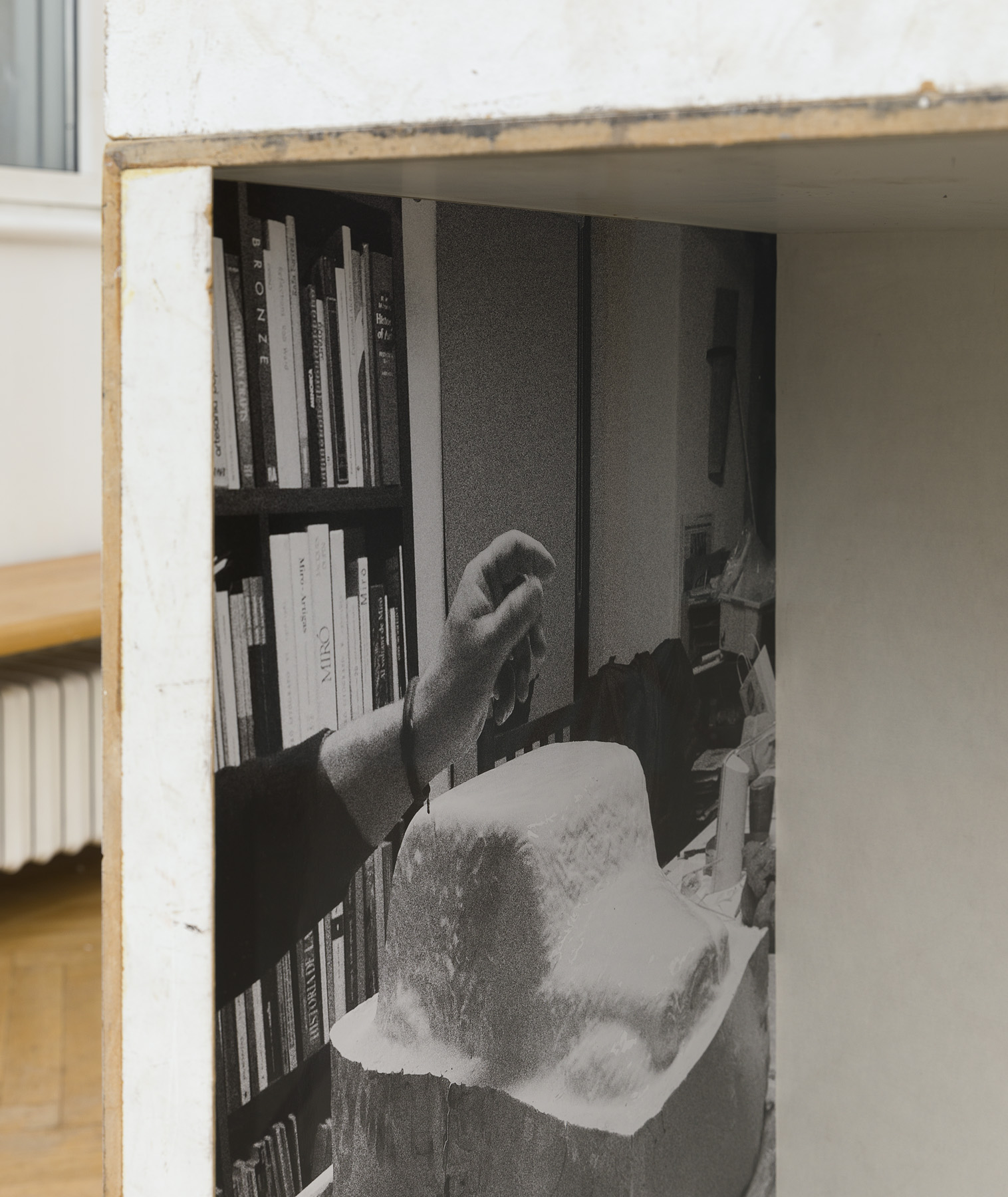
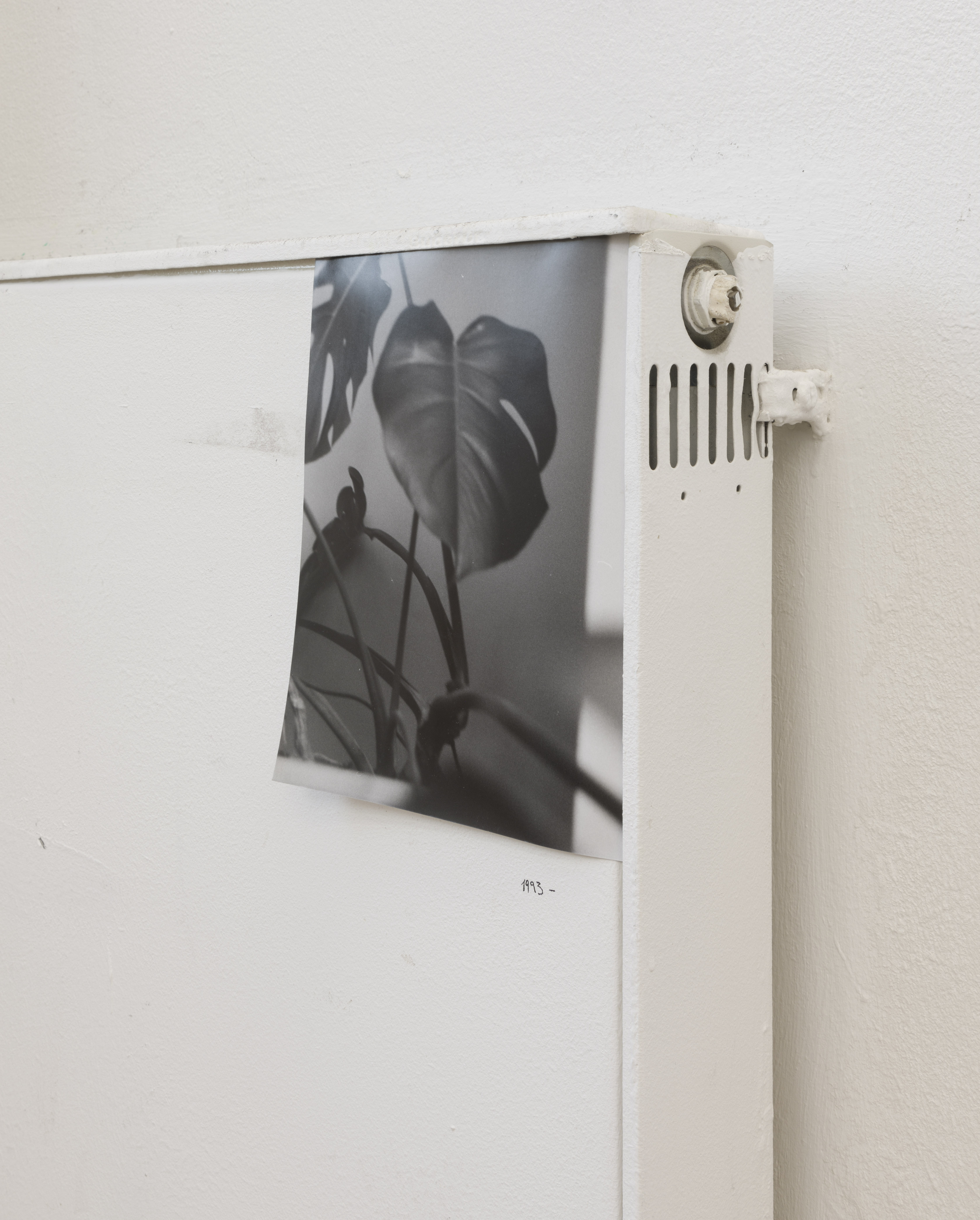
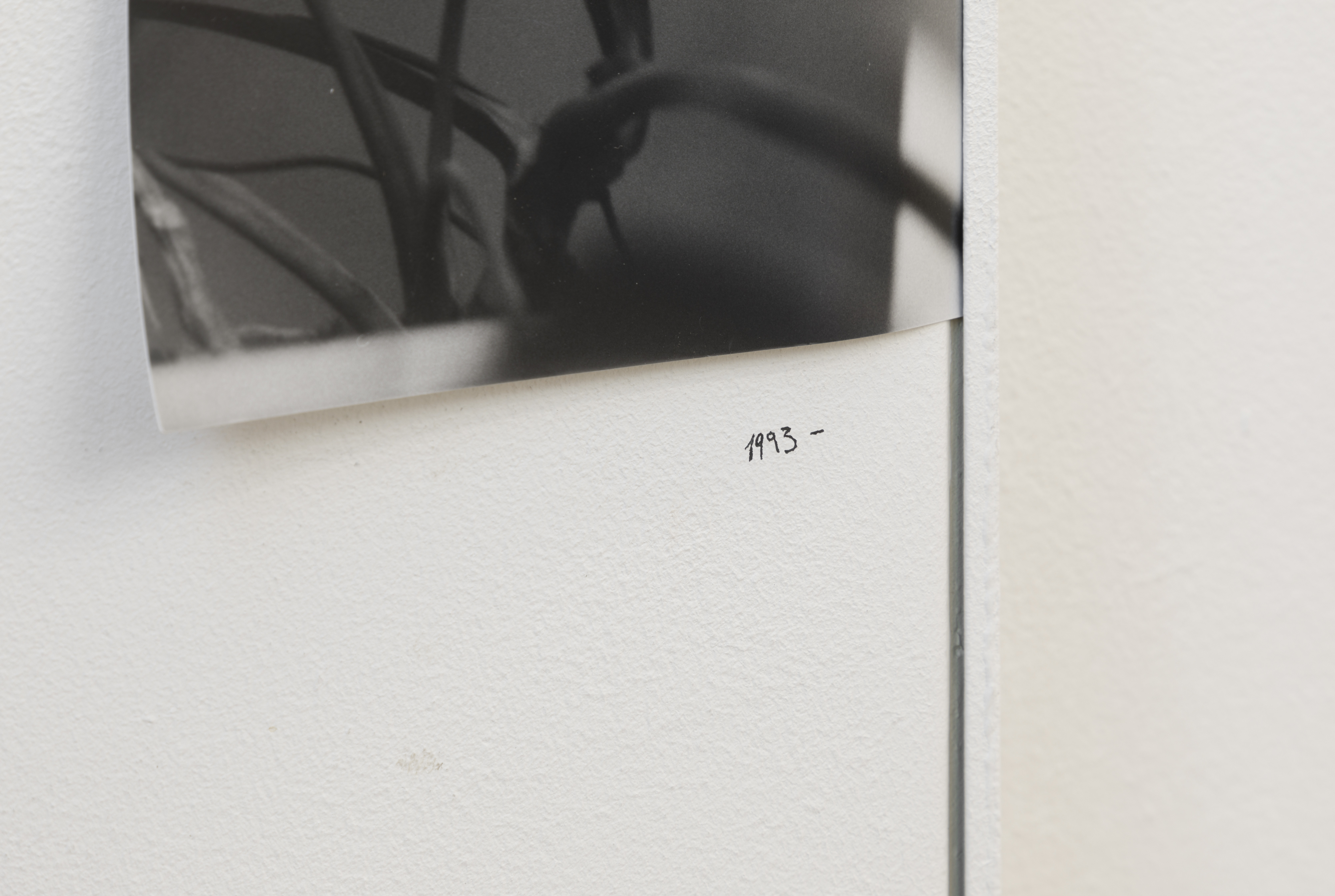
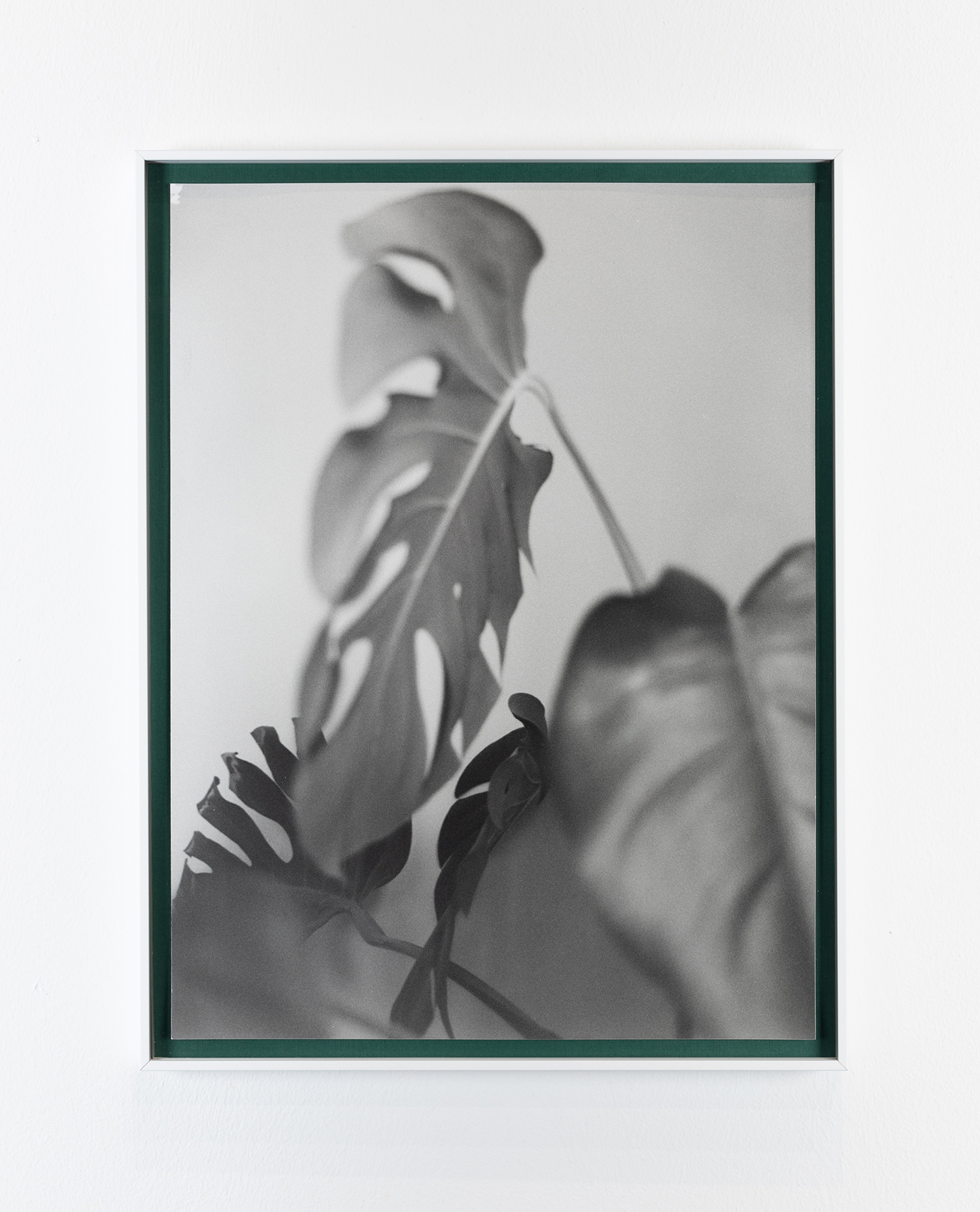
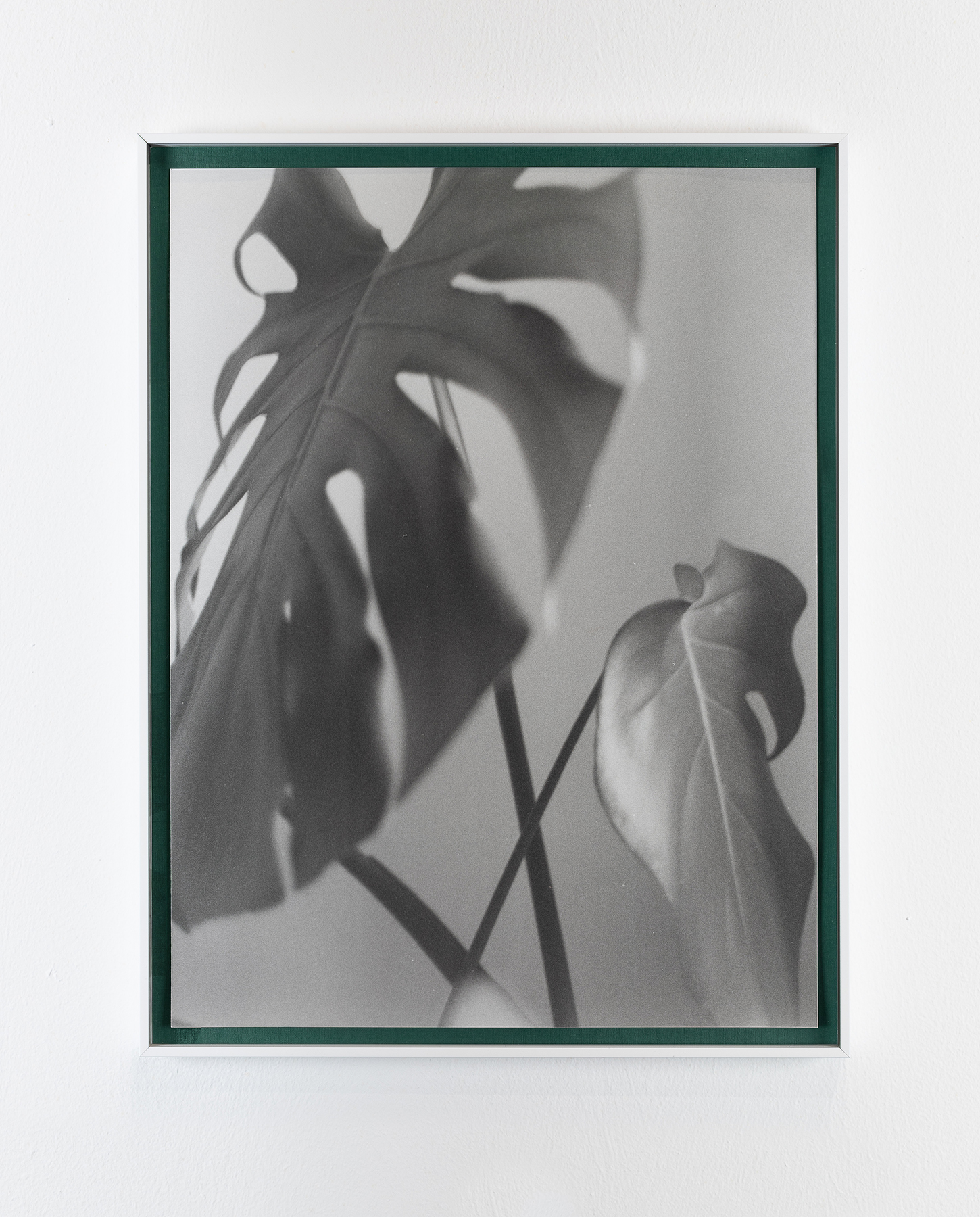
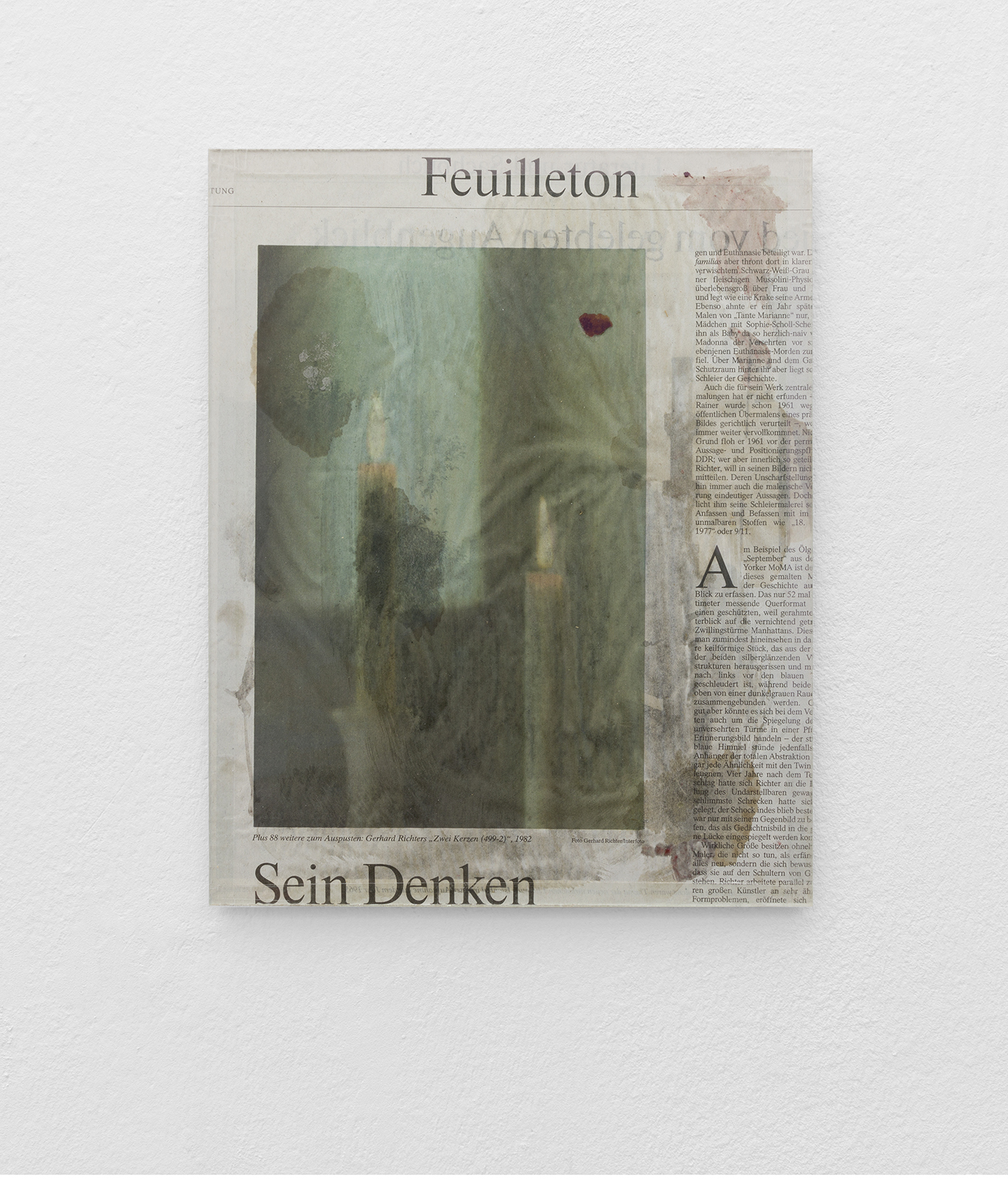
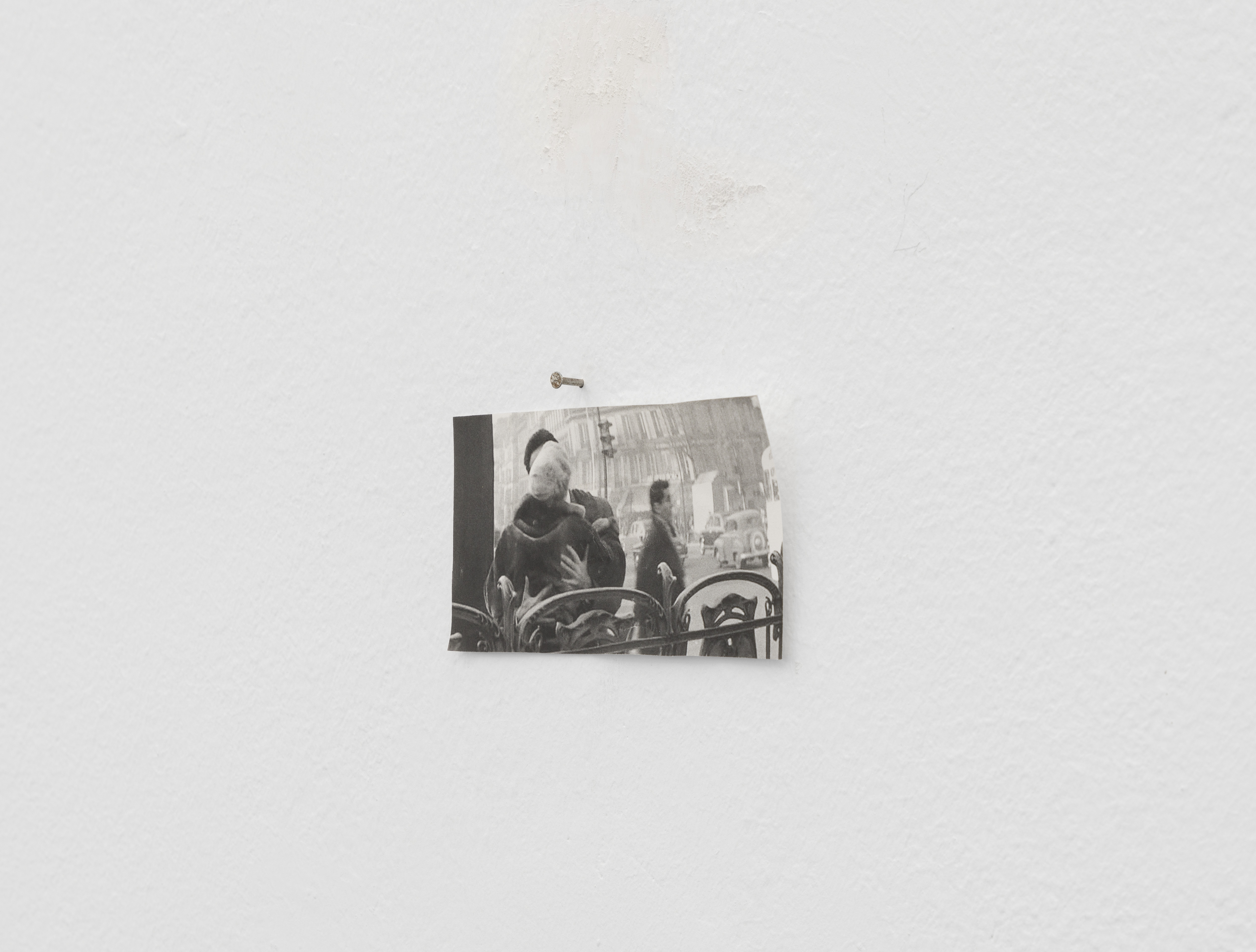
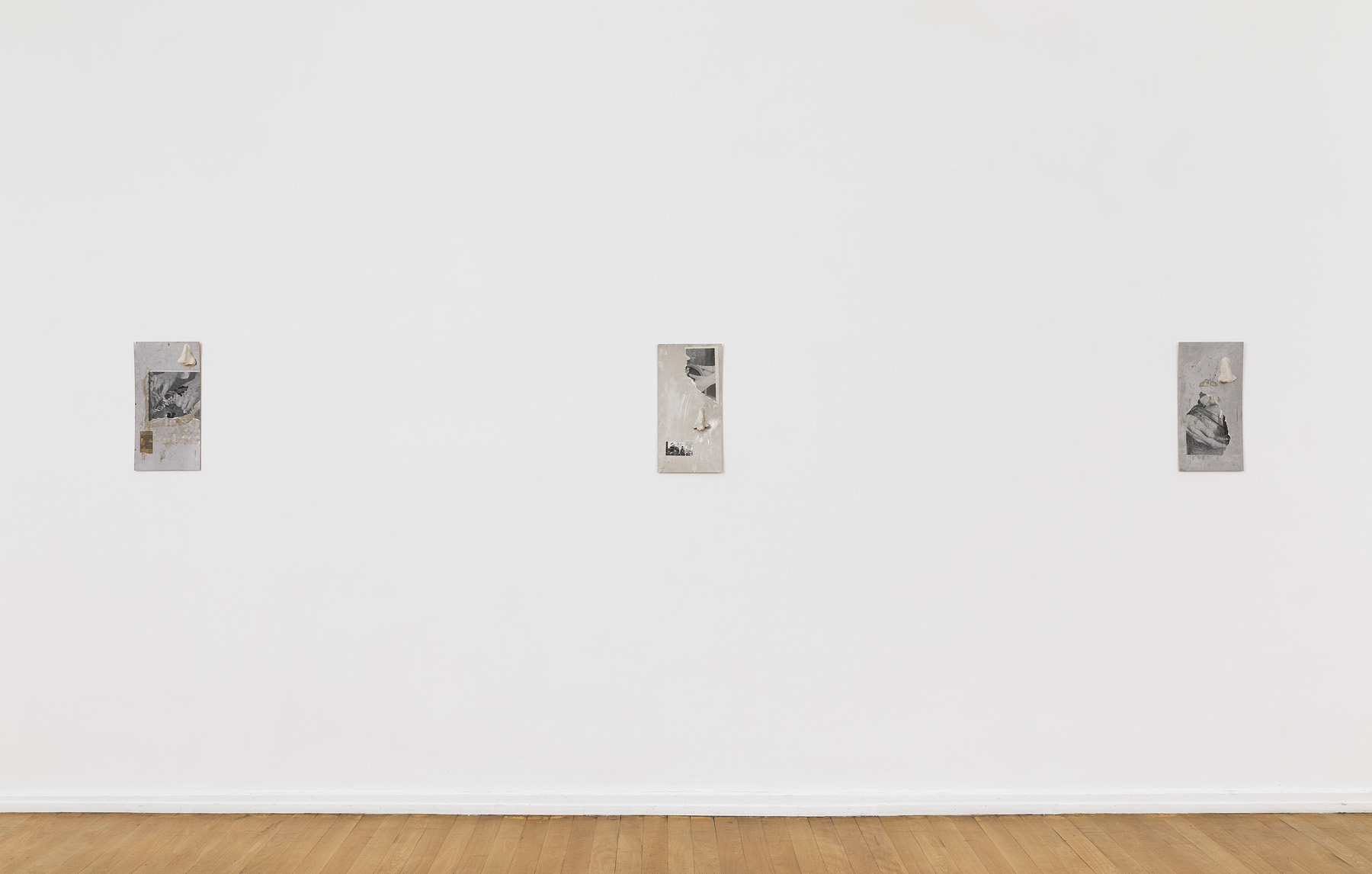
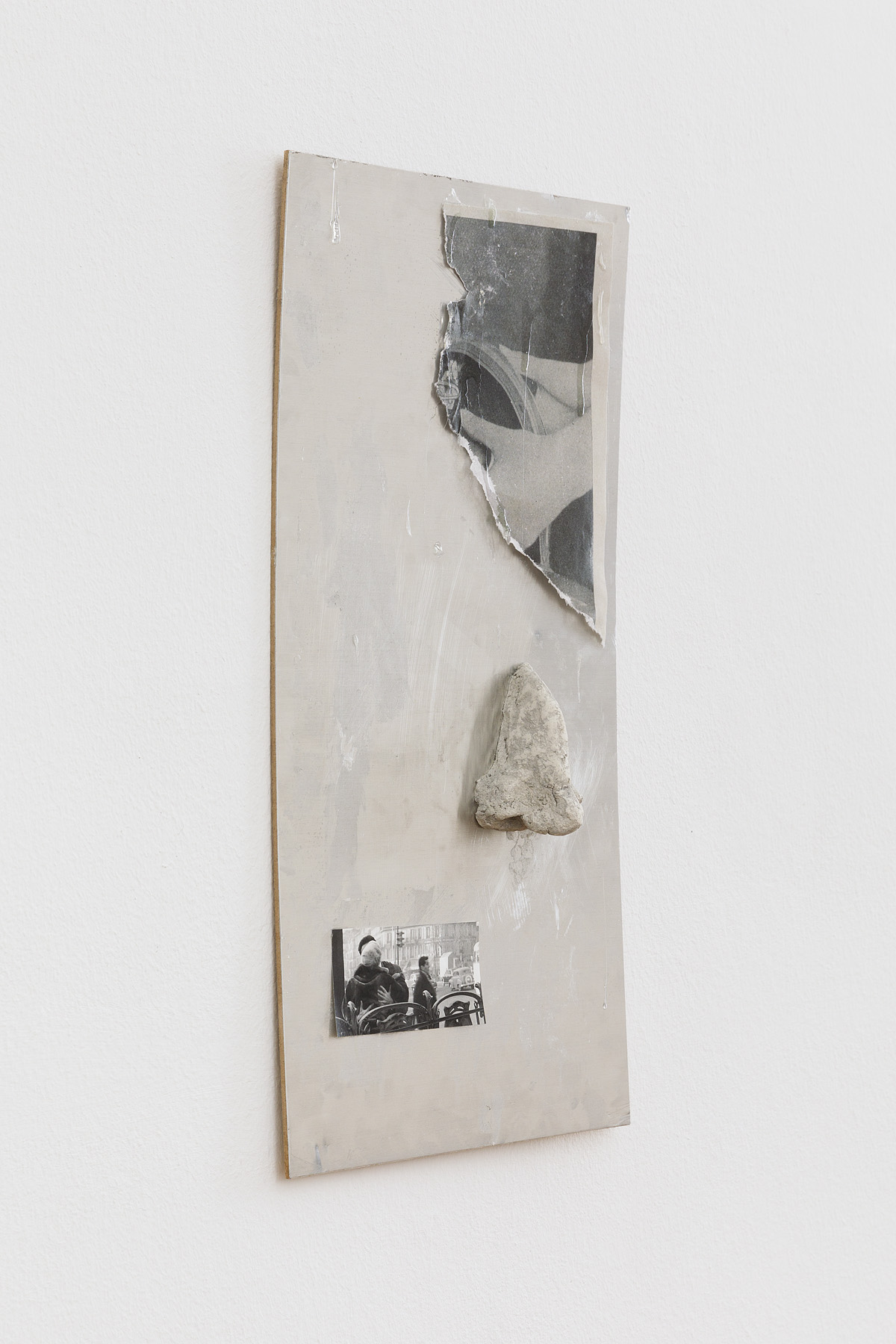
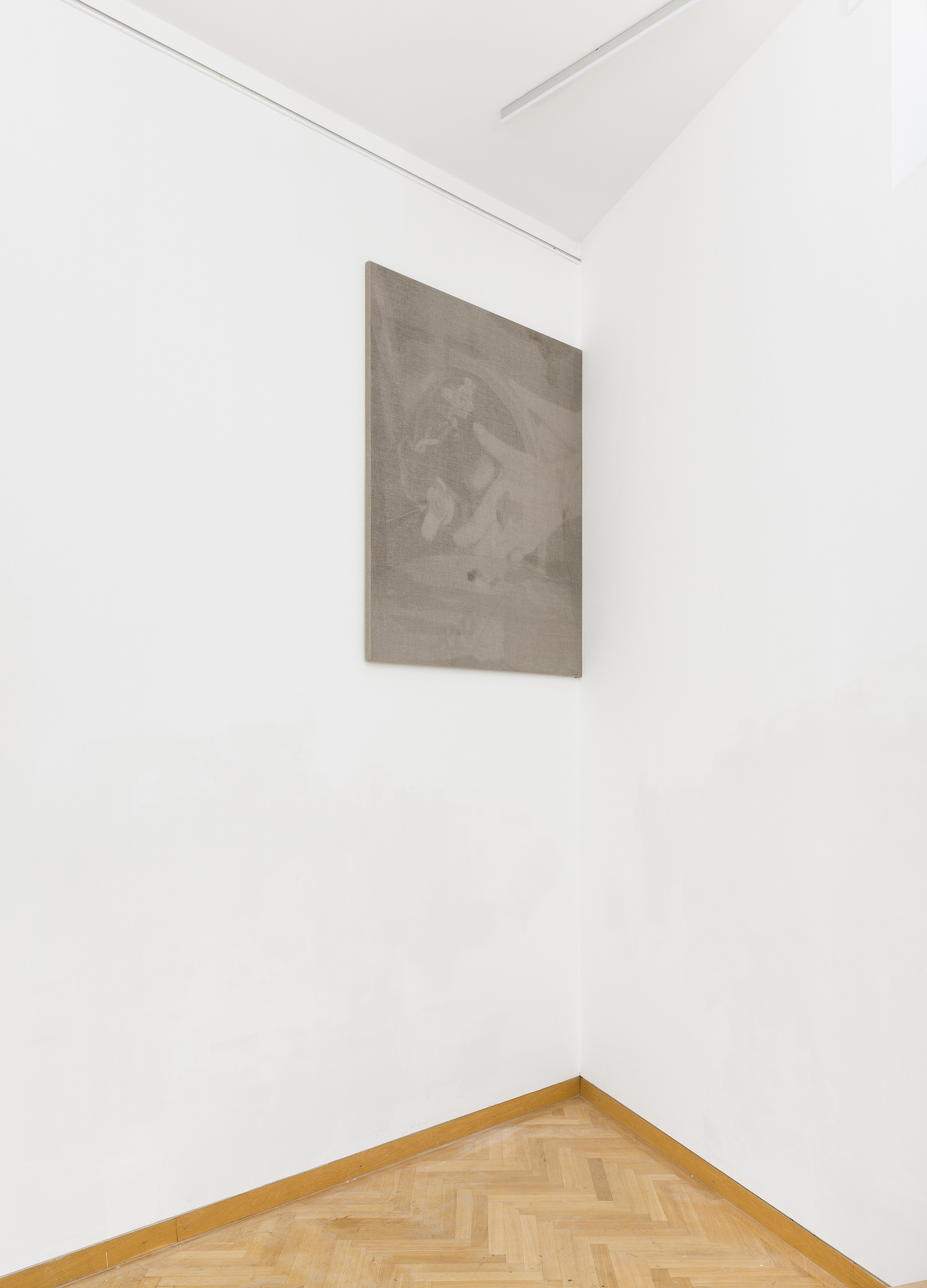
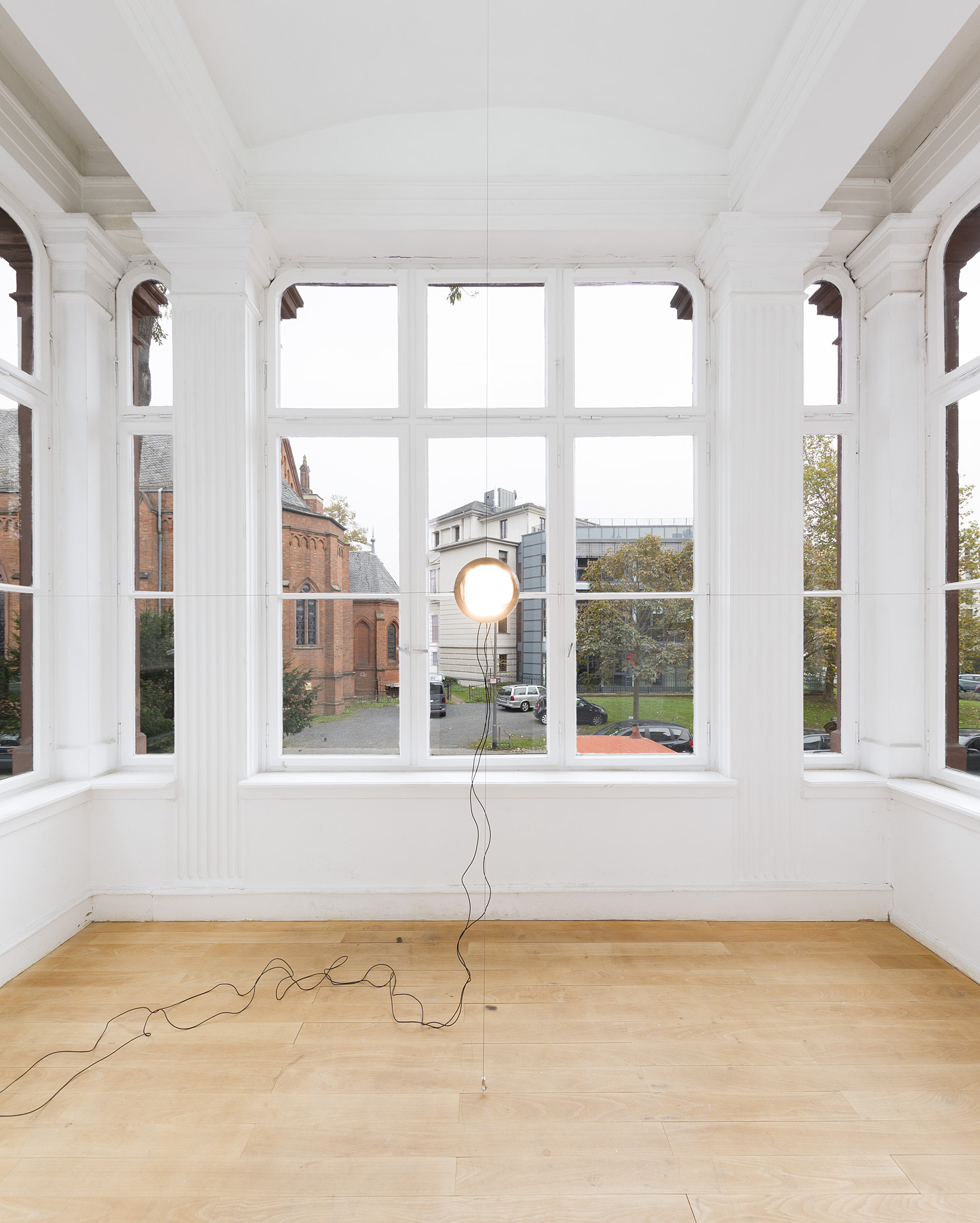
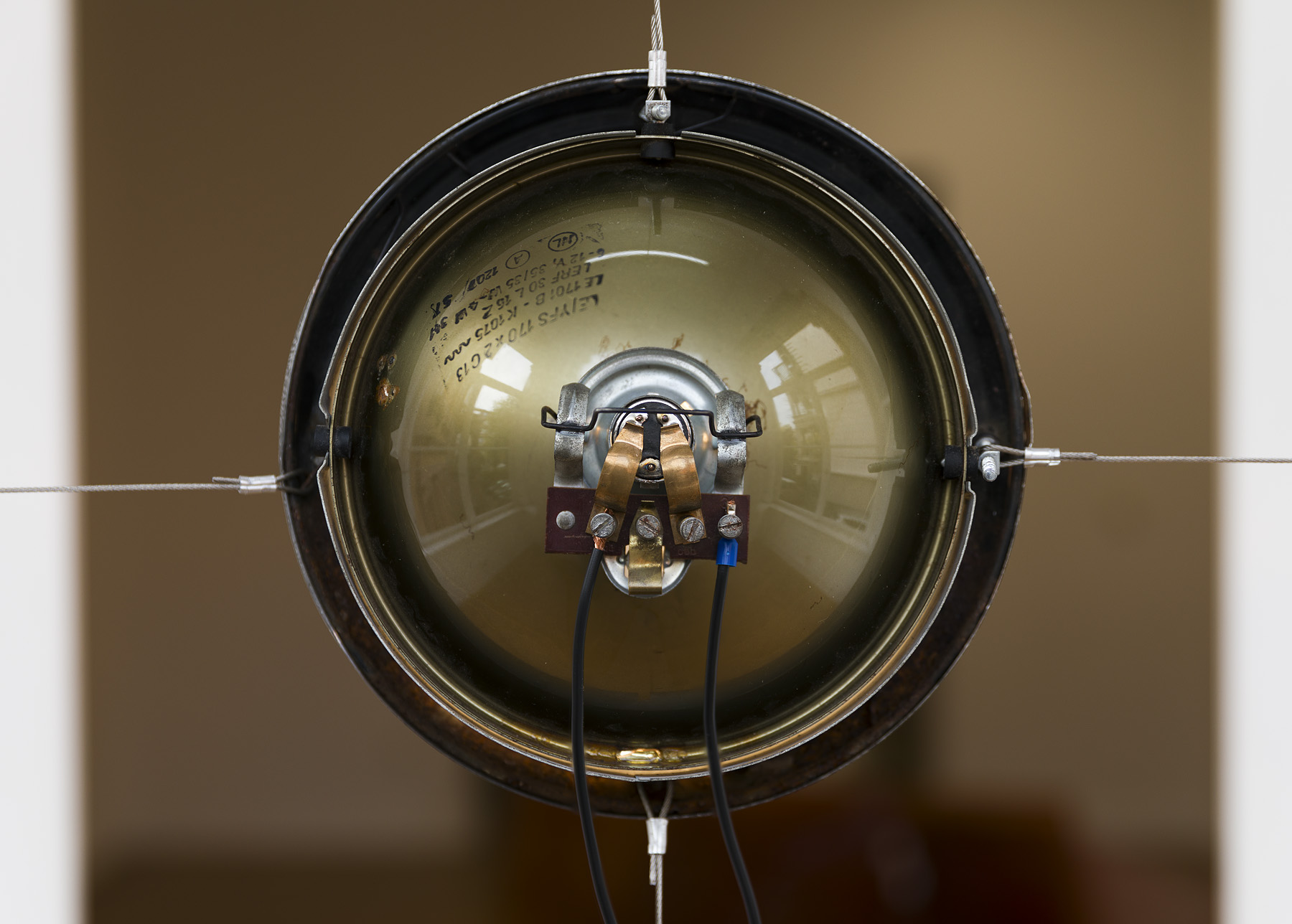
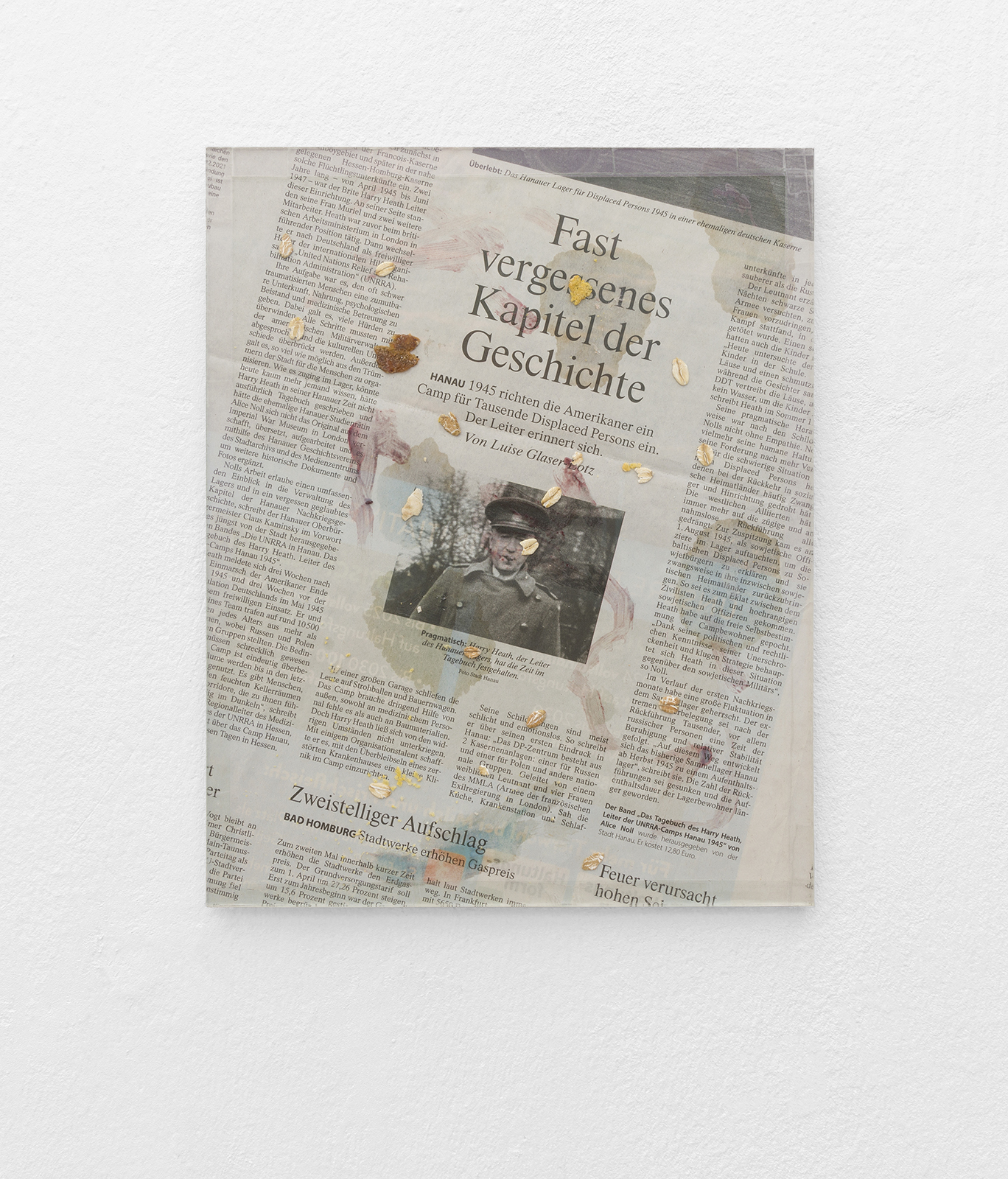
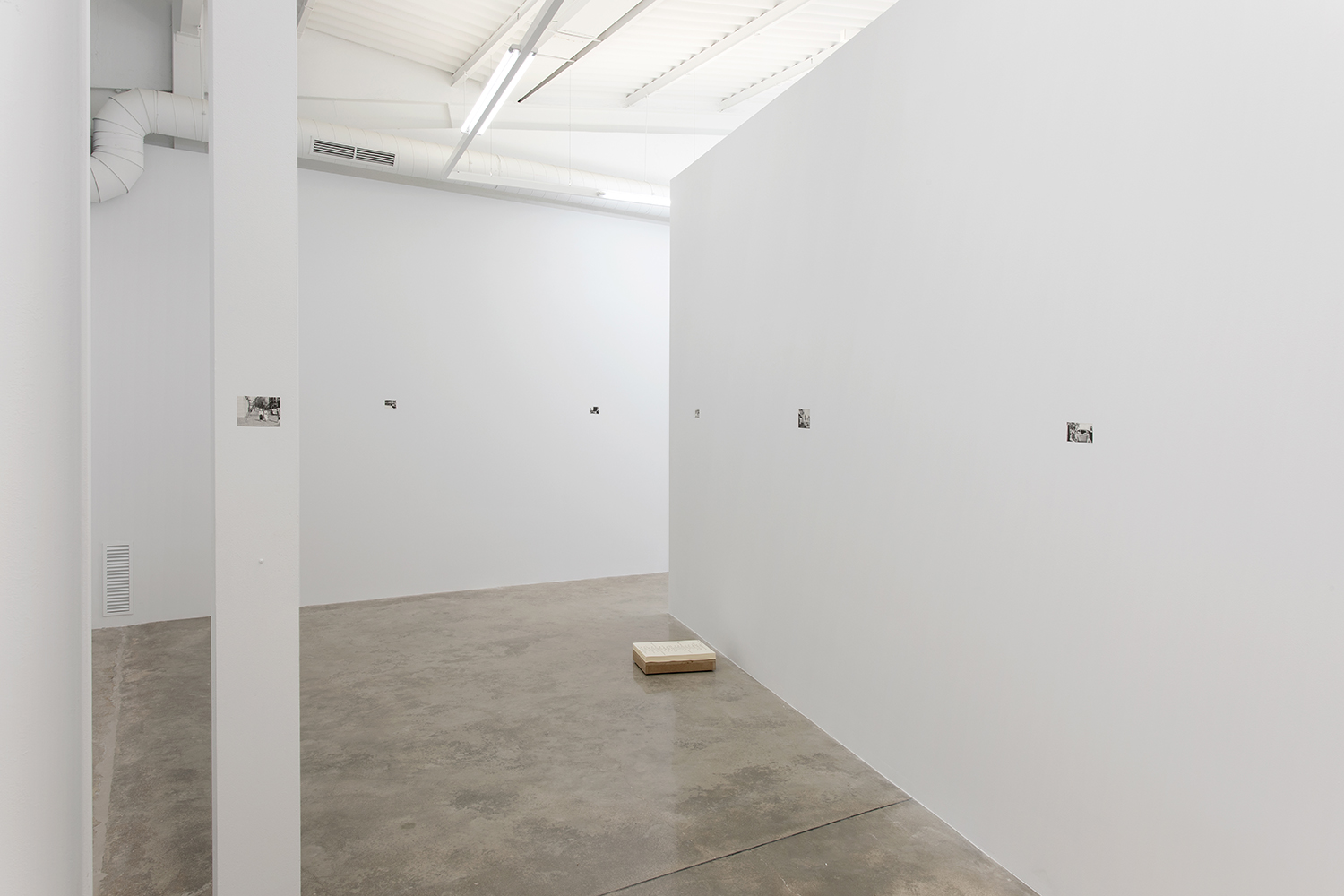
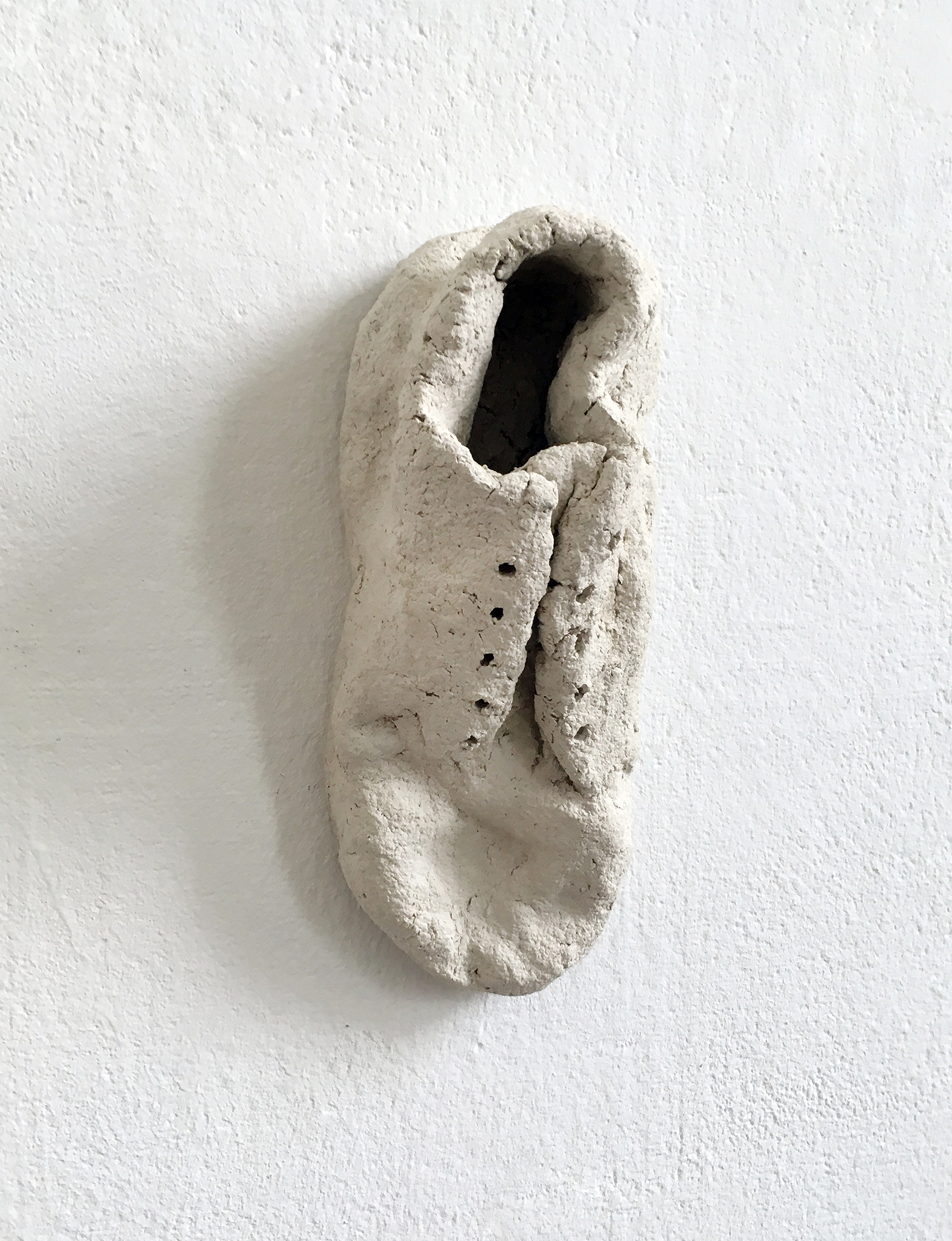
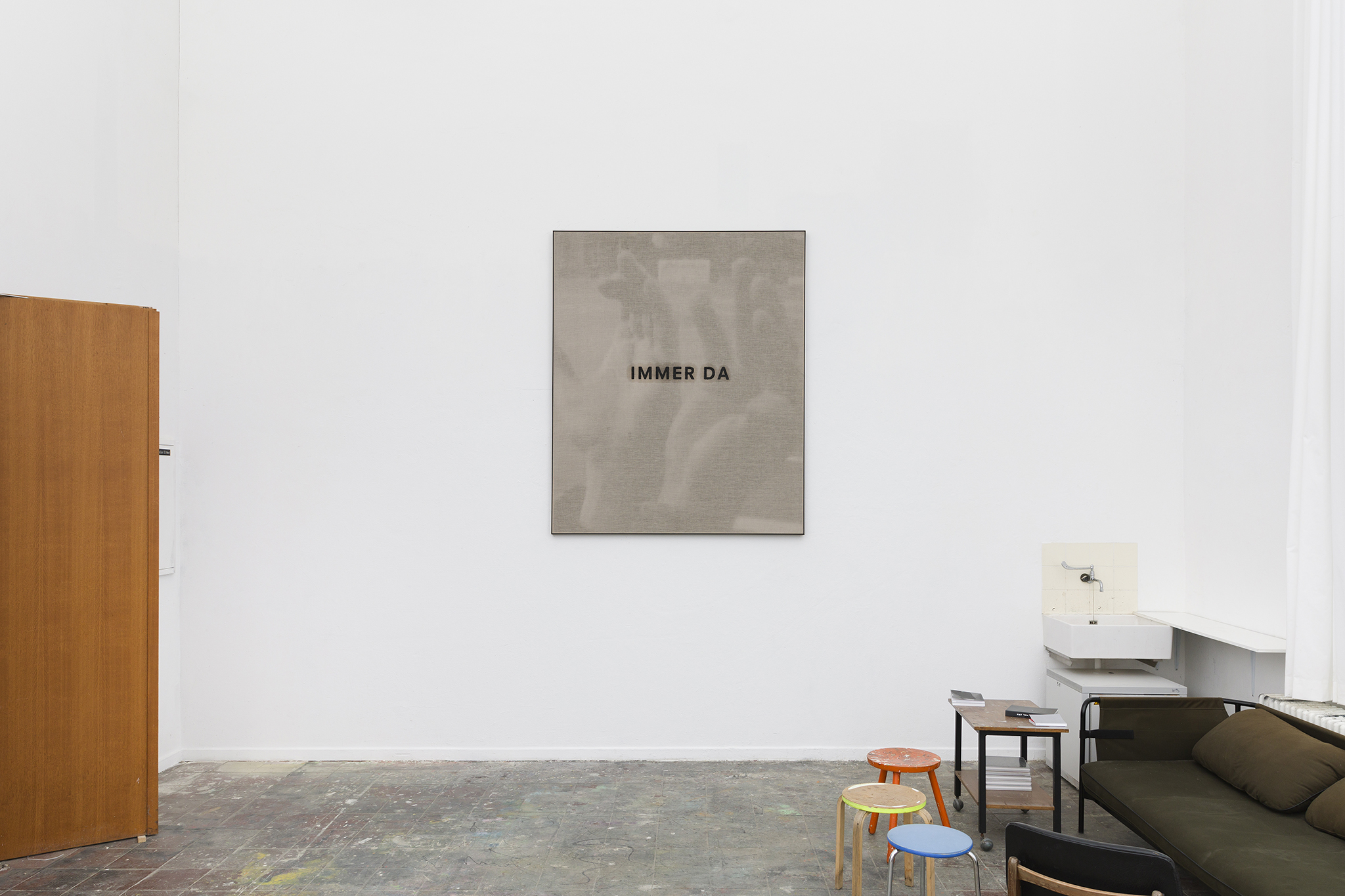
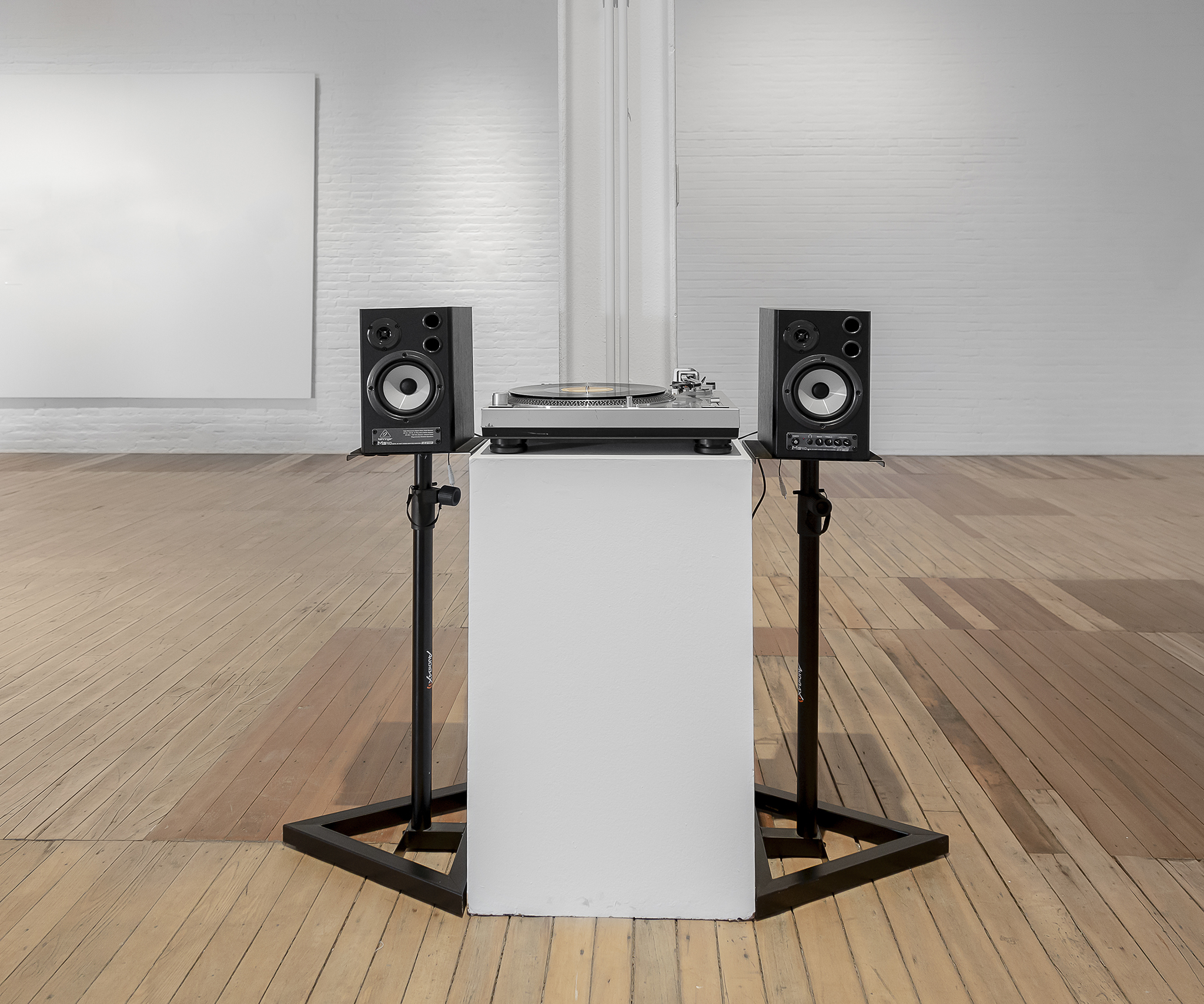
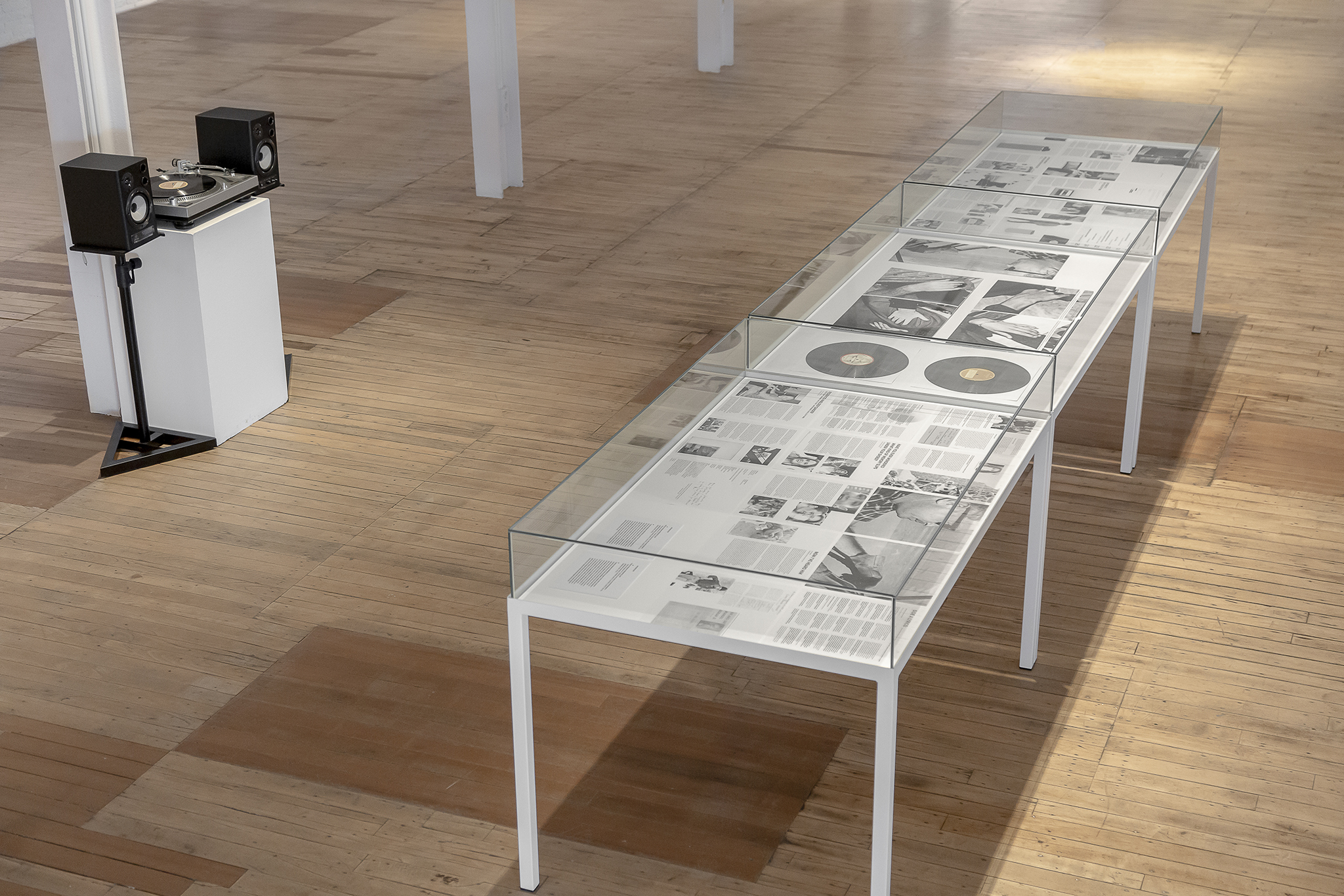
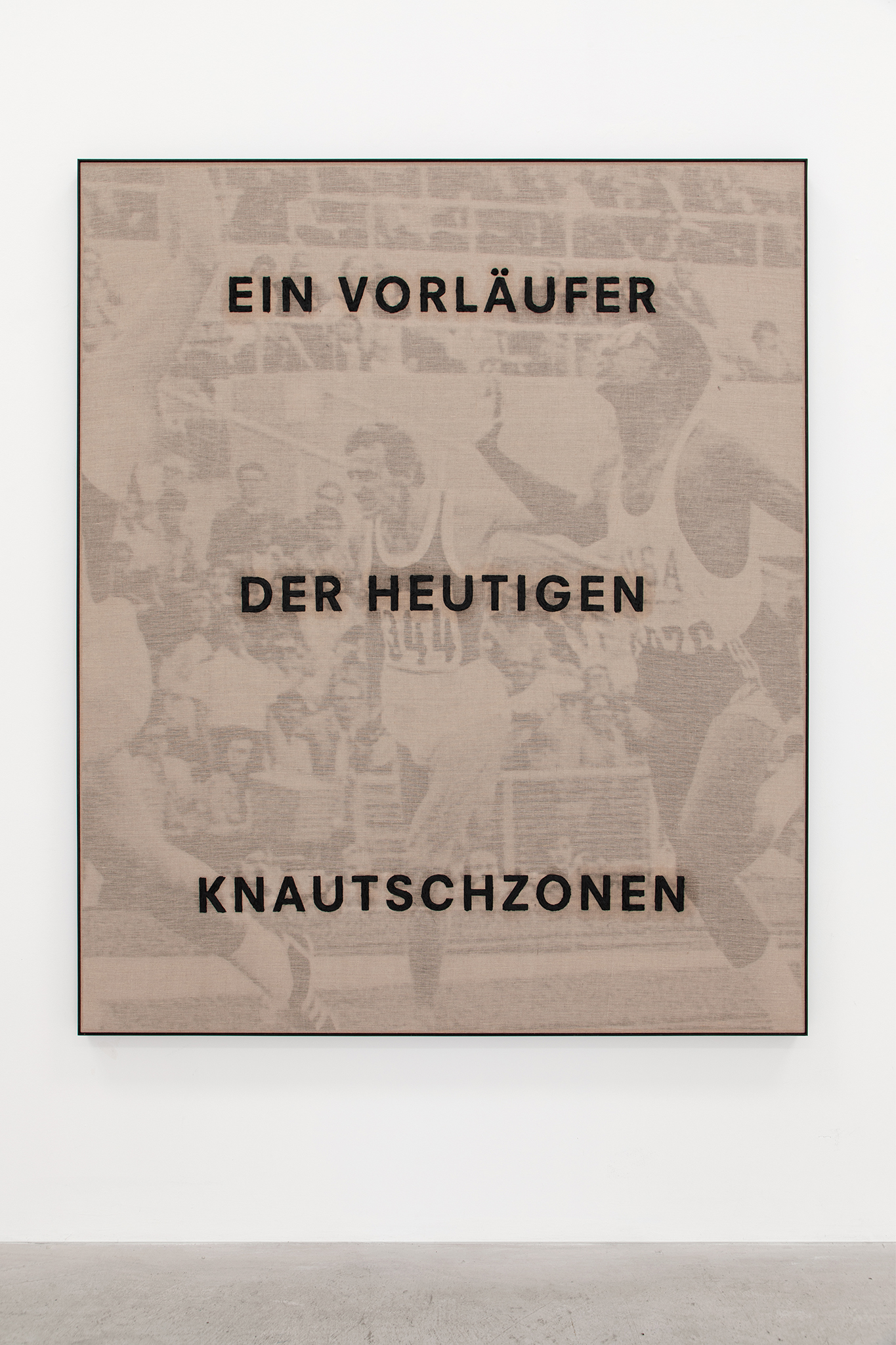
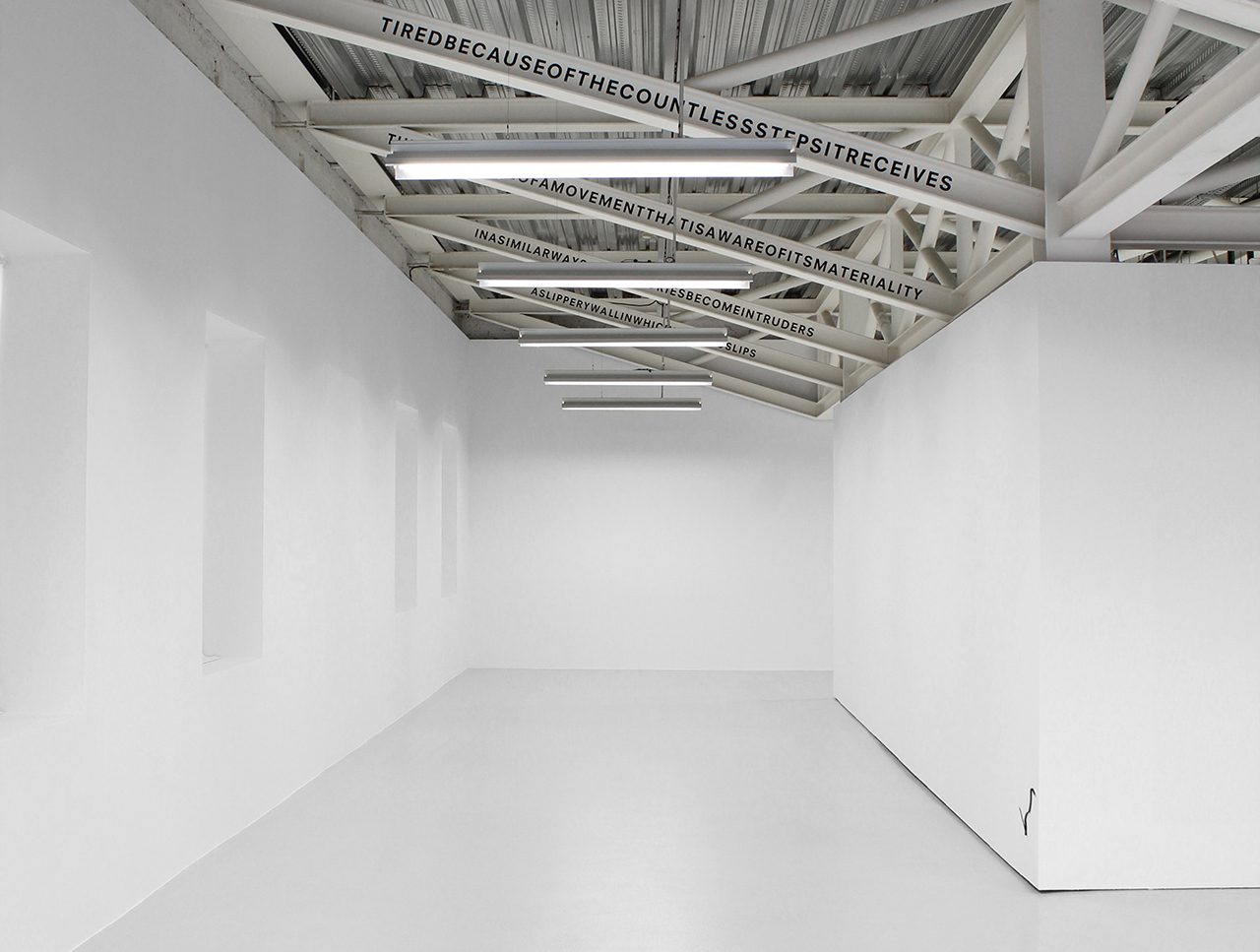
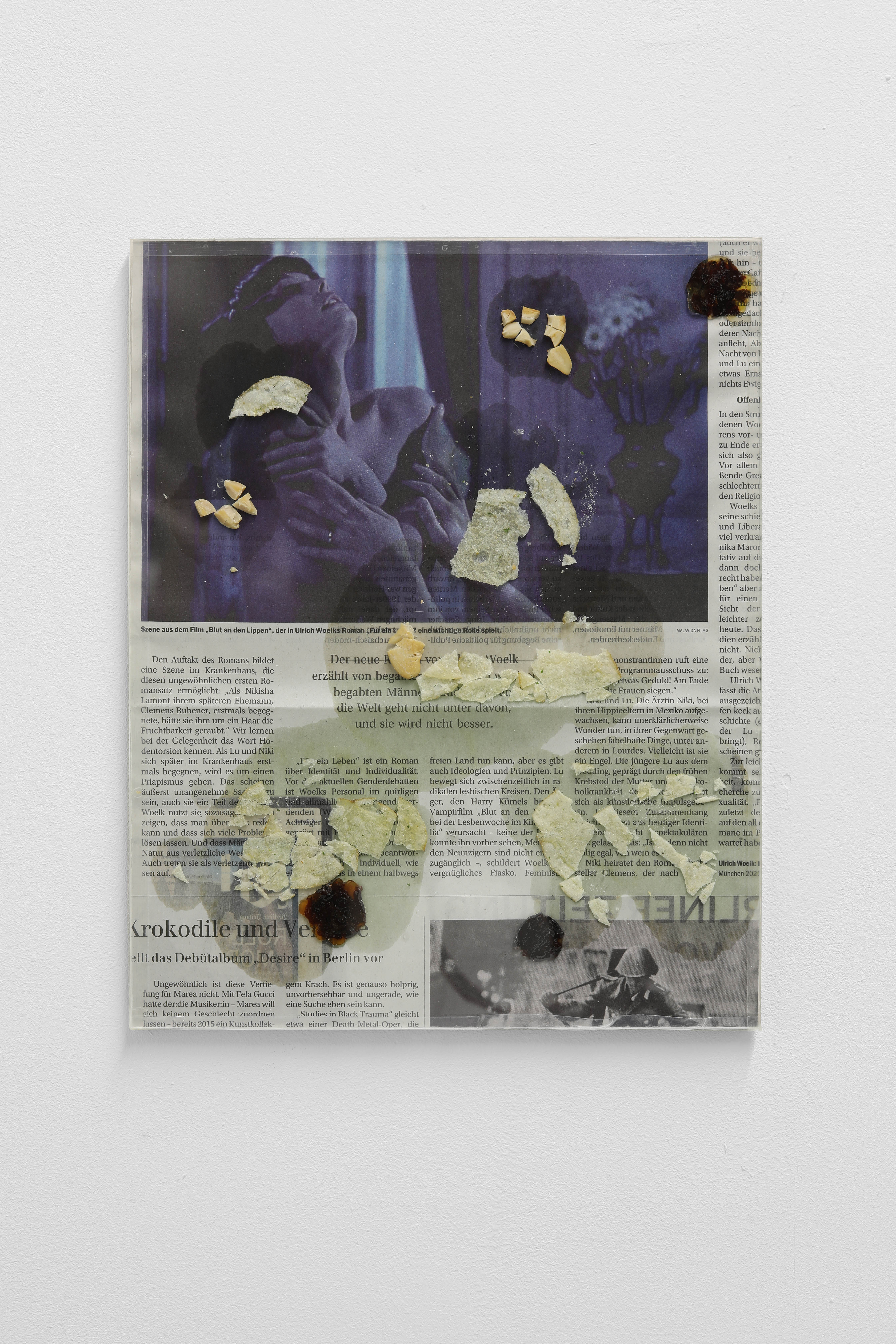
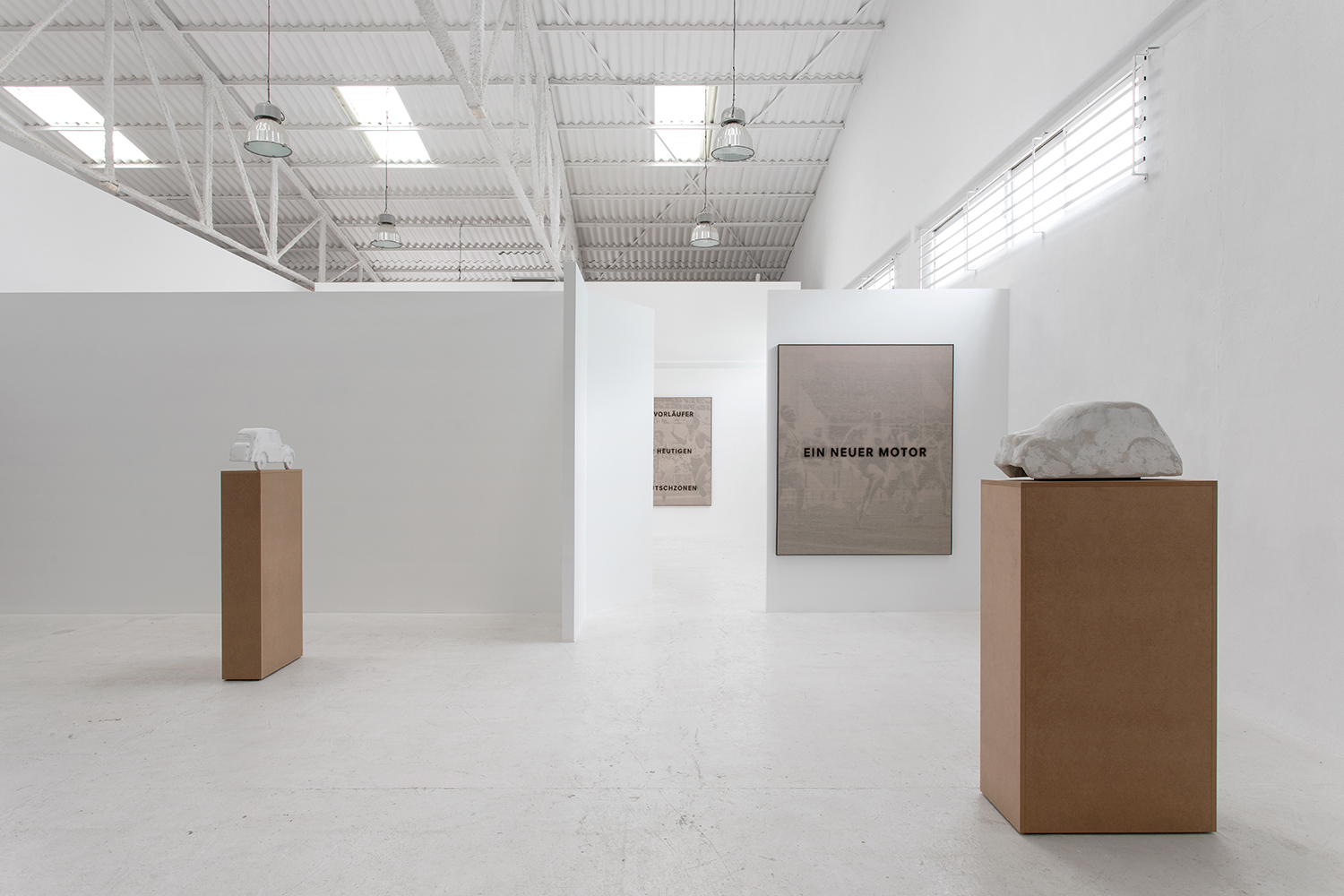
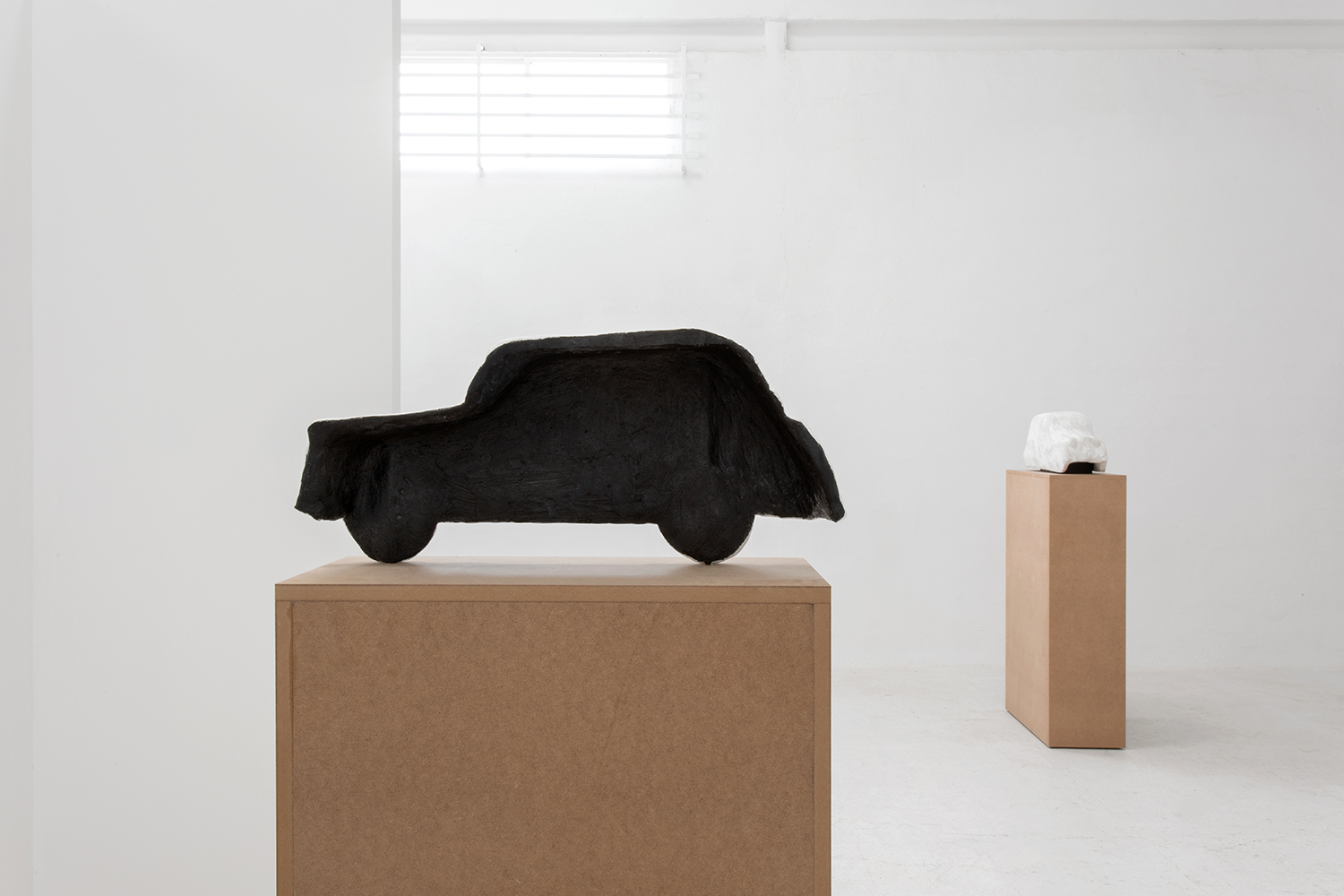
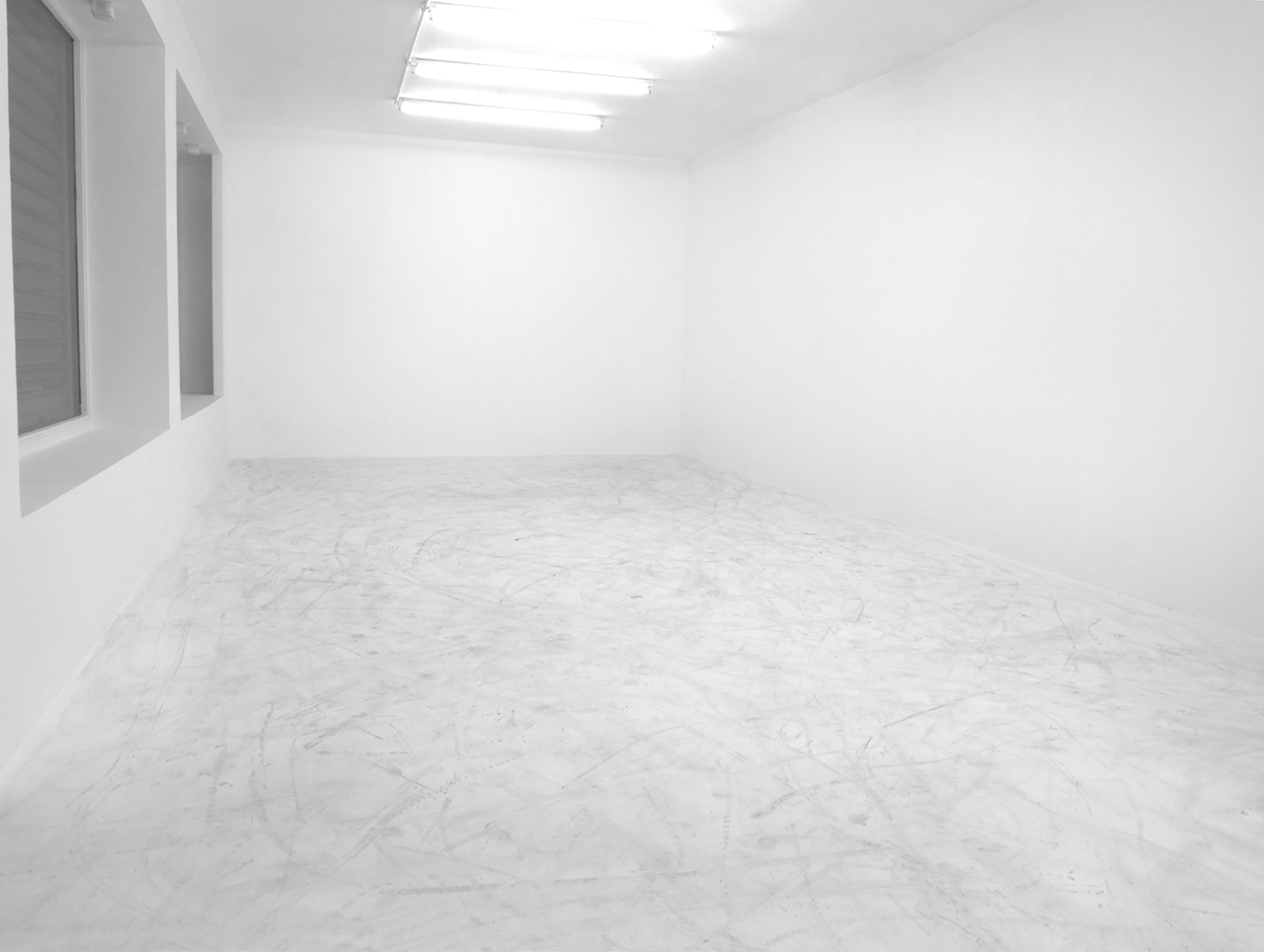
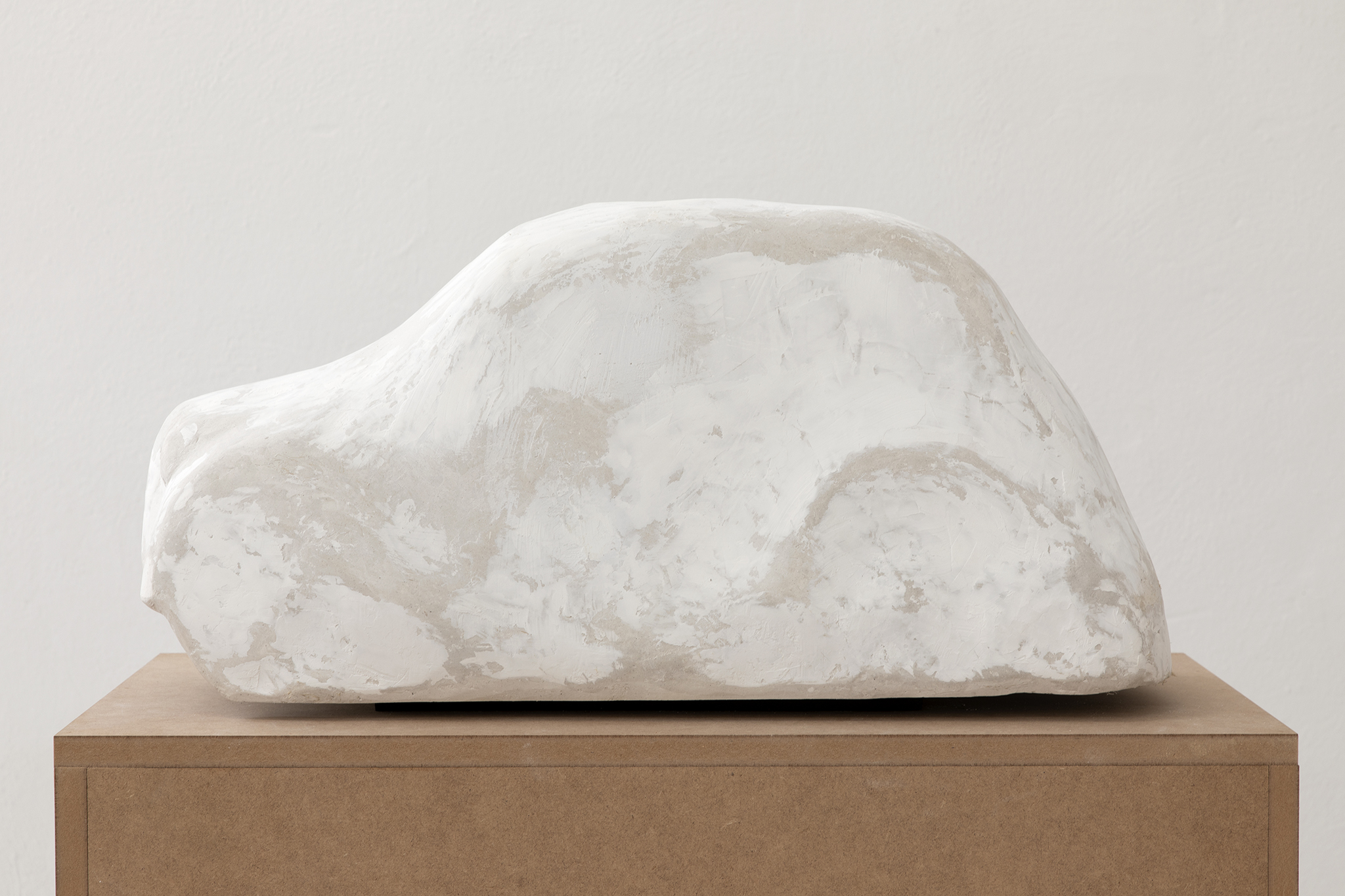
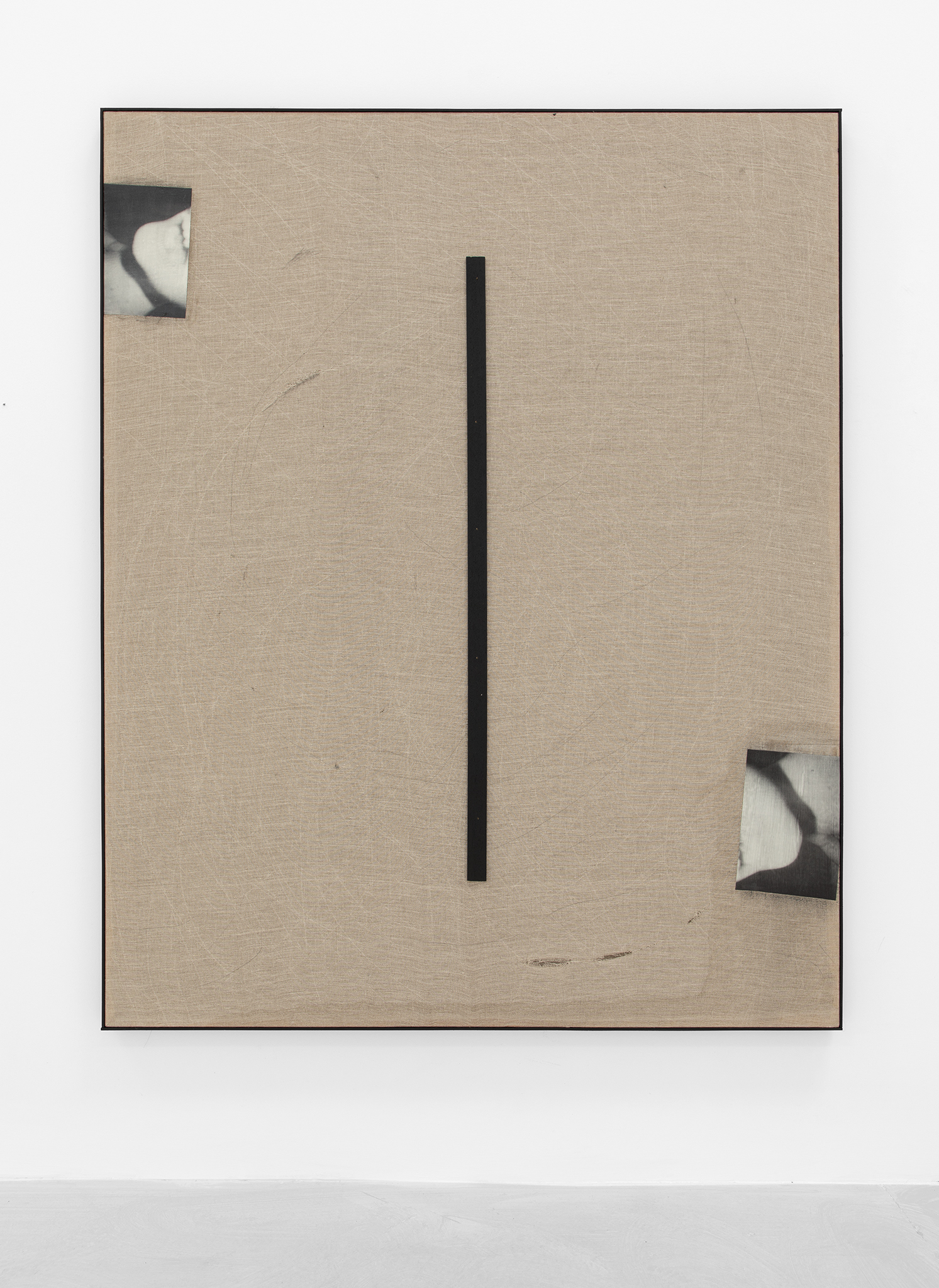
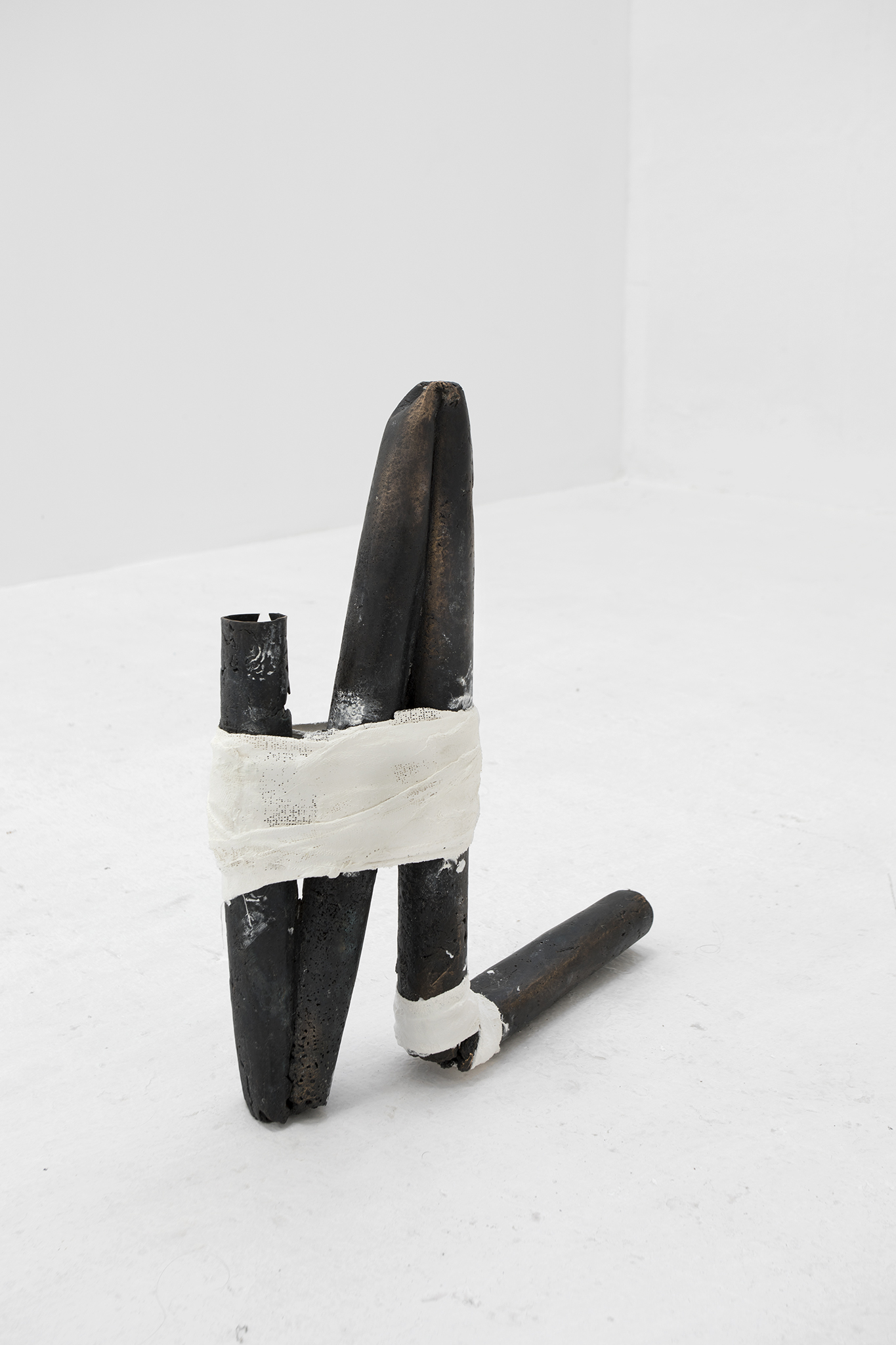
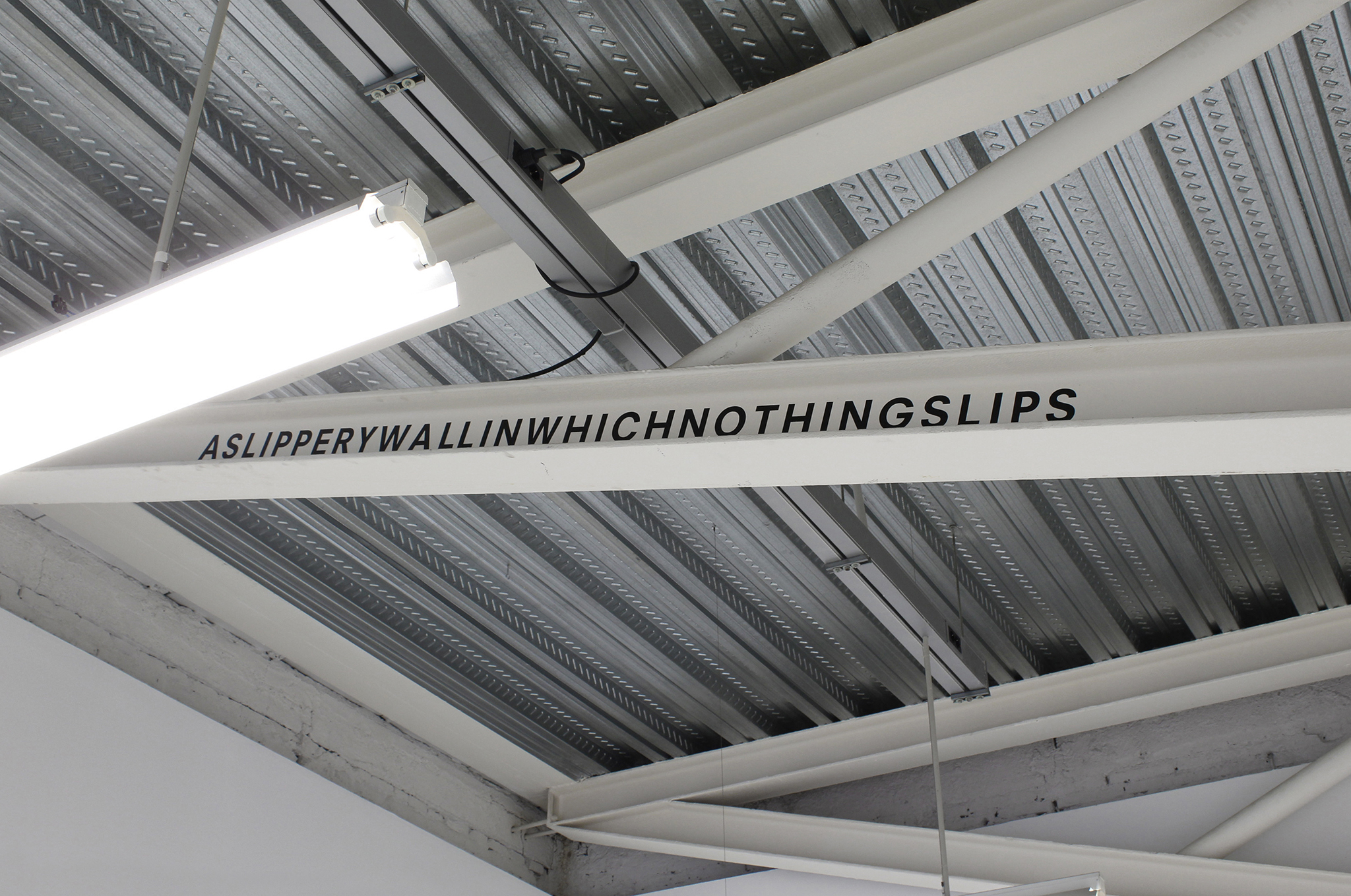
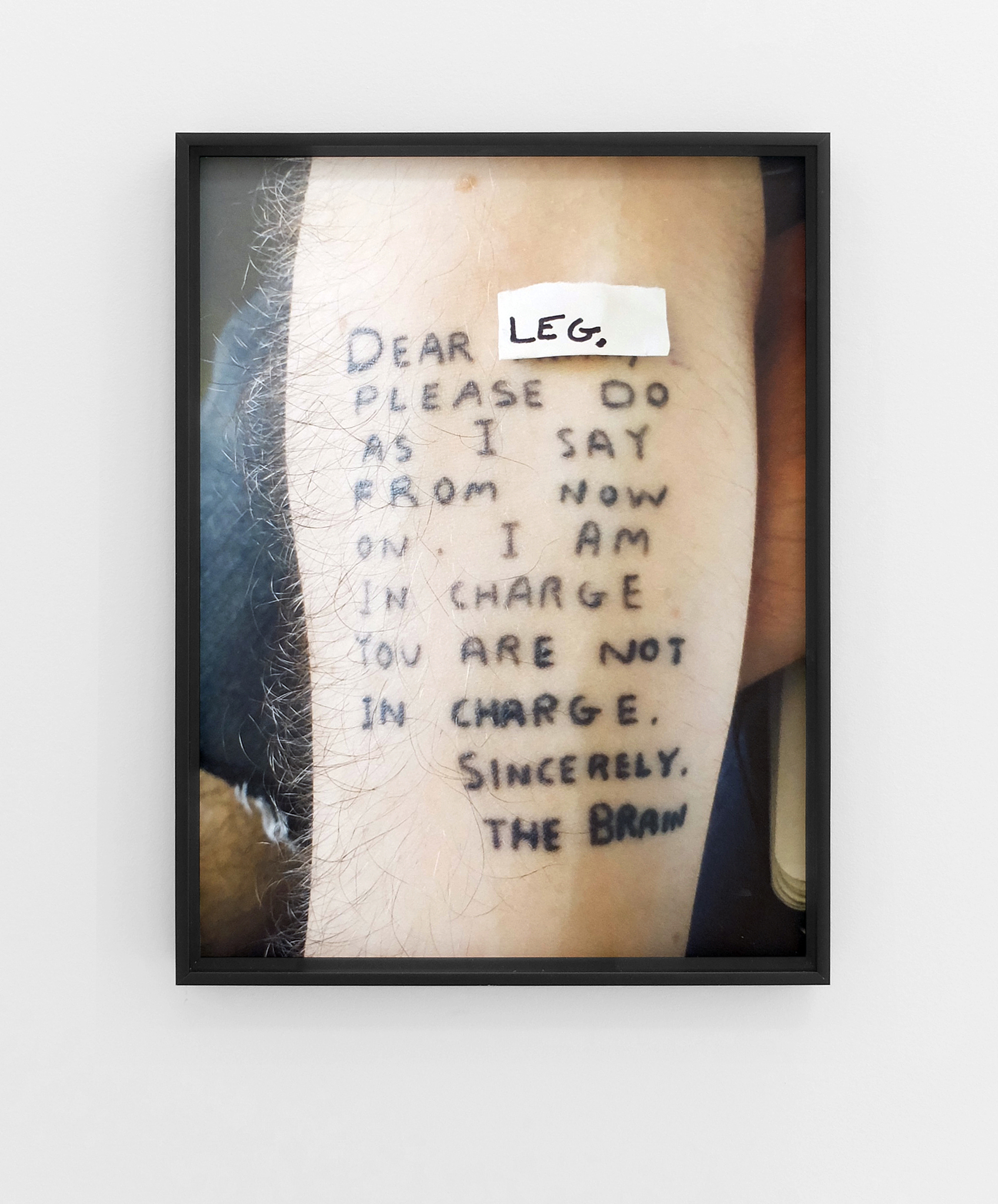
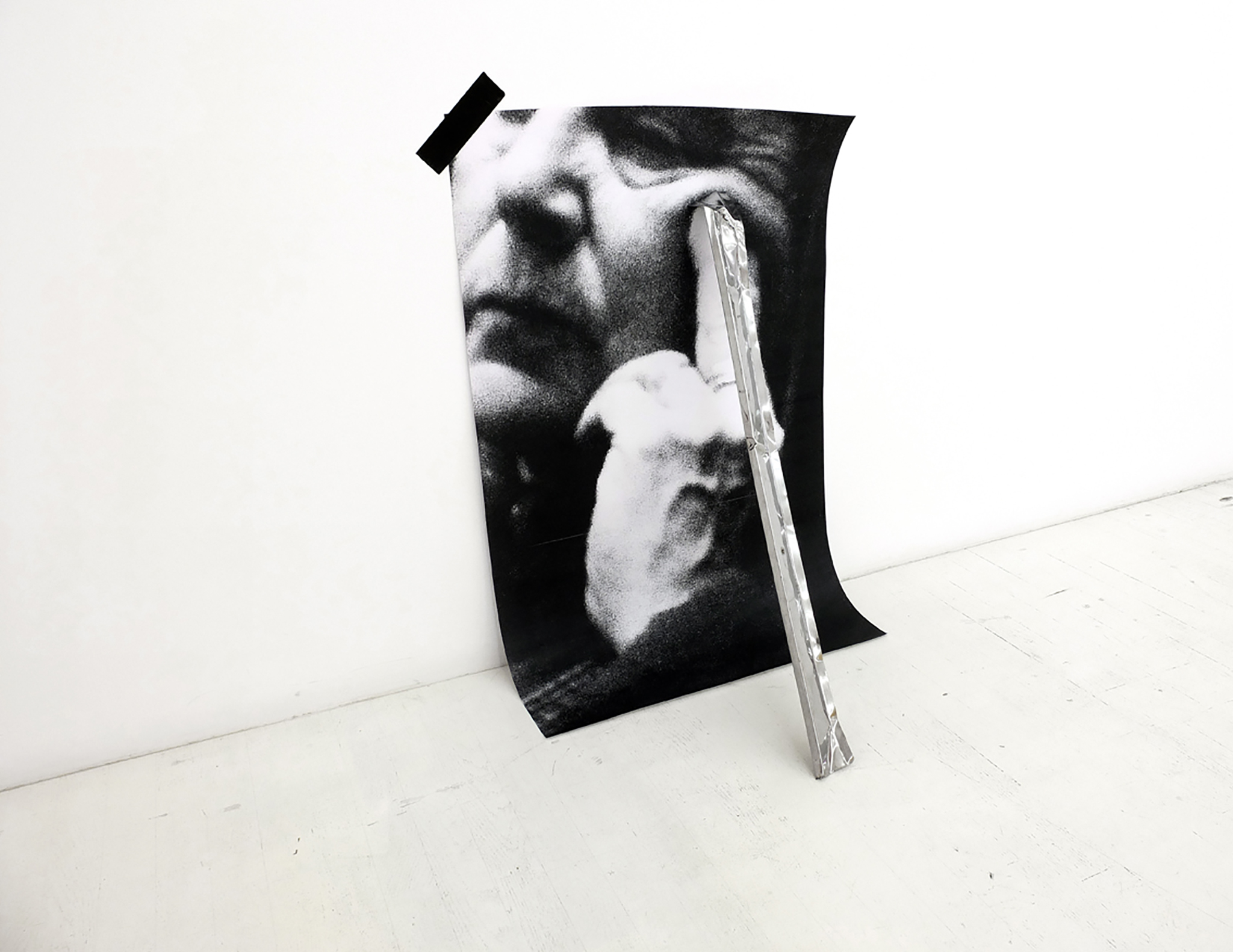
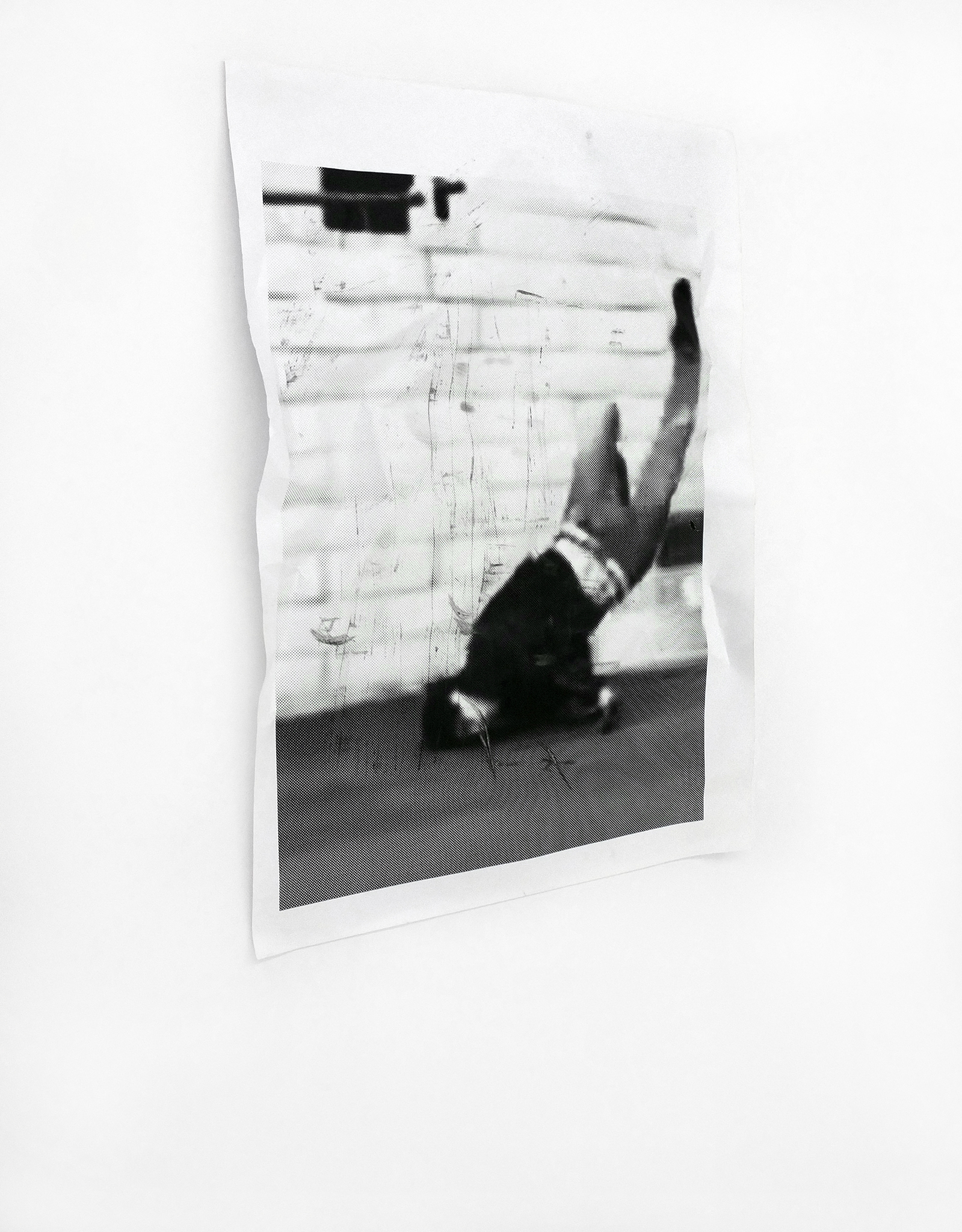
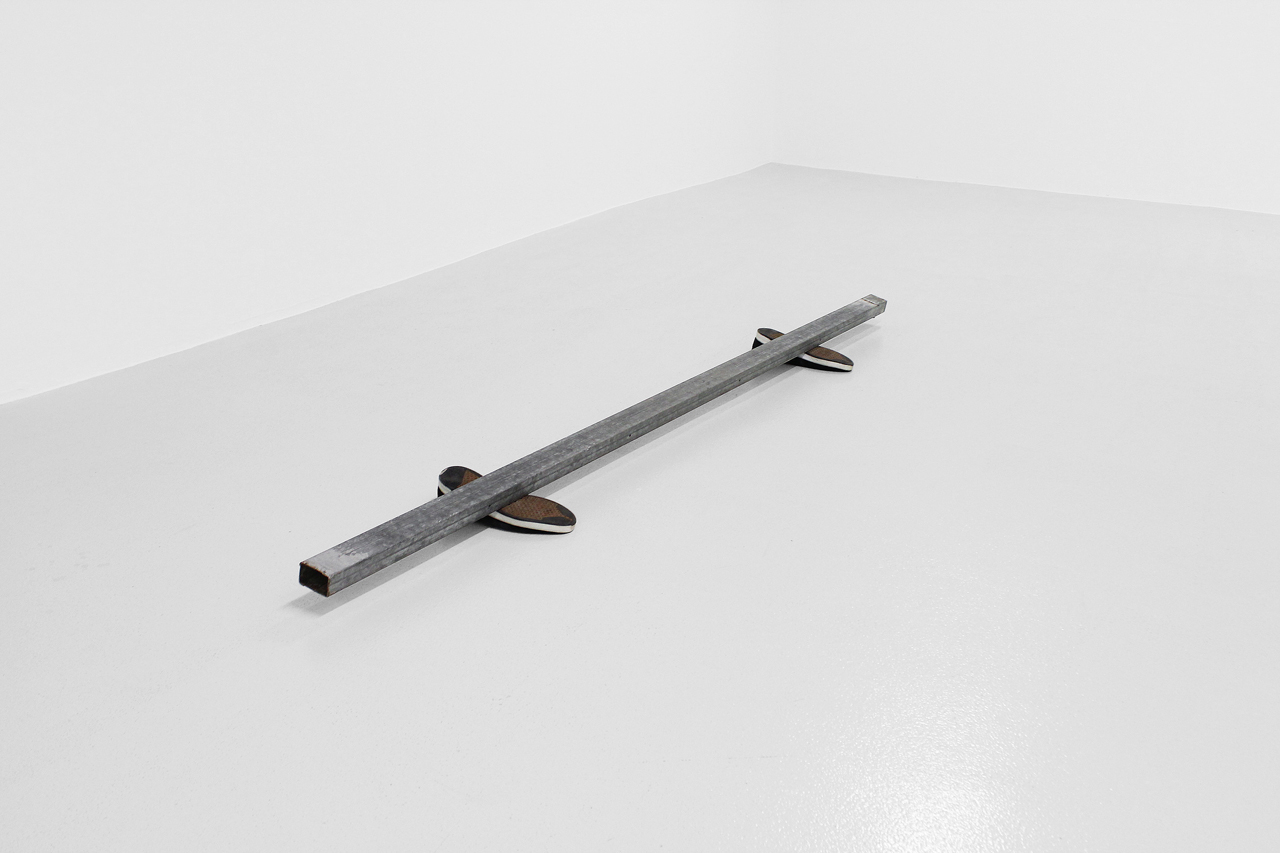
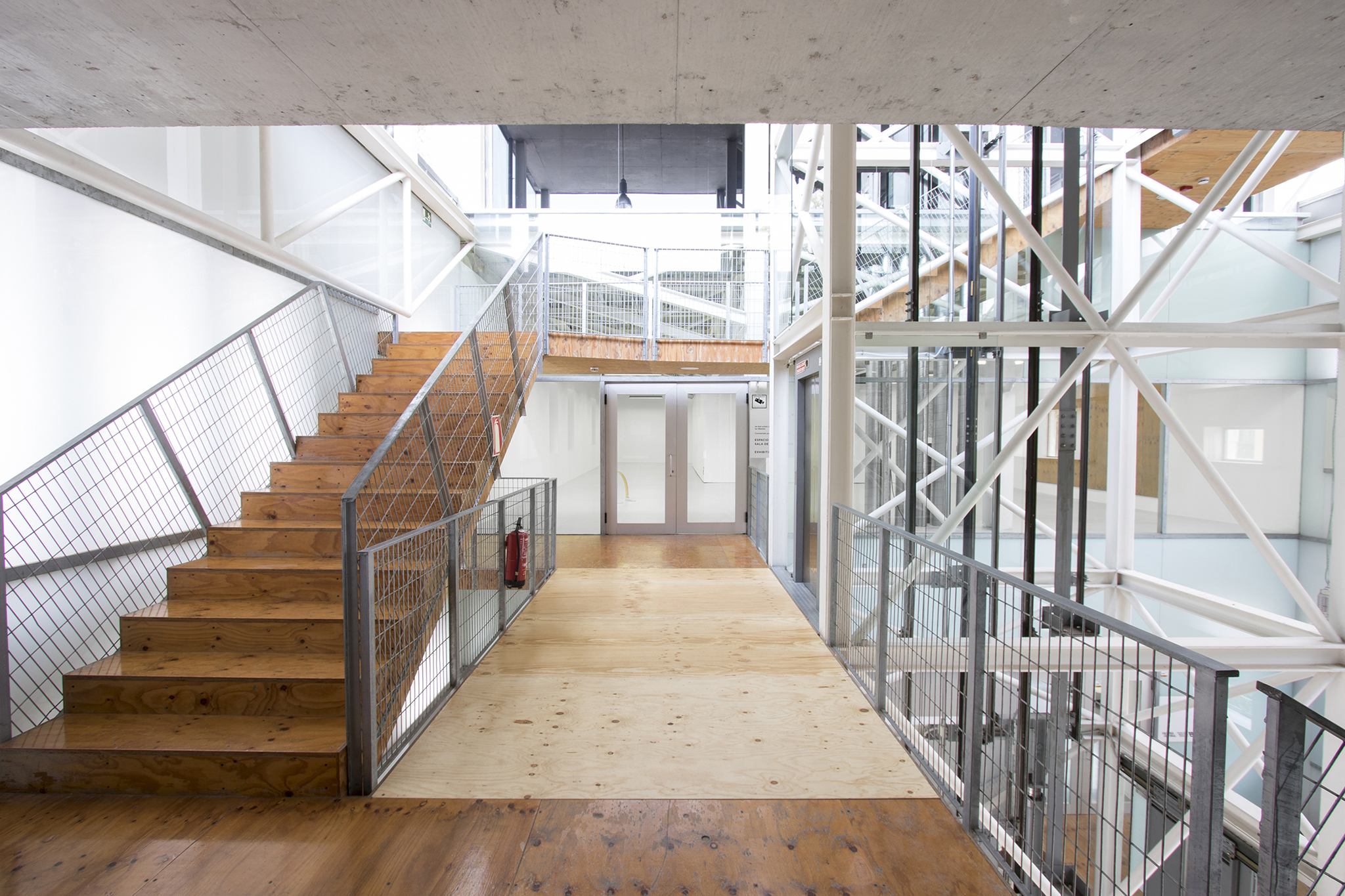
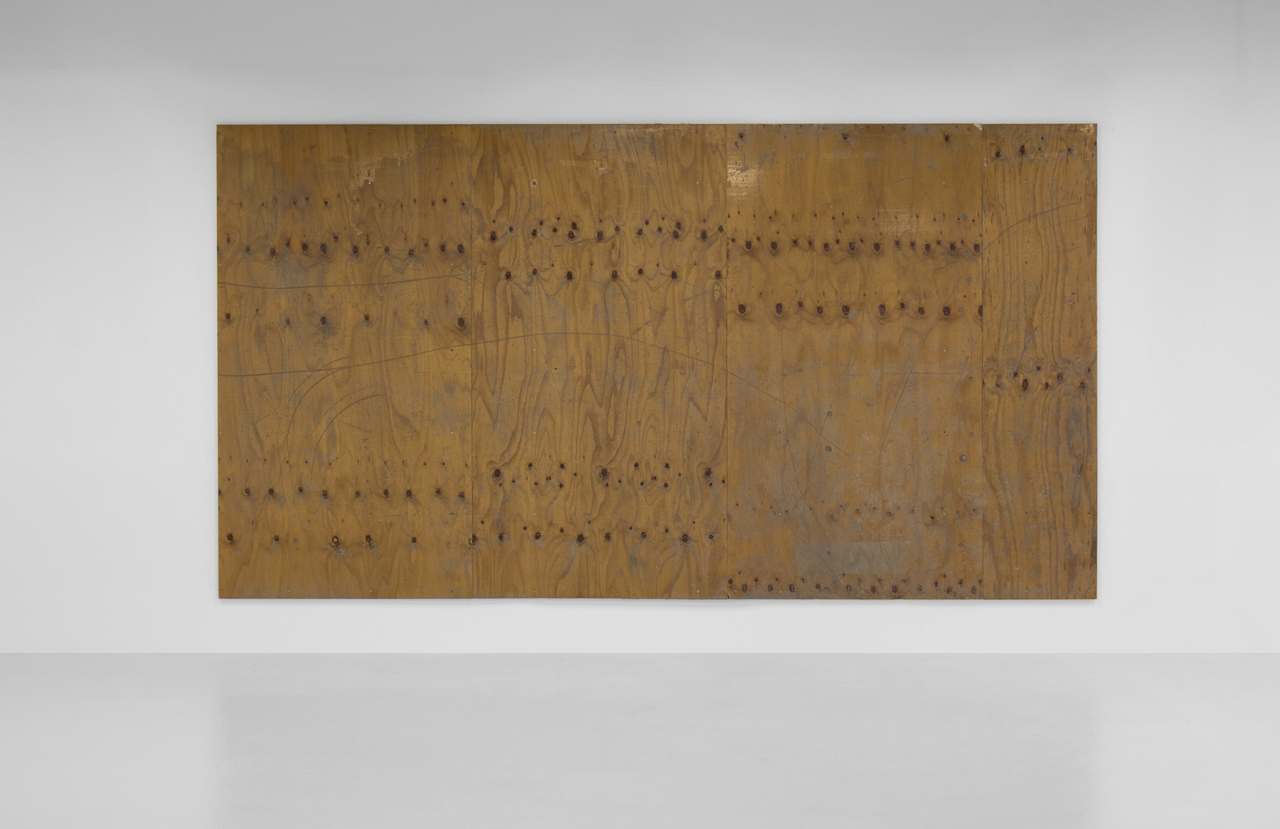
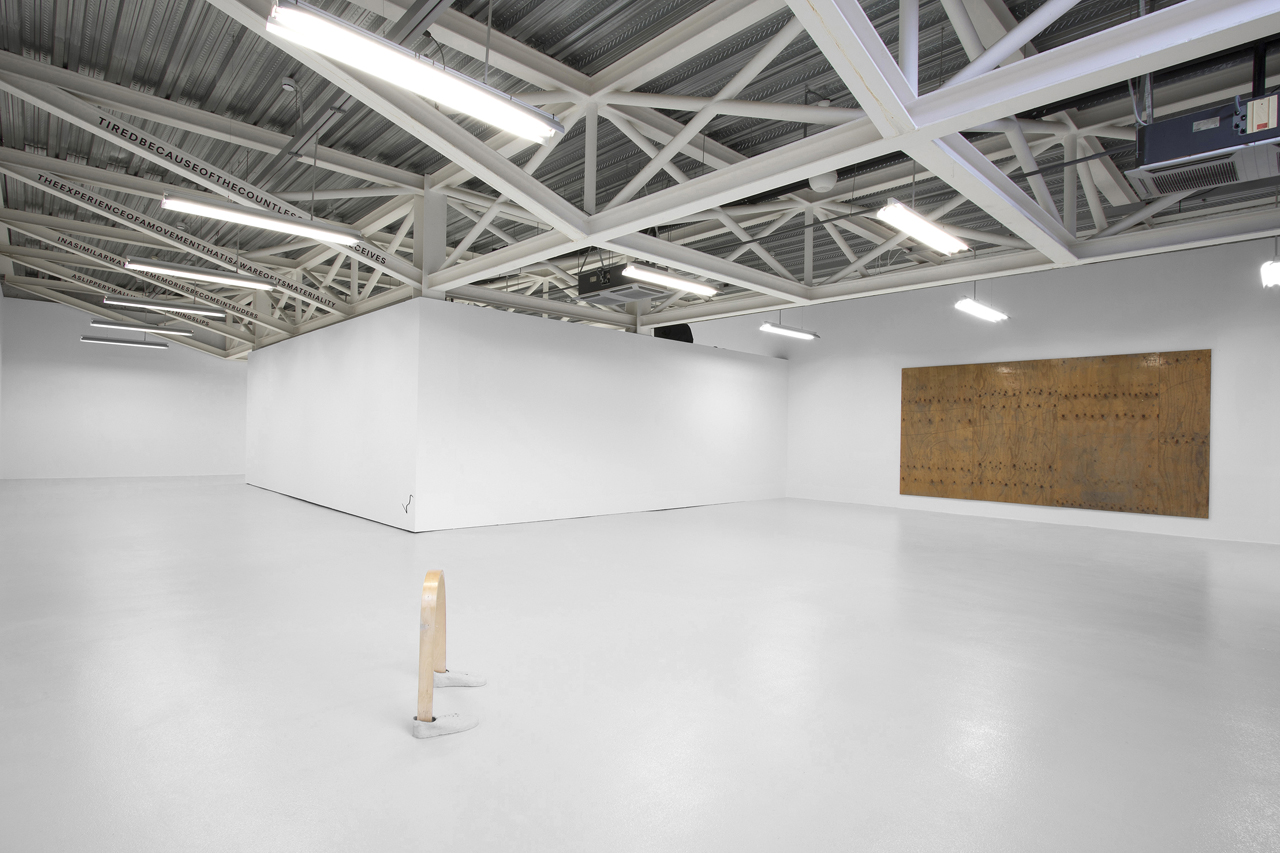
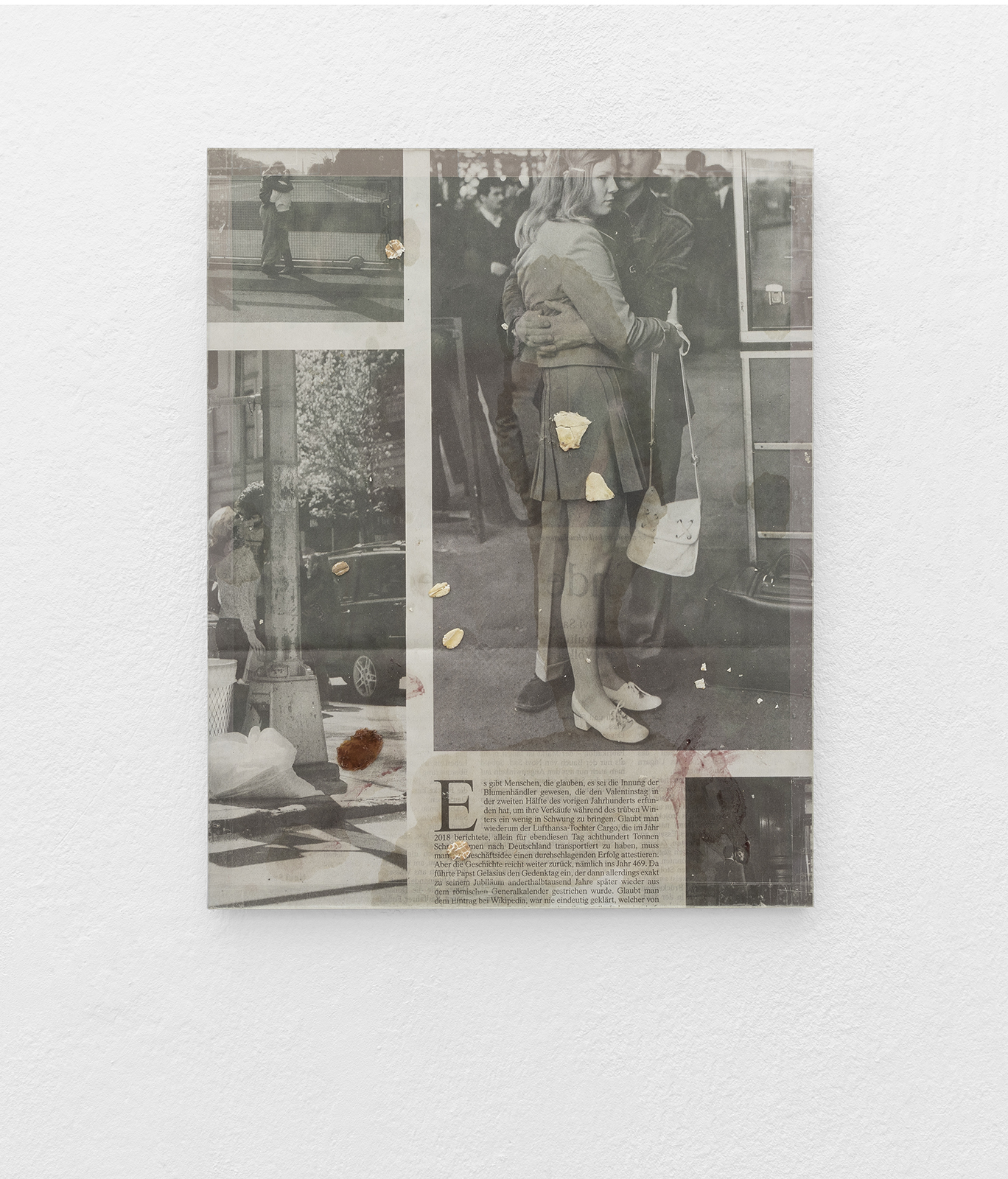
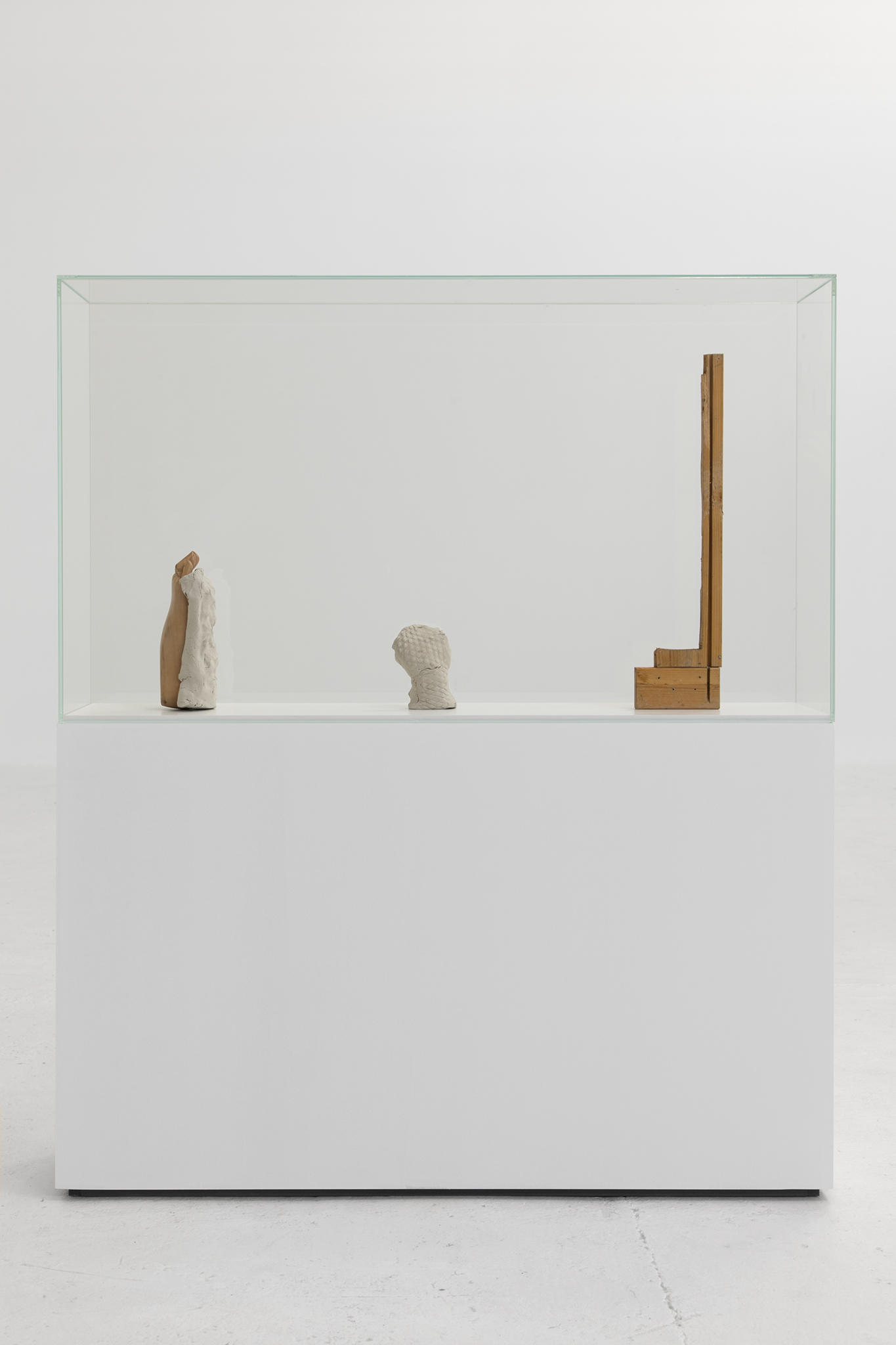
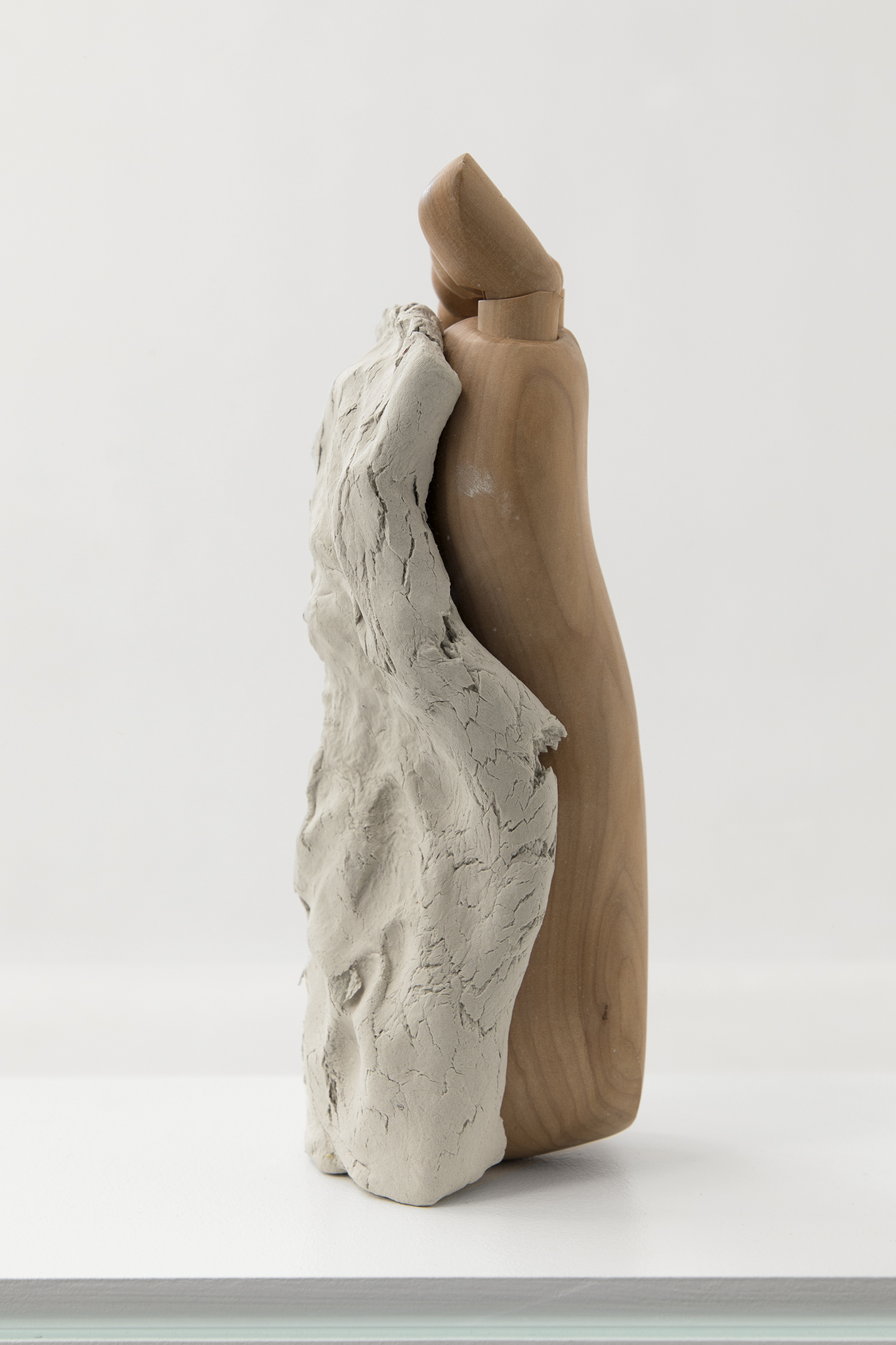
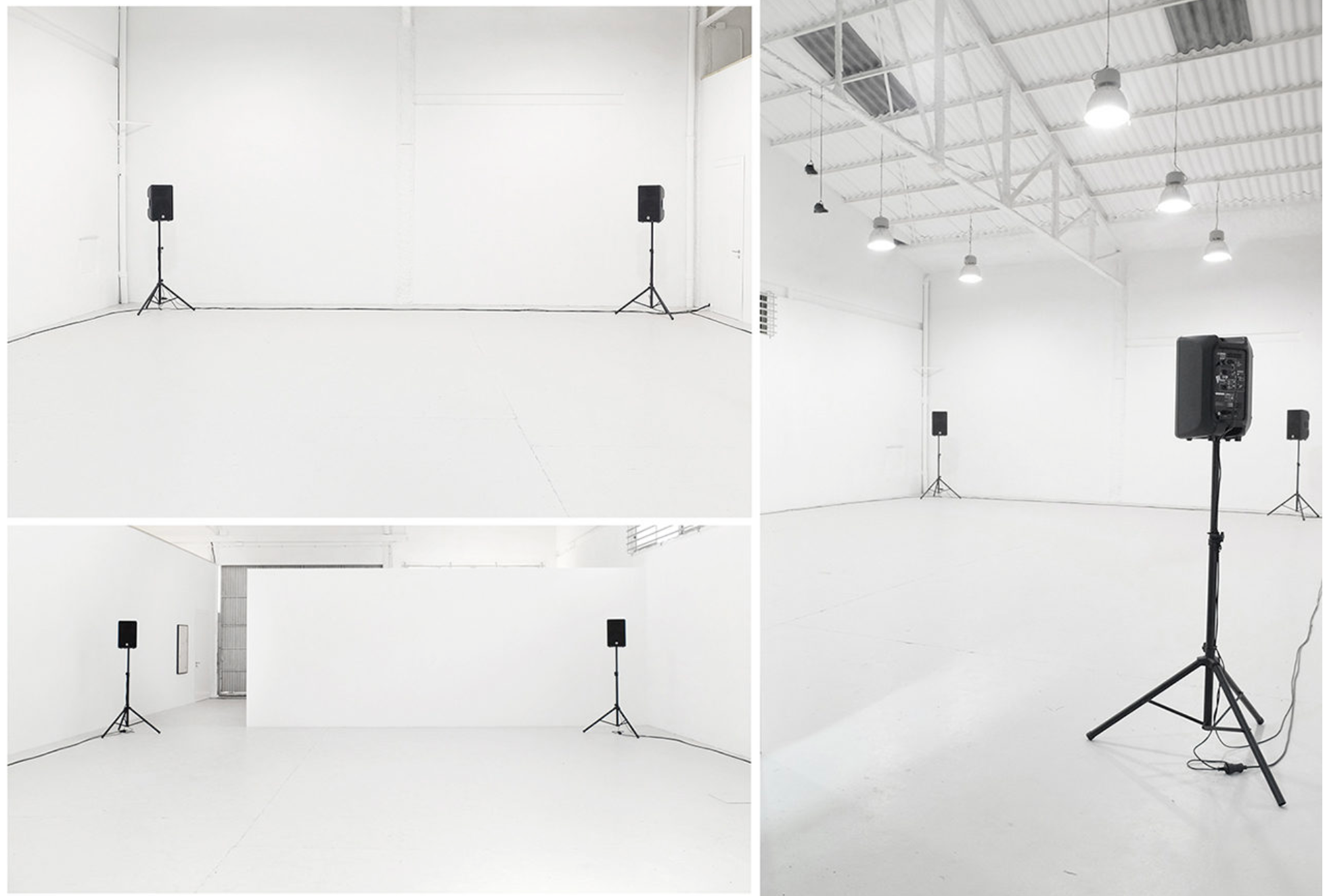
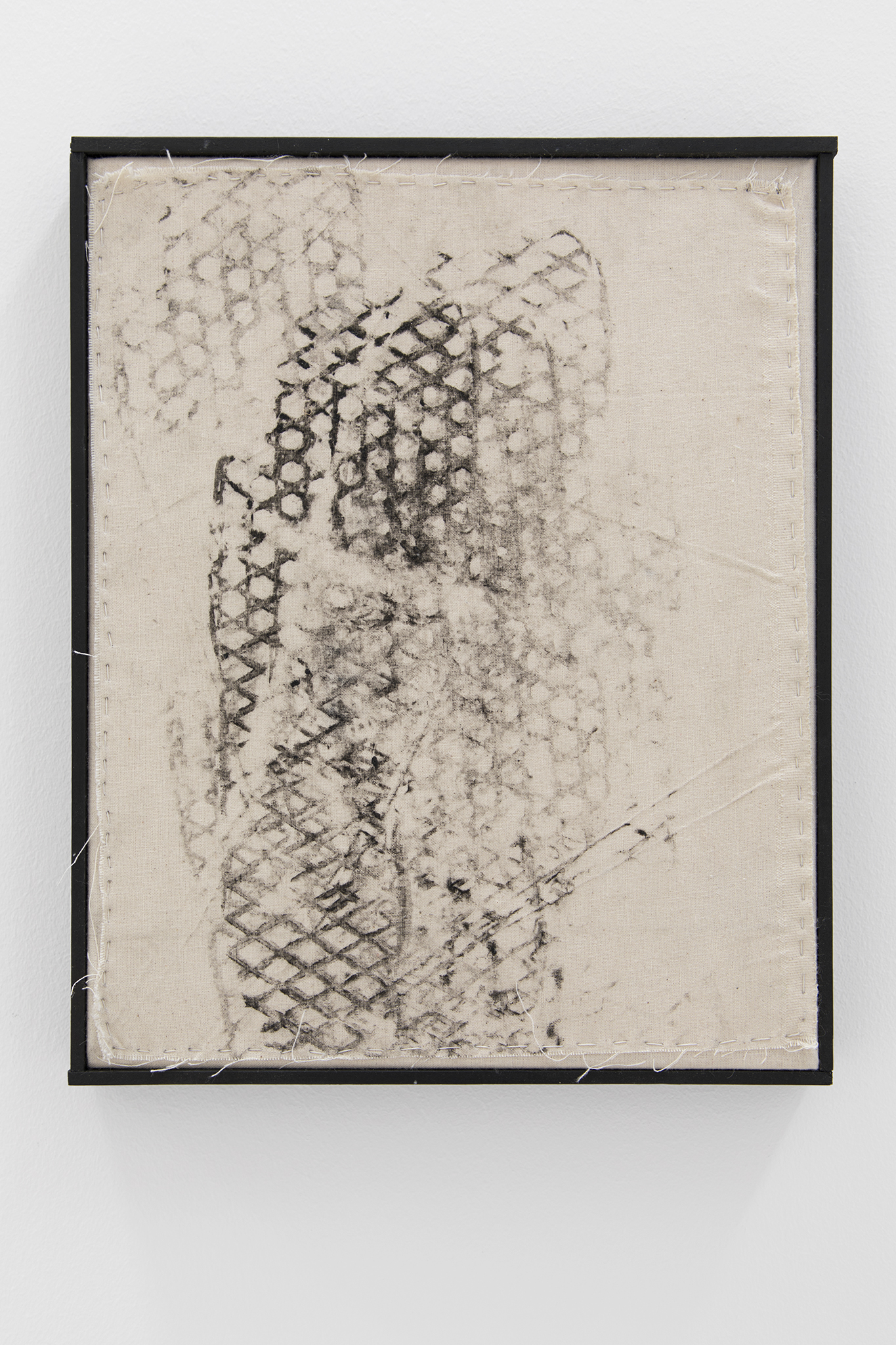
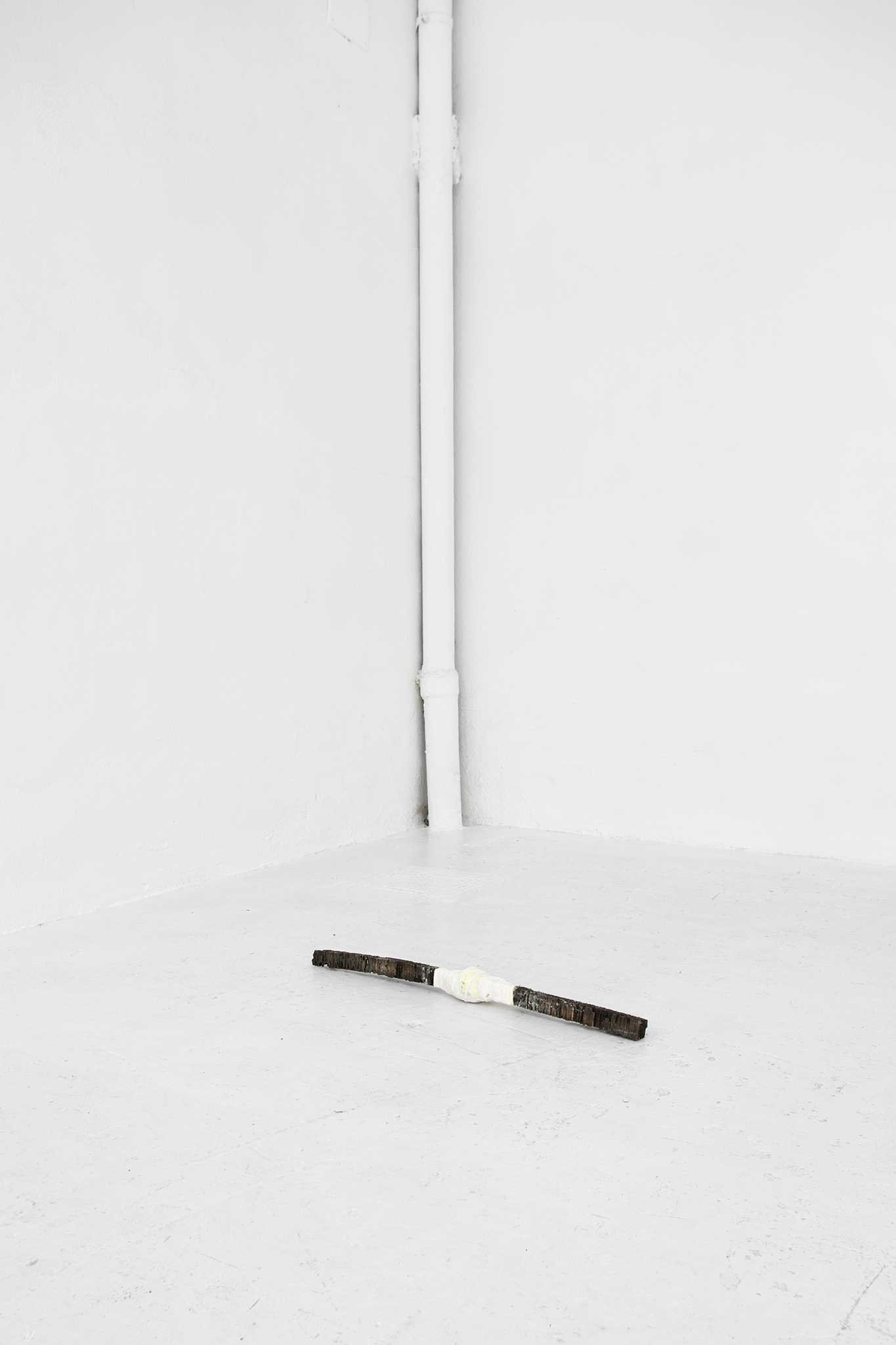
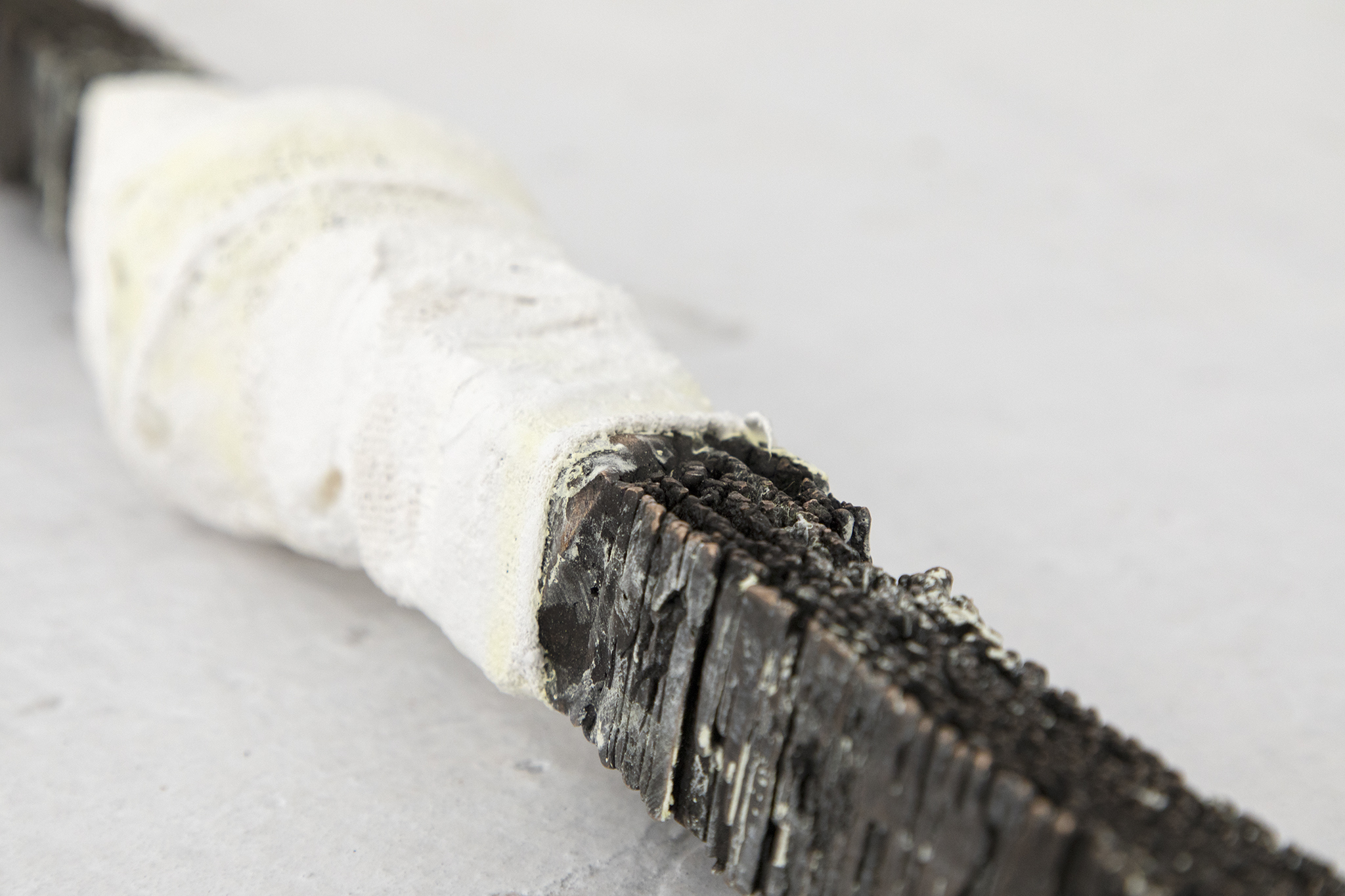
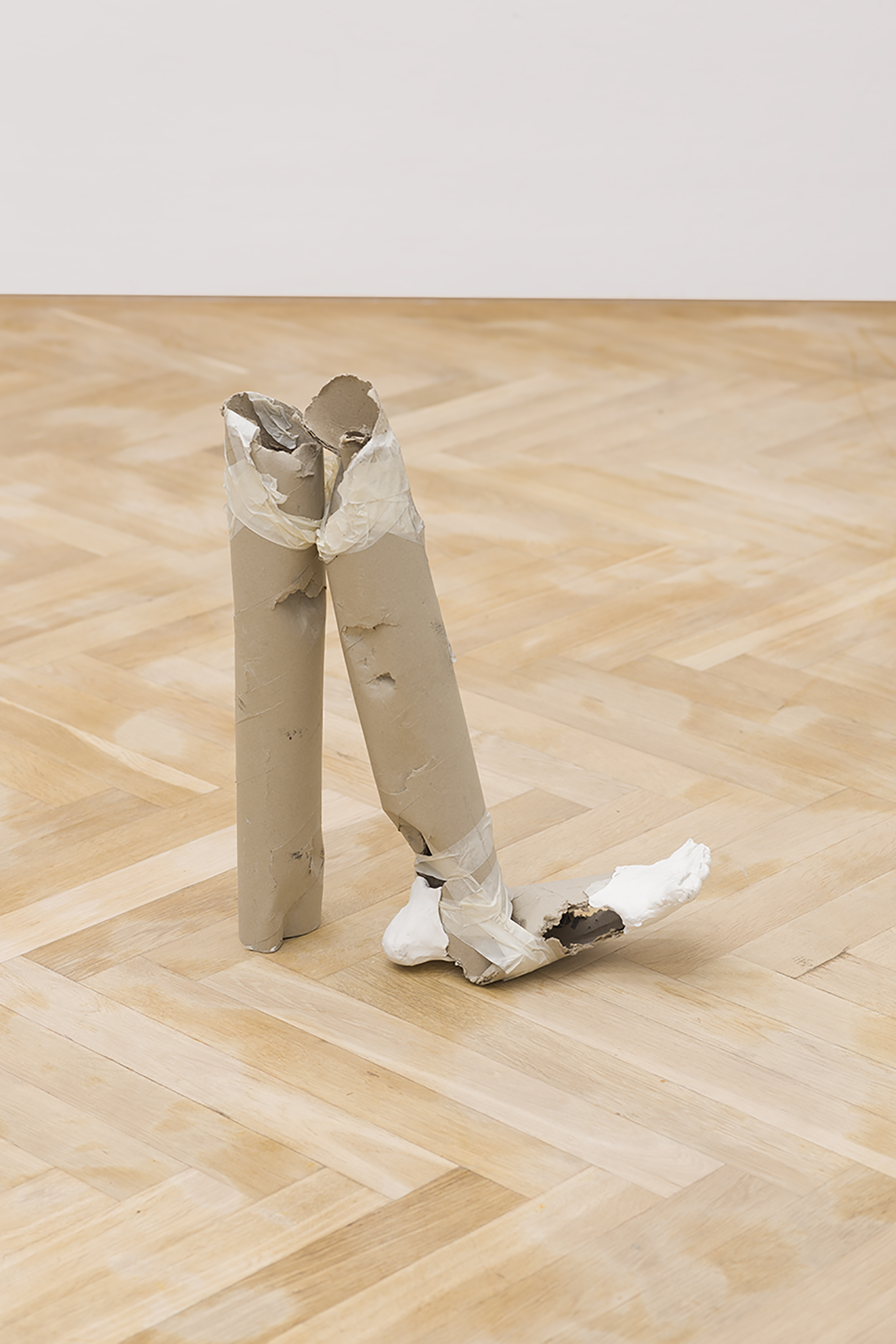
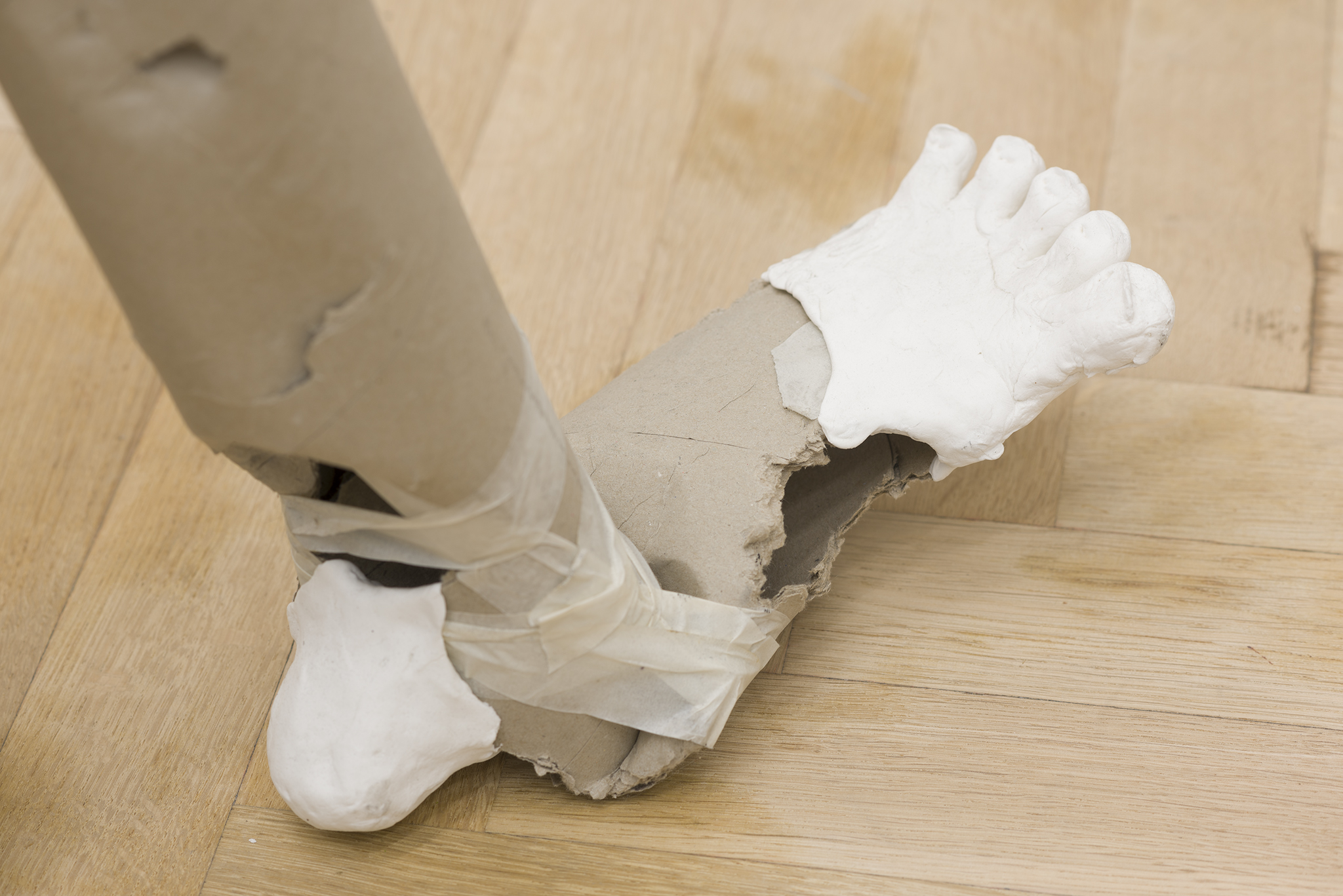
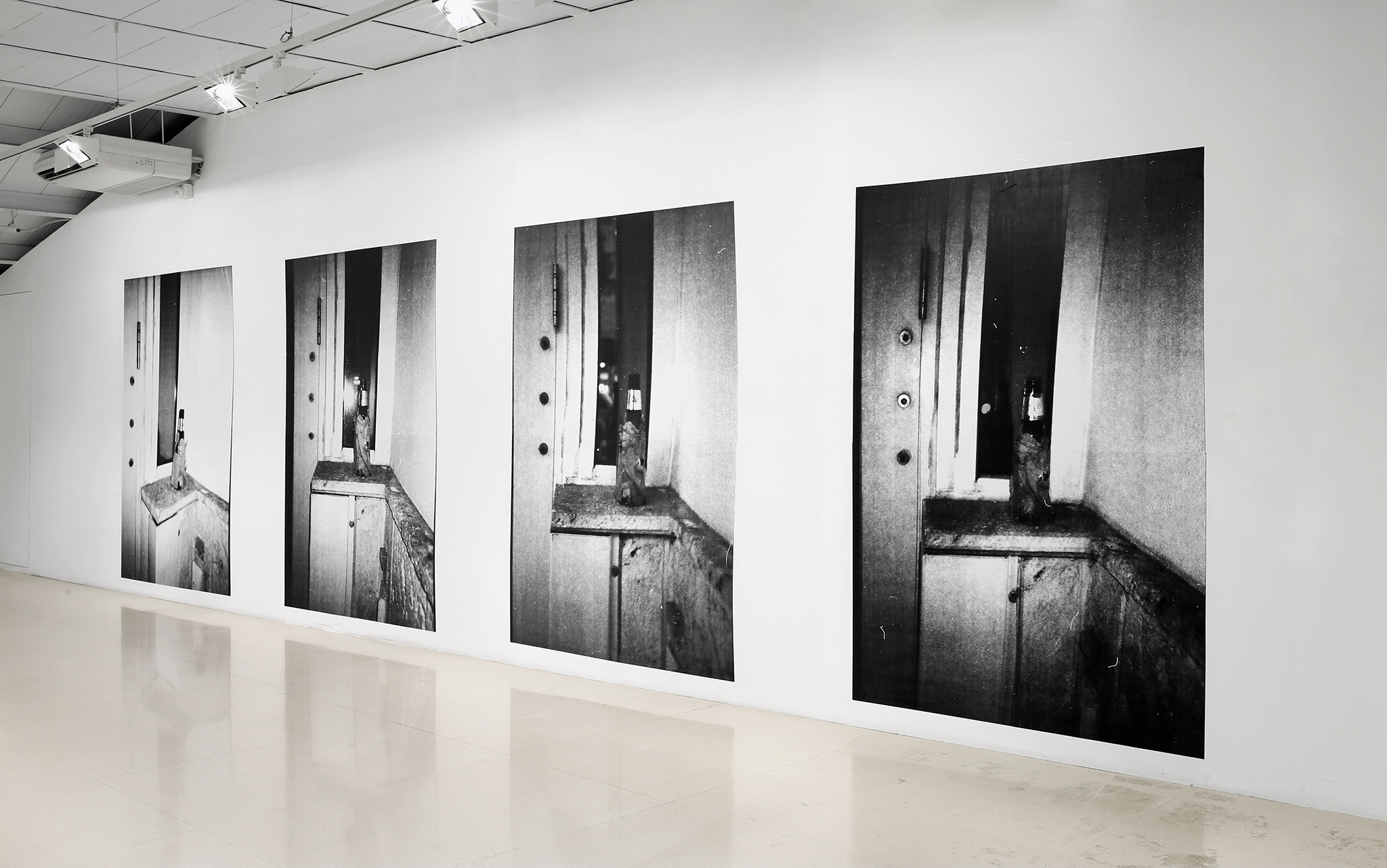
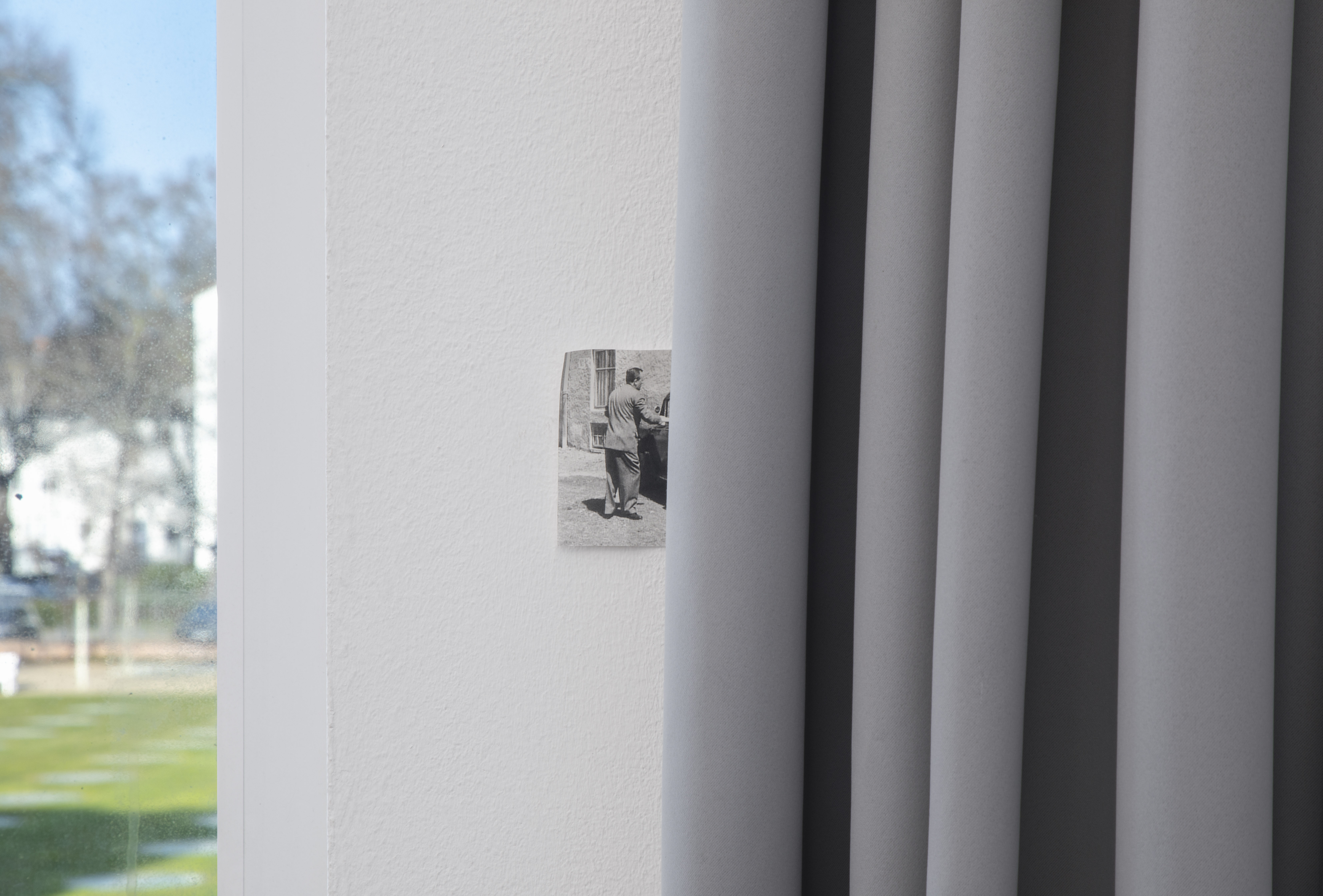
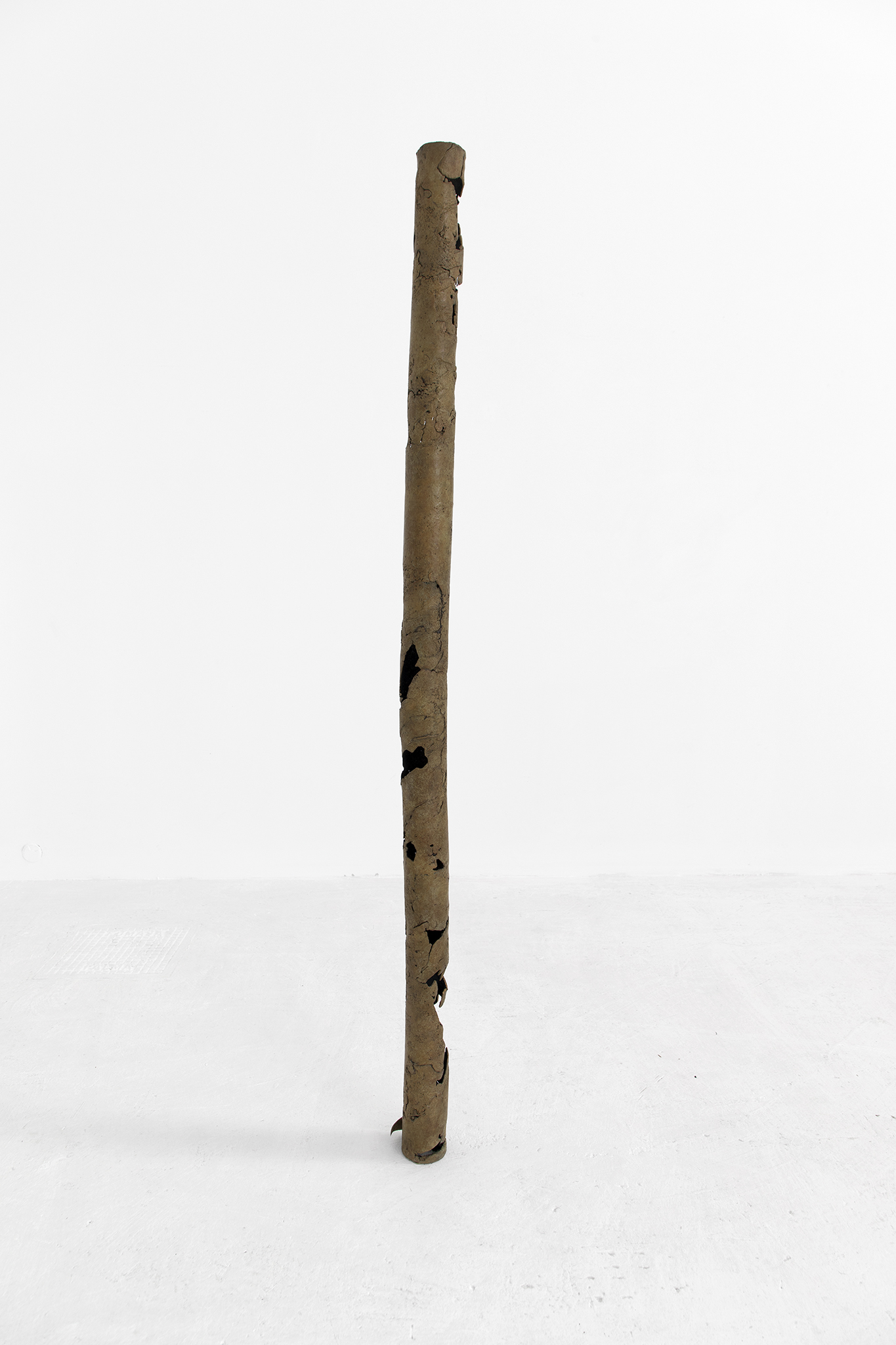
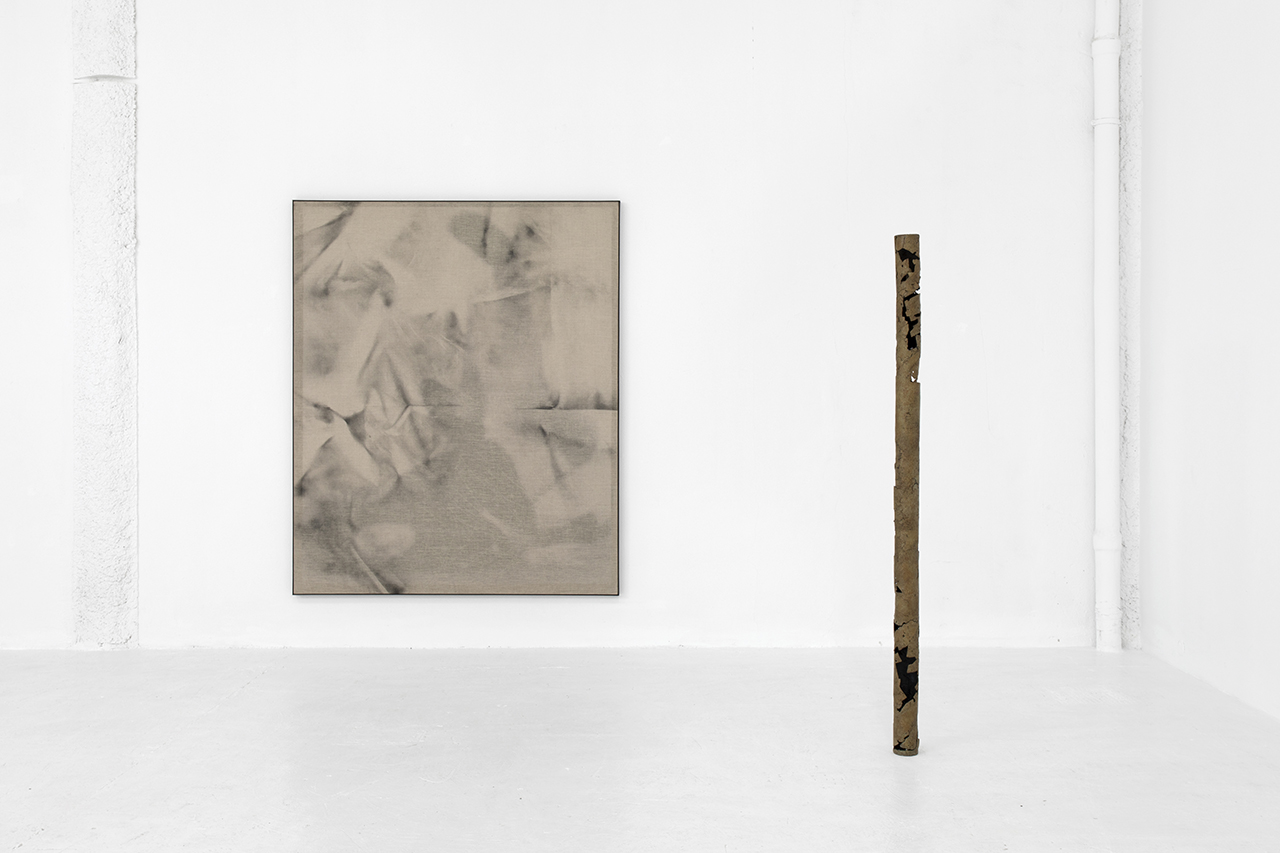
SELECTION OF EXHIBITIONS & PROJECTS (TO BE UPDATED)
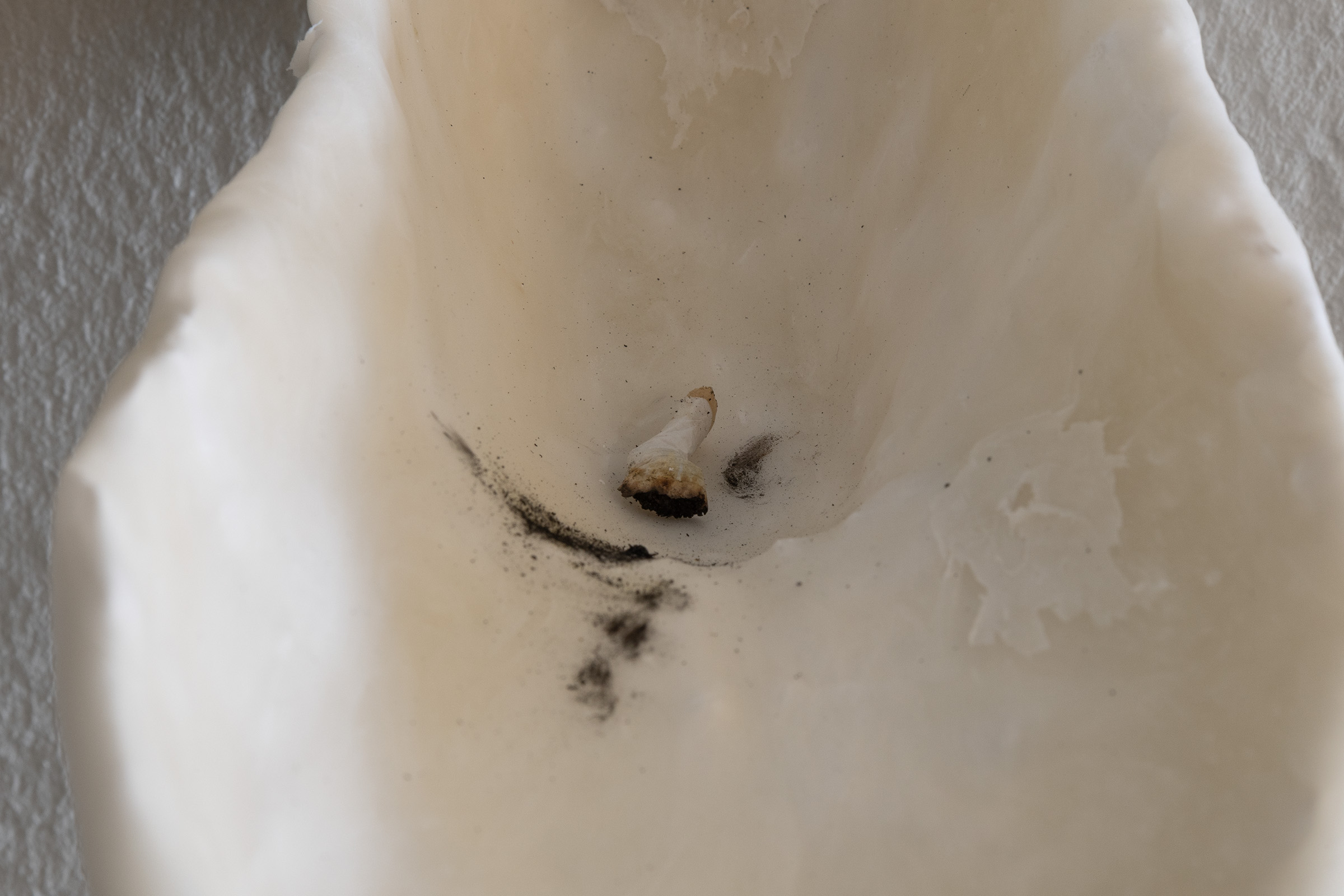




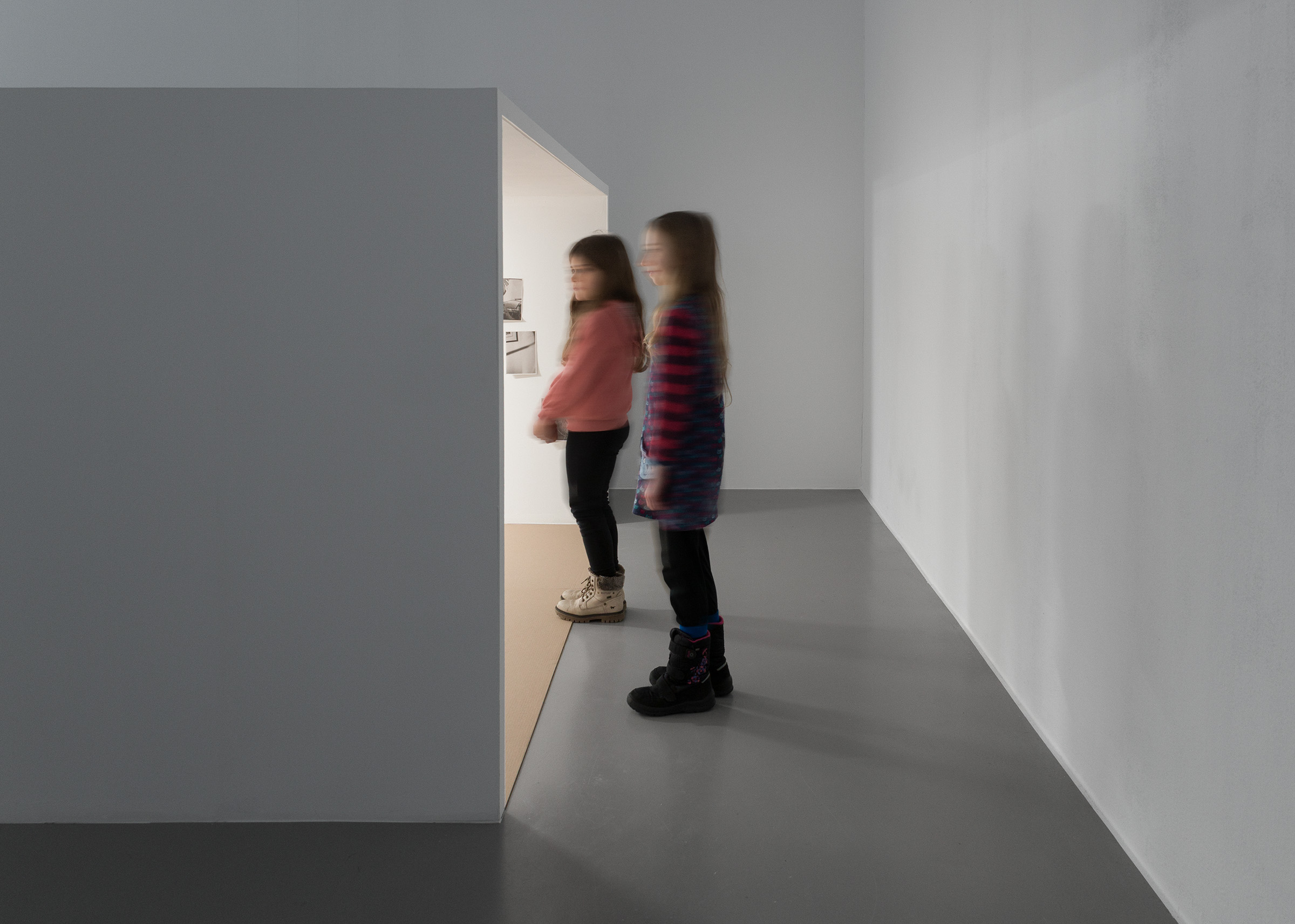

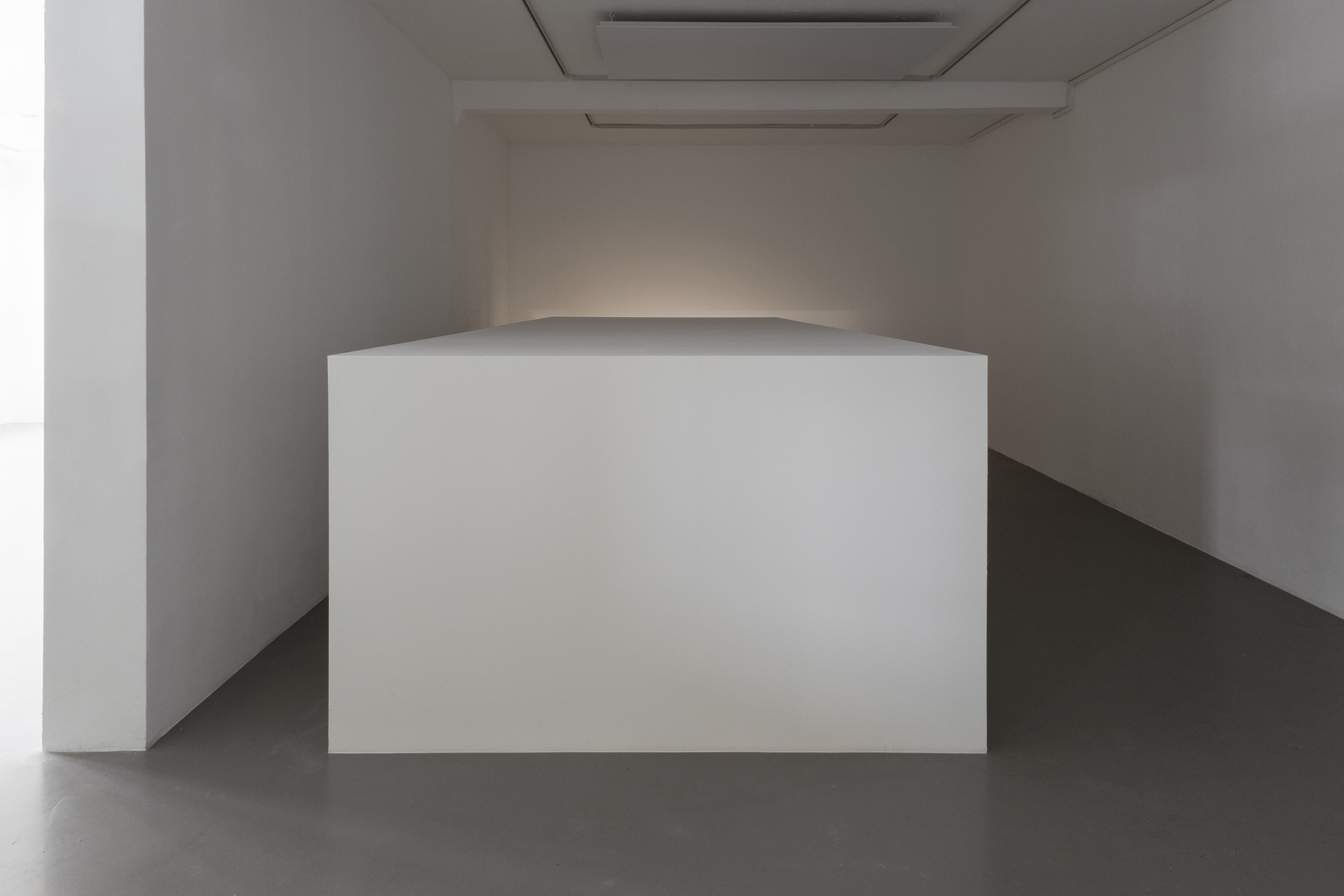
016.
Solo exhibition at Gesellschaft für Aktuelle Kunst – GAK Bremen
Bremen, Germany
Full documentation and info
“Zungen”
2026Solo exhibition at Gesellschaft für Aktuelle Kunst – GAK Bremen
Bremen, Germany
Full documentation and info
The exhibition Zungen by Ian Waelder is the third in the series for fear of continuity problems, which explores the notion of memory in parts of GAK’s indoor space and in the poster frames outside.
The conversation around Waelder’s exhibition started with the image of a child standing before a family bookshelf. Still very small, the child could only reach the books on the lower shelves, but over the years and as they became taller, more shelves and different books could be accessed. This access, reaching up or bending down is something one regularly performs in front of books. Accordingly, knowledge and memory are also connected to reach. Just as the body and language are intertwined.
Within the exhibition at GAK sits a space with a low ceiling, a sort of box, which you are invited to enter. If you are quite tall, you will have to crouch down inside. There you will find a series of photographs documenting a plant and its growth over the years. The photographs capture time as being intimately connected to the artist himself — the plant was given to Waelder’s mother on the day of his birth and since then grows alongside him.
[Read more]
The conversation around Waelder’s exhibition started with the image of a child standing before a family bookshelf. Still very small, the child could only reach the books on the lower shelves, but over the years and as they became taller, more shelves and different books could be accessed. This access, reaching up or bending down is something one regularly performs in front of books. Accordingly, knowledge and memory are also connected to reach. Just as the body and language are intertwined.
Within the exhibition at GAK sits a space with a low ceiling, a sort of box, which you are invited to enter. If you are quite tall, you will have to crouch down inside. There you will find a series of photographs documenting a plant and its growth over the years. The photographs capture time as being intimately connected to the artist himself — the plant was given to Waelder’s mother on the day of his birth and since then grows alongside him.
[Read more]
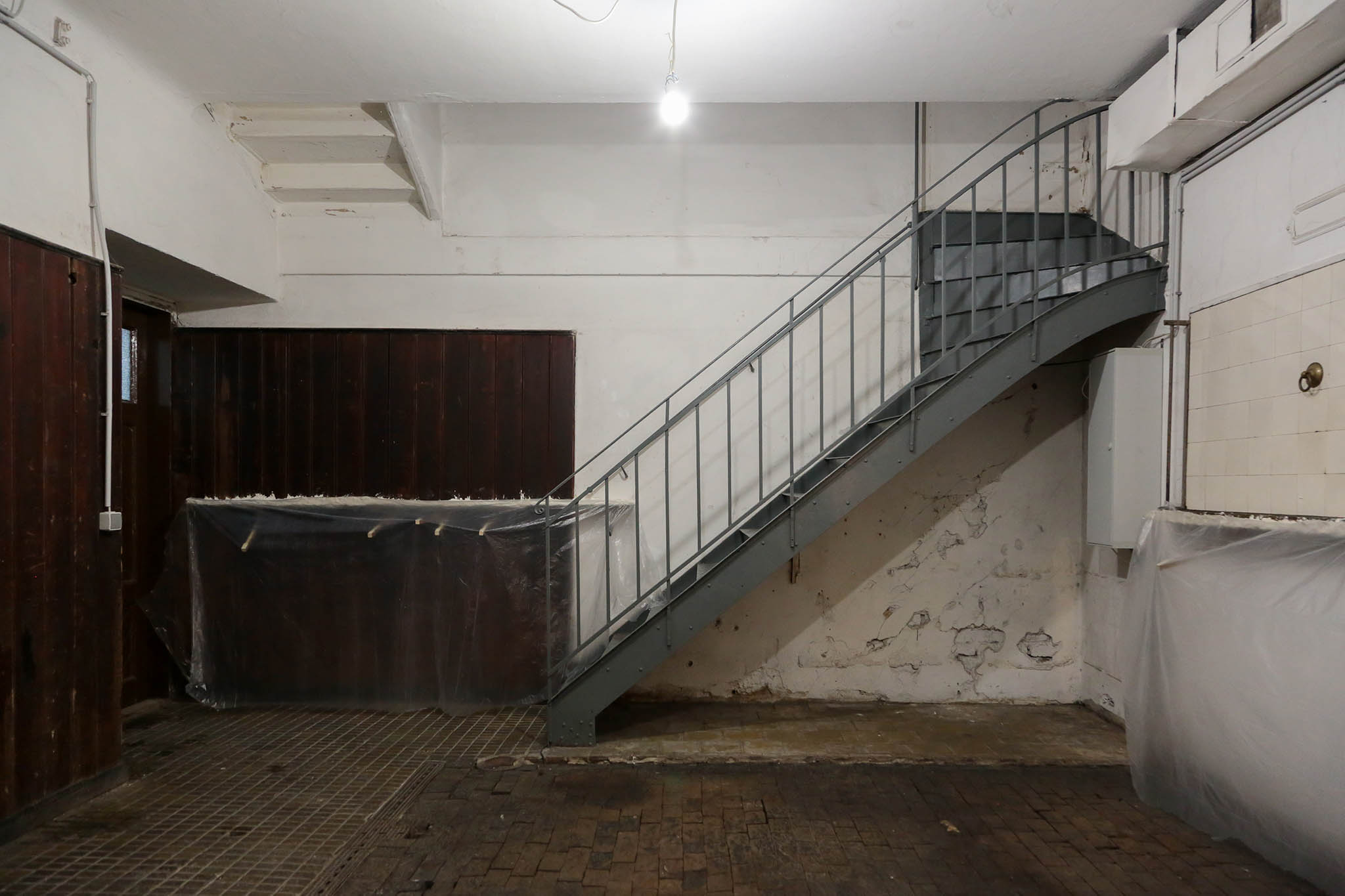



— what if you enter a space
— what if you exit
— and re-enter
— what if up and down fold into one surface
— your shoe is broken
— your shoelace is loose
— undone
— what if you enter a space, and stay
— your walls are falling apart
— crumbling
— what if you scrape the loose plaster with your finger
— what if it gathers tight beneath your nail, hurting a little
— what if the paint is still wet
— dripping
— what if you leave fingerprints everywhere
— staining
— tracing
— what if you point out key moments
[Read more]
— what if you exit
— and re-enter
— what if up and down fold into one surface
— your shoe is broken
— your shoelace is loose
— undone
— what if you enter a space, and stay
— your walls are falling apart
— crumbling
— what if you scrape the loose plaster with your finger
— what if it gathers tight beneath your nail, hurting a little
— what if the paint is still wet
— dripping
— what if you leave fingerprints everywhere
— staining
— tracing
— what if you point out key moments
[Read more]
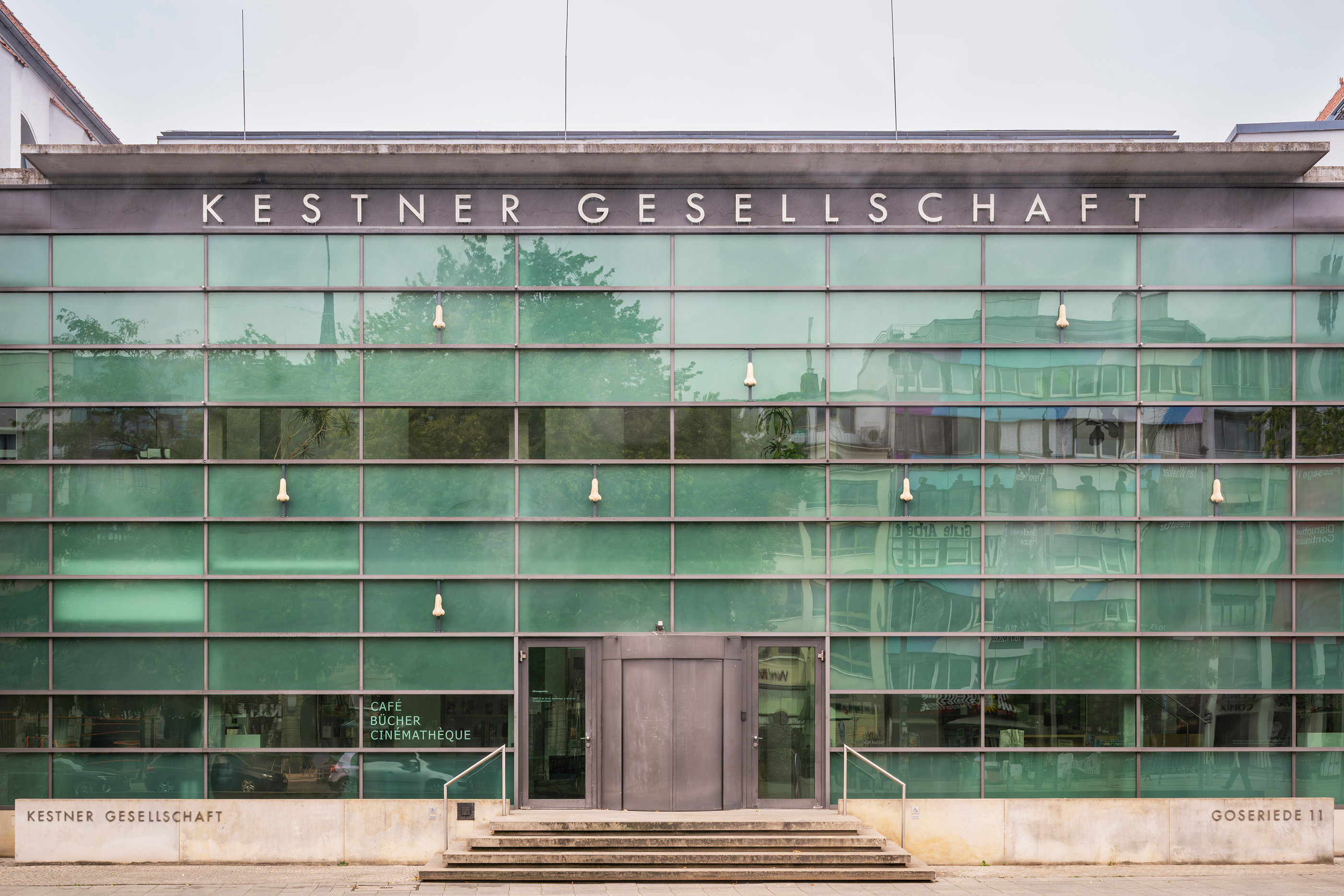

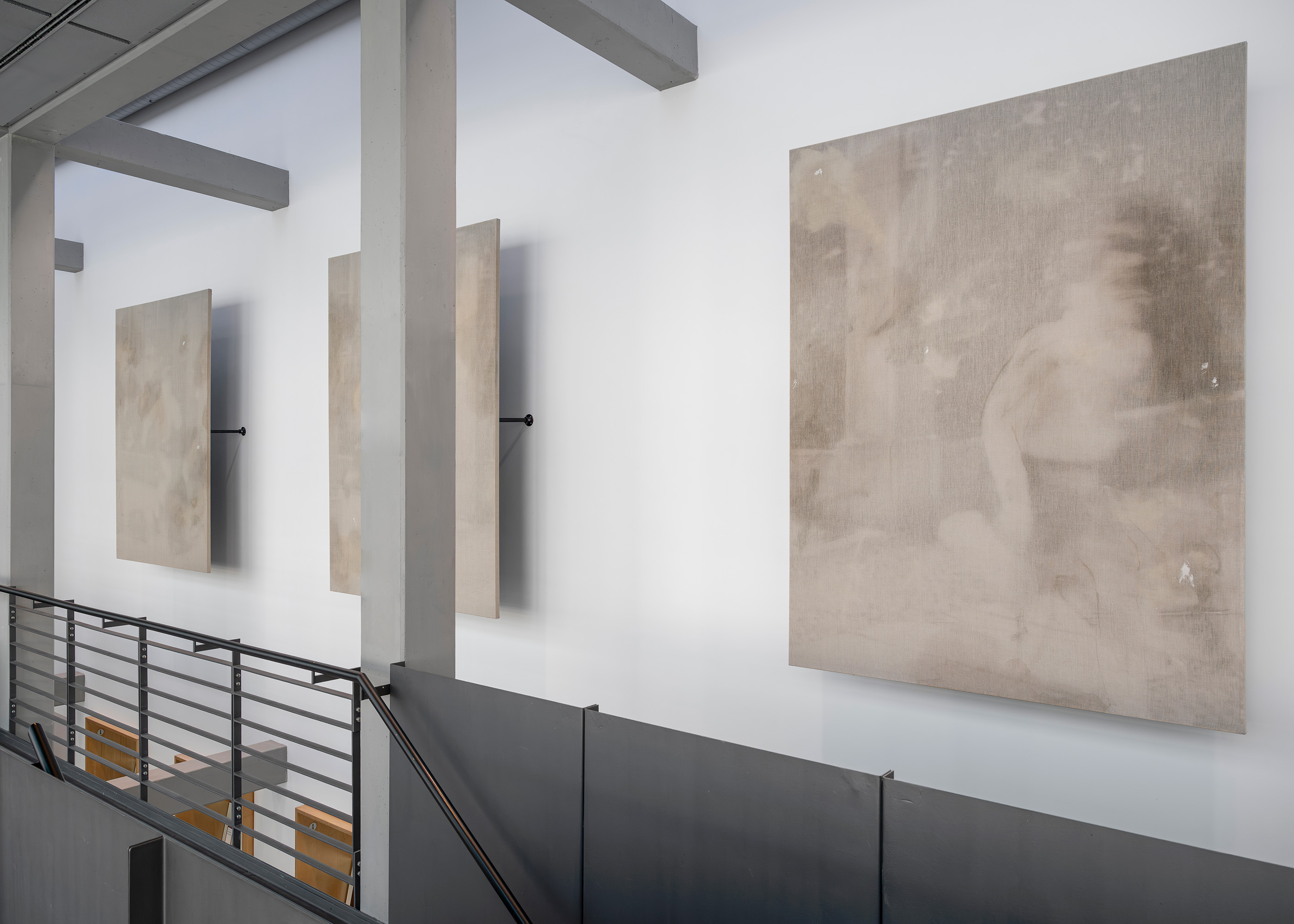
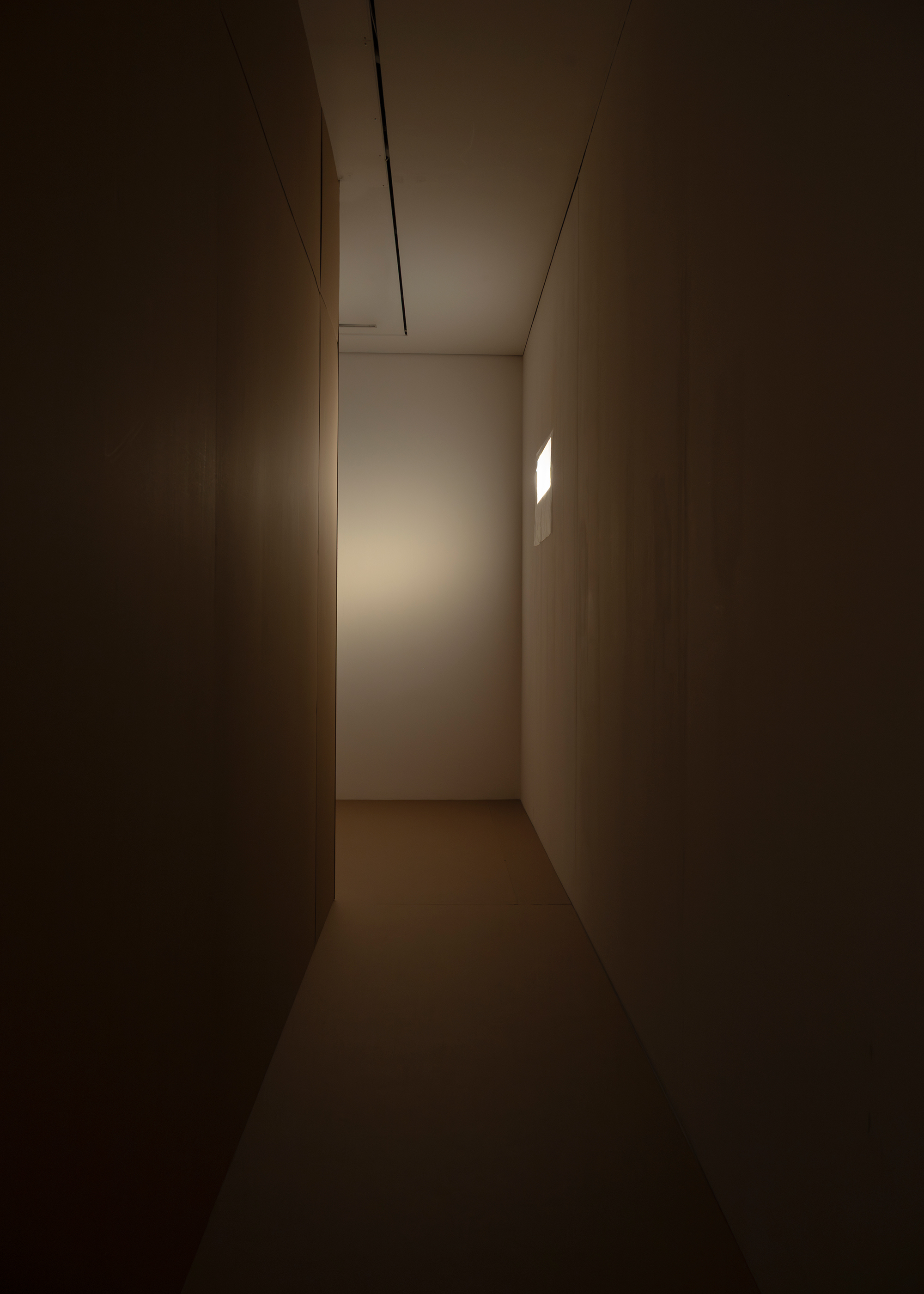
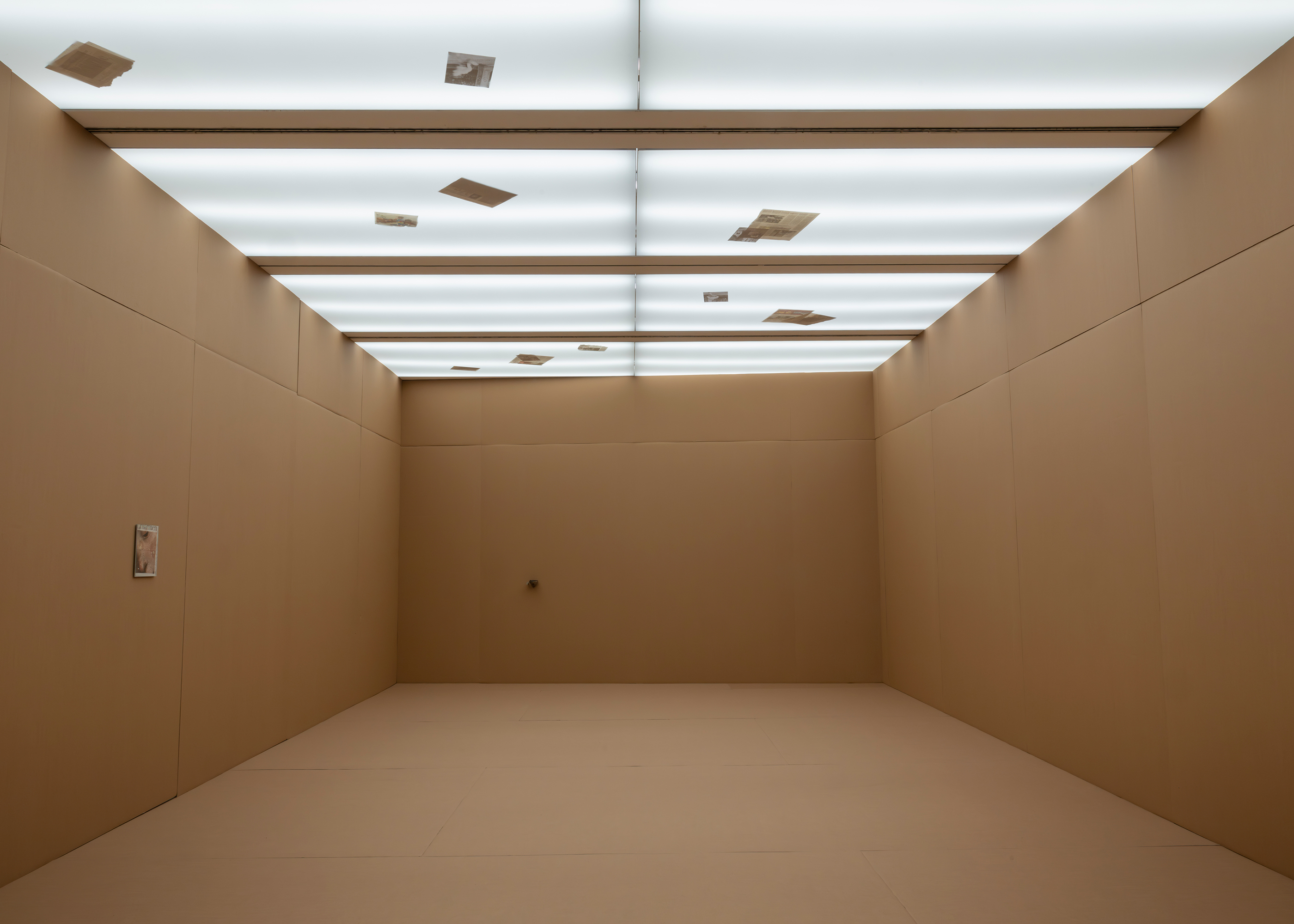
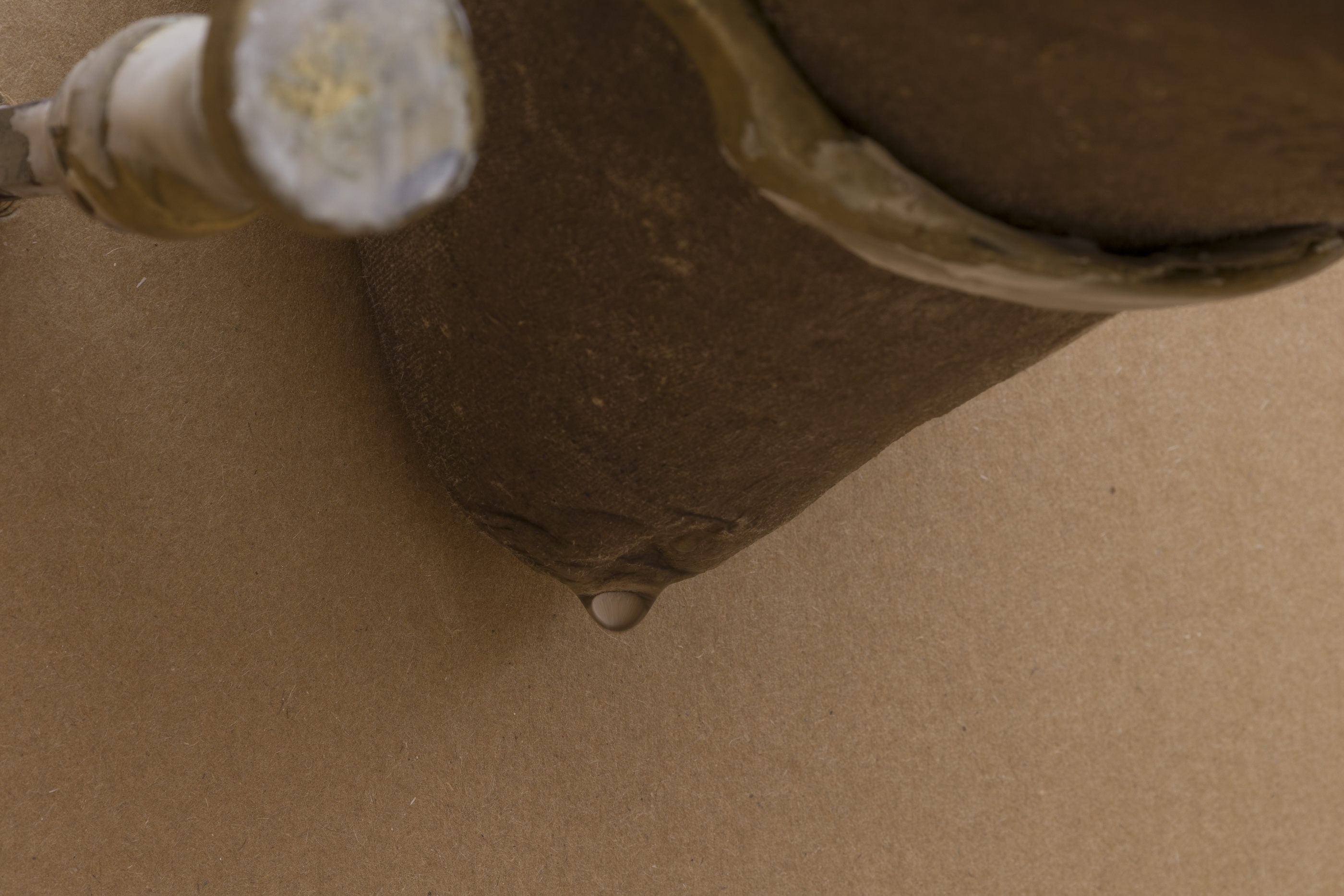
014.
Solo exhibition at Kestner Gesellschaft
Hannover, Germany
Curated by Alexander Wilmschen
Assistant curator, Emilia Radmacher
Full documentation and info
“thereafter”
2025Solo exhibition at Kestner Gesellschaft
Hannover, Germany
Curated by Alexander Wilmschen
Assistant curator, Emilia Radmacher
Full documentation and info
In thereafter, Ian Waelder connects the façade, atrium, and arcade hall of the Kestner Gesellschaft for the first time to form a spatial narrative between inside and outside, past and present. His works begin at the edges of the rememberable: familial traces, biographical fractures, everyday remnants – not as evidence, but as fragile carriers of a story that resists linear narration.
At the center of Waelder’s solo exhibition stands a labyrinthine structure made of cardboard, evoking the image of a packed moving box. The offset entrance of the arcaded hall diverts the gaze away from clear paths. Inside, sculptures, newspaper collages, a piano melody, and the materiality of cardboard and light condense into a dense assemblage—including a newspaper article covered with oats and traces of butter with the headline “Erbarmen” (“Mercy”), a deformed shoe last with a porcelain-like nose titled (...)
[Read more]
At the center of Waelder’s solo exhibition stands a labyrinthine structure made of cardboard, evoking the image of a packed moving box. The offset entrance of the arcaded hall diverts the gaze away from clear paths. Inside, sculptures, newspaper collages, a piano melody, and the materiality of cardboard and light condense into a dense assemblage—including a newspaper article covered with oats and traces of butter with the headline “Erbarmen” (“Mercy”), a deformed shoe last with a porcelain-like nose titled (...)
[Read more]
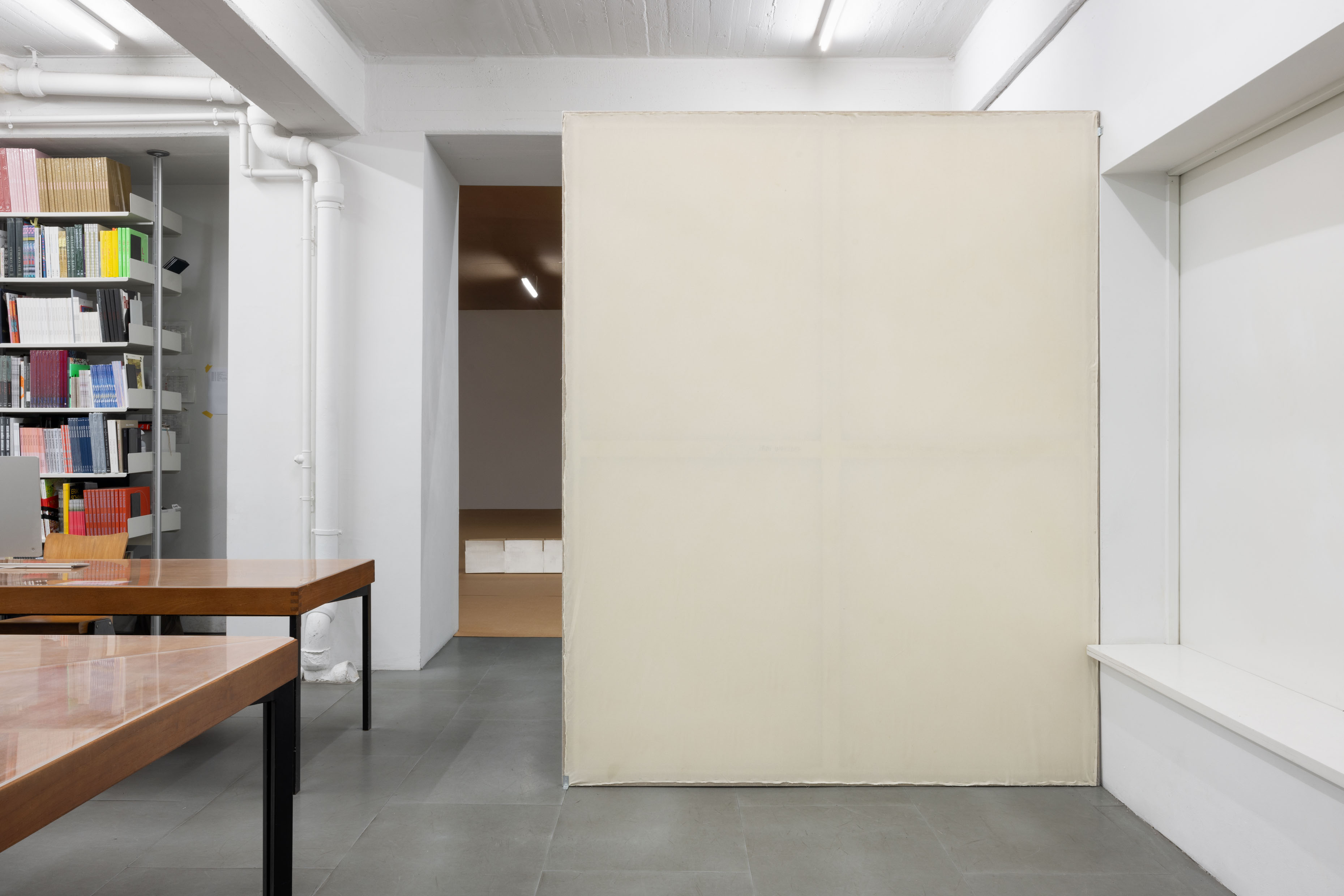


012.
Solo exhibition at carlier | gebauer
Berlin, Germany
Text by Chus Martínez
Full documentation and info
“cadence”
2025Solo exhibition at carlier | gebauer
Berlin, Germany
Text by Chus Martínez
Full documentation and info
(...) There is a veritable cascade of books in which only the grandparents speak, but in most cases the authors only use their presence, their lives, to enhance their own. We are little vampires of the past. I felt in love with the writing of Milan Kundera because he described, like no one else, the Western ways of capitalizing eternity.
I think you all will relate to the work of Ian Waelder. In a very steady way, he has been affirming his artistic practice –mostly developing installations, sculptures, sound and films—as the embodiment of a site to remember. Before entering the work of perhaps now, after having been there, think about it as a “site” not as a sculpture and not as an installation. A site is a place as seen through our mind. Here the site Ian Waelder has produced is a three-dimensional logical place defined by the intervention in the space and the sculptures that we encounter there (...)
[Read more]